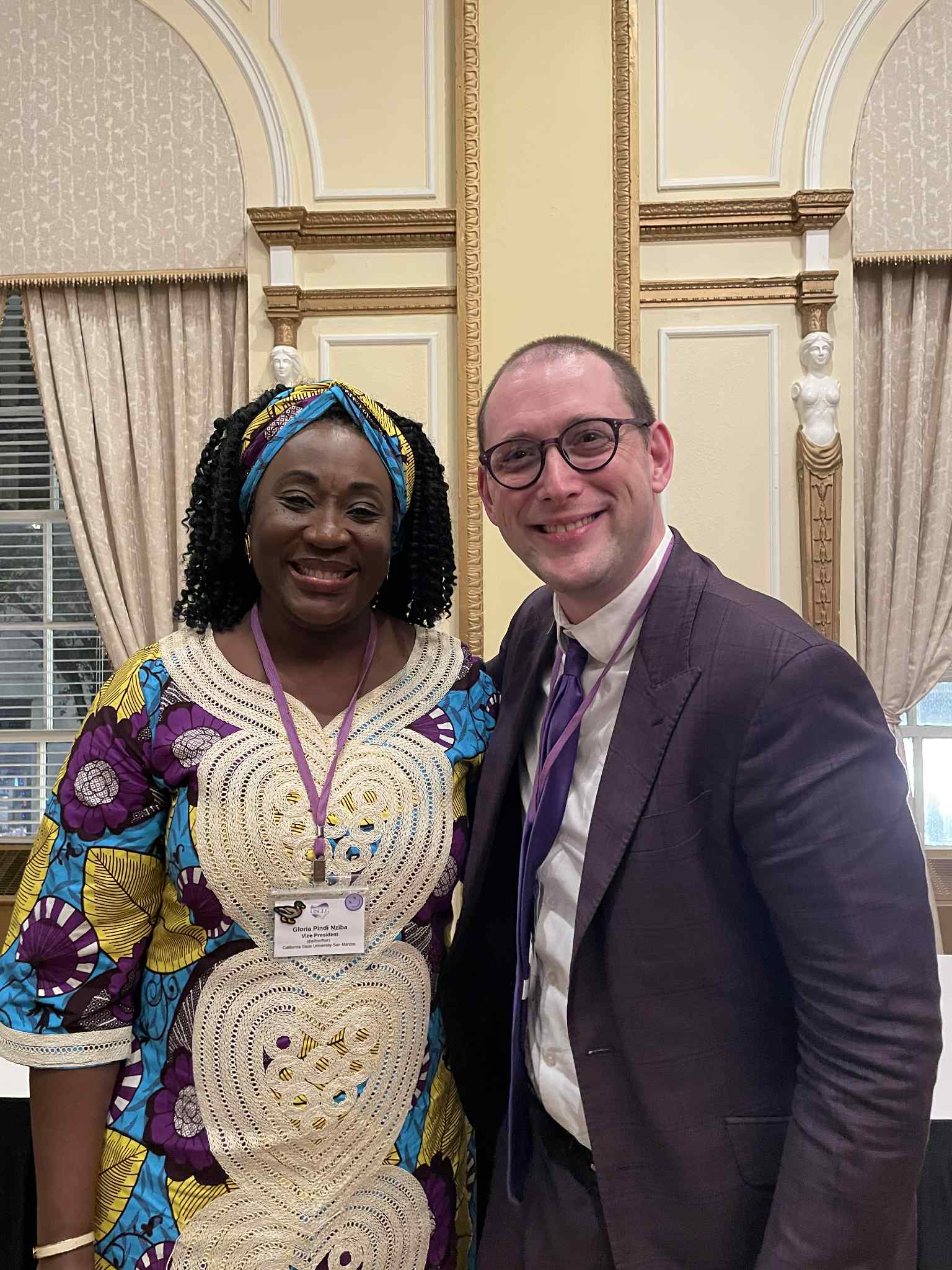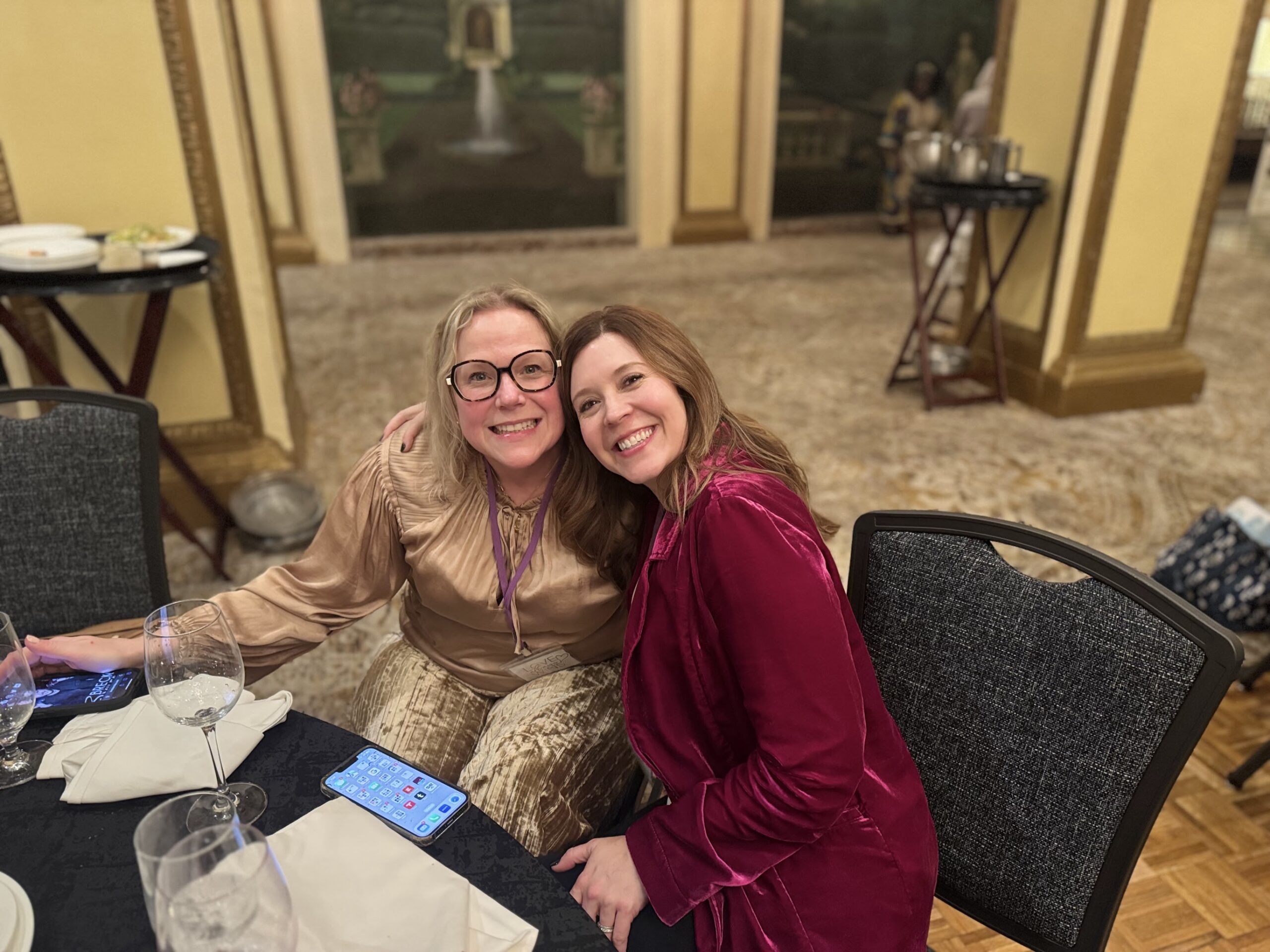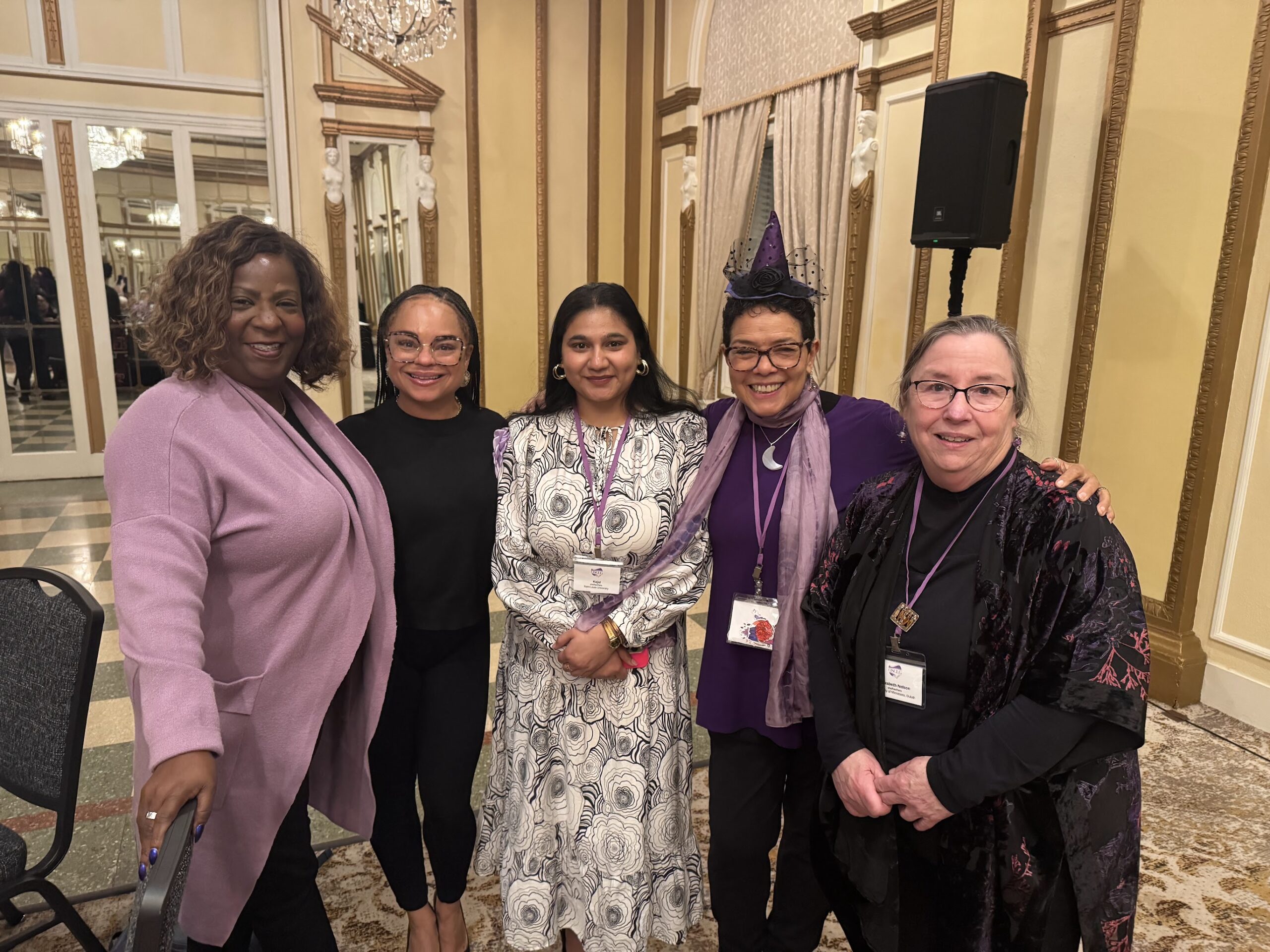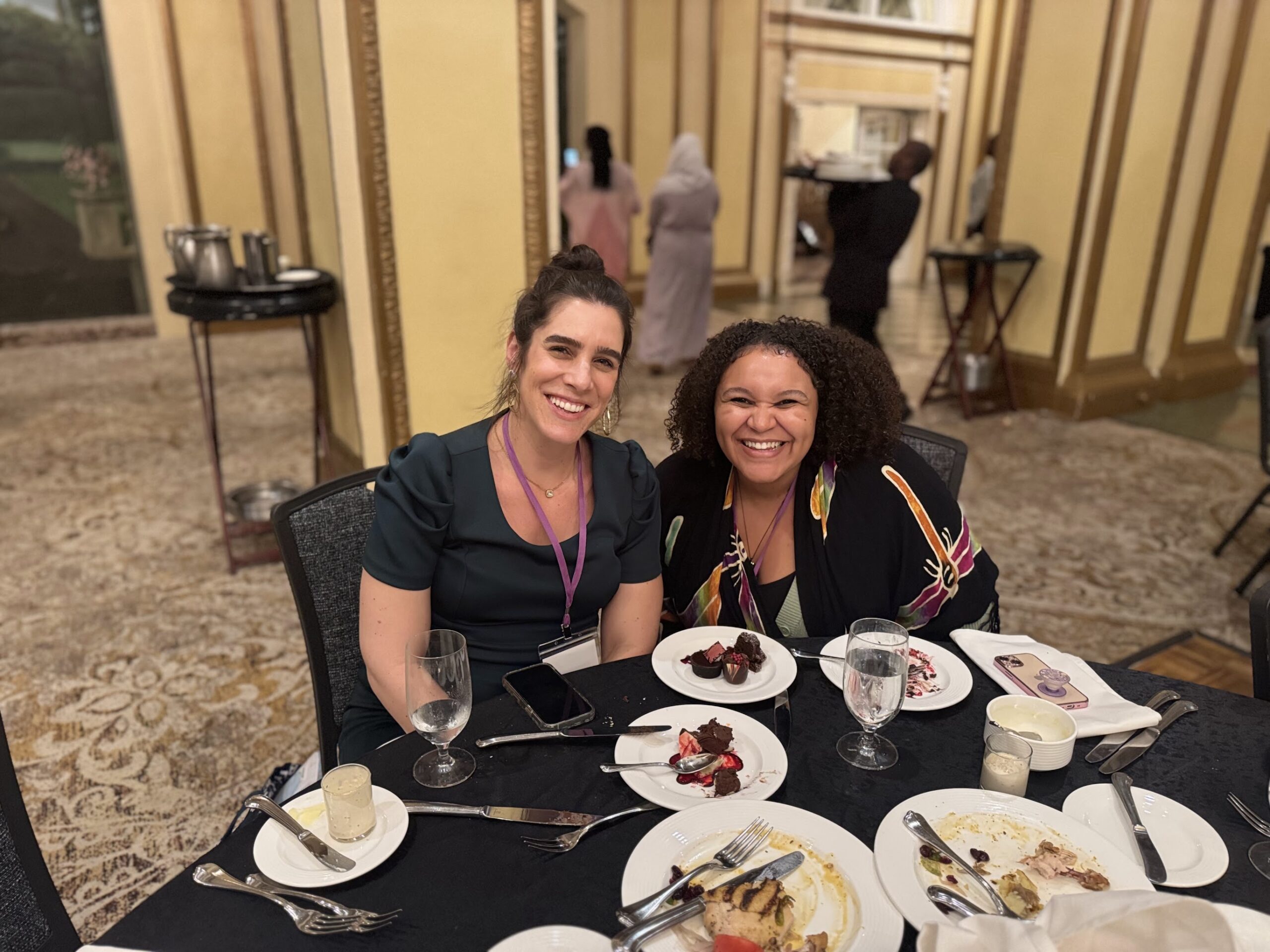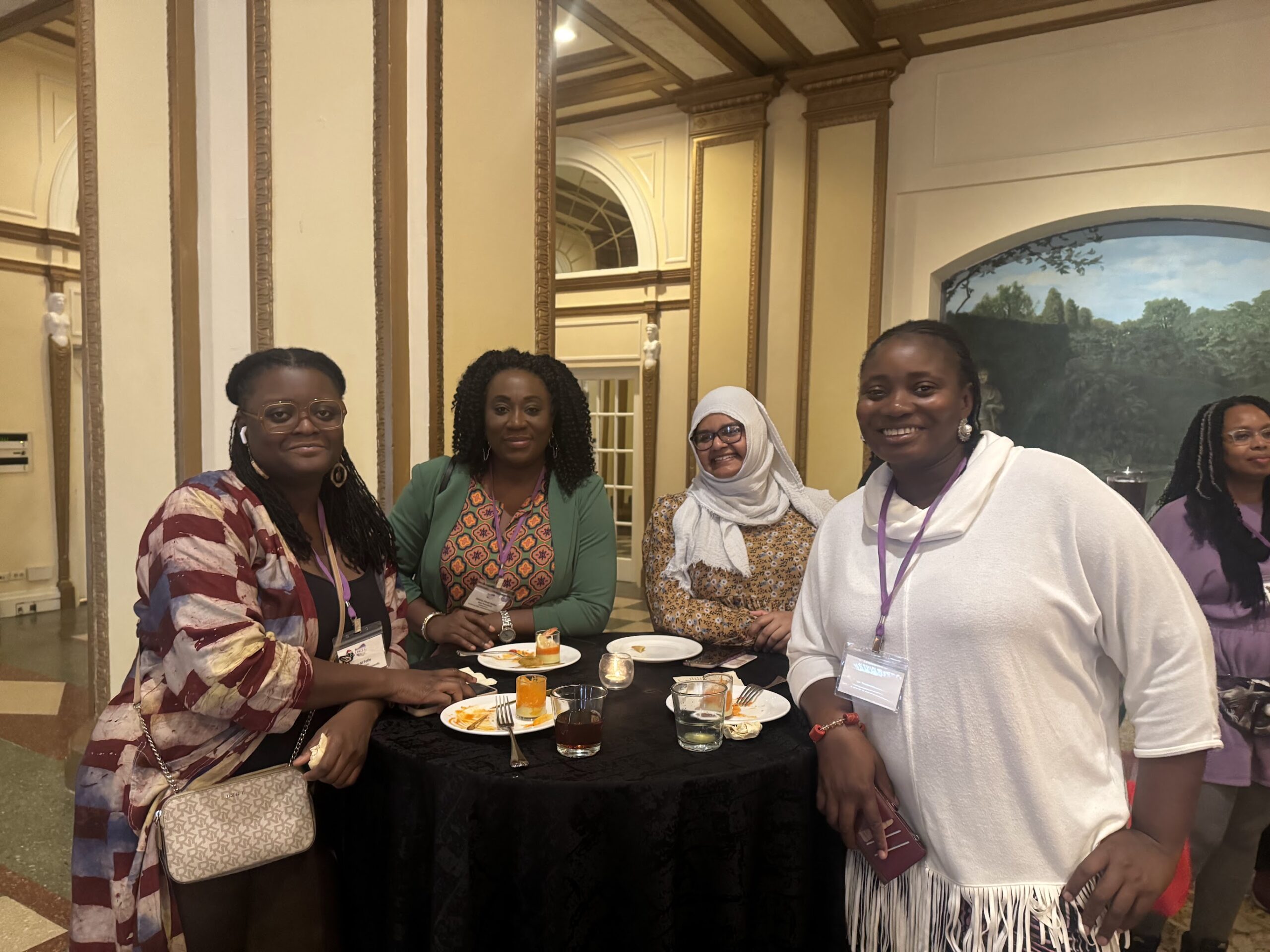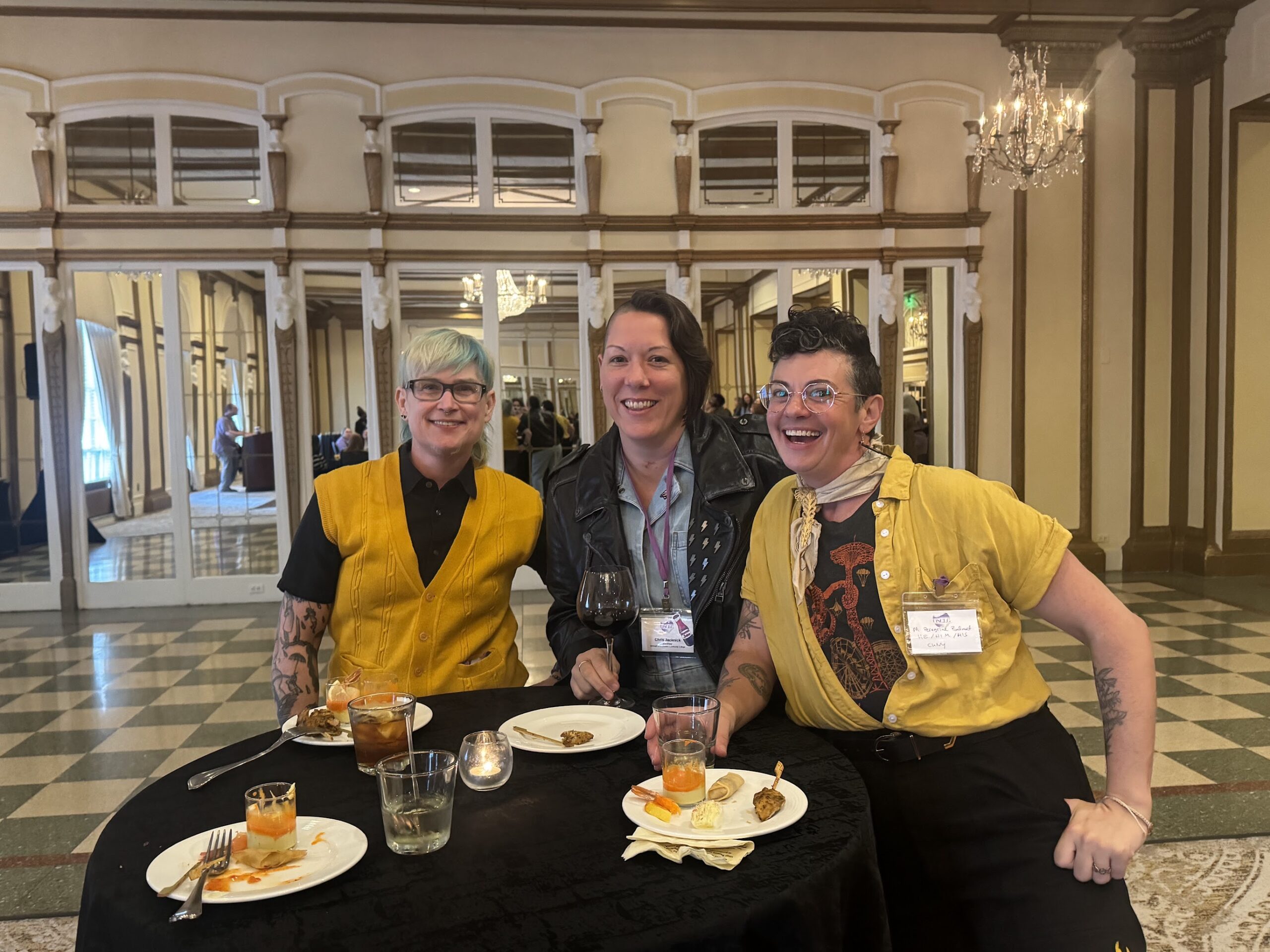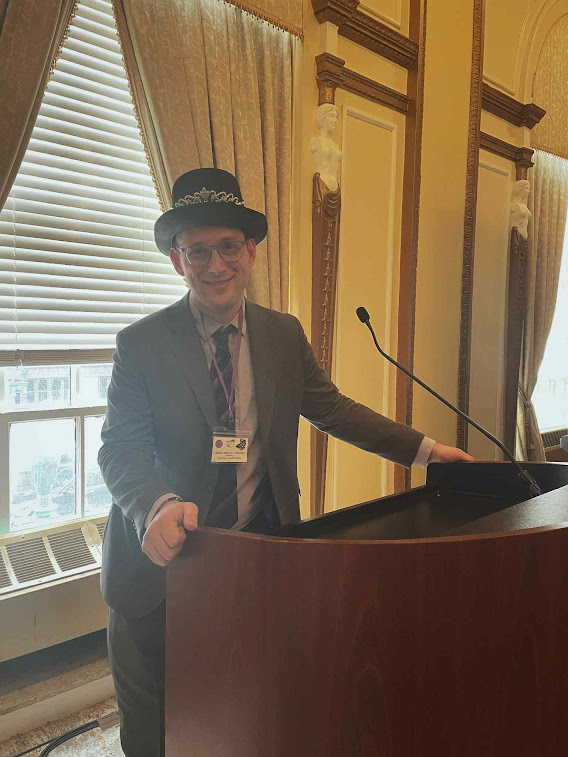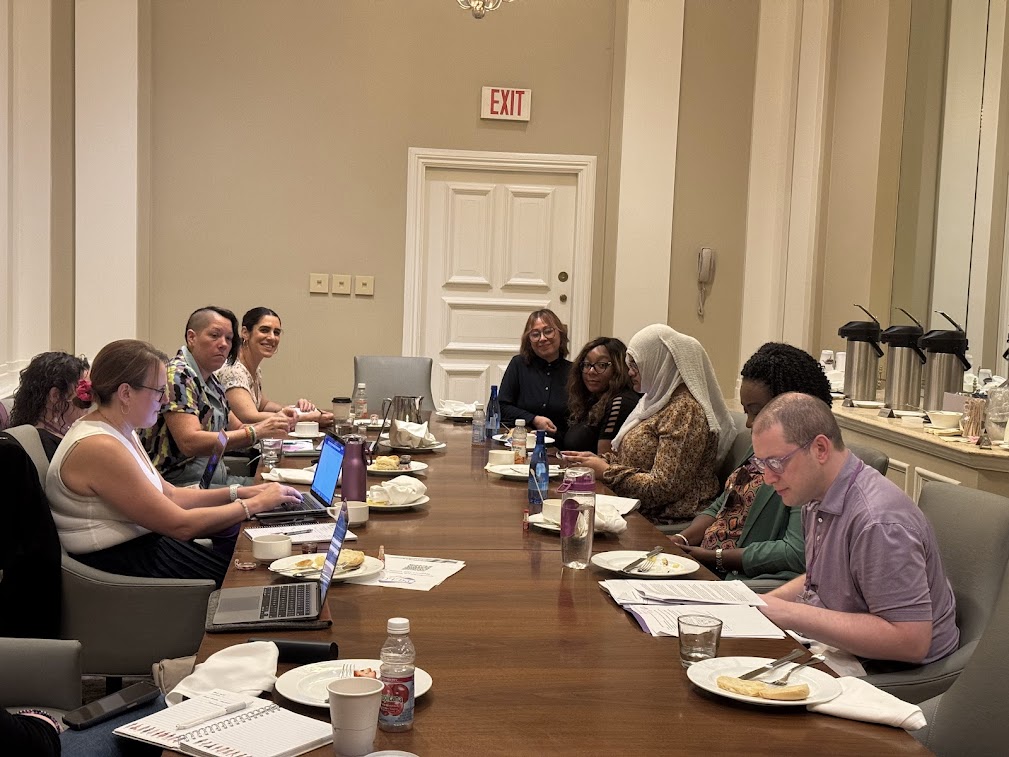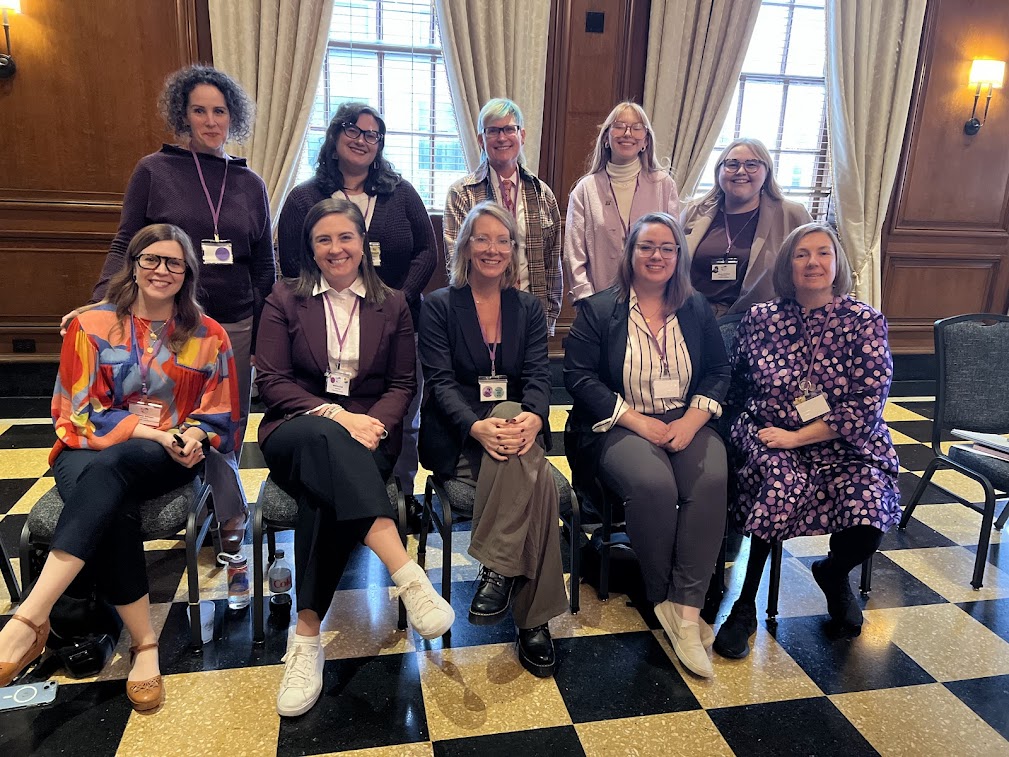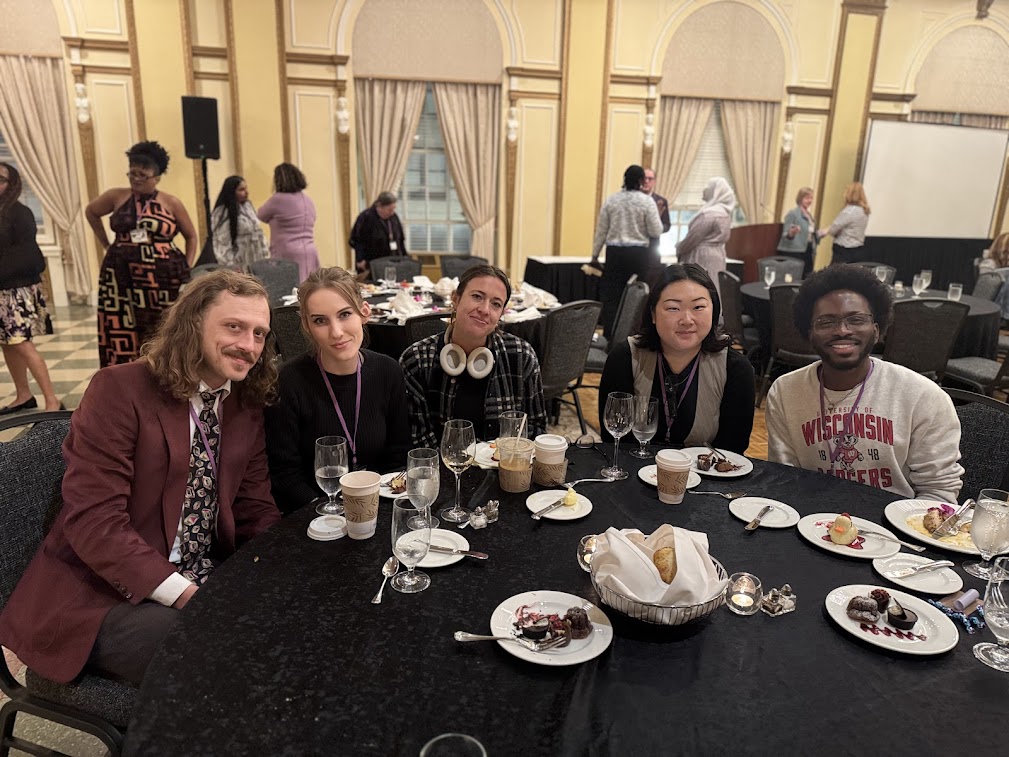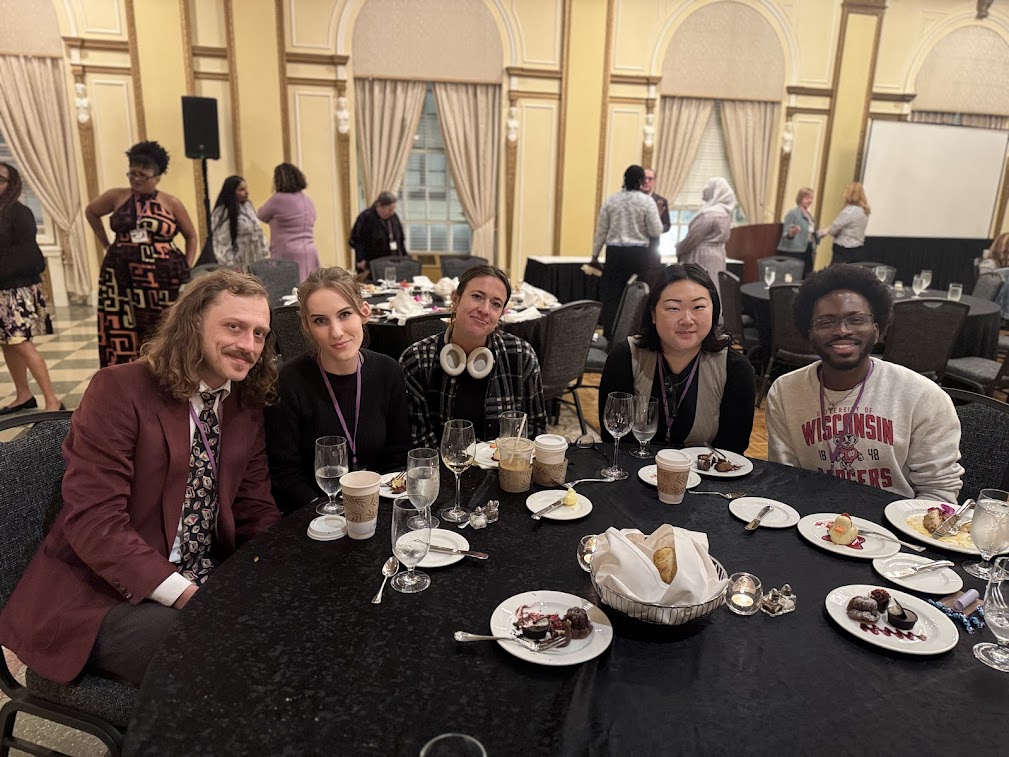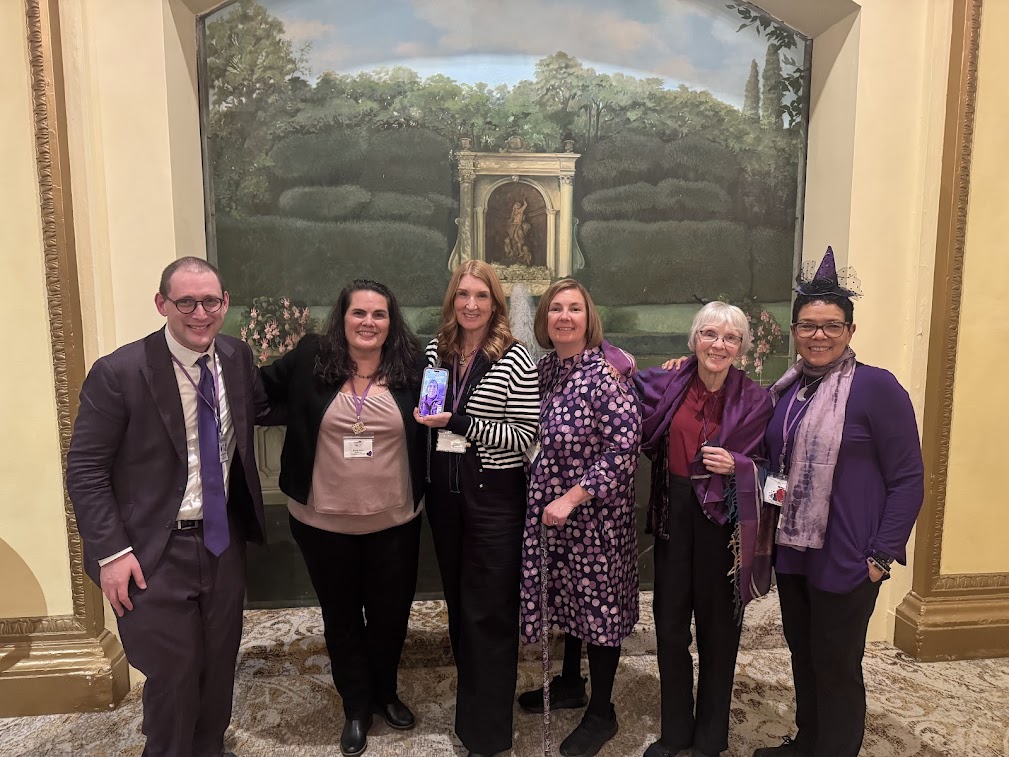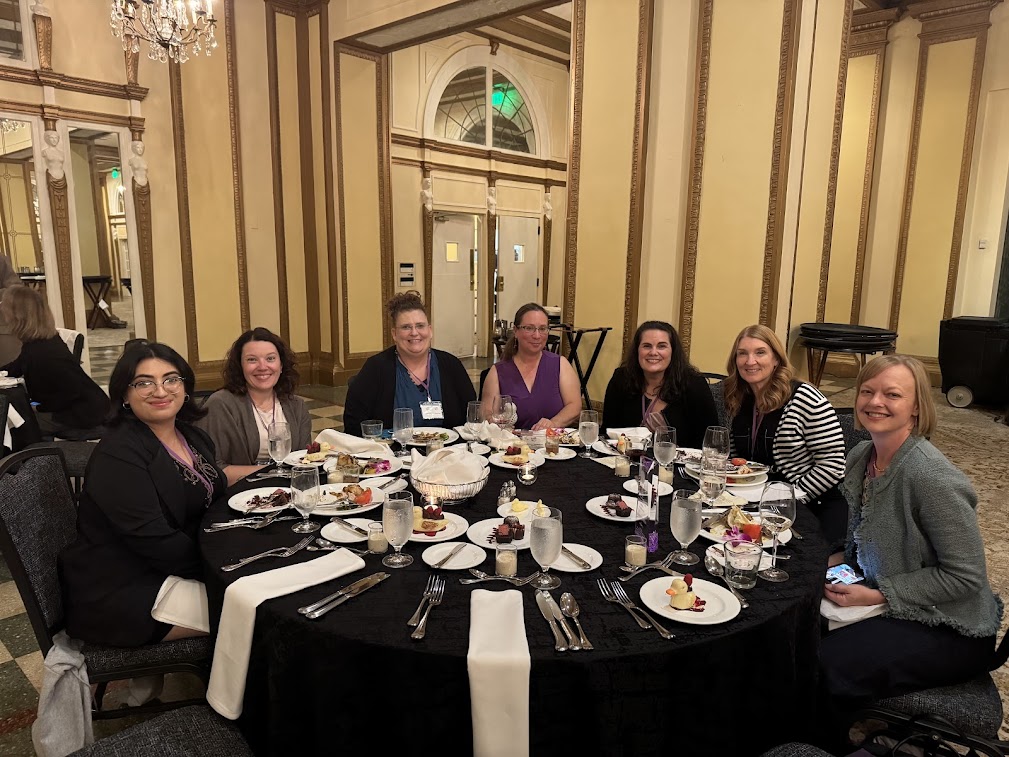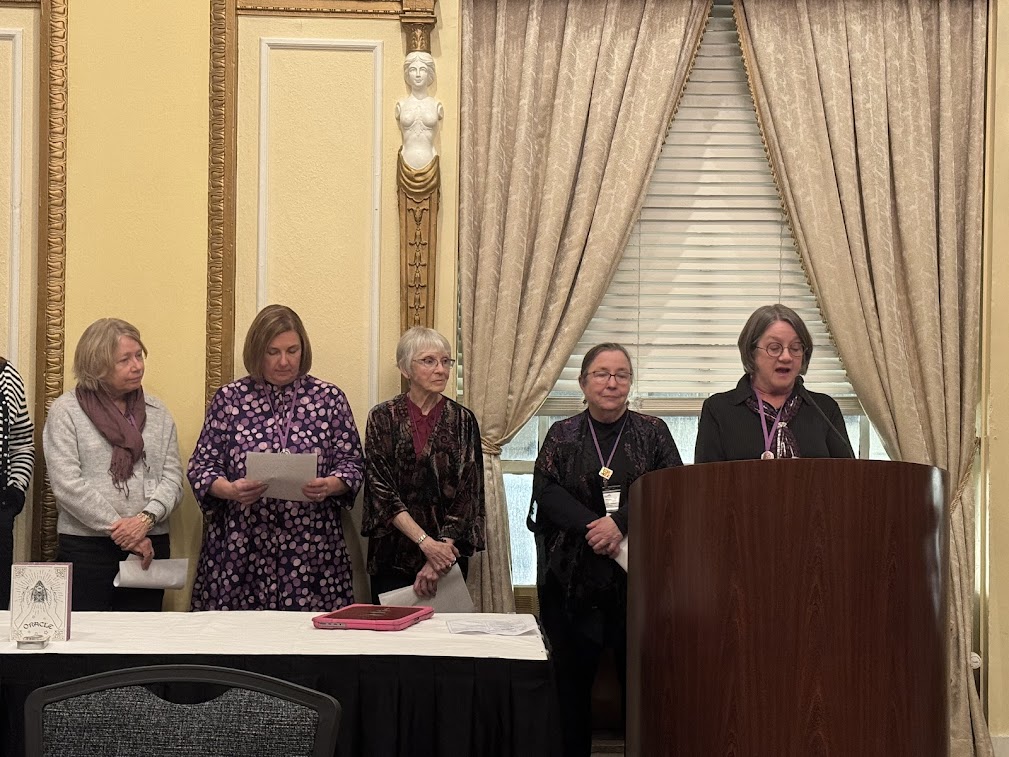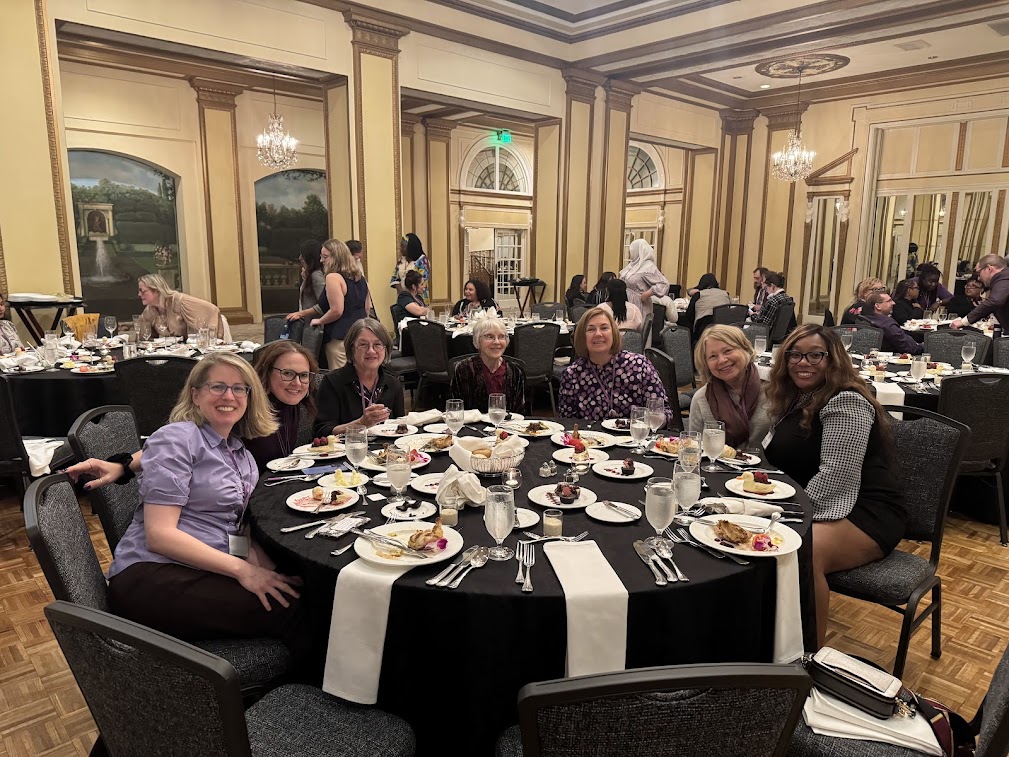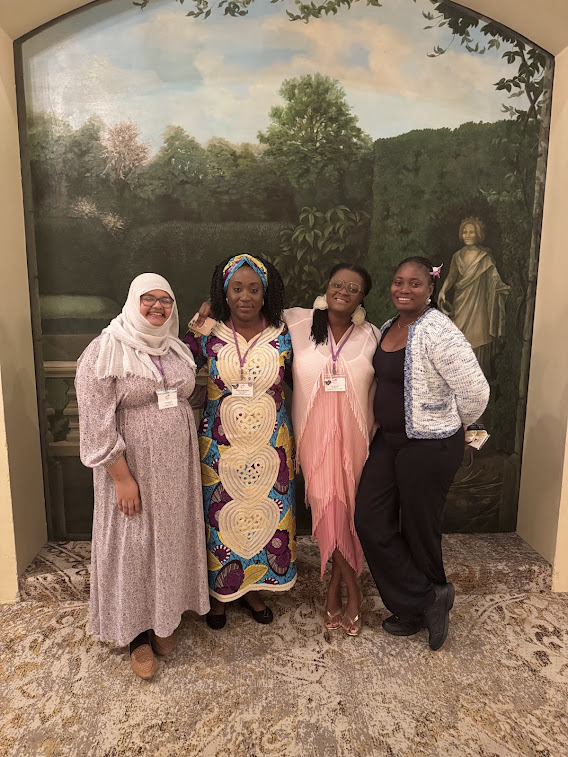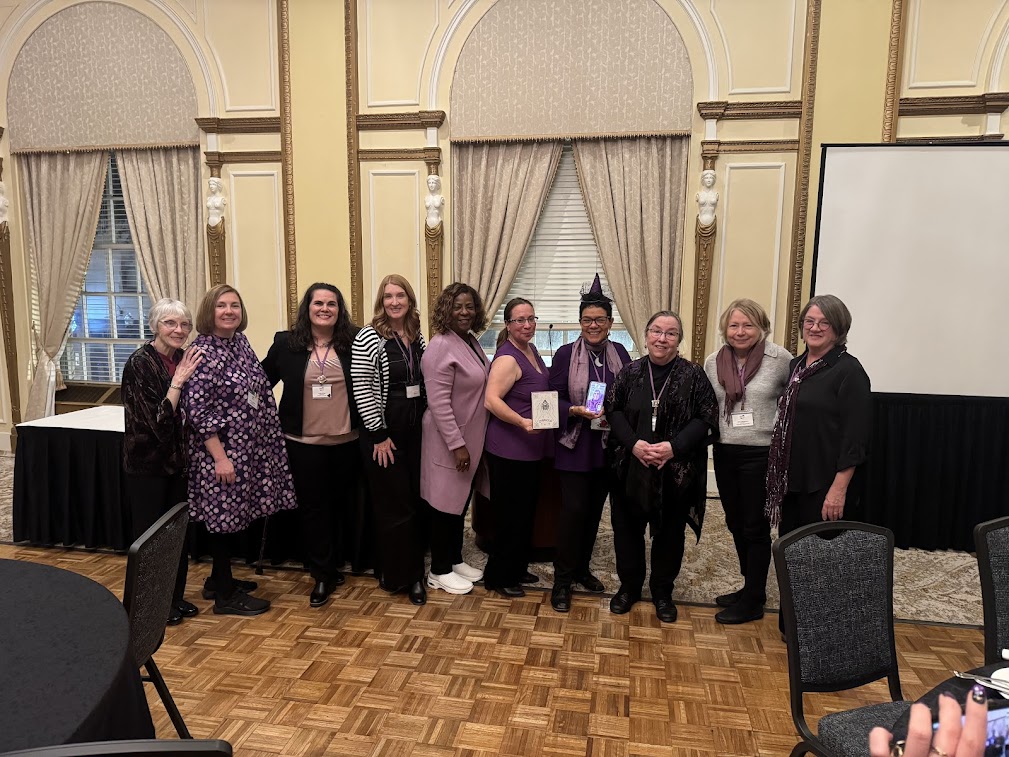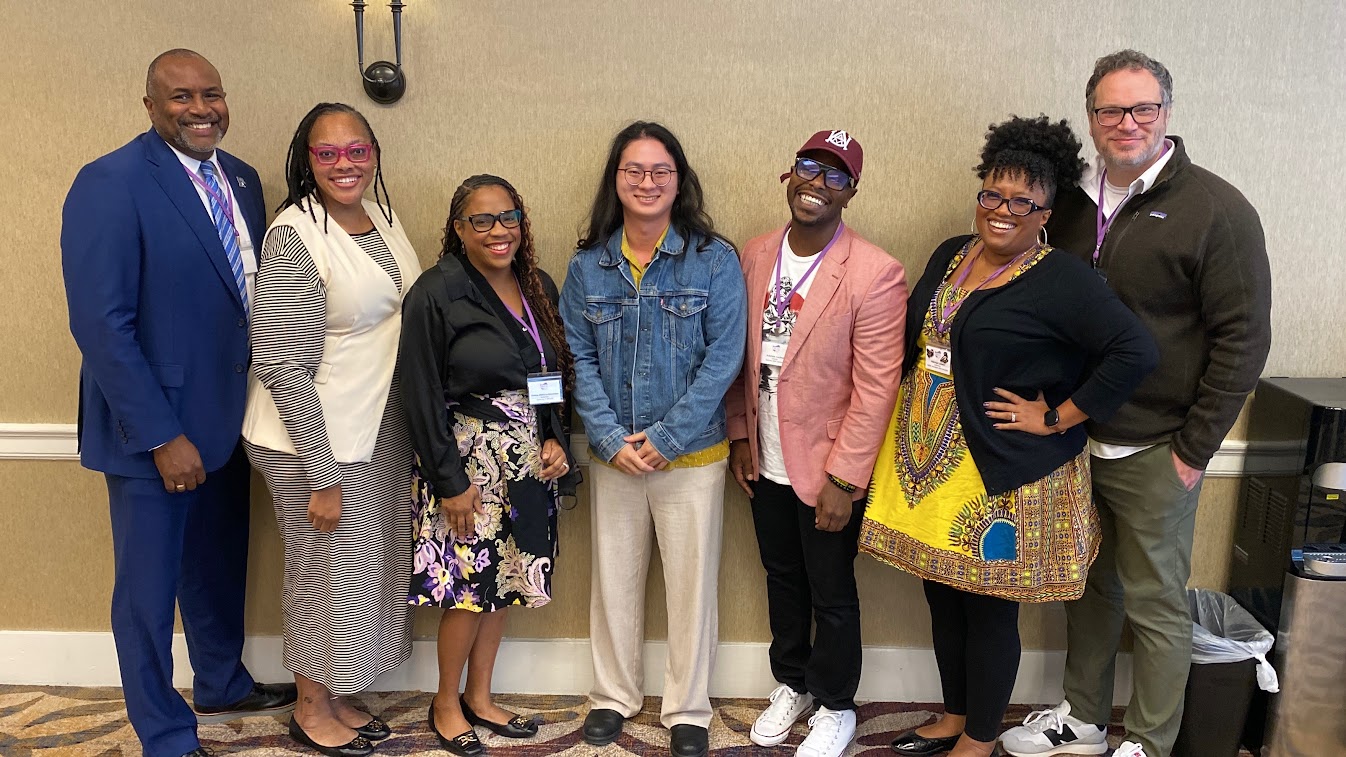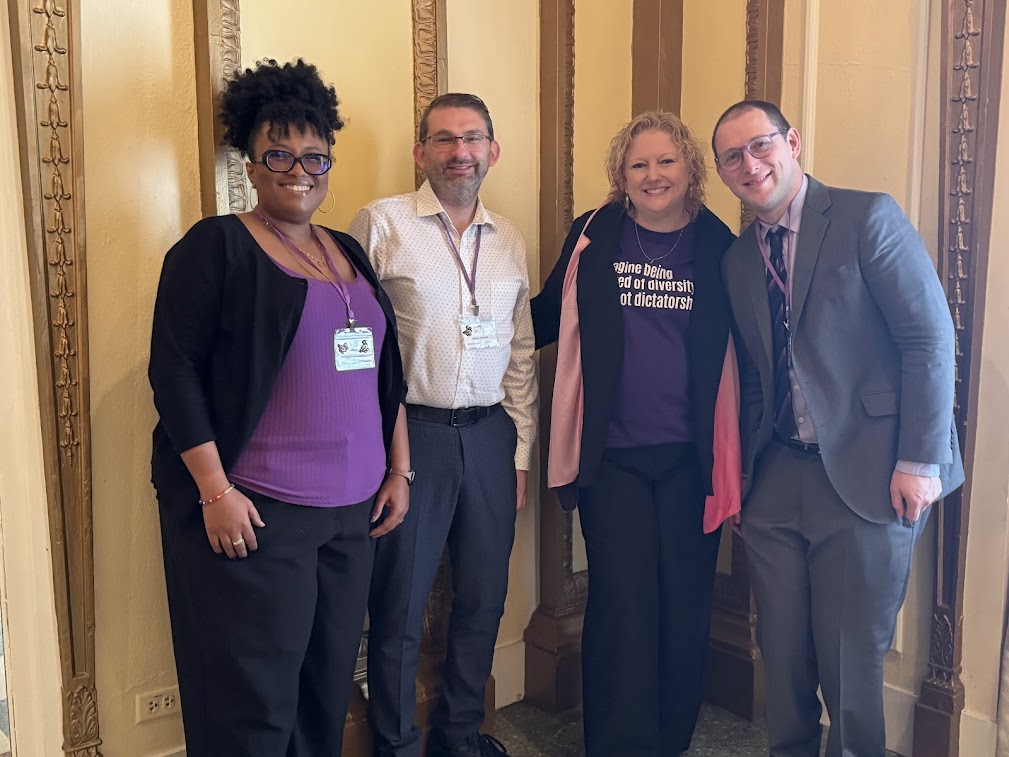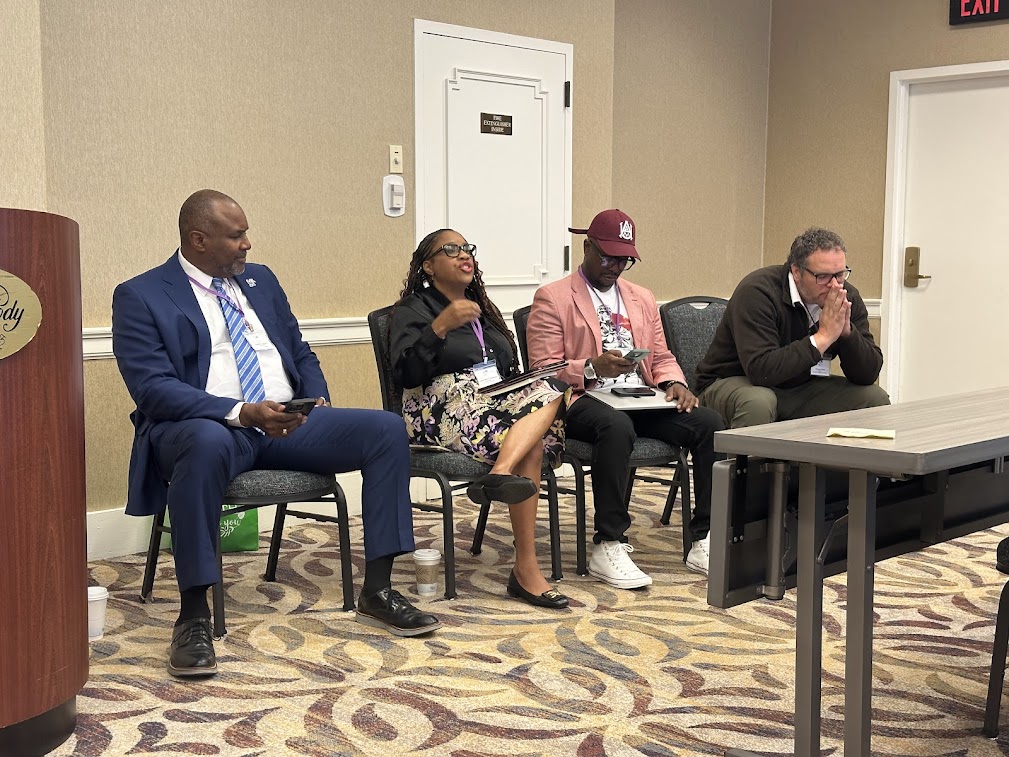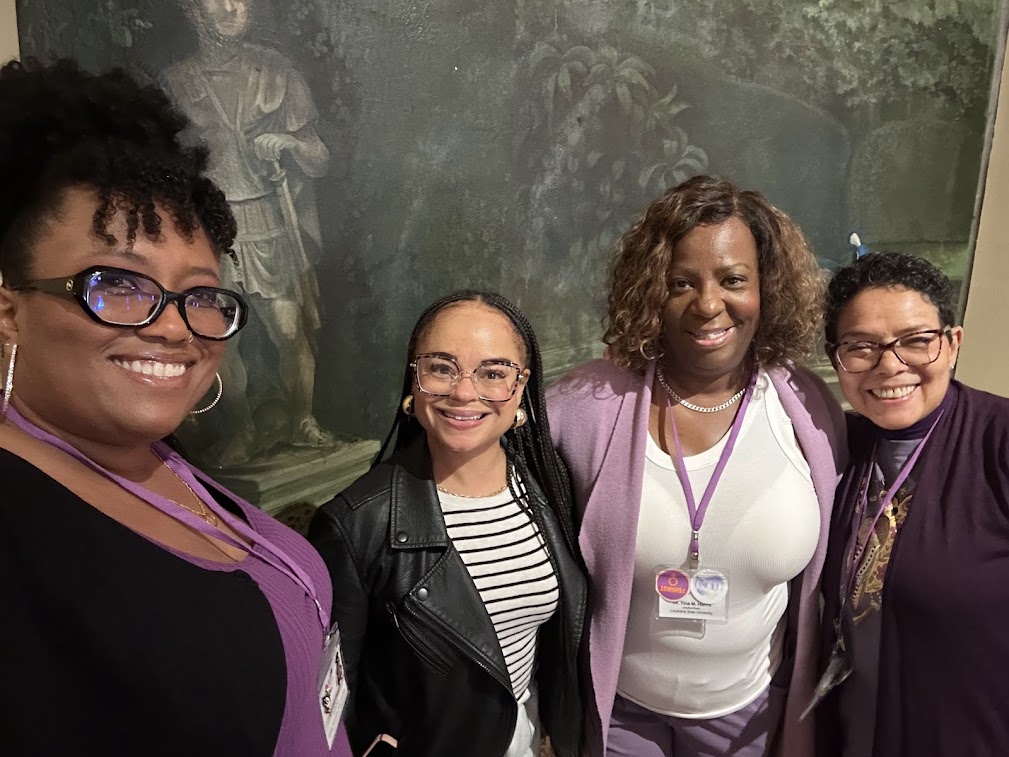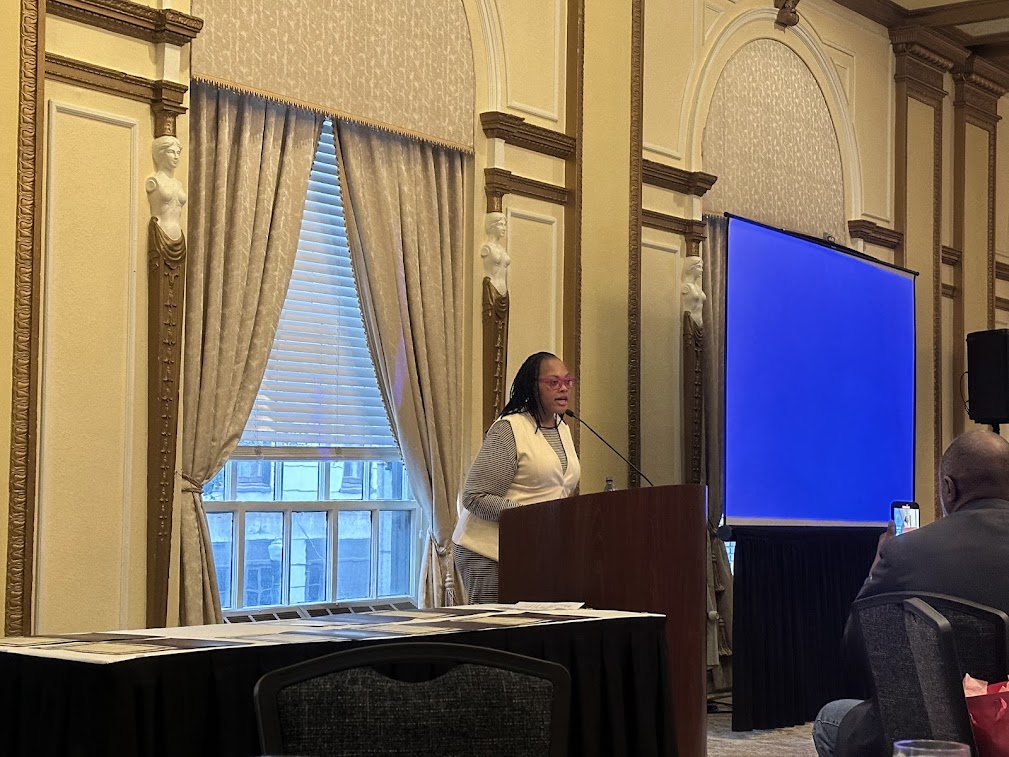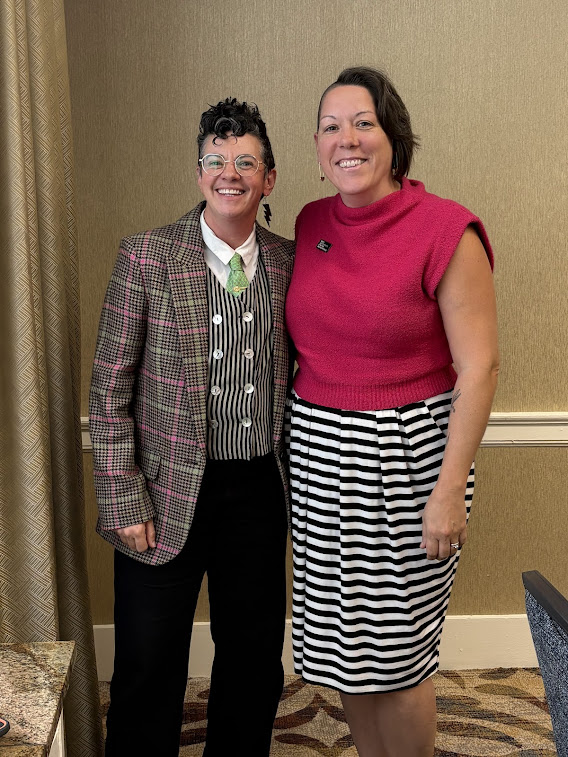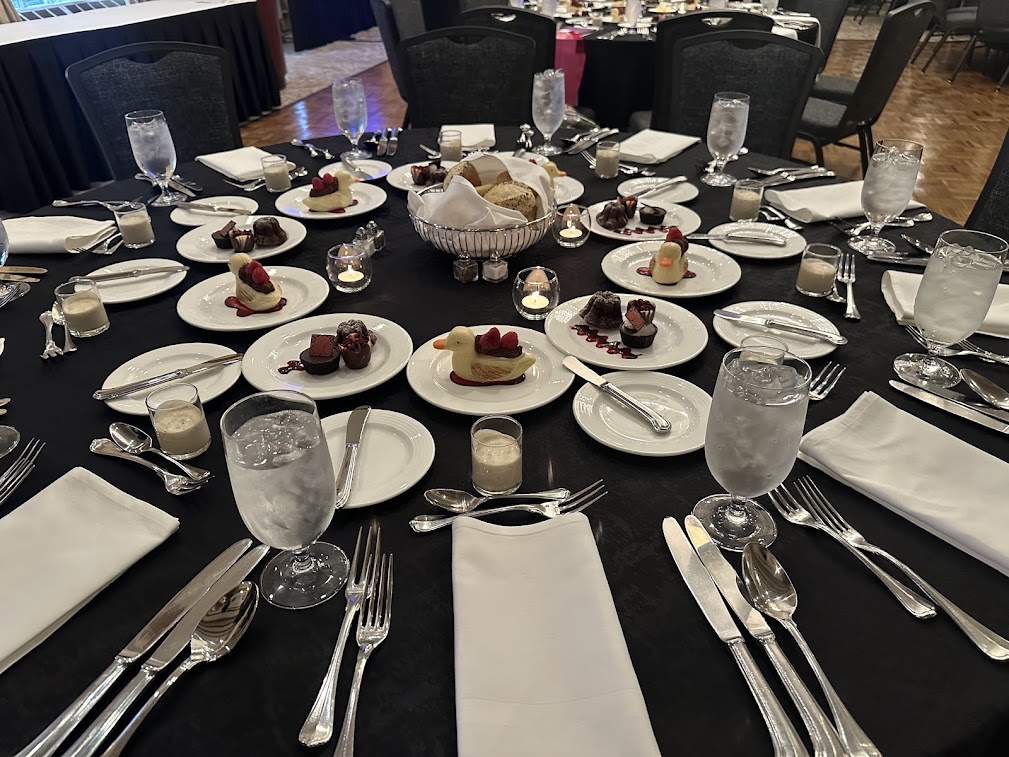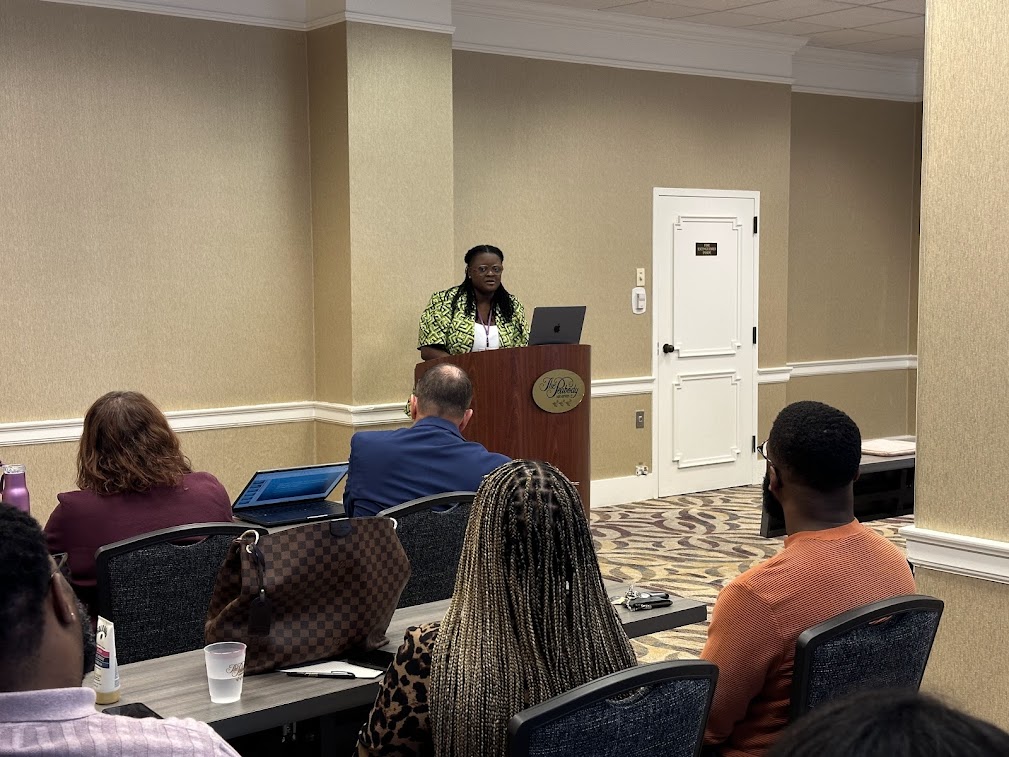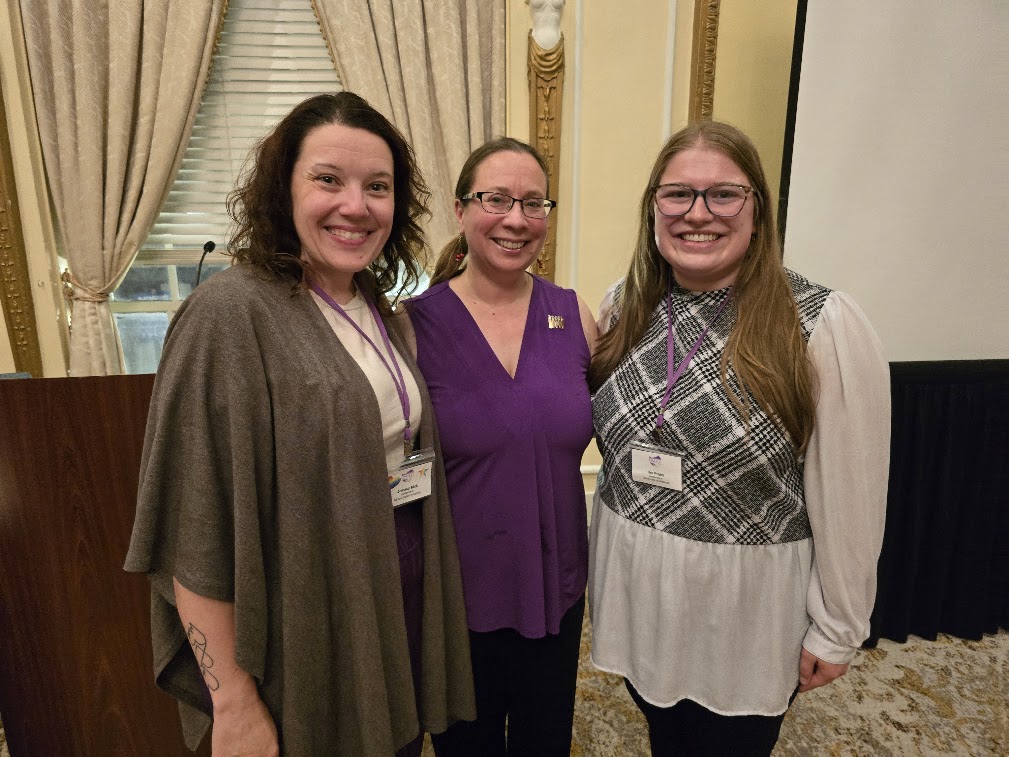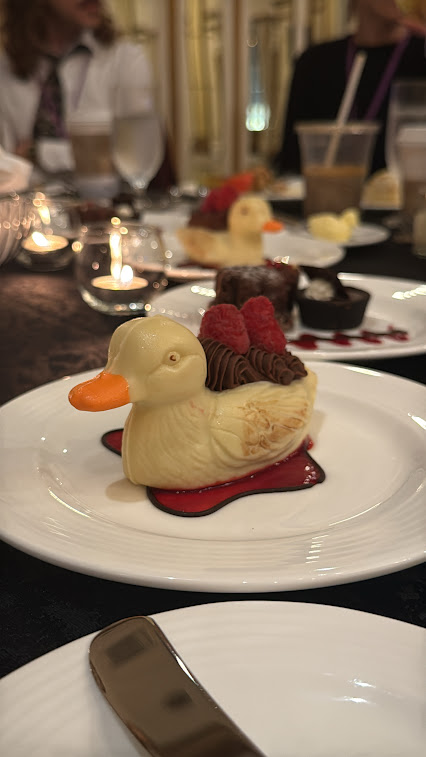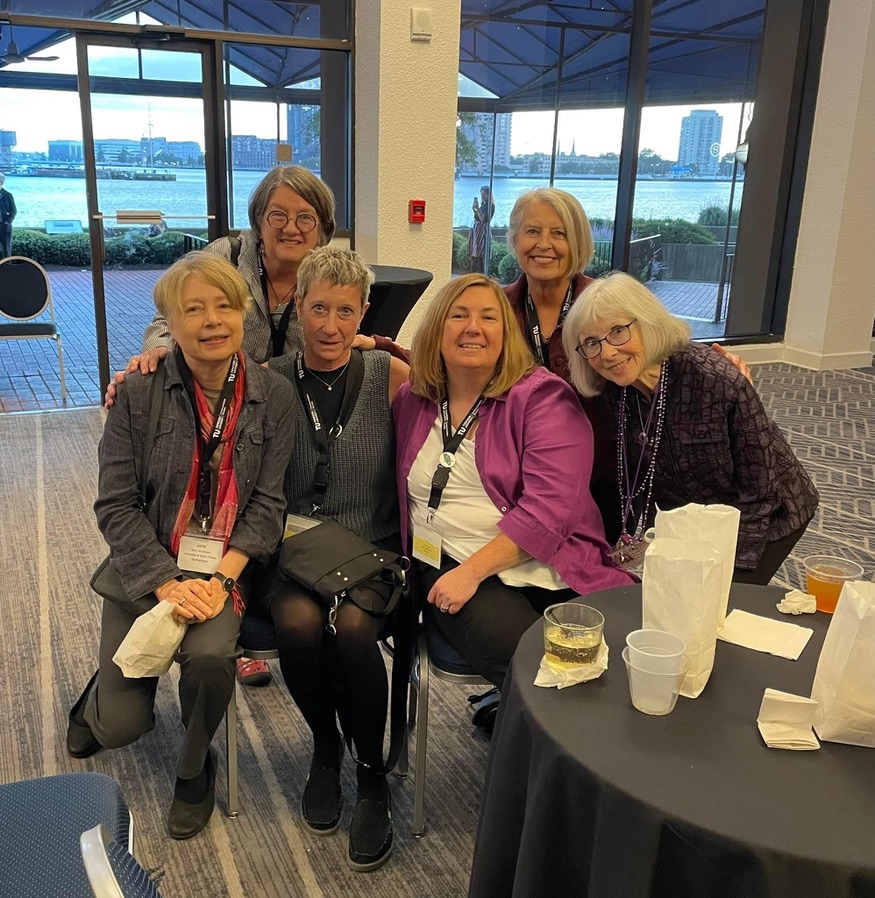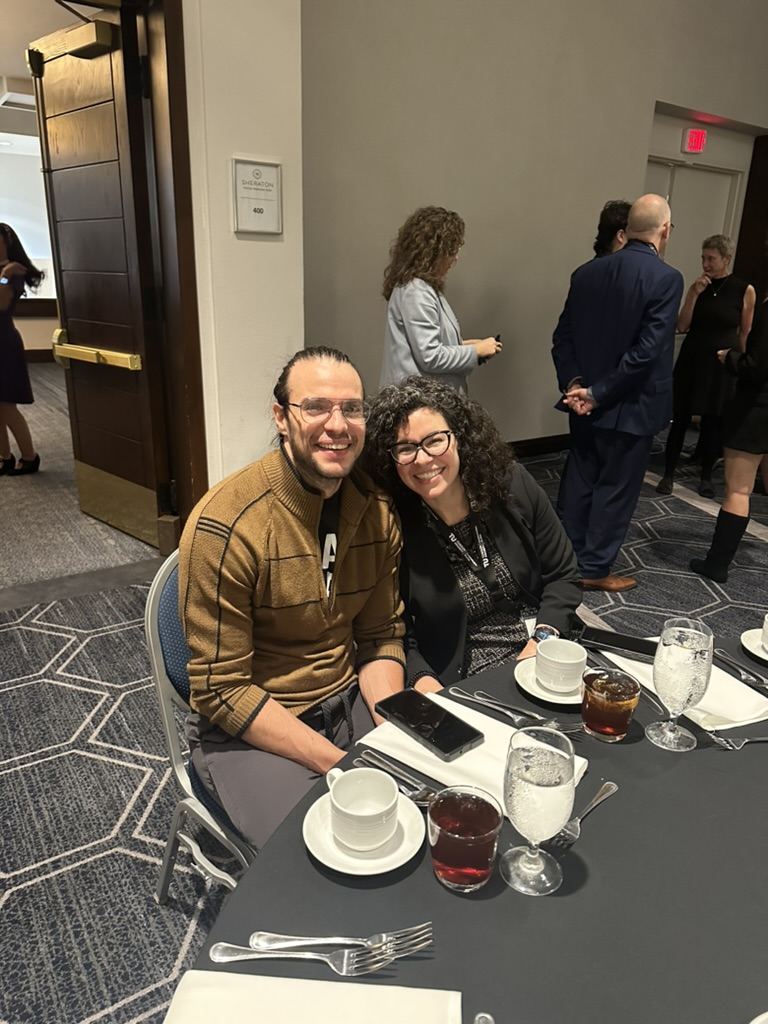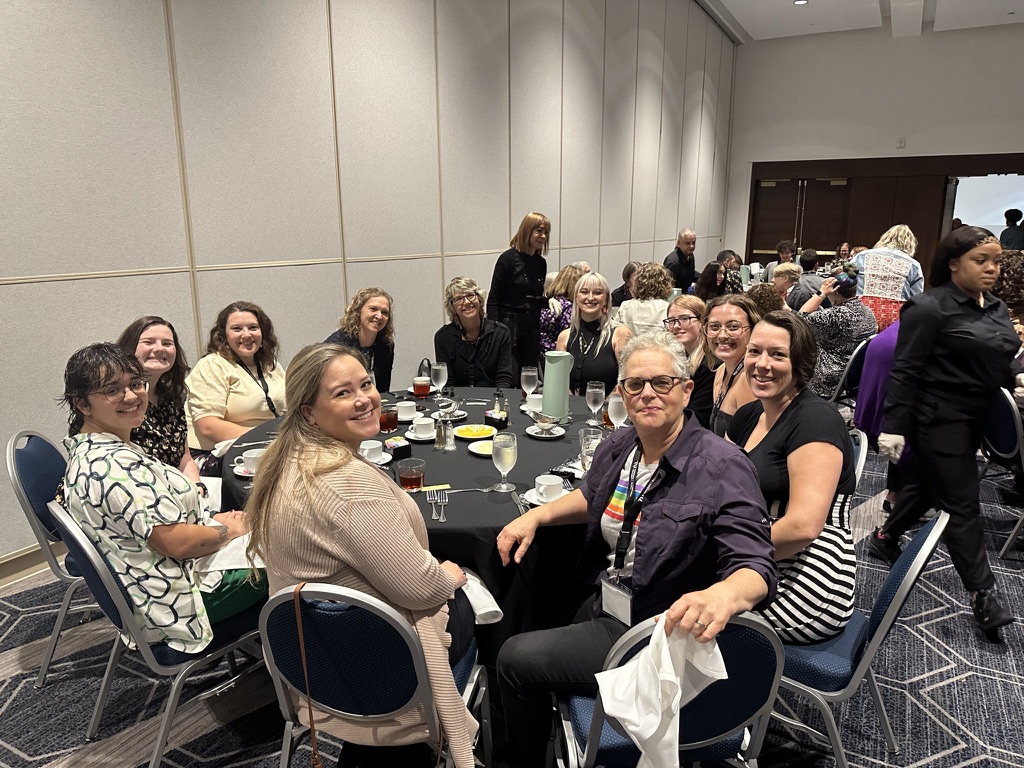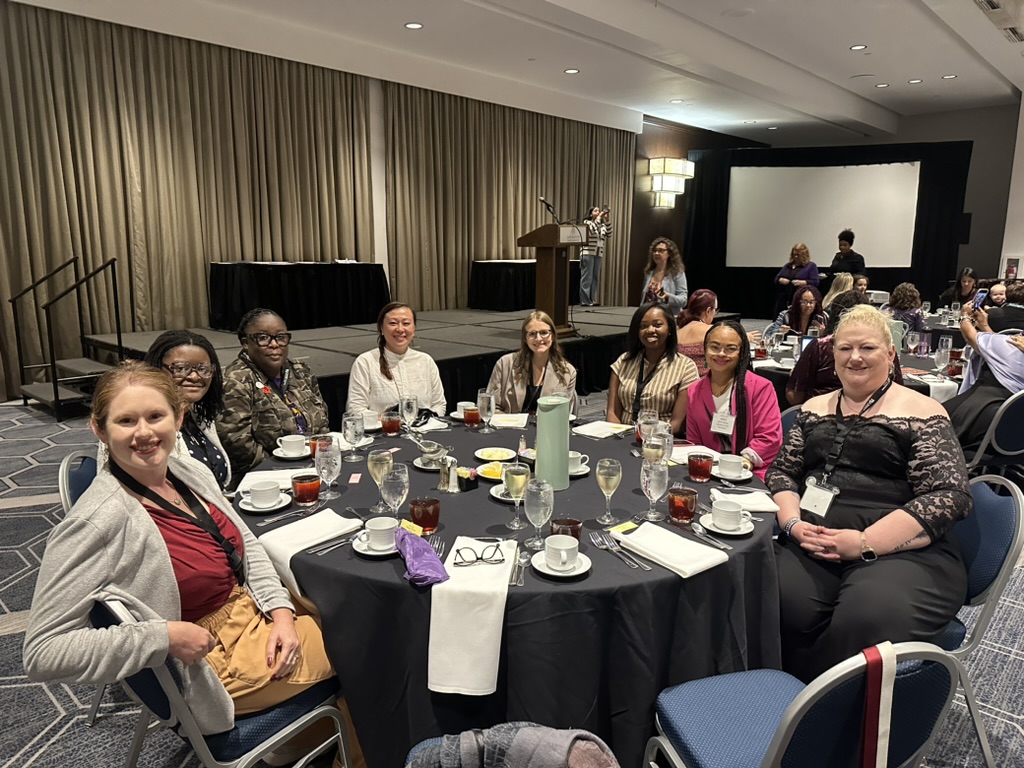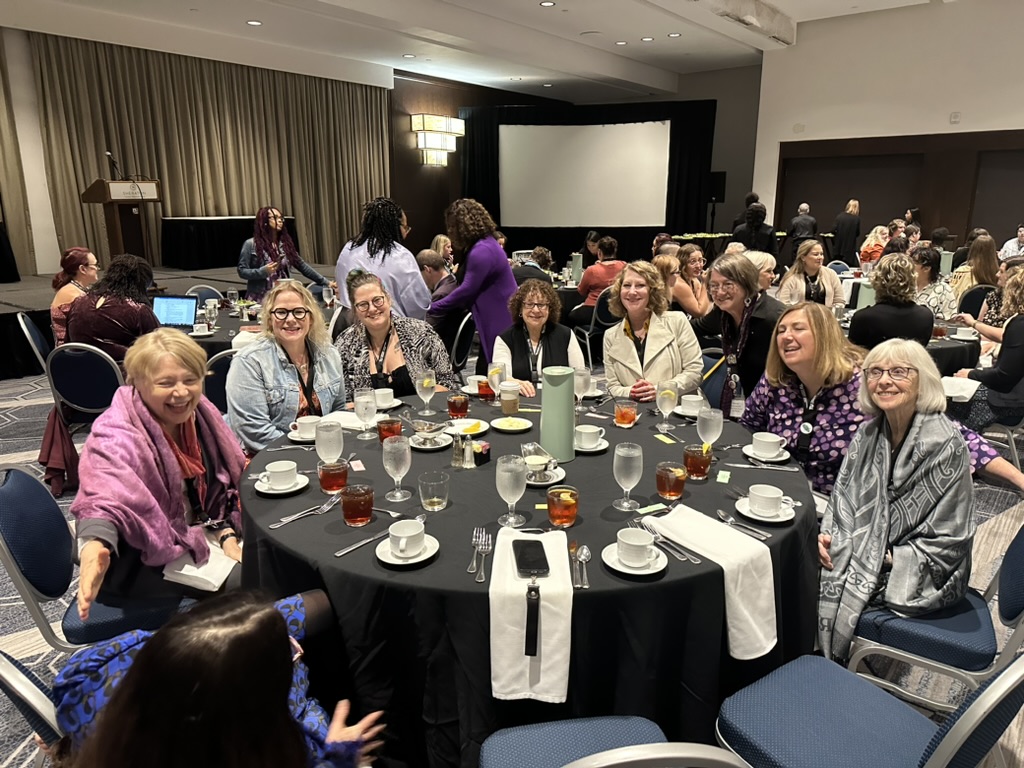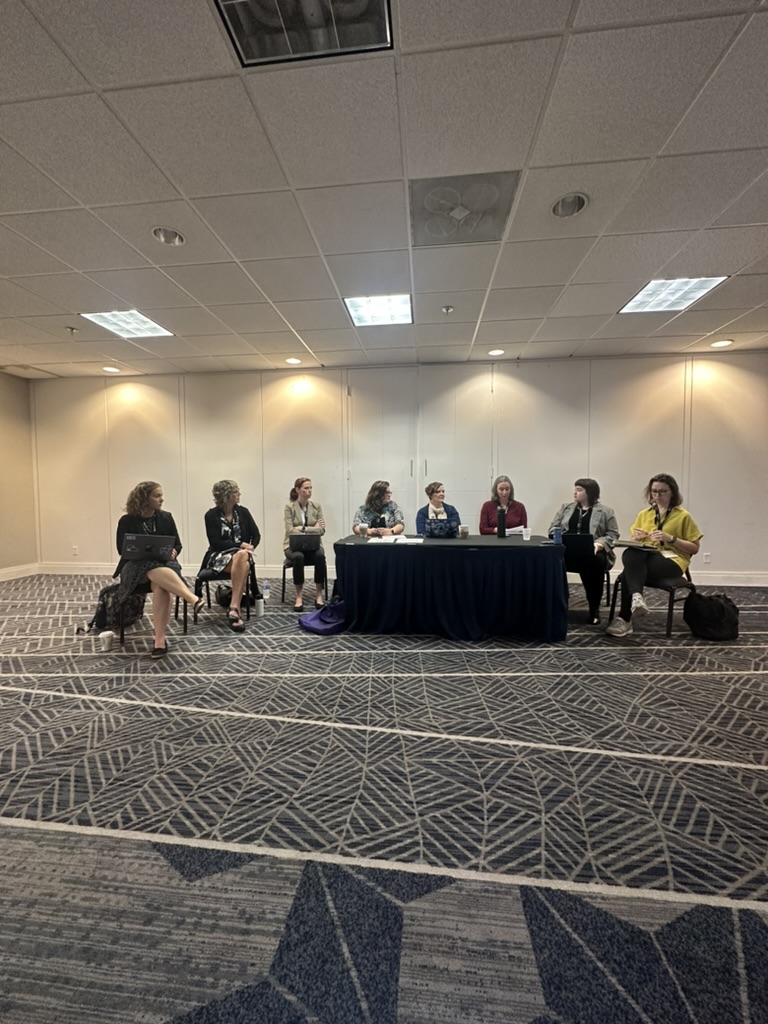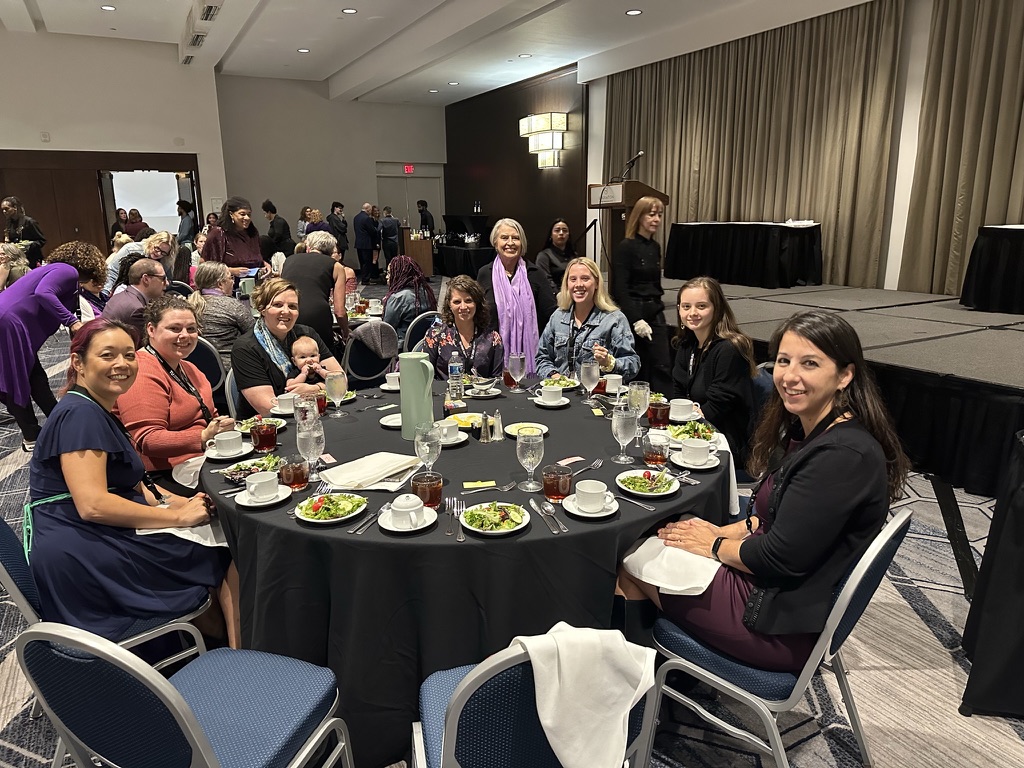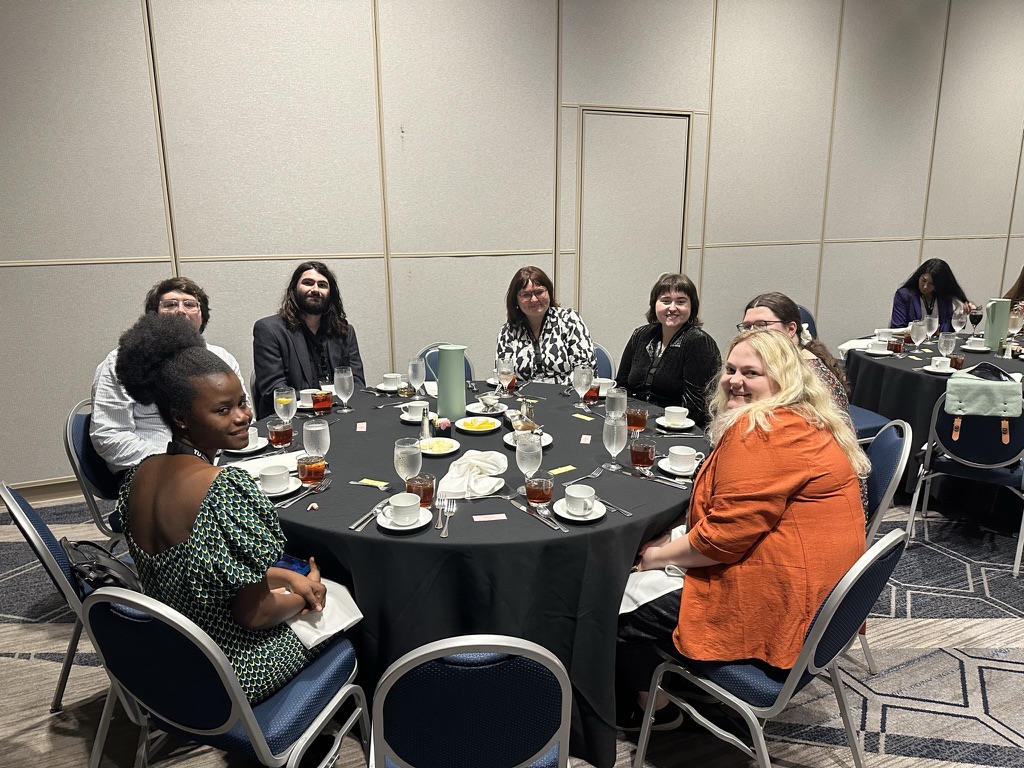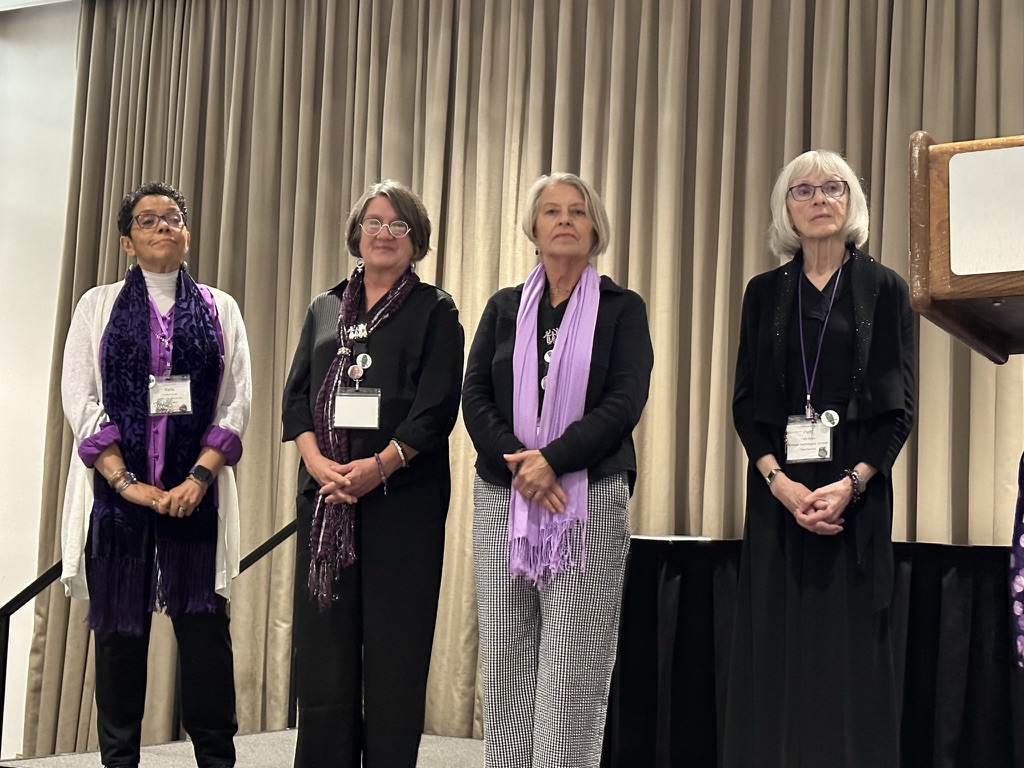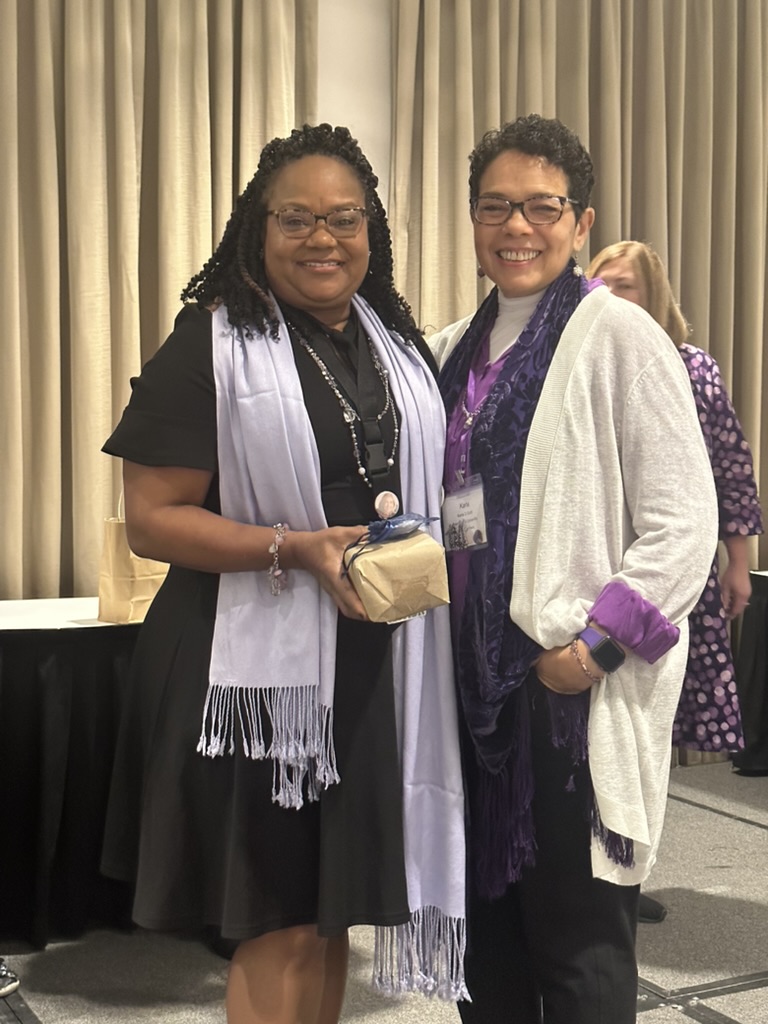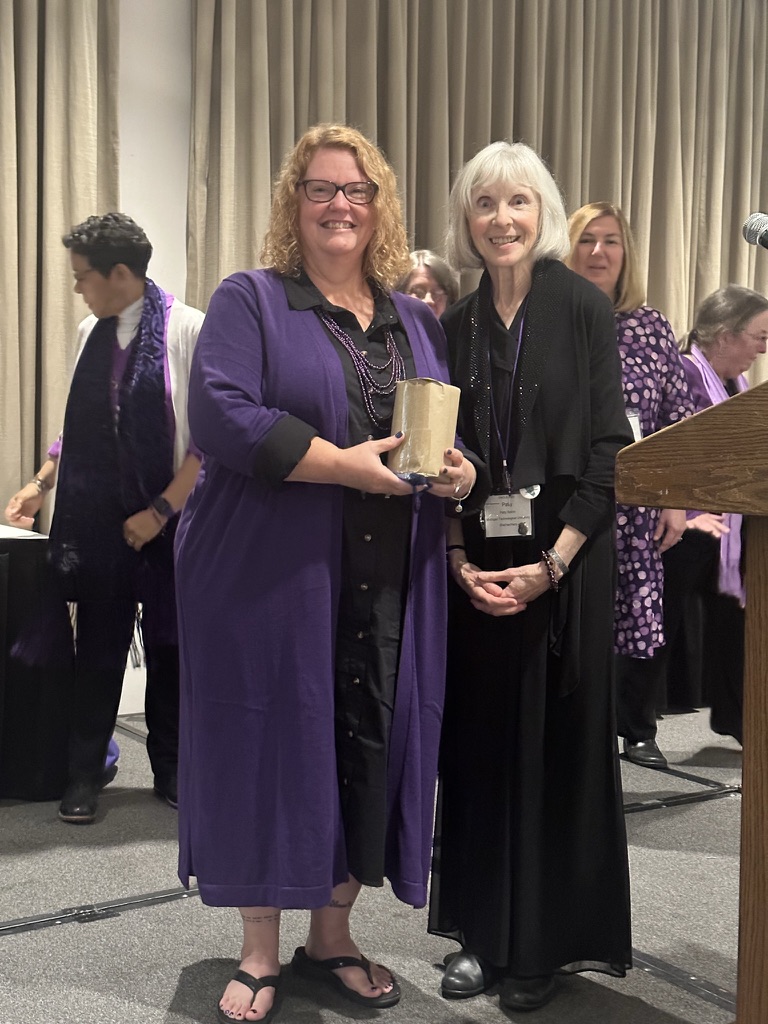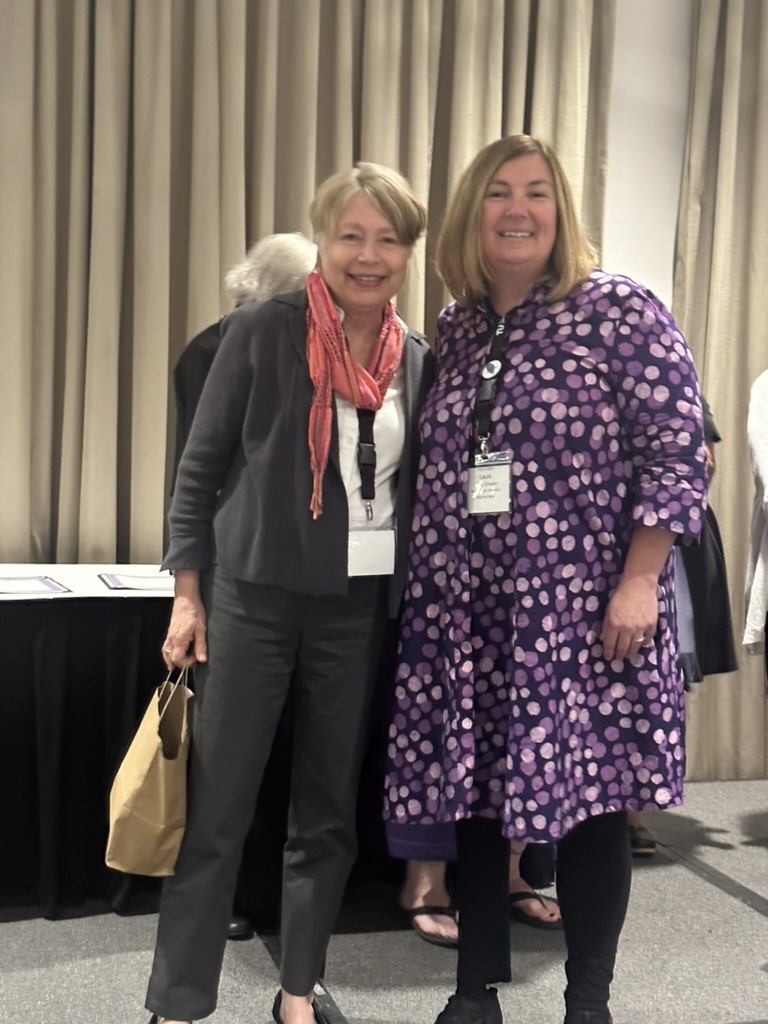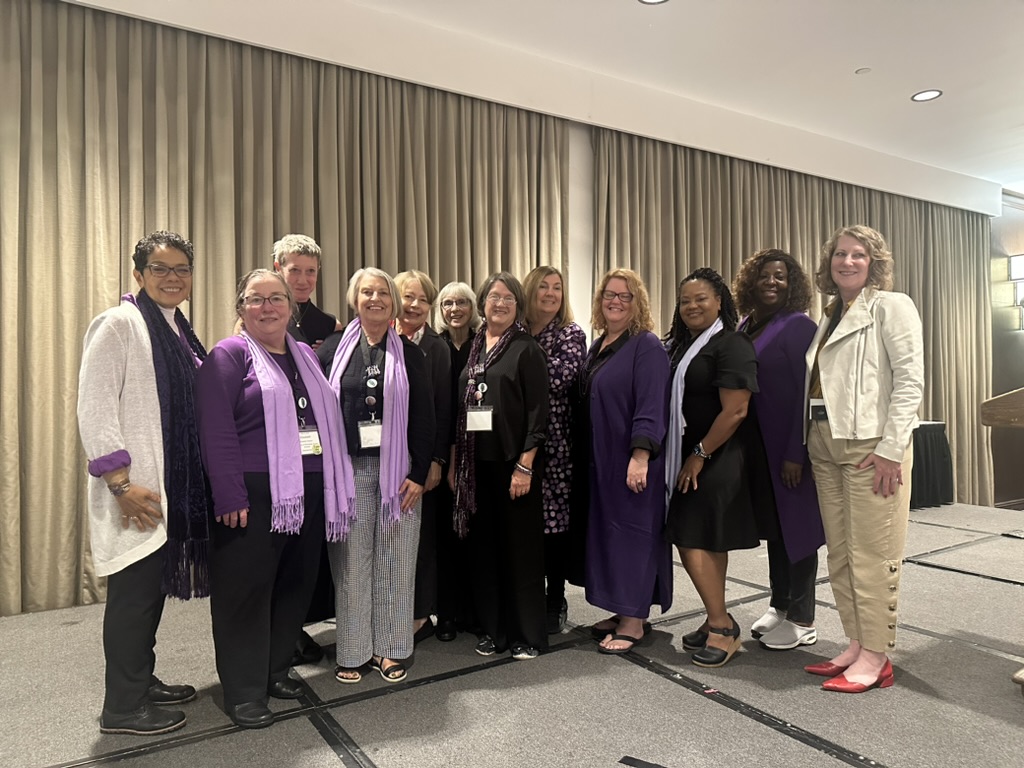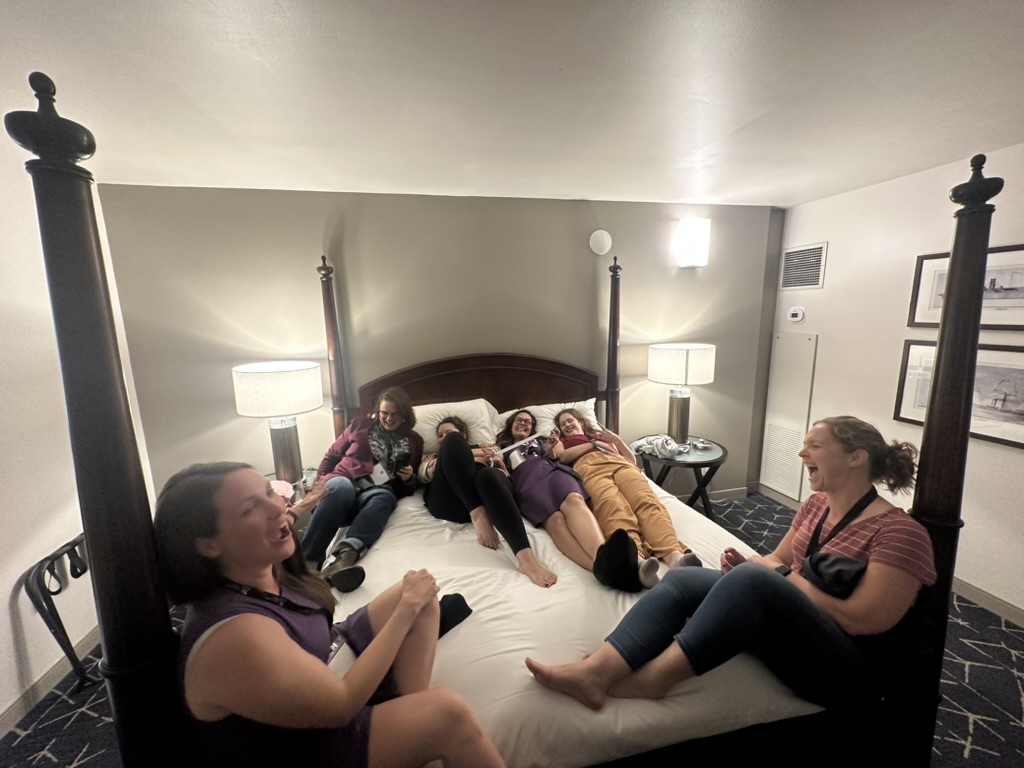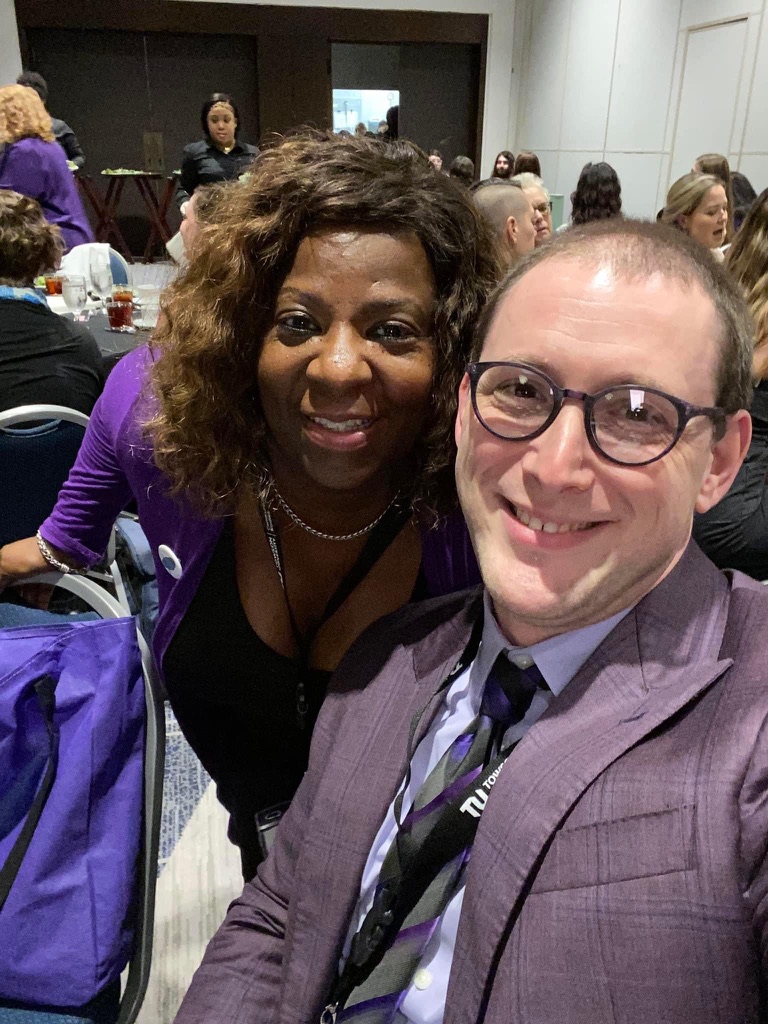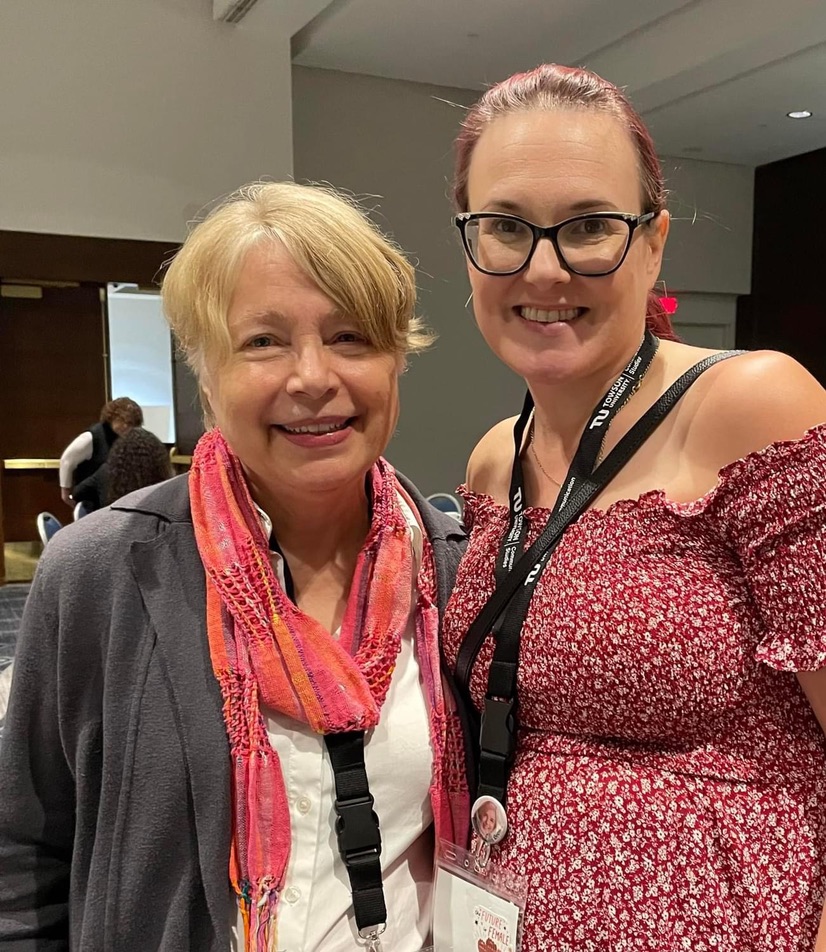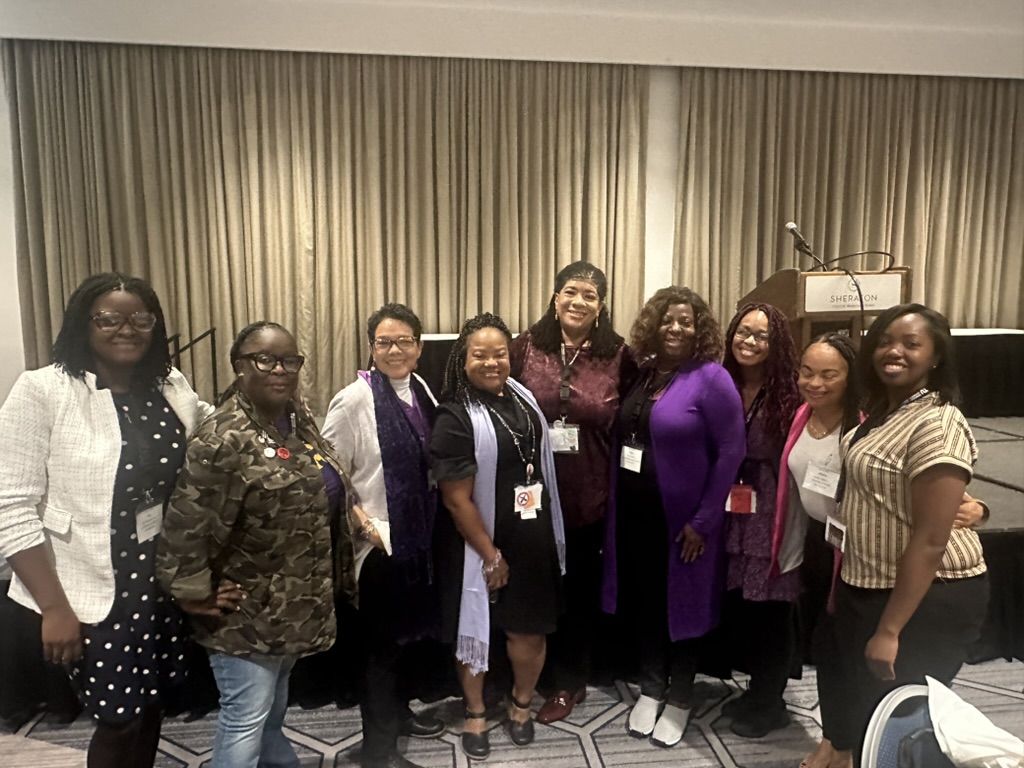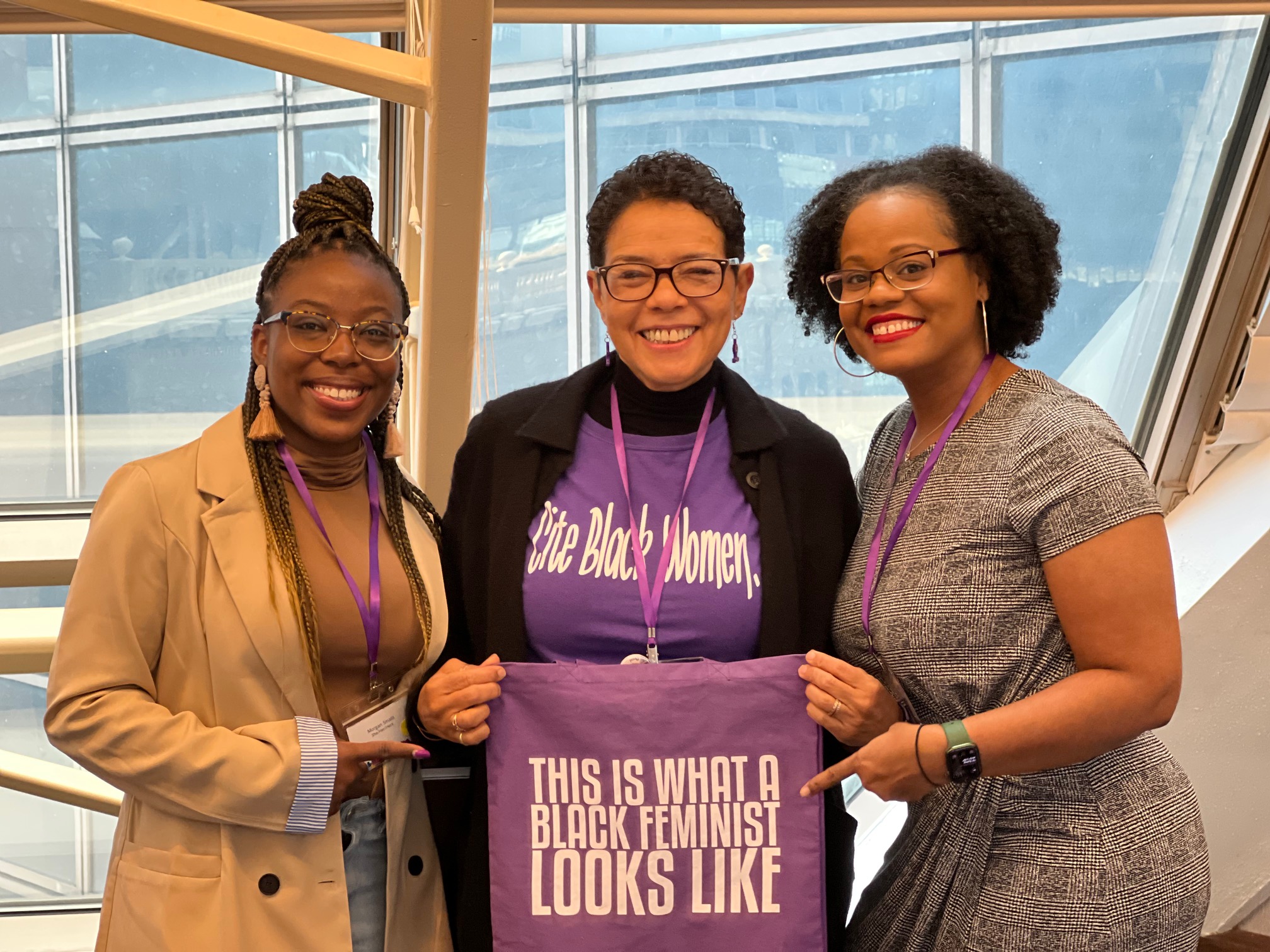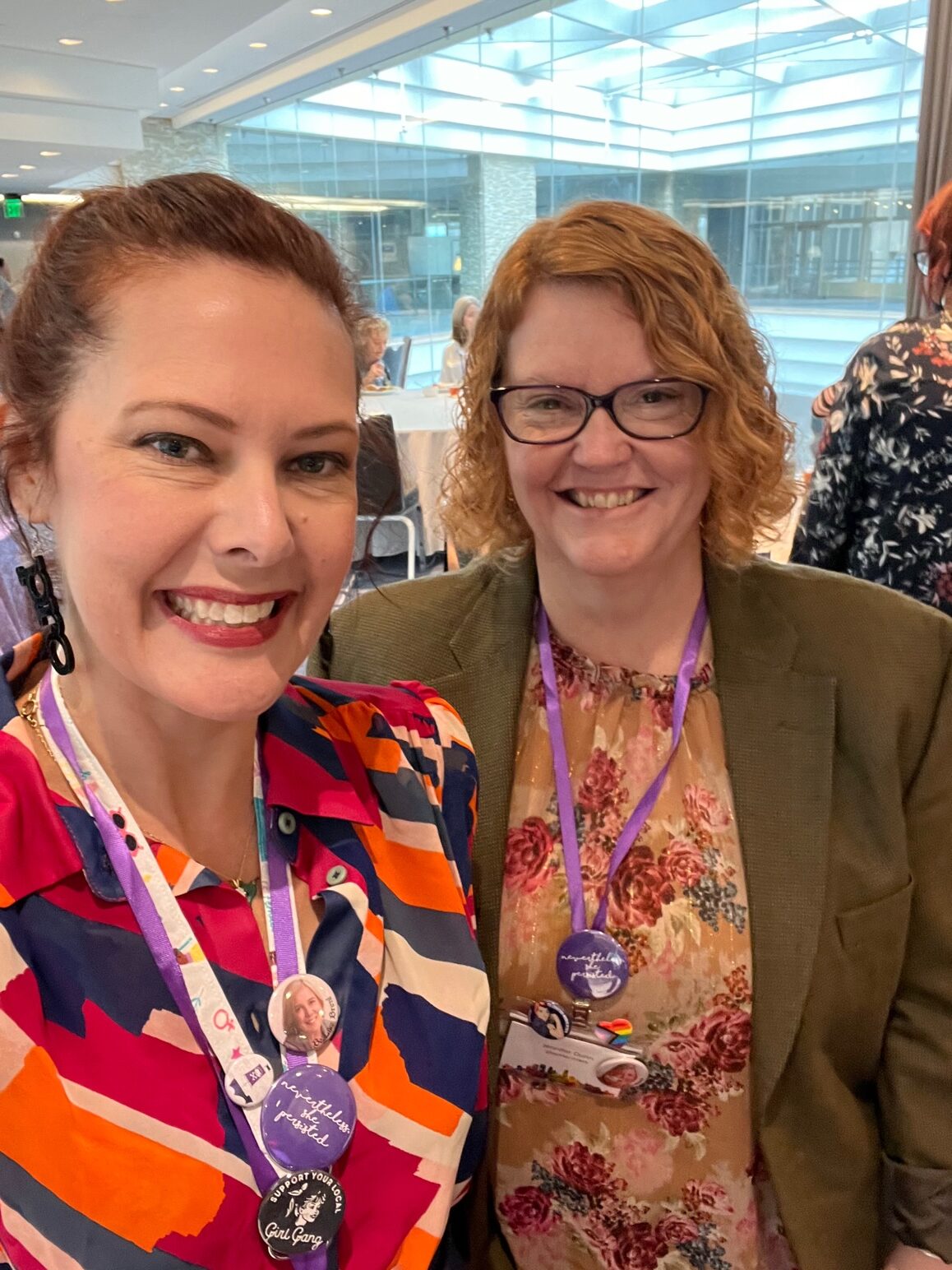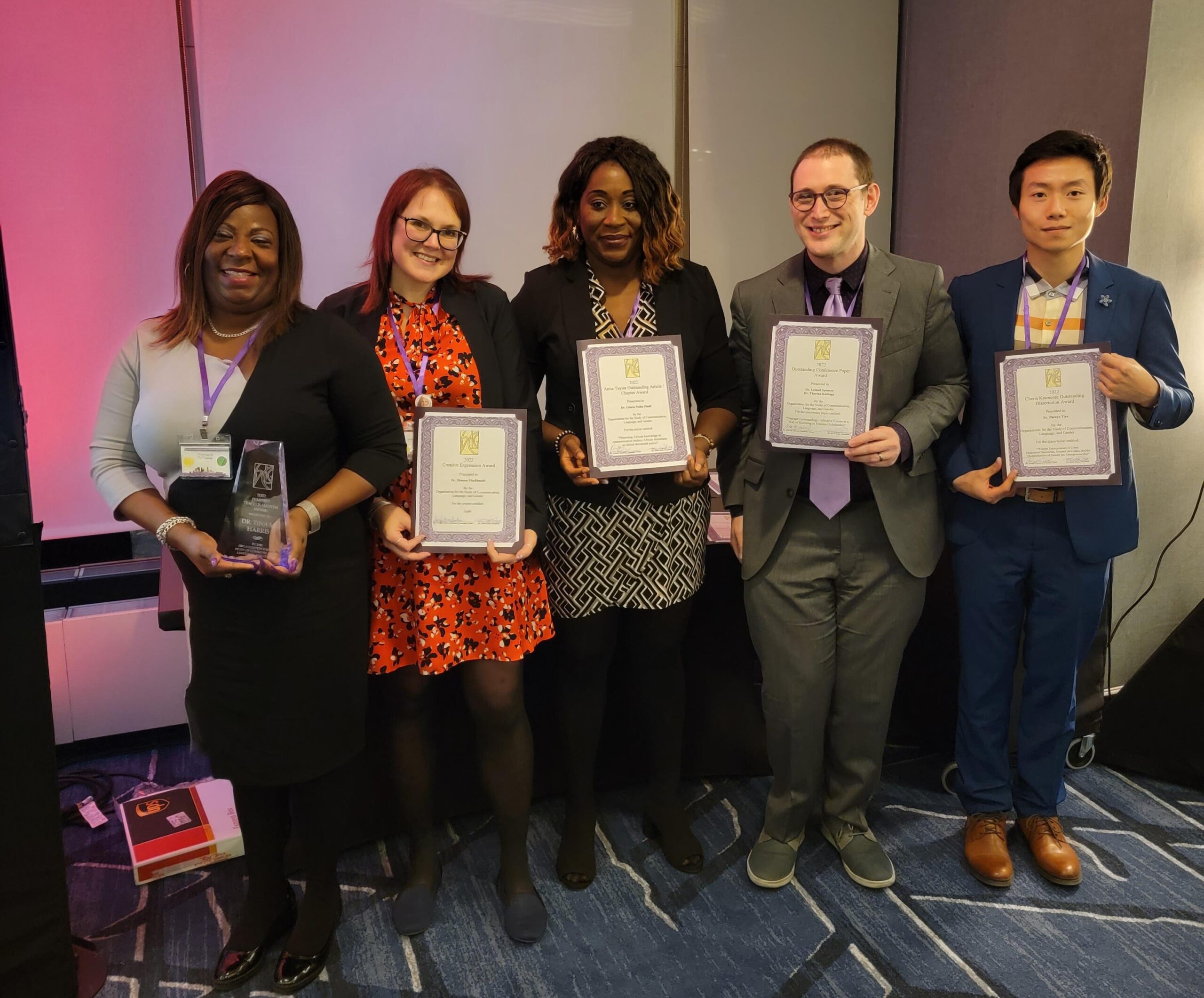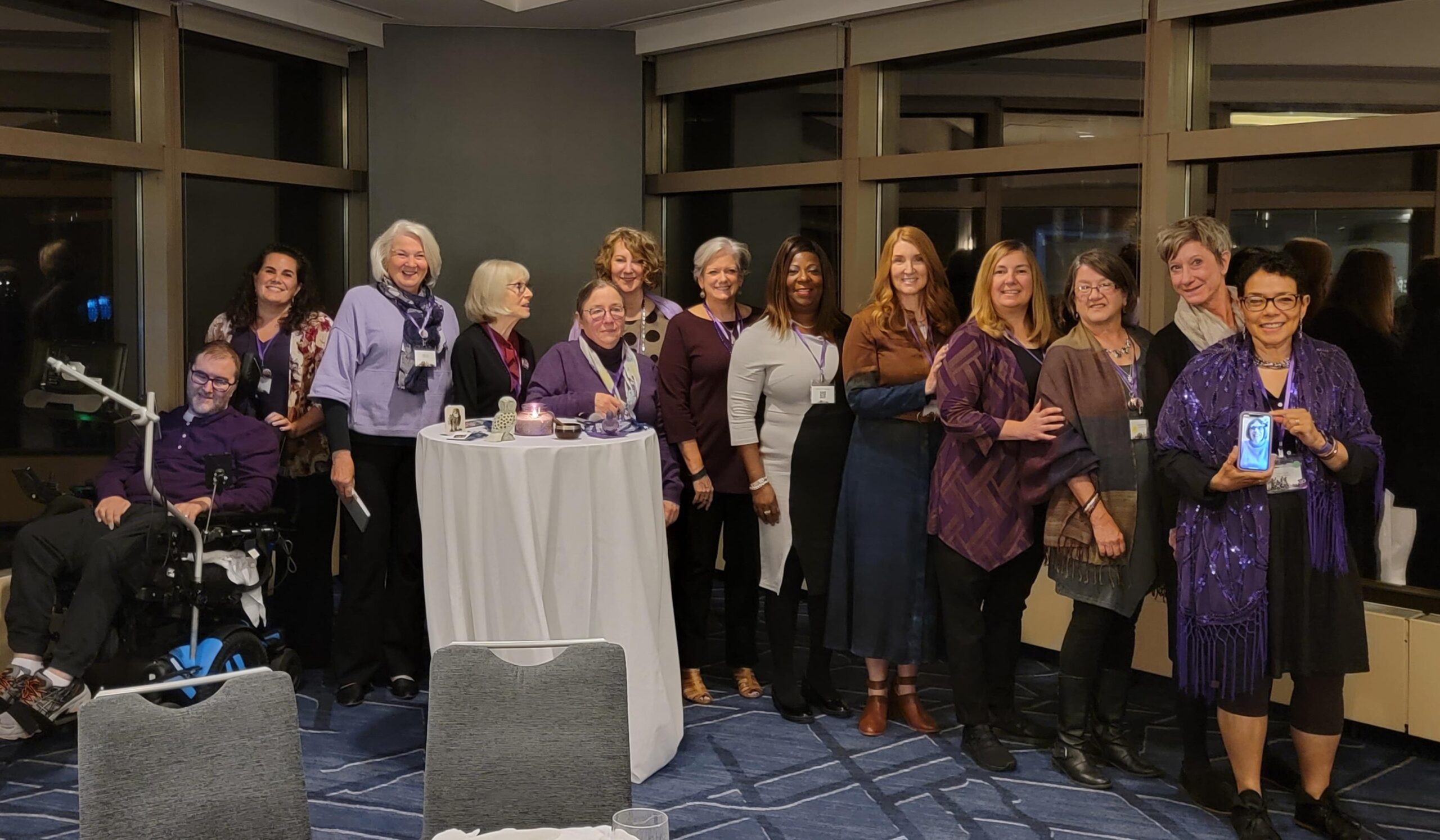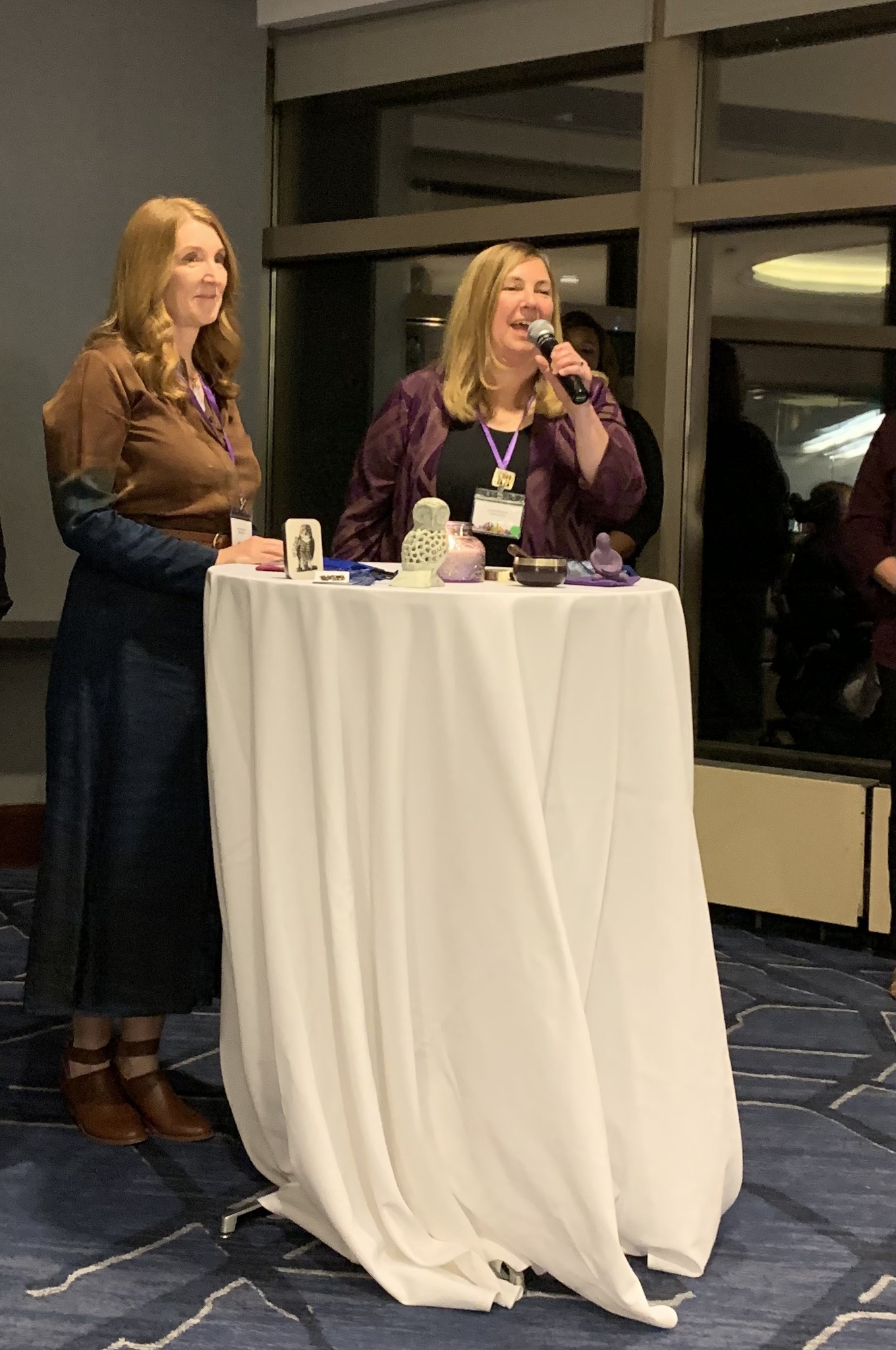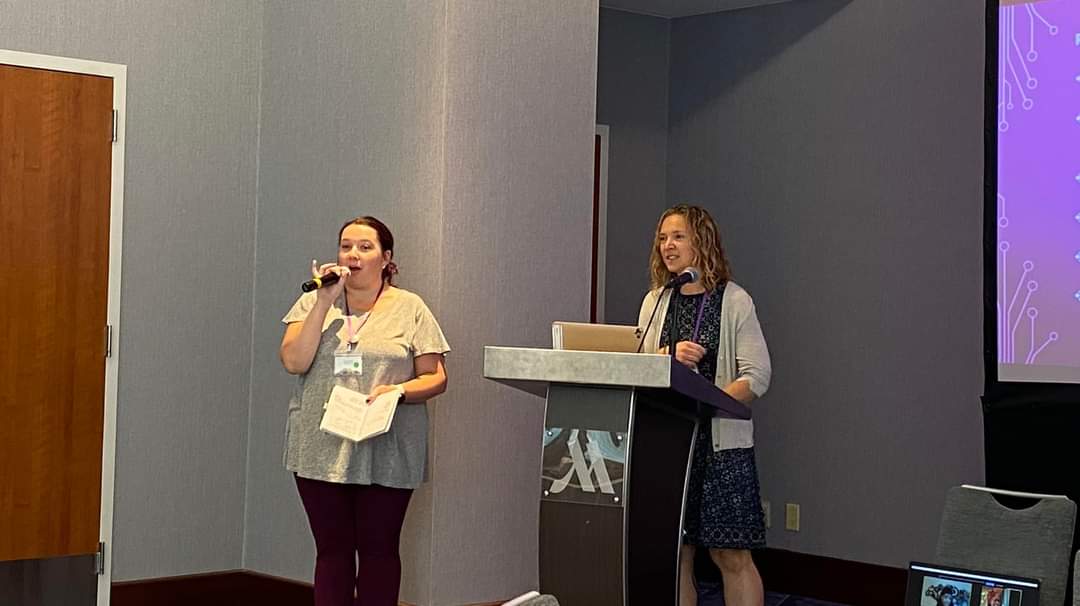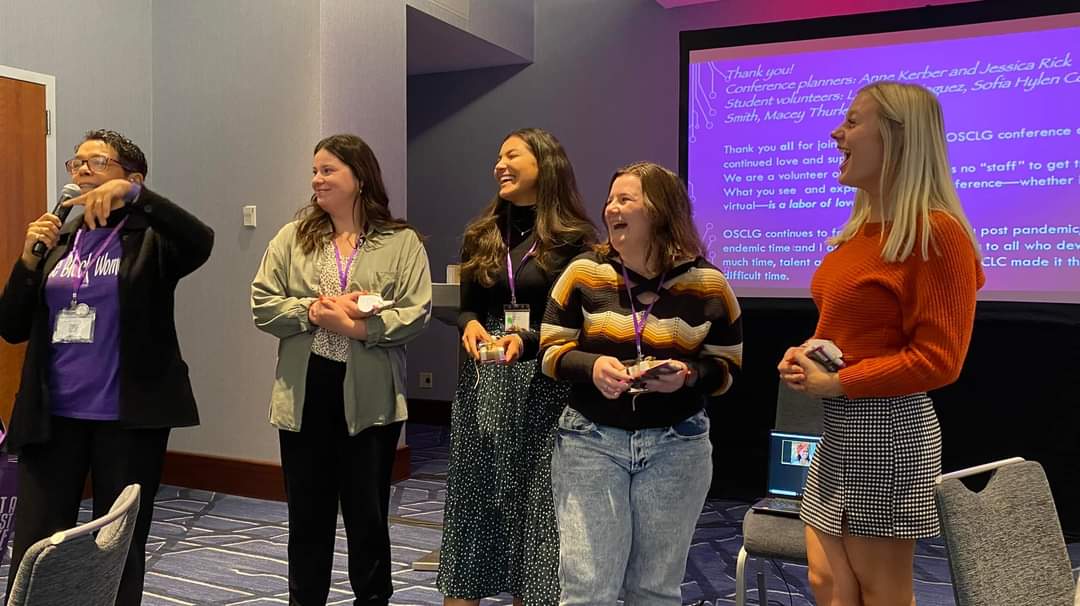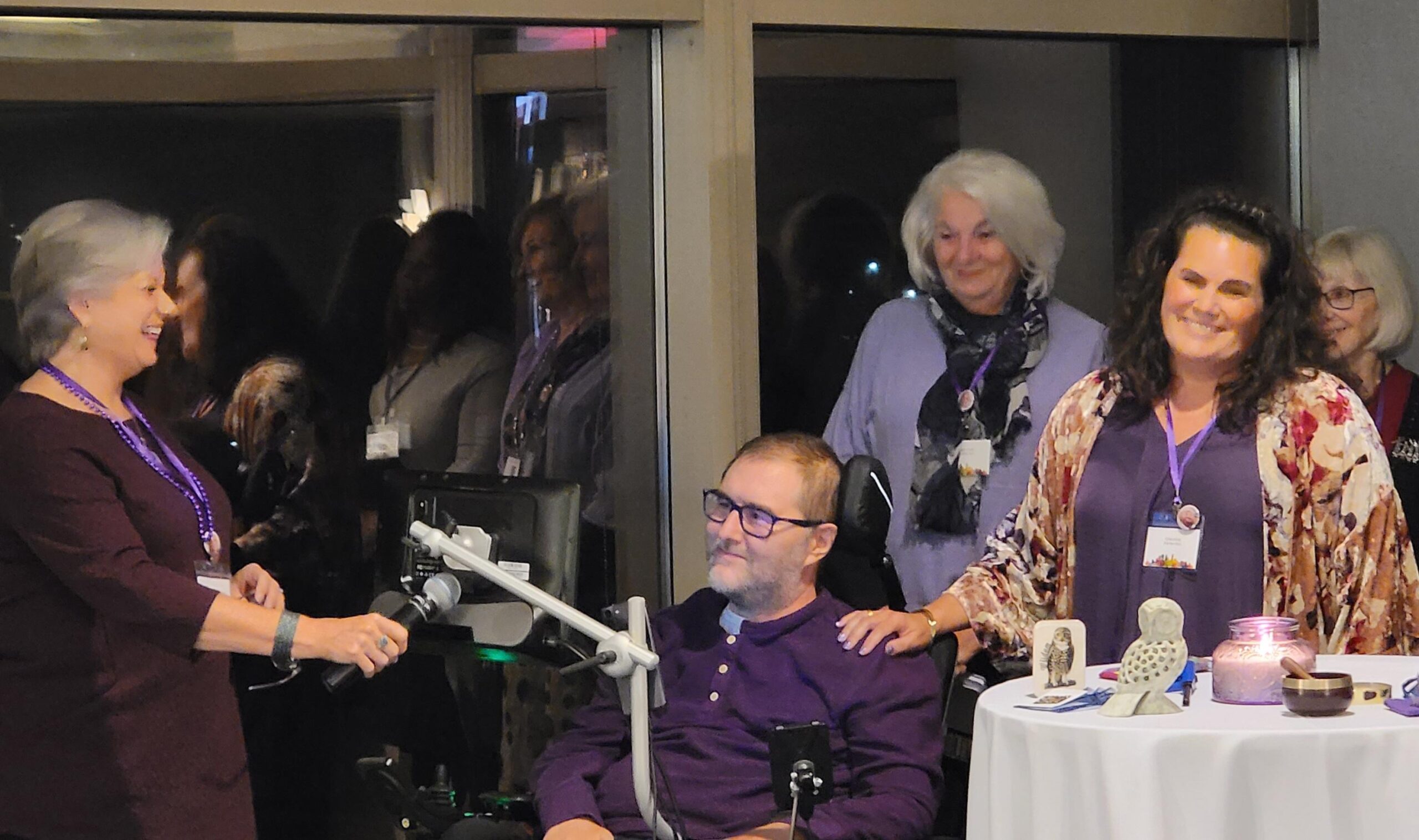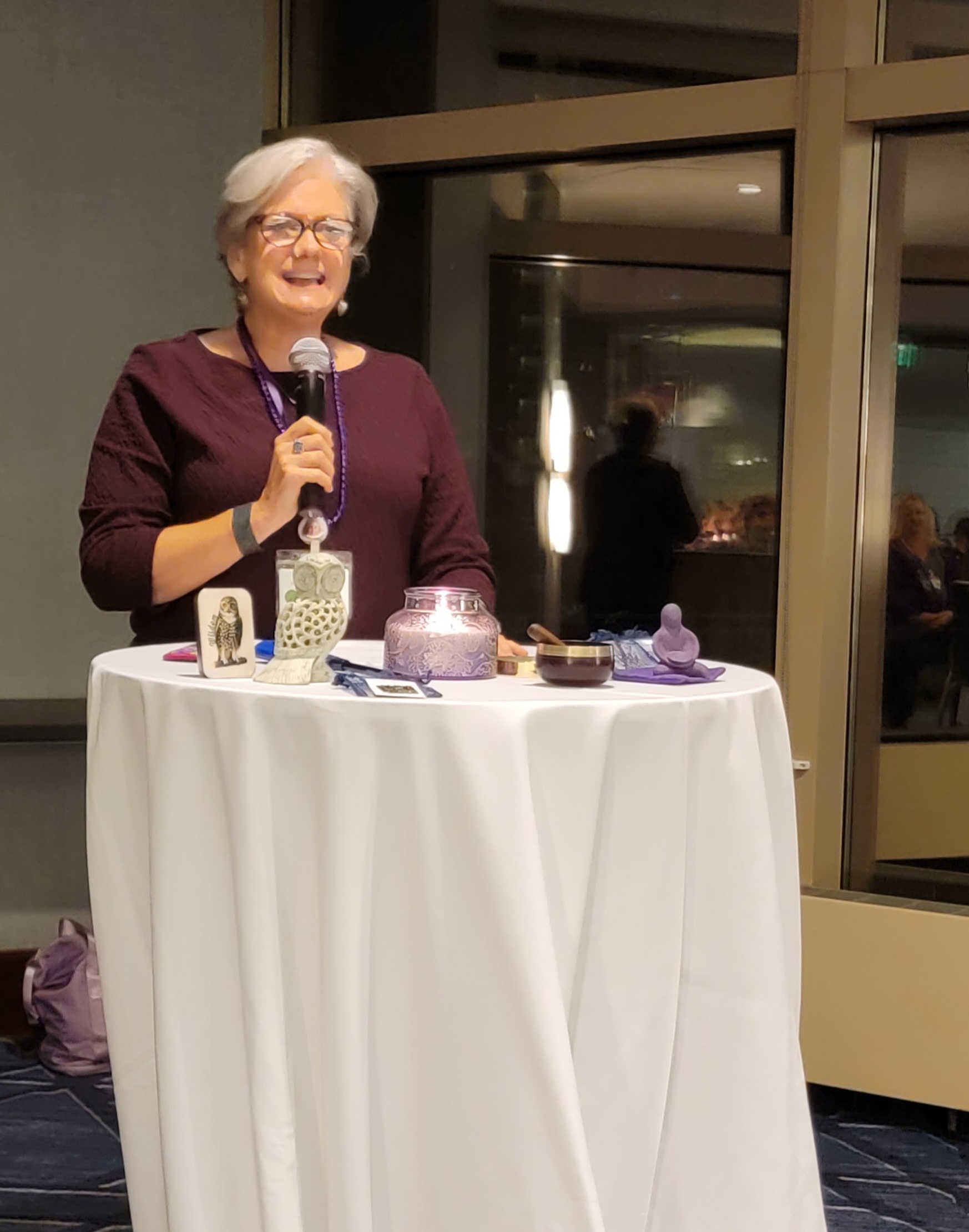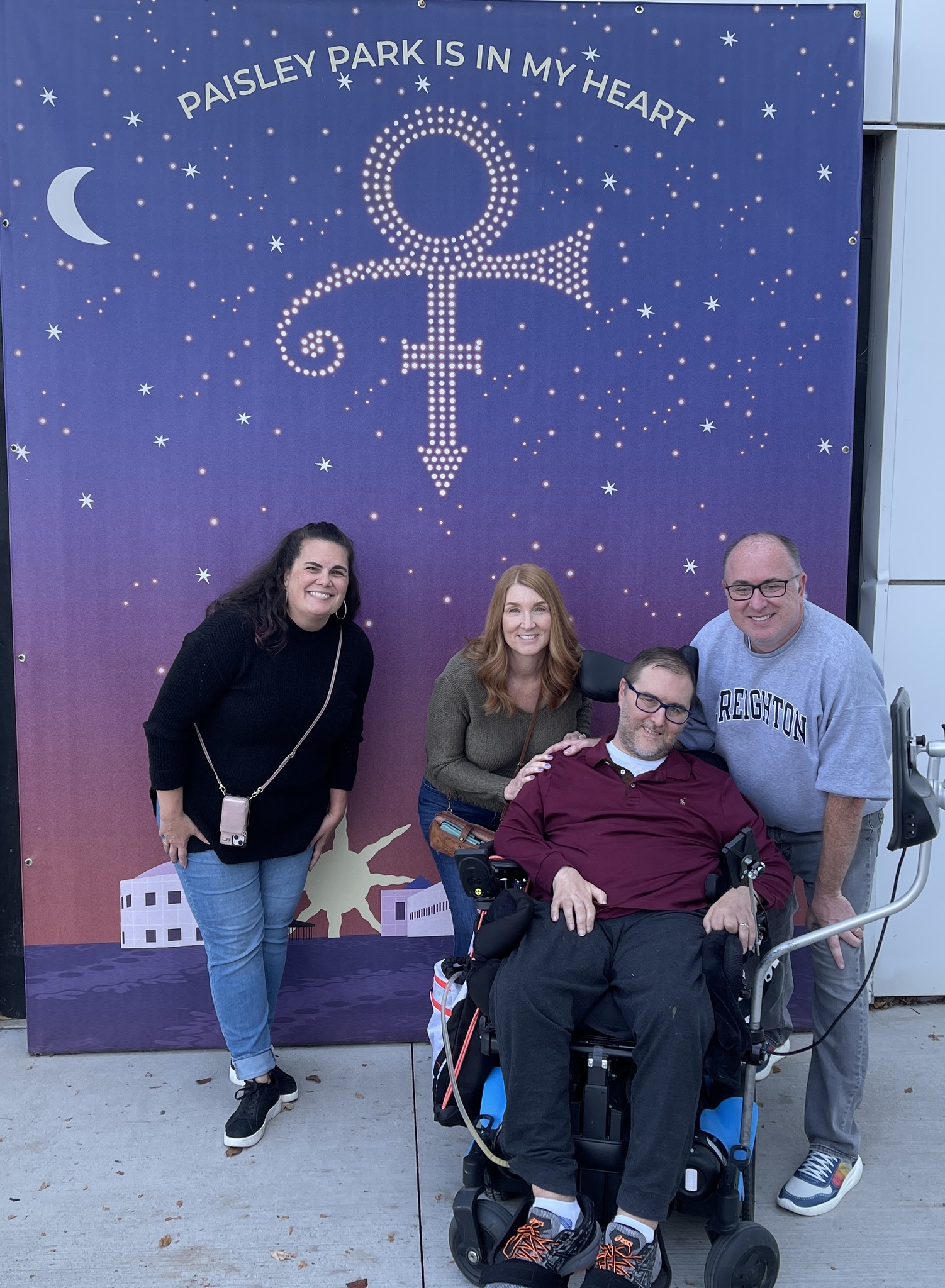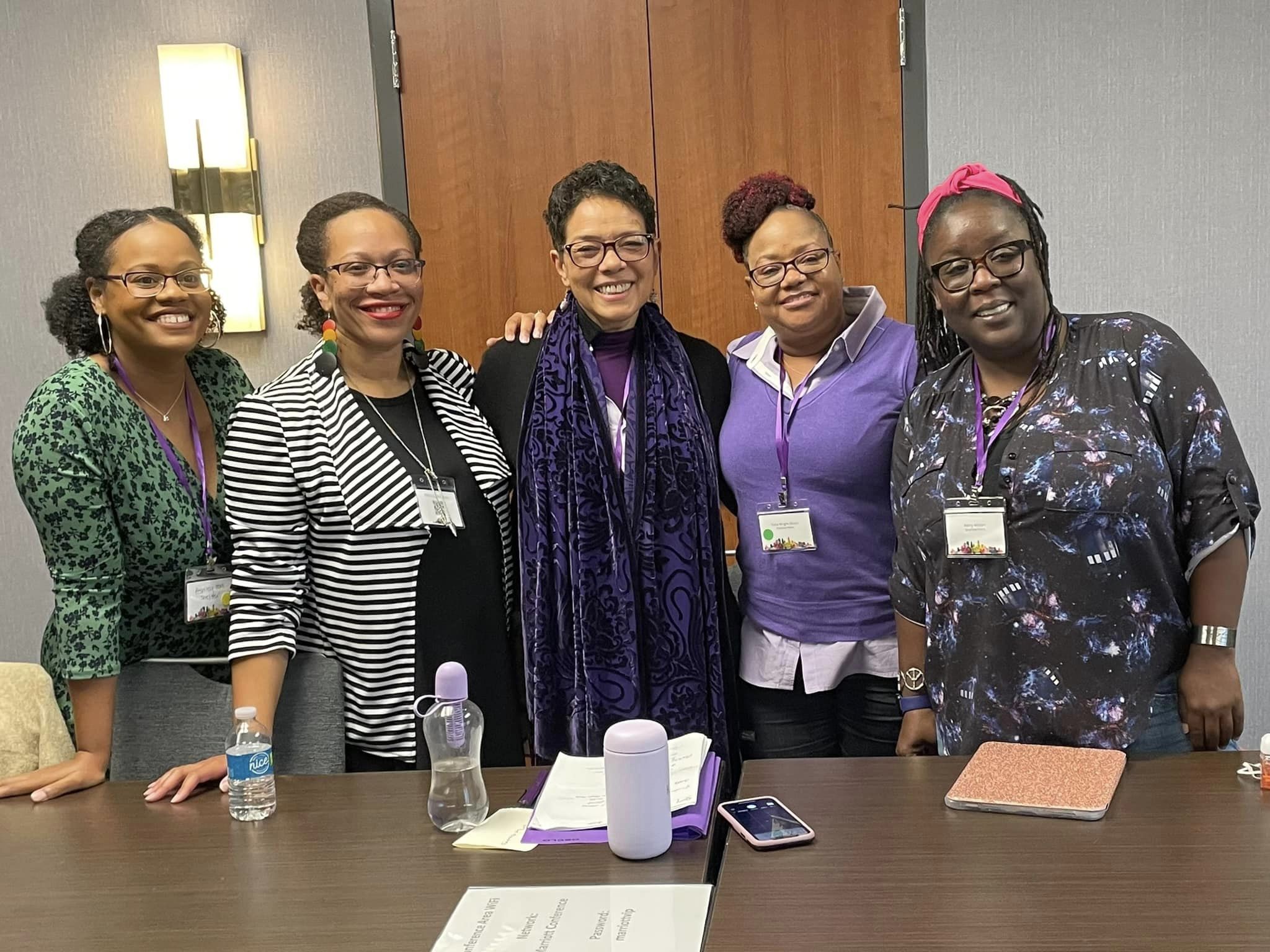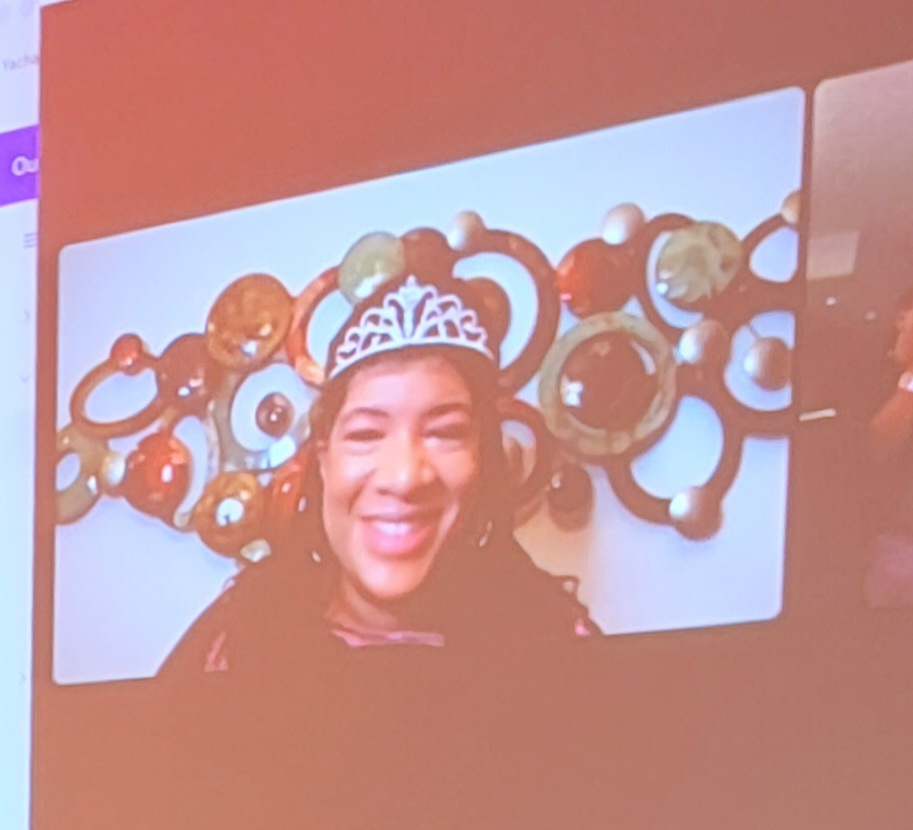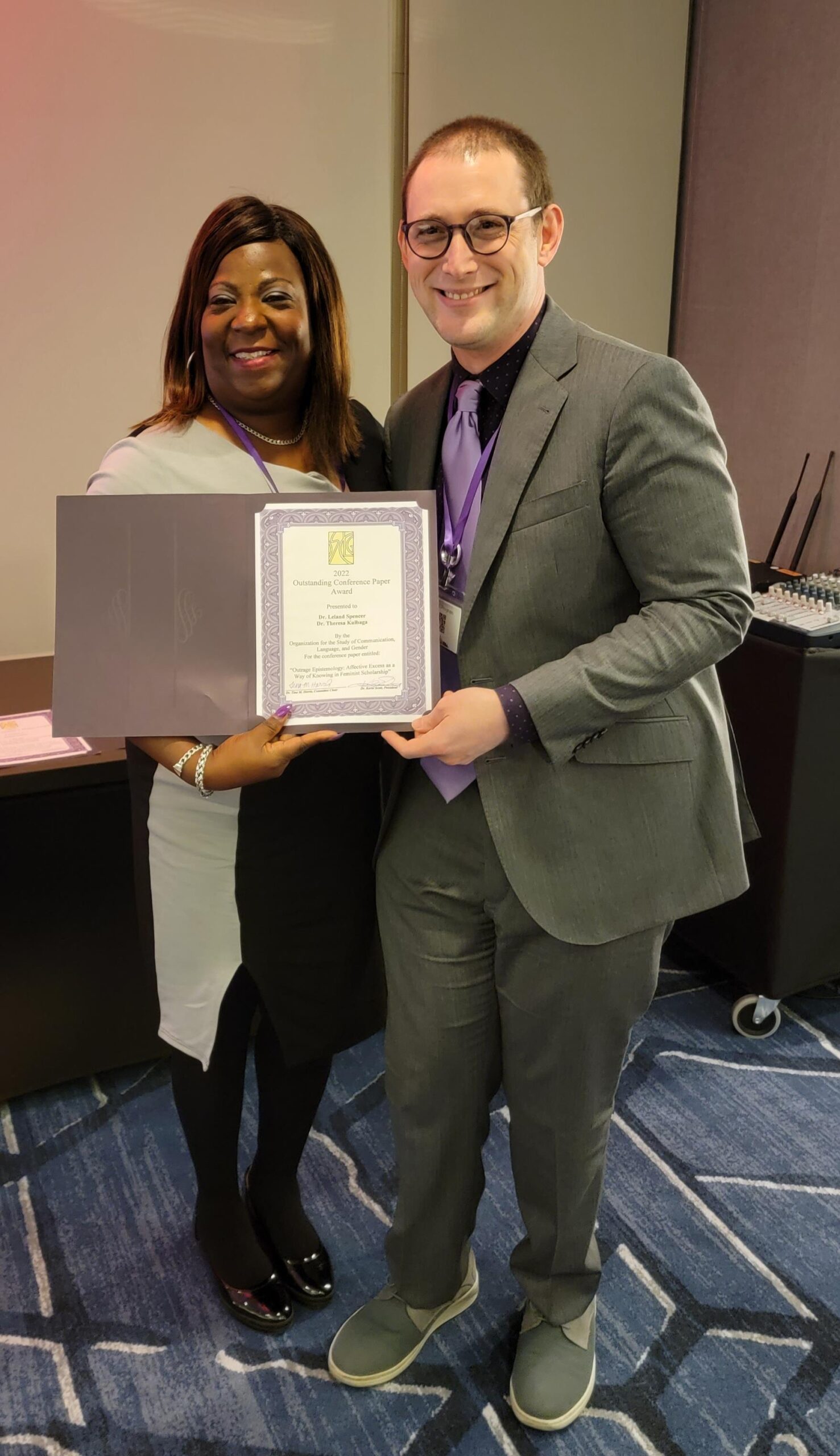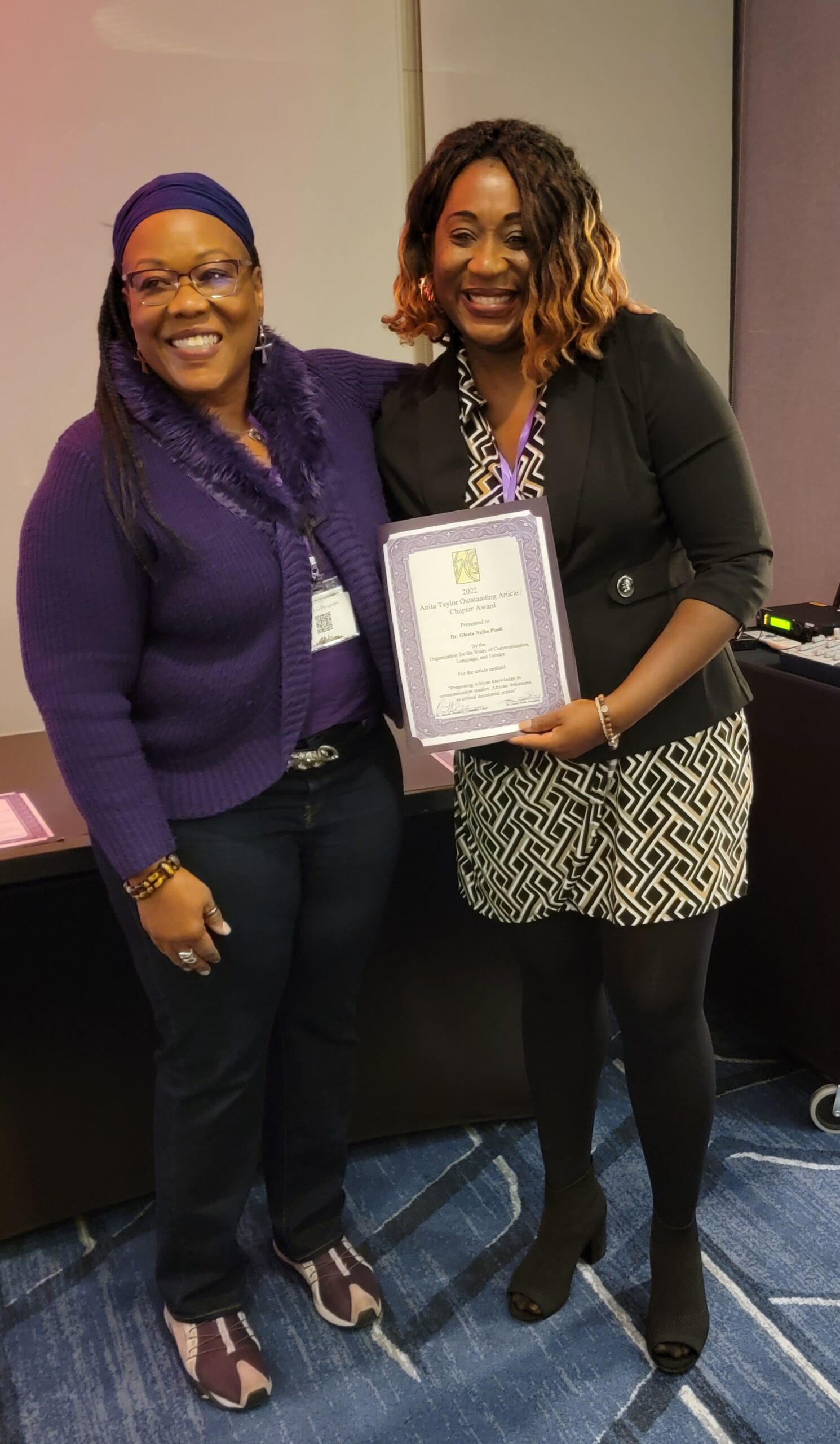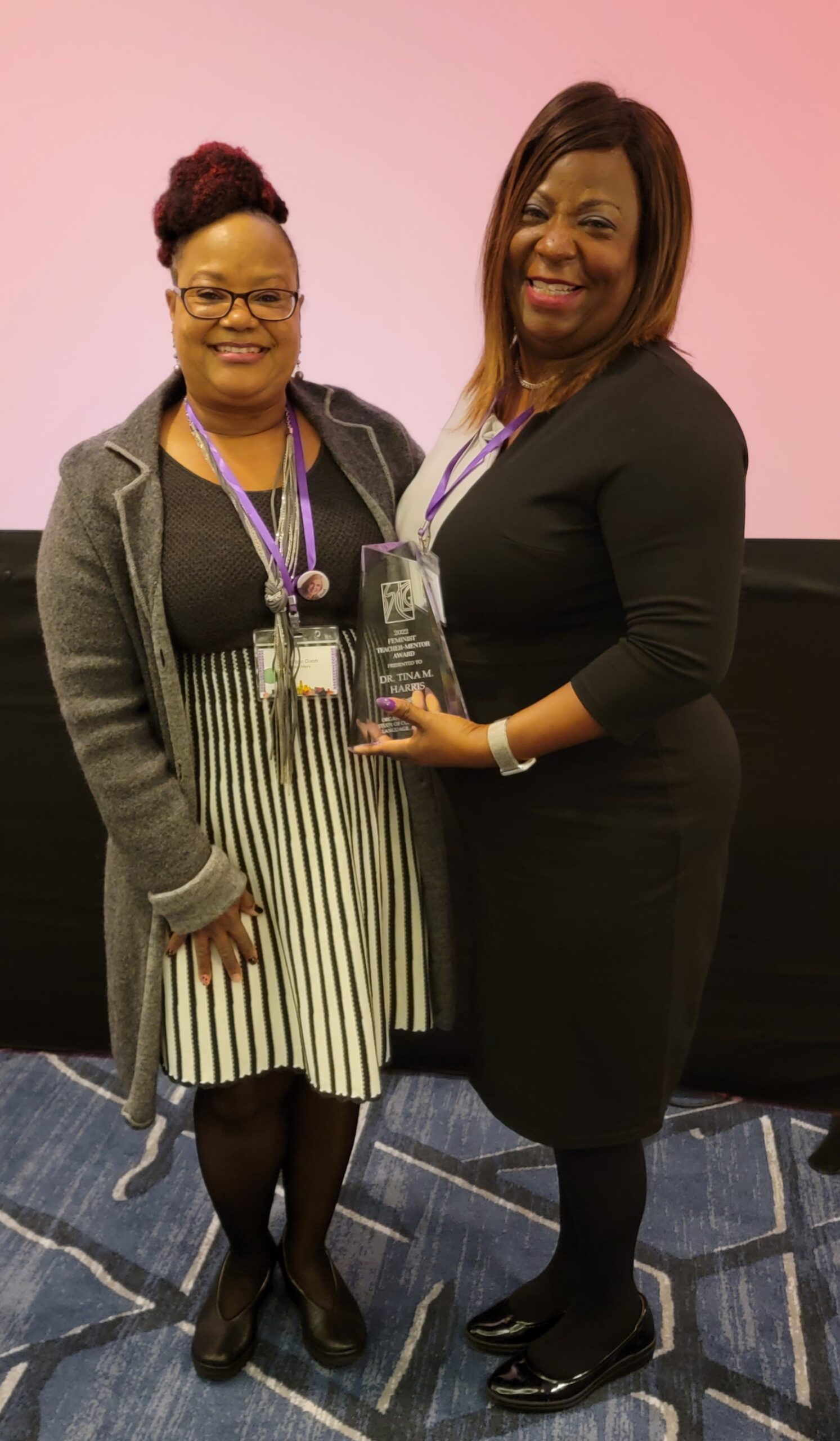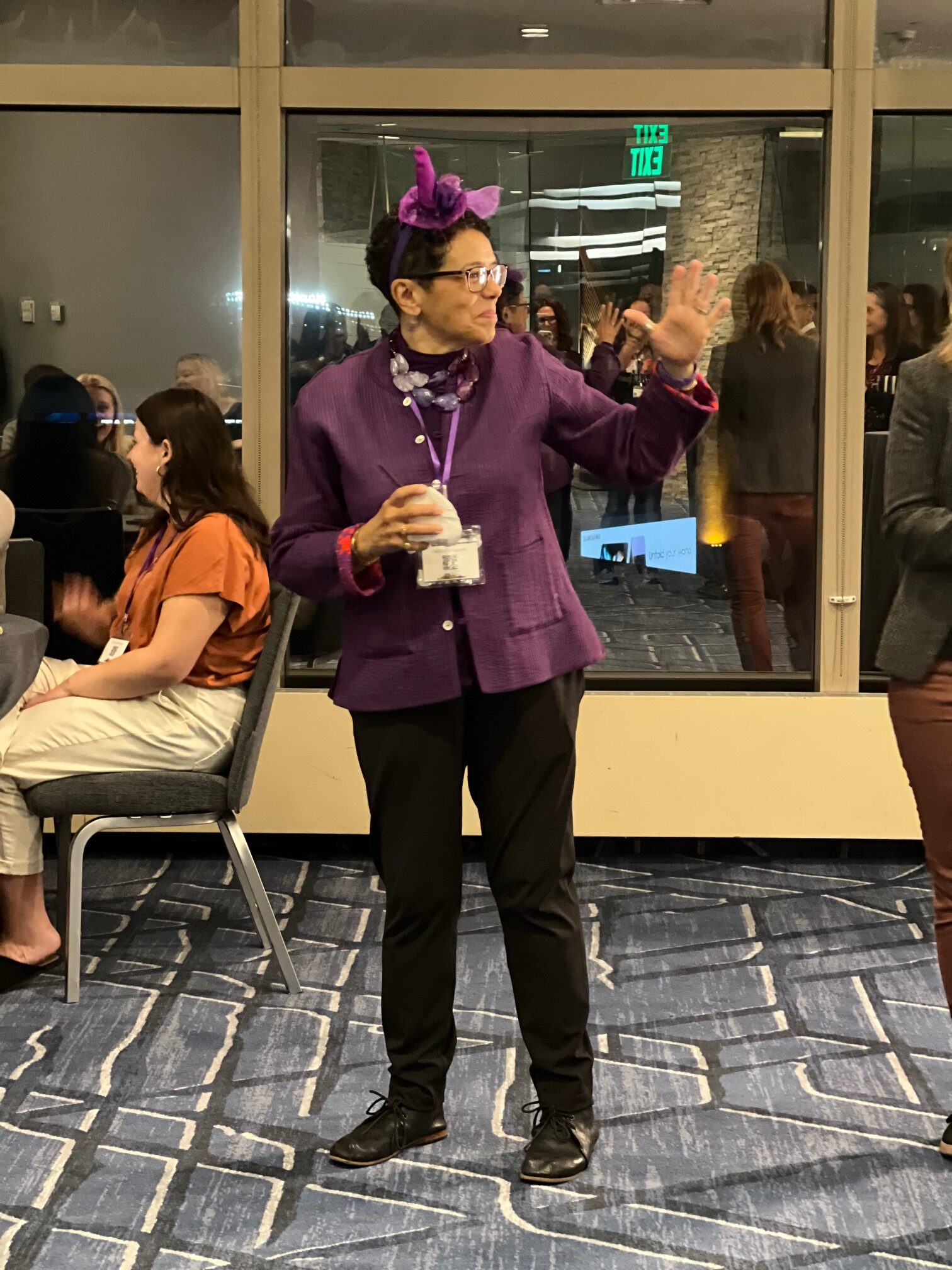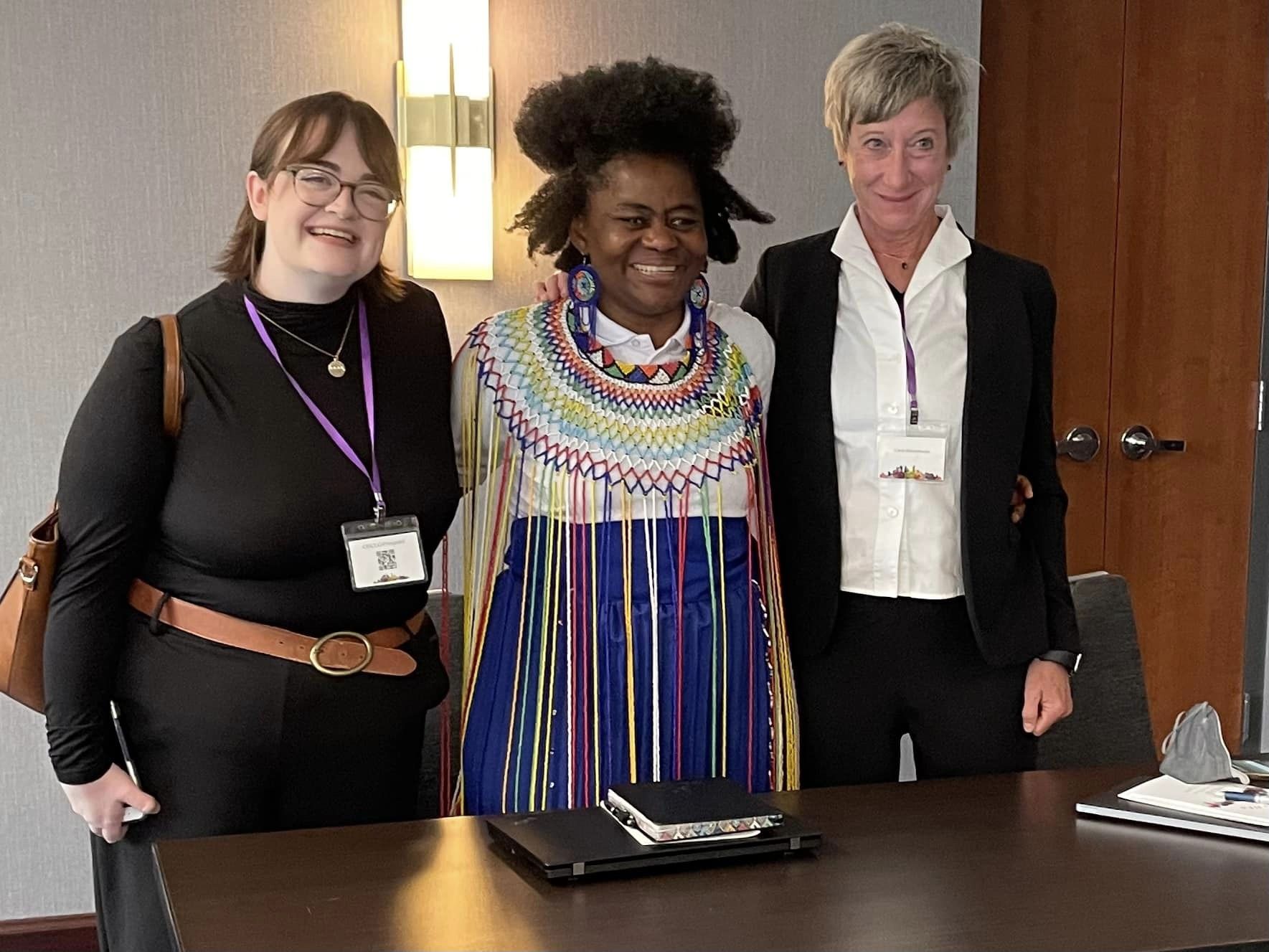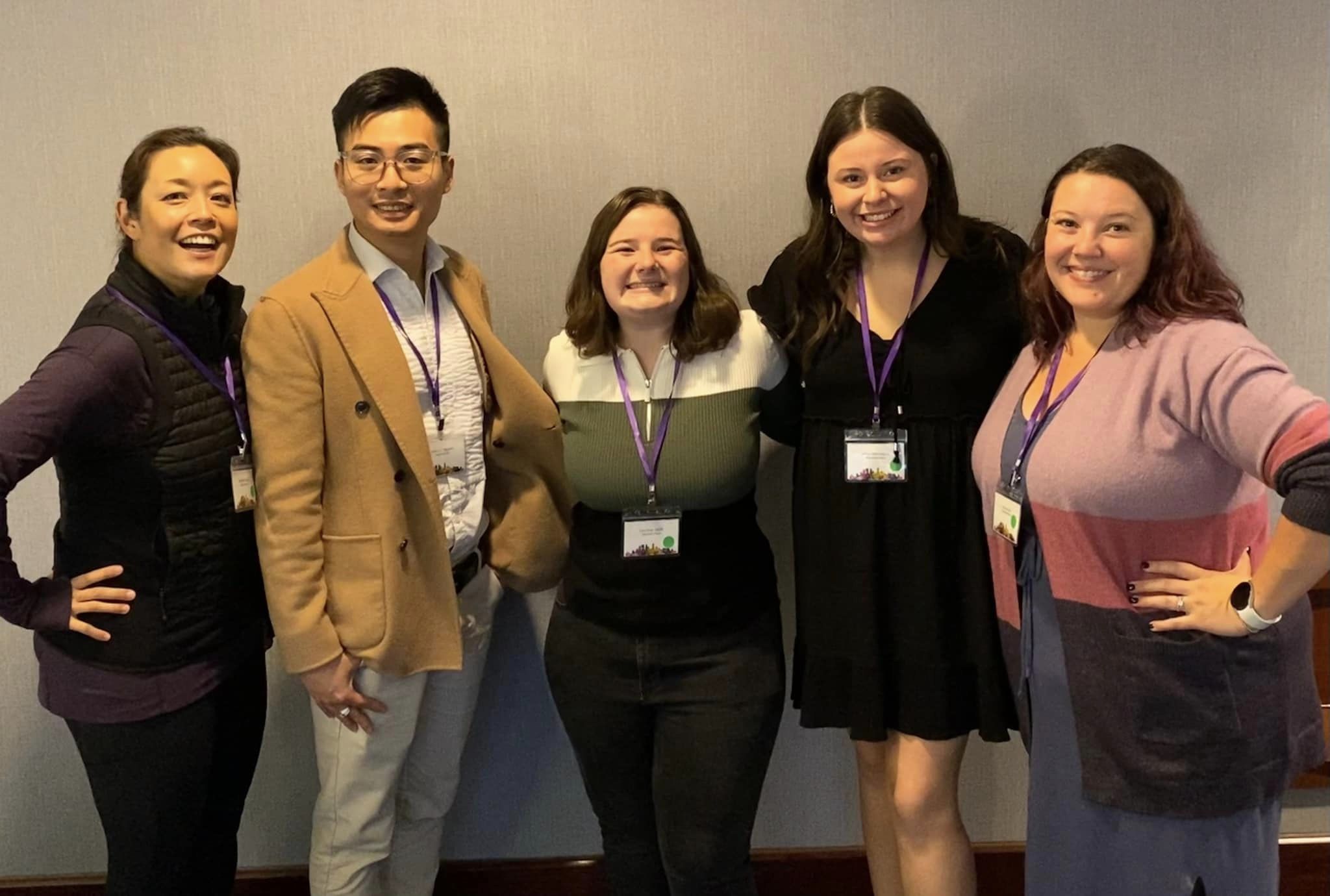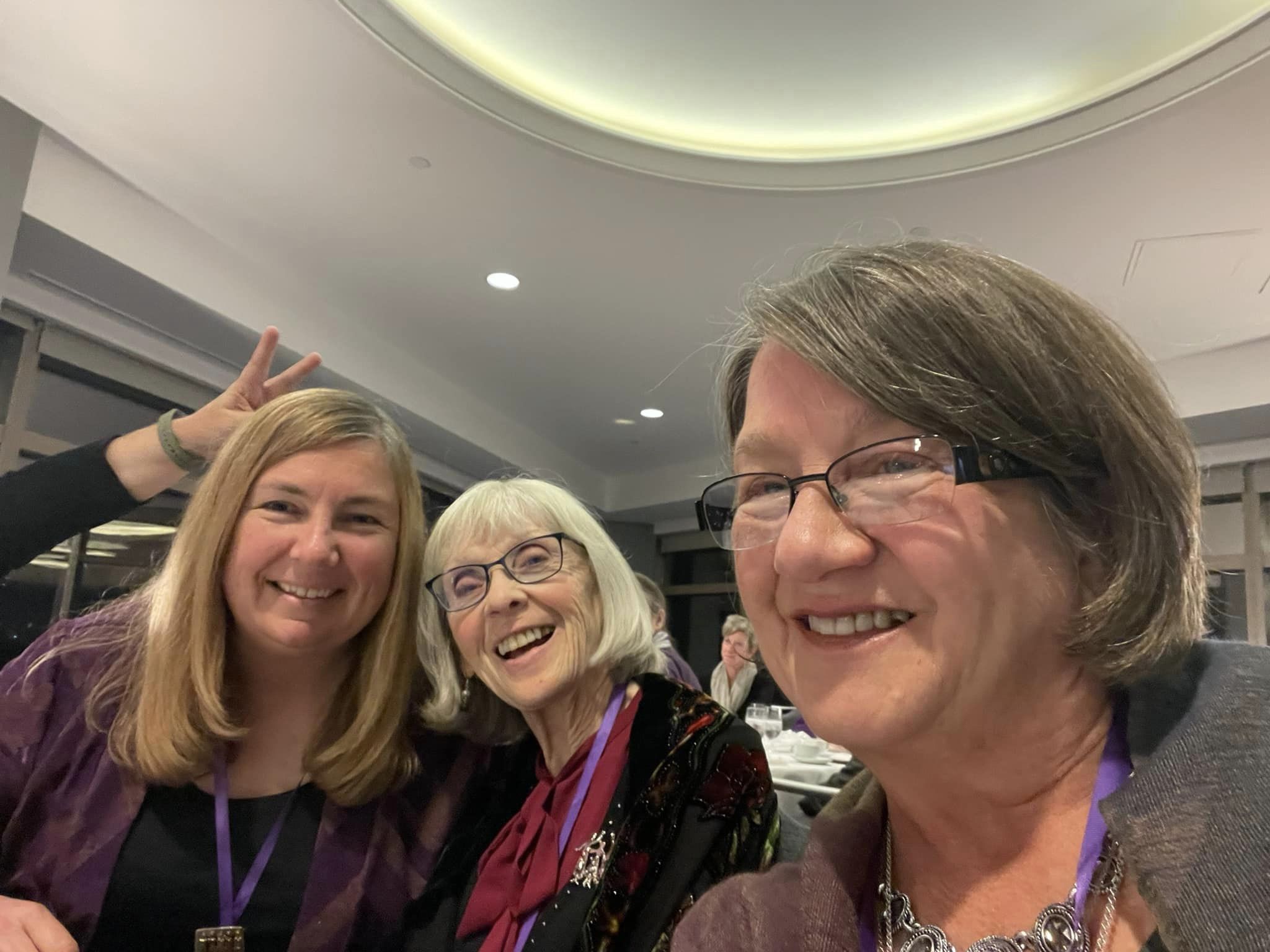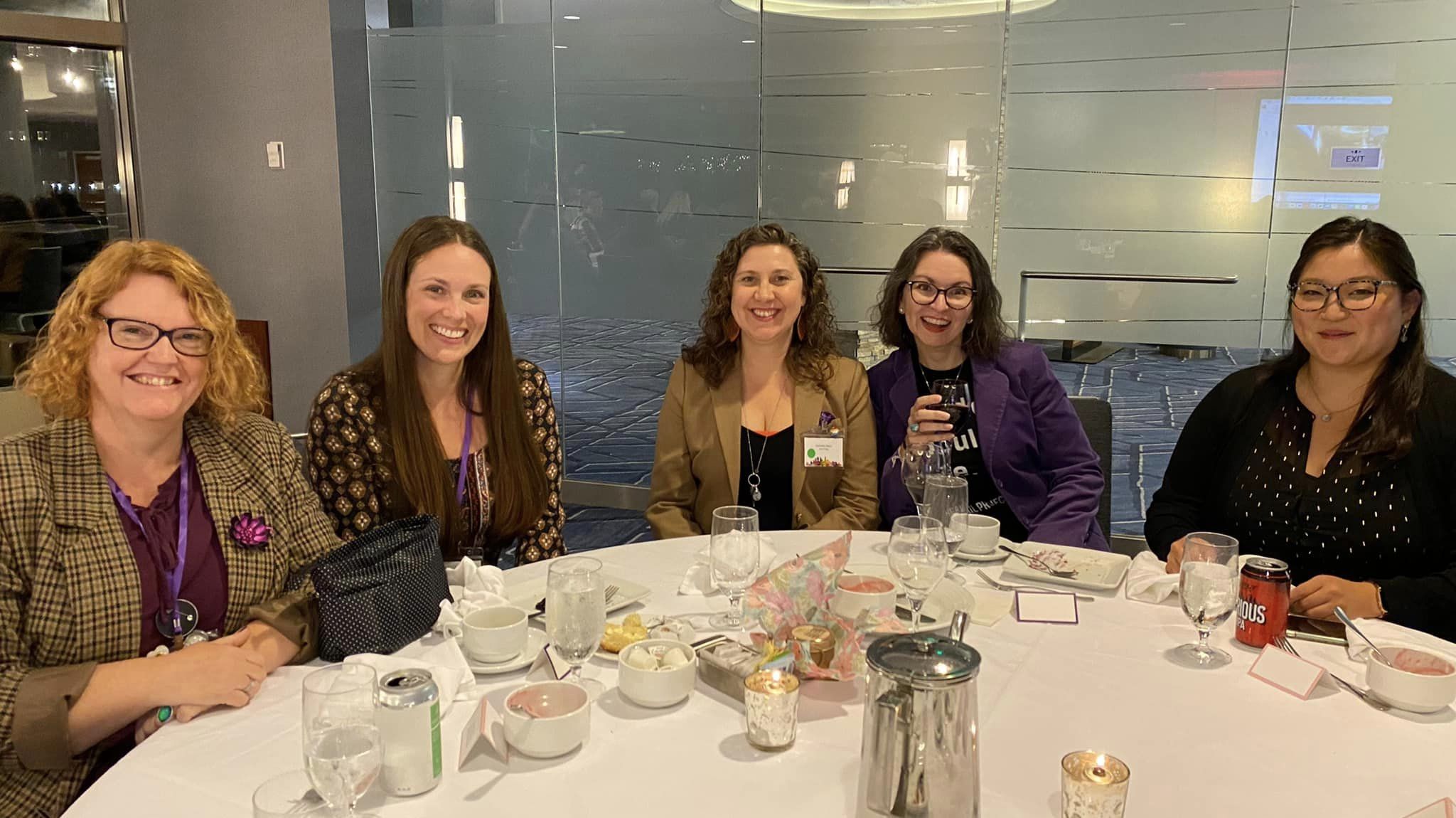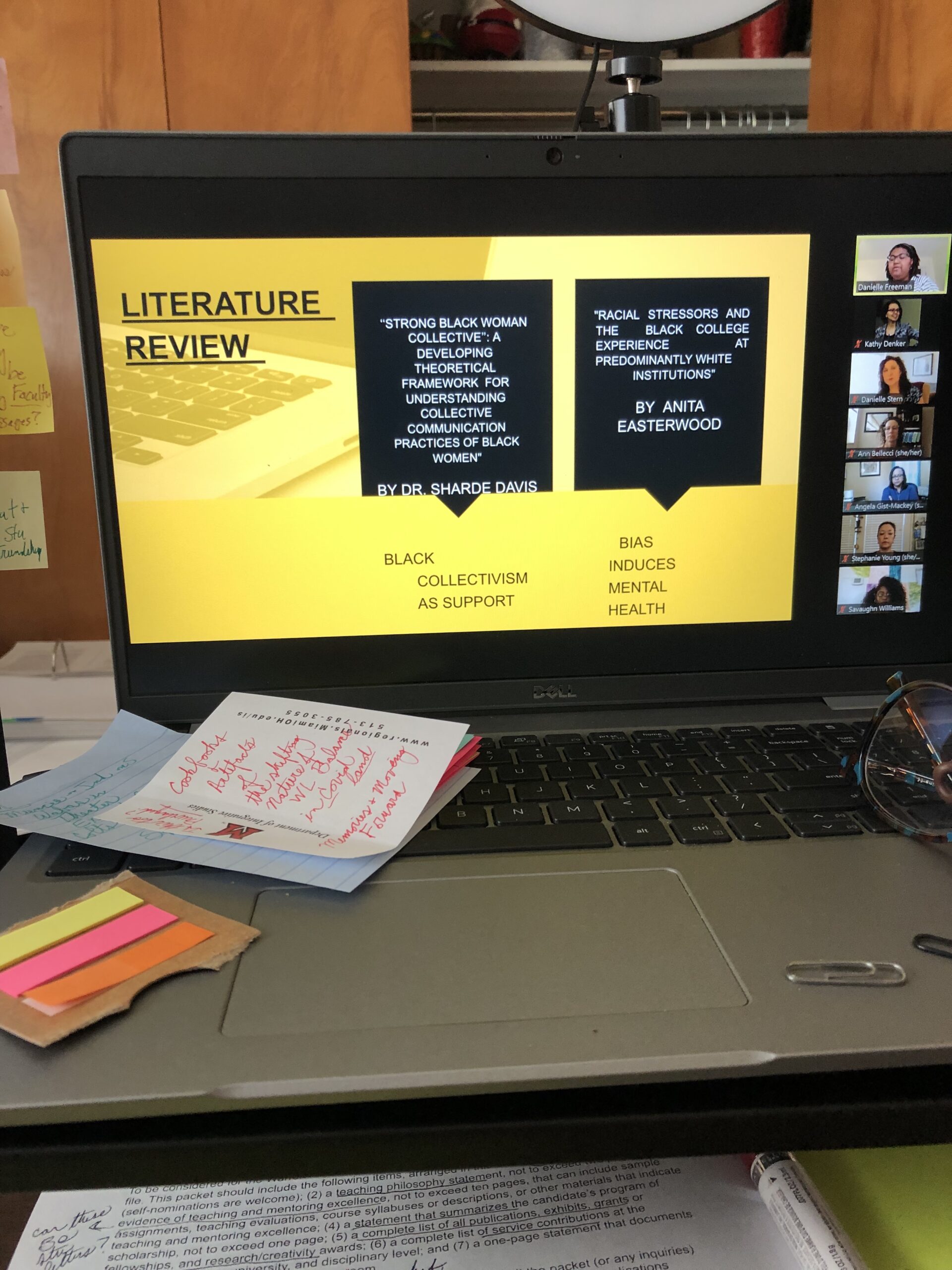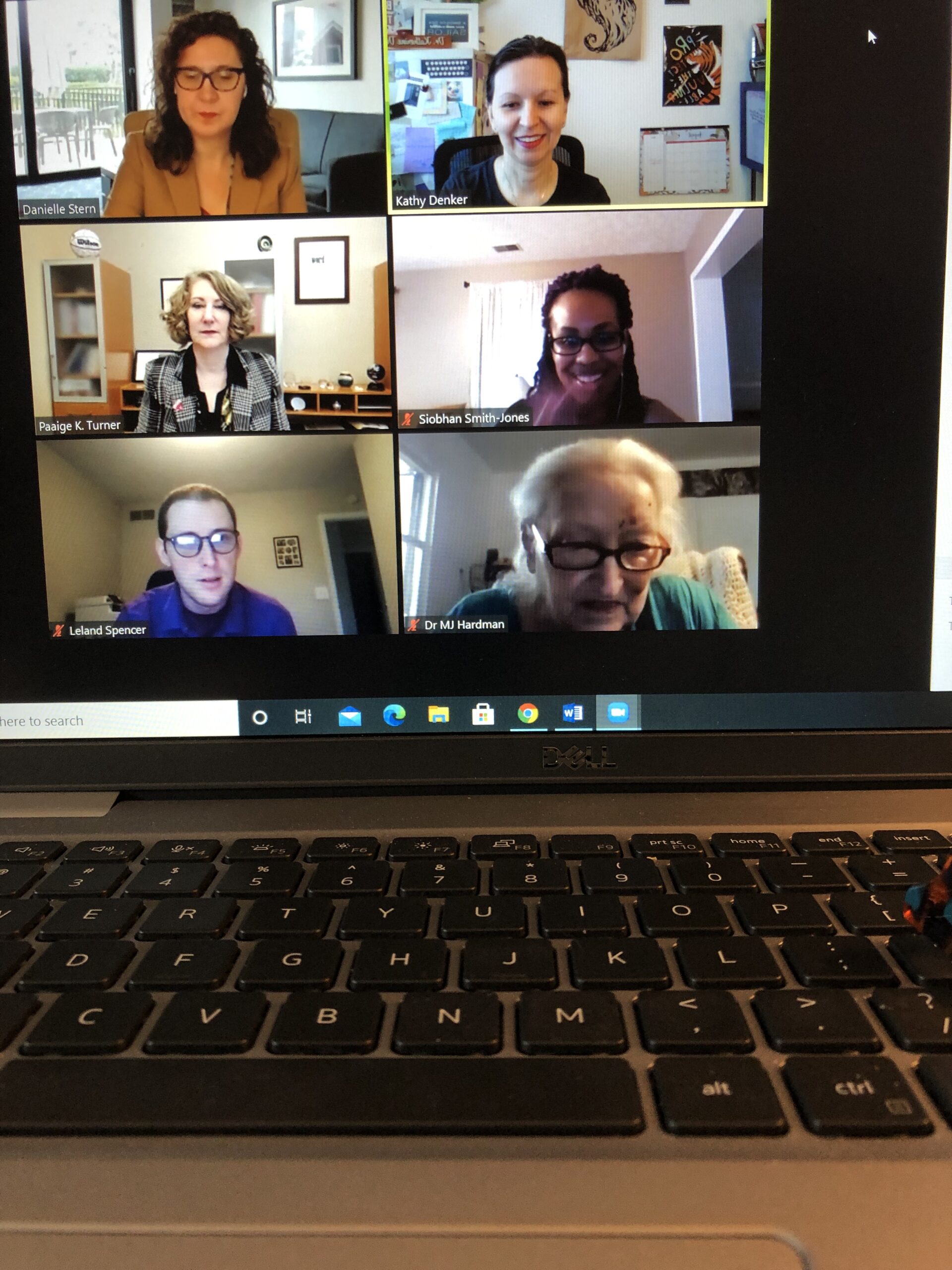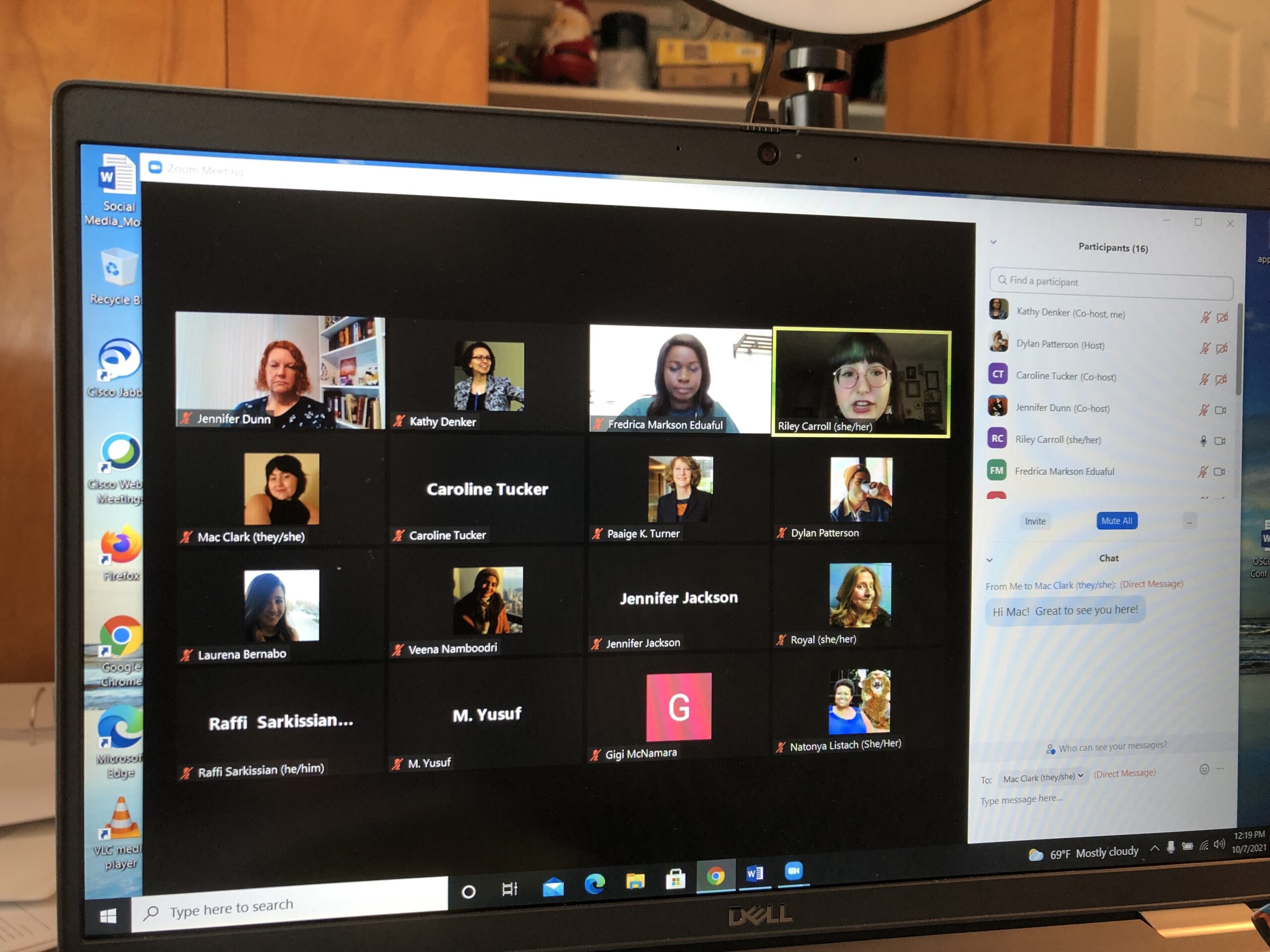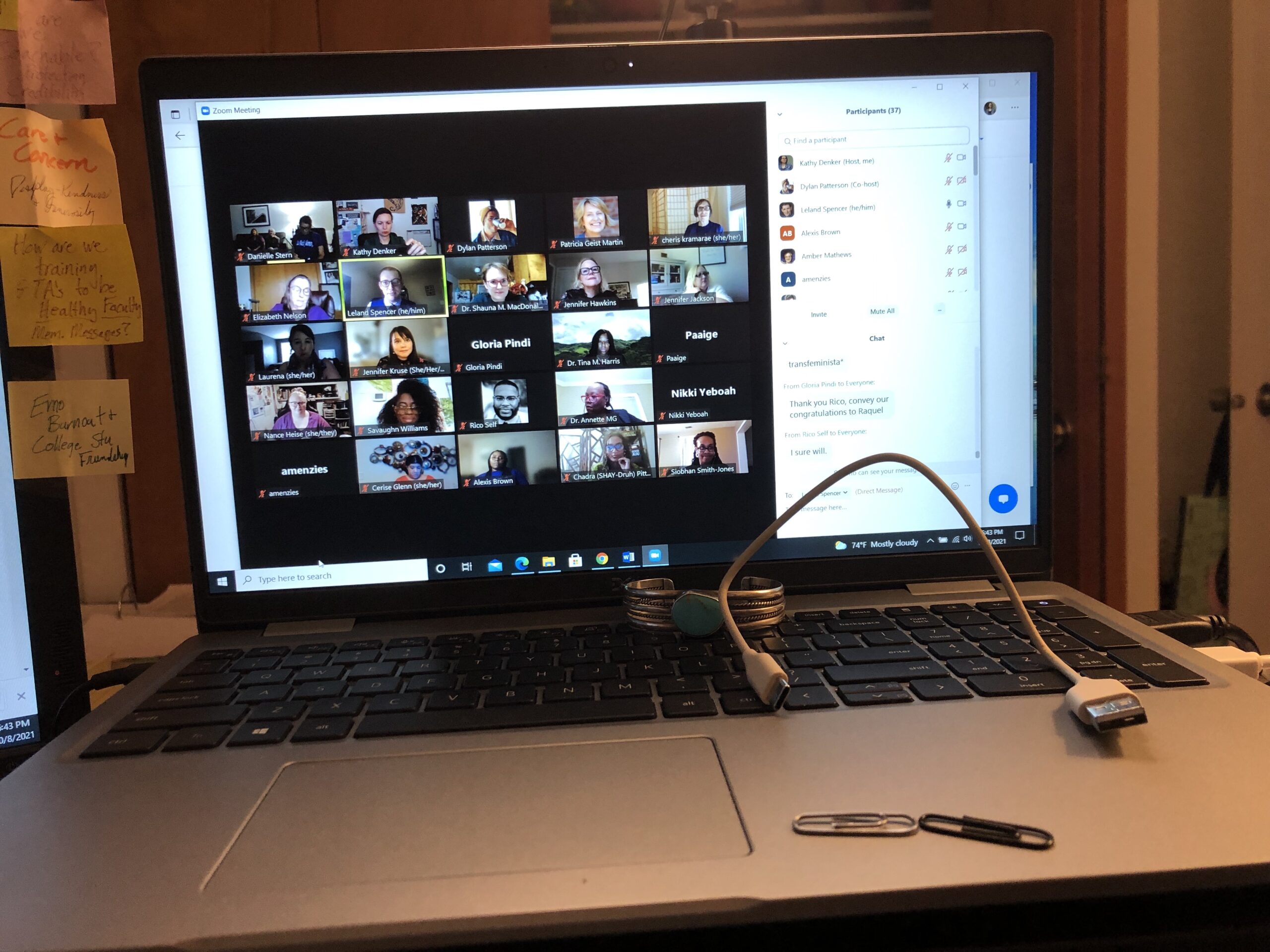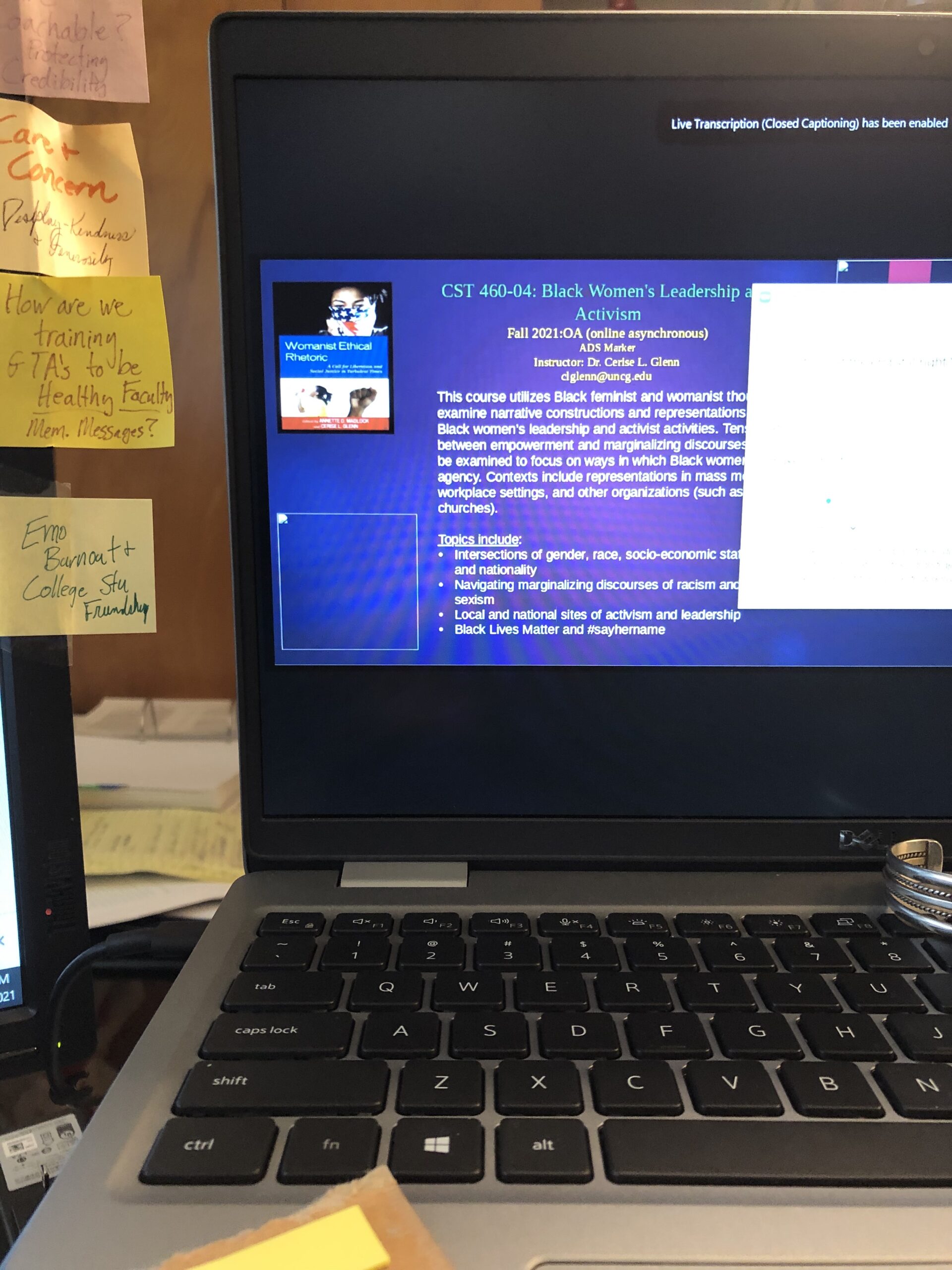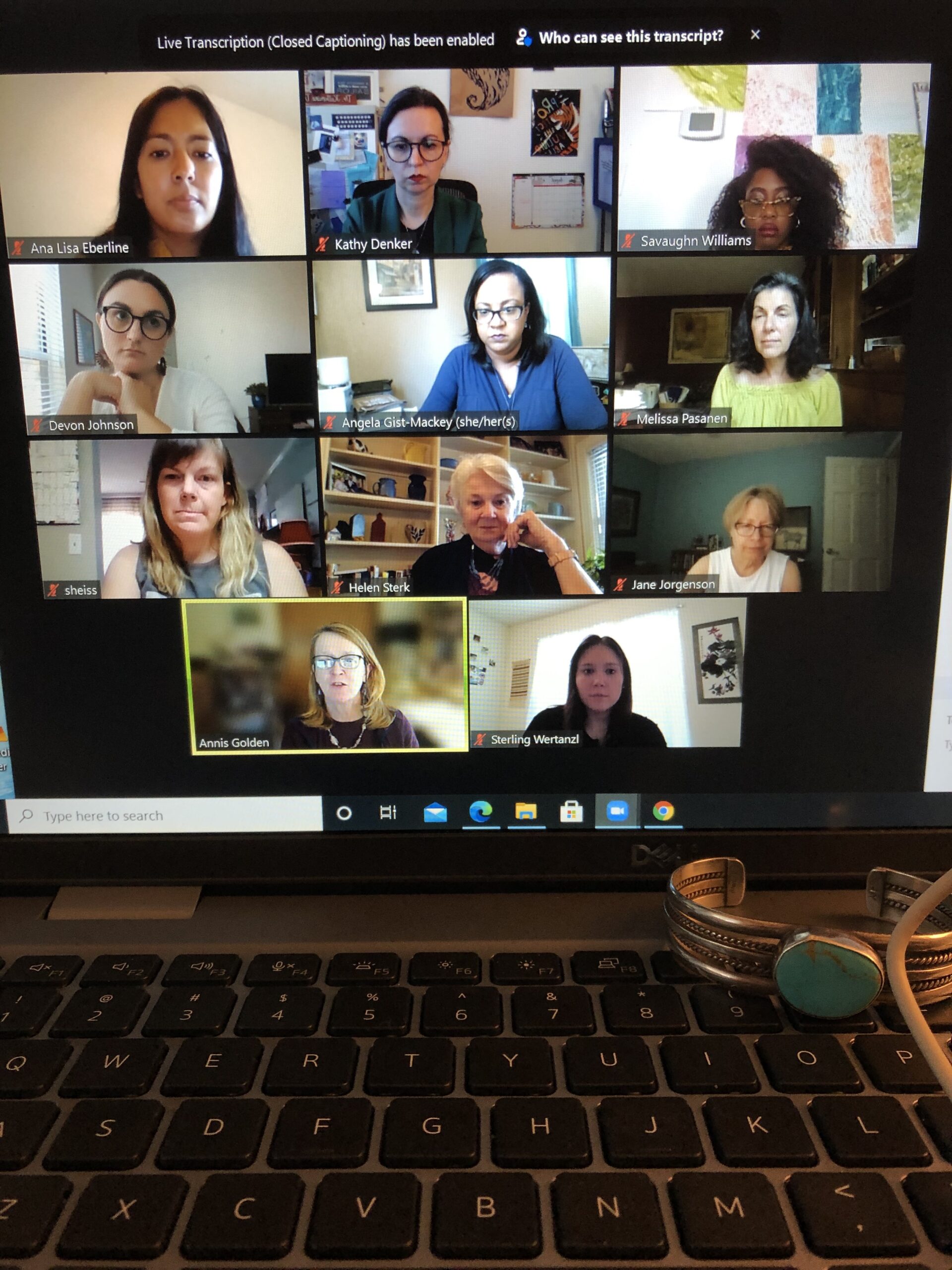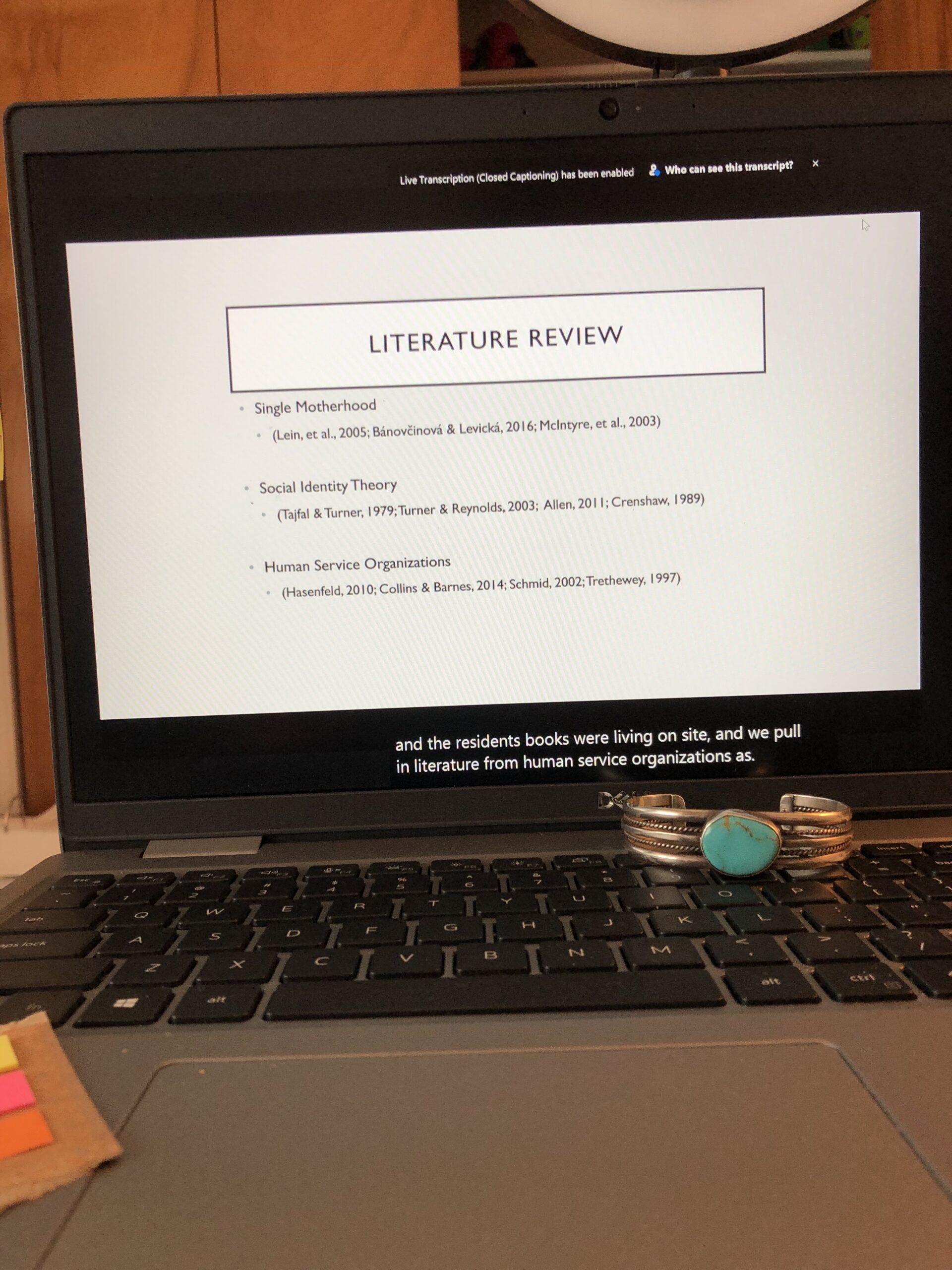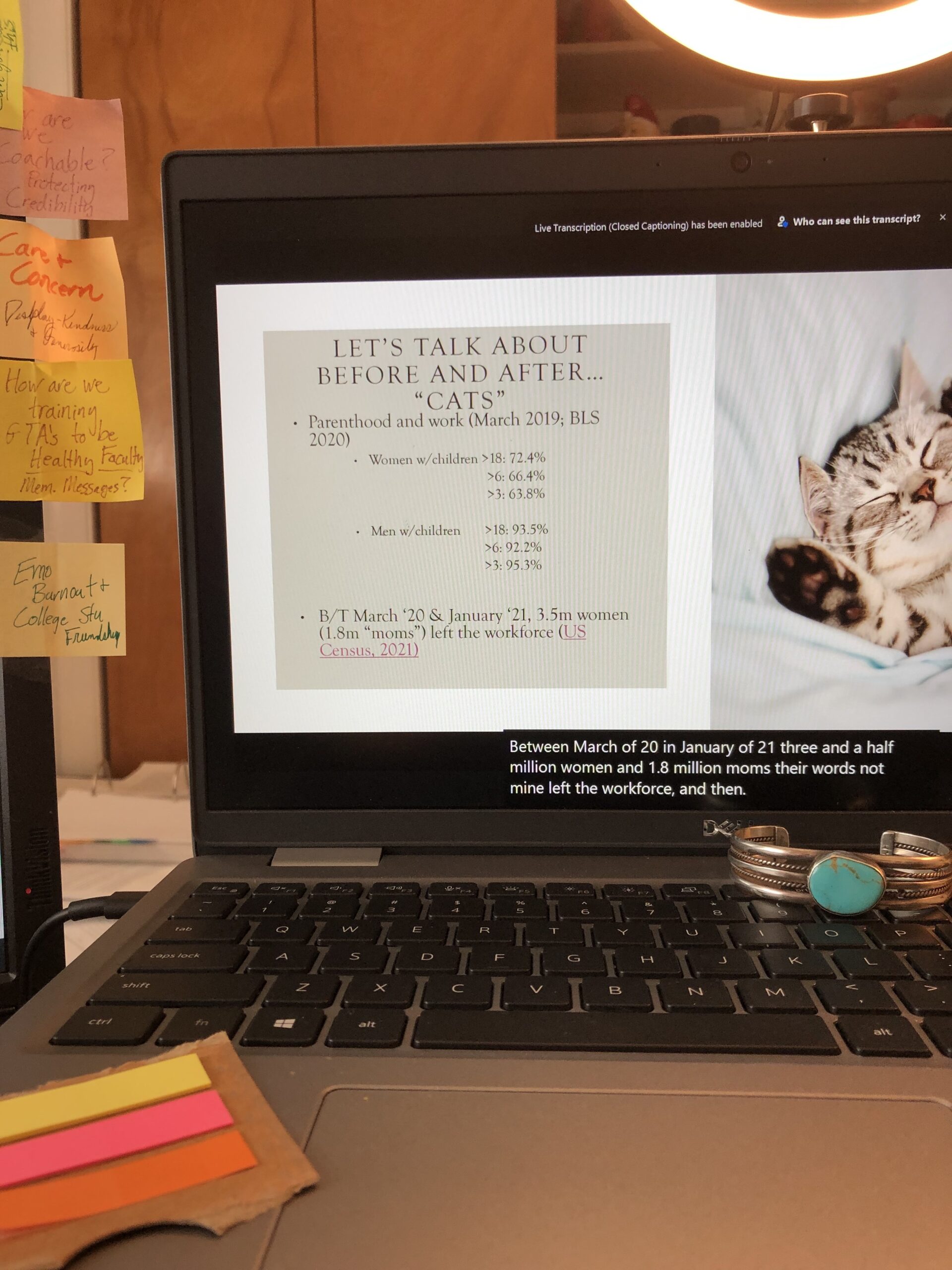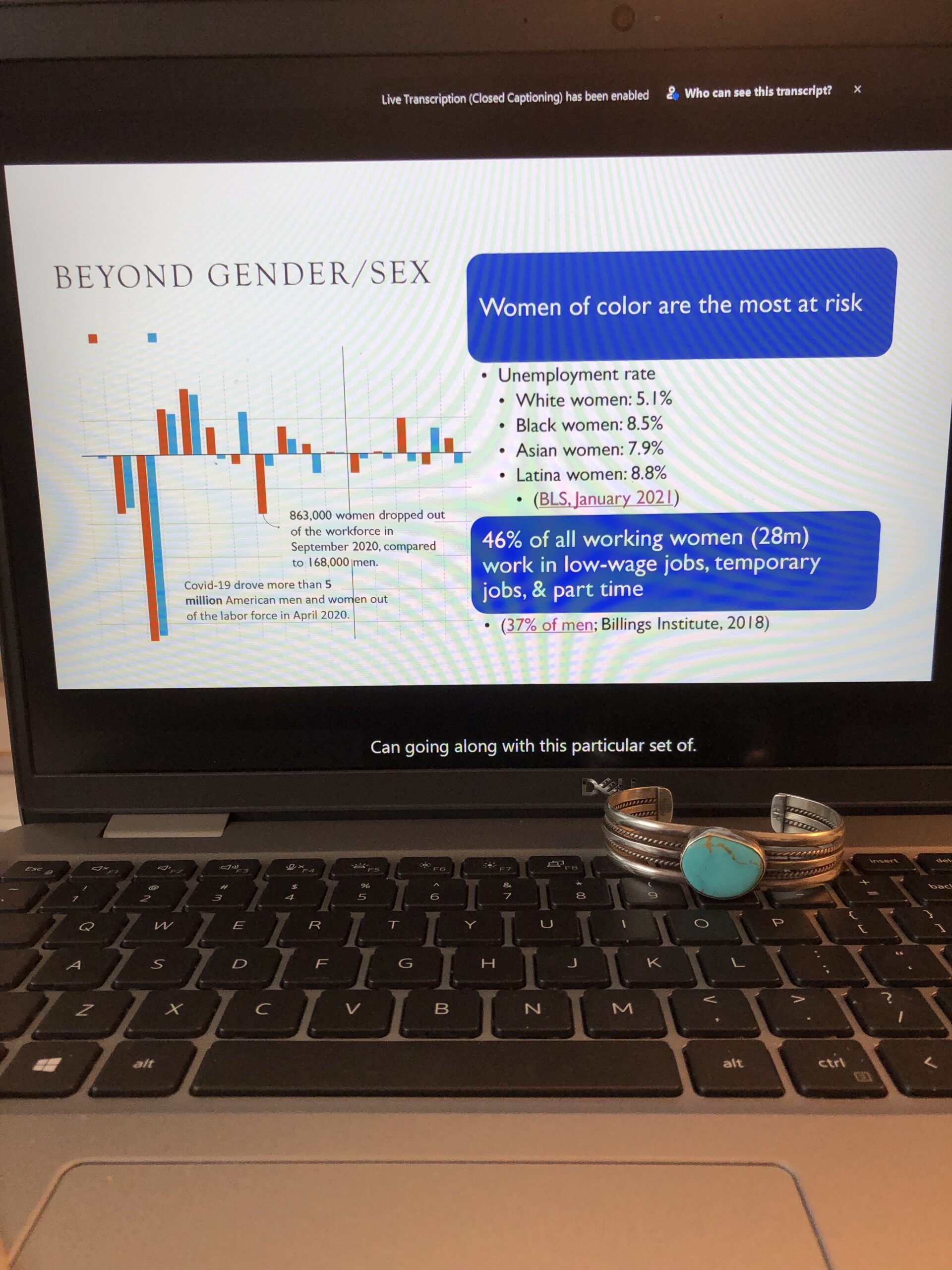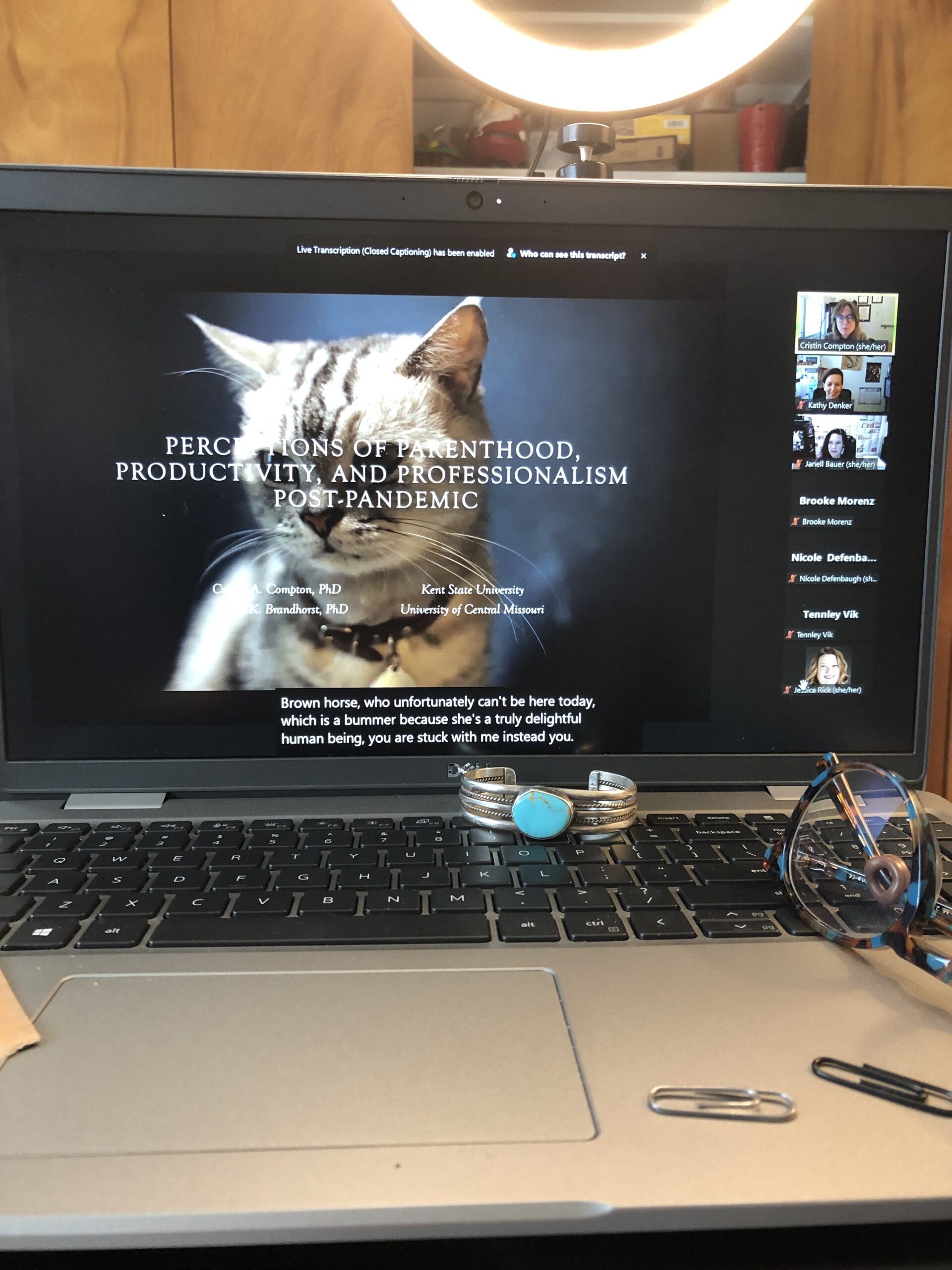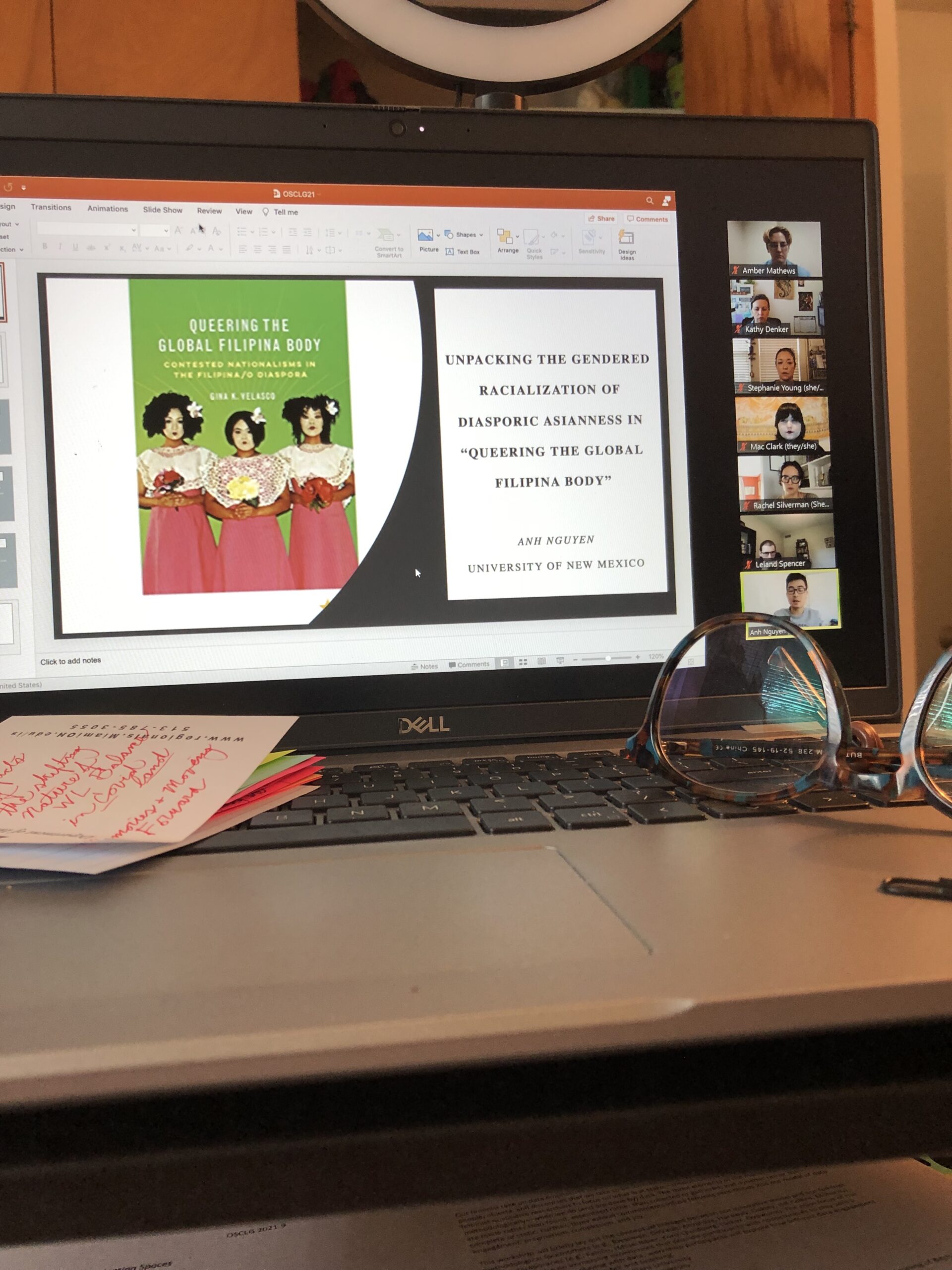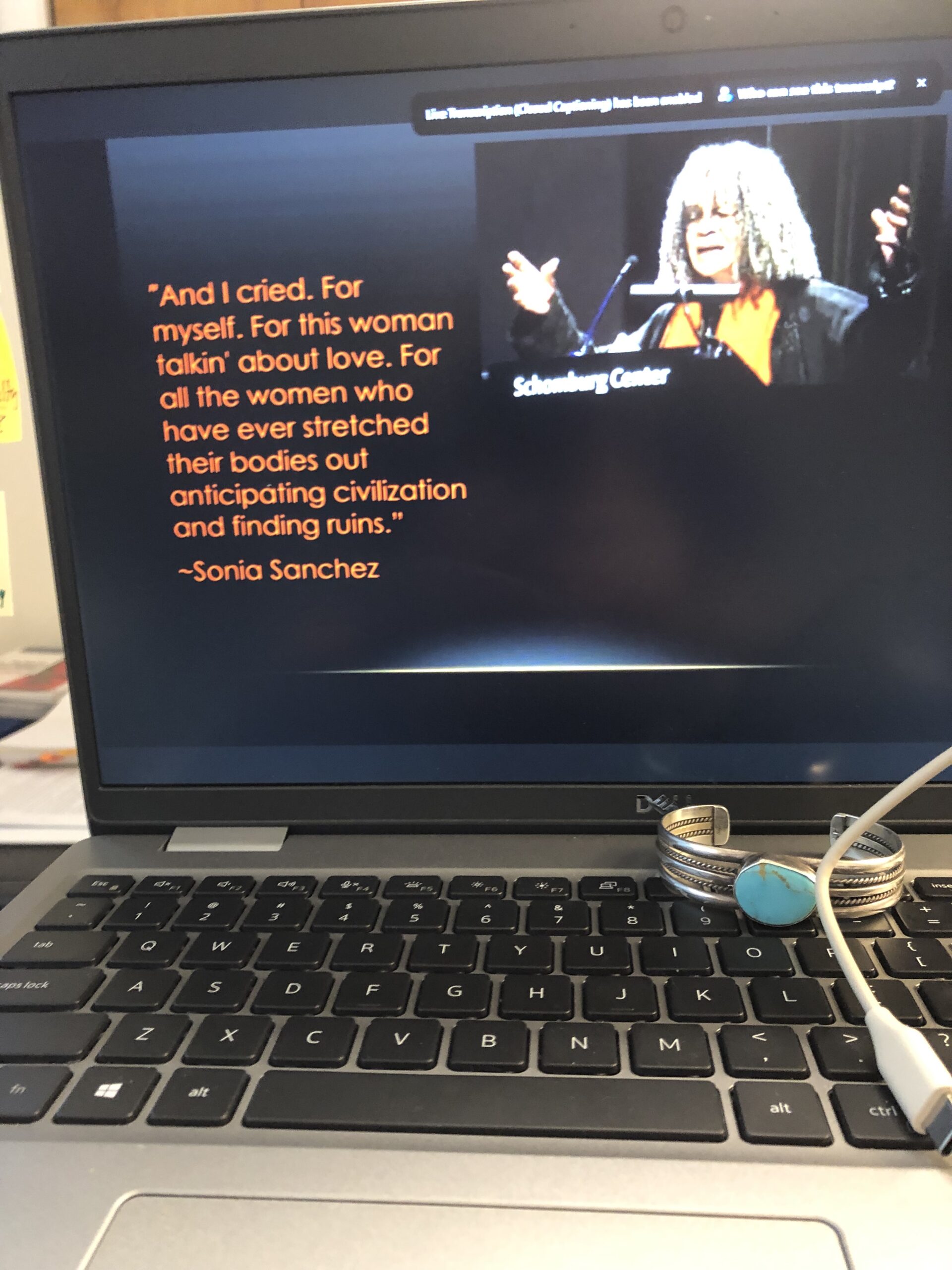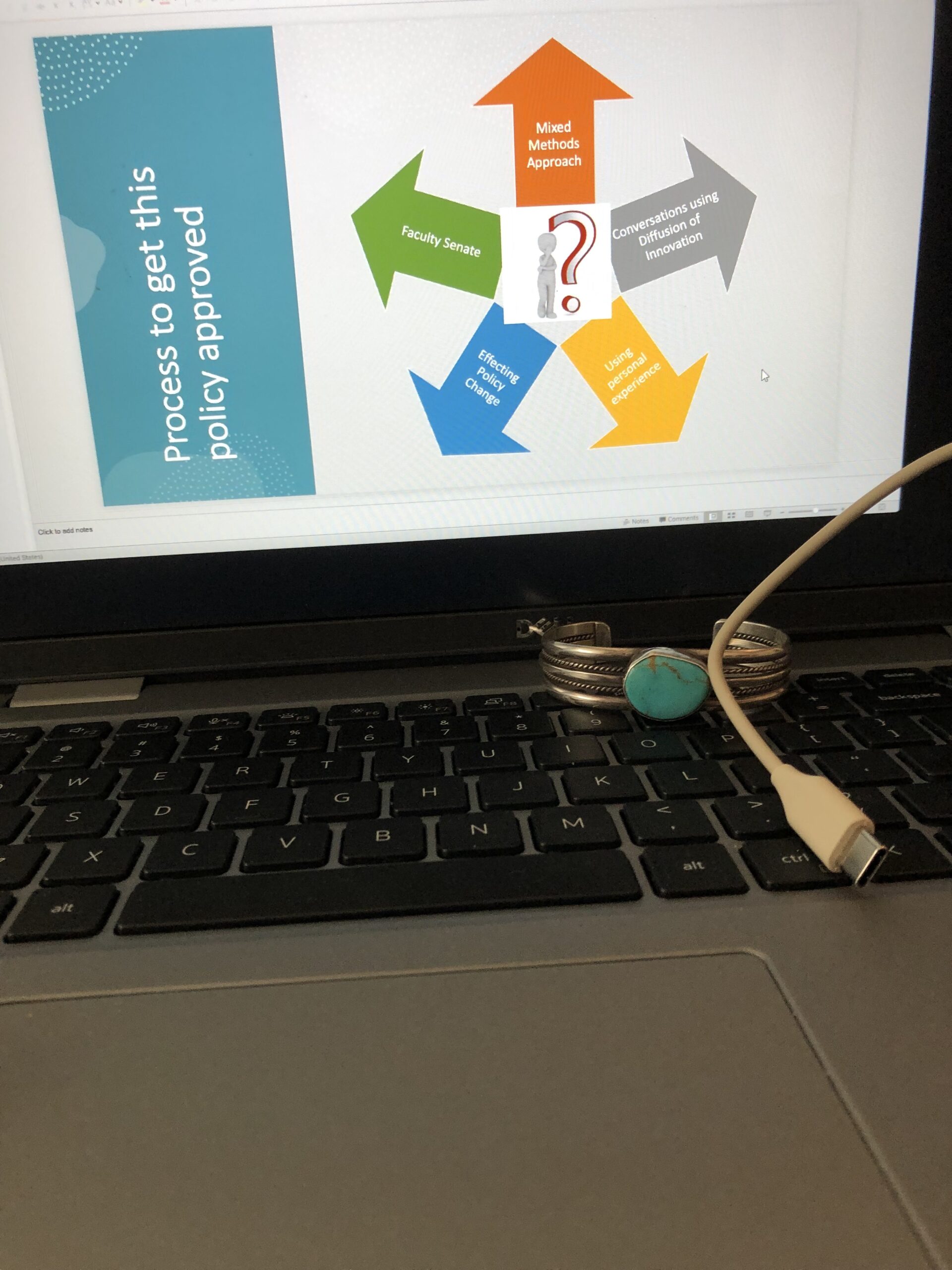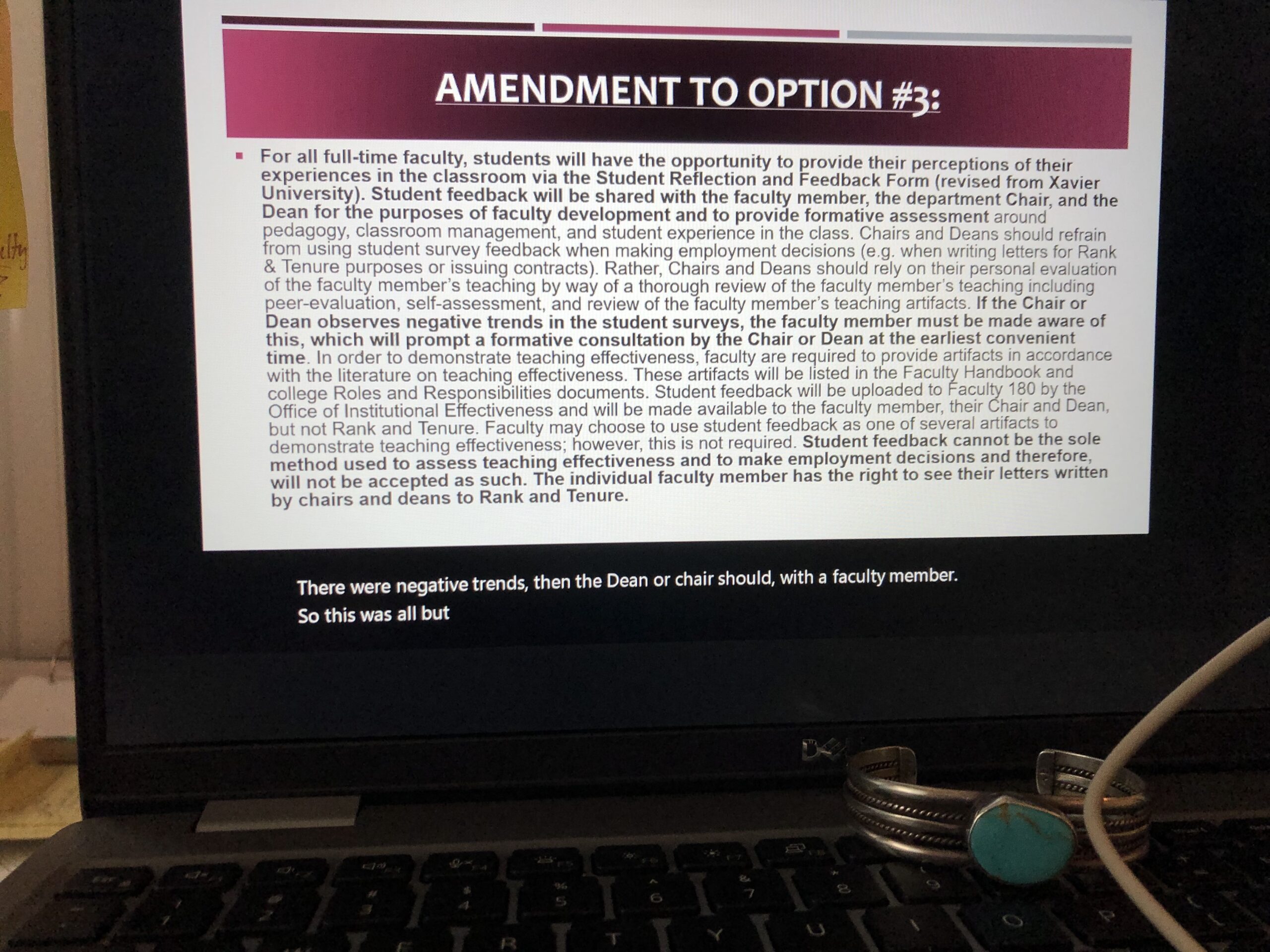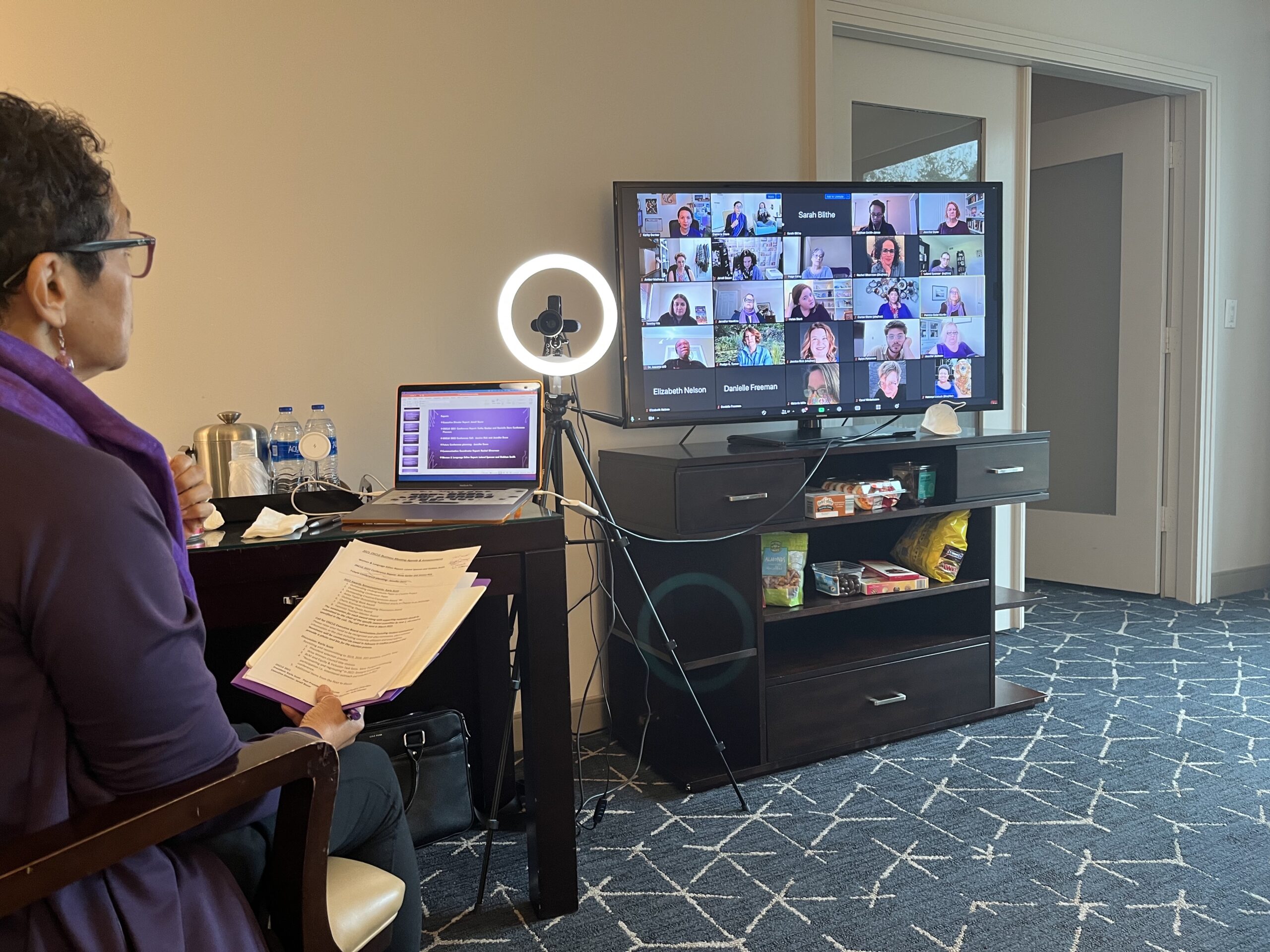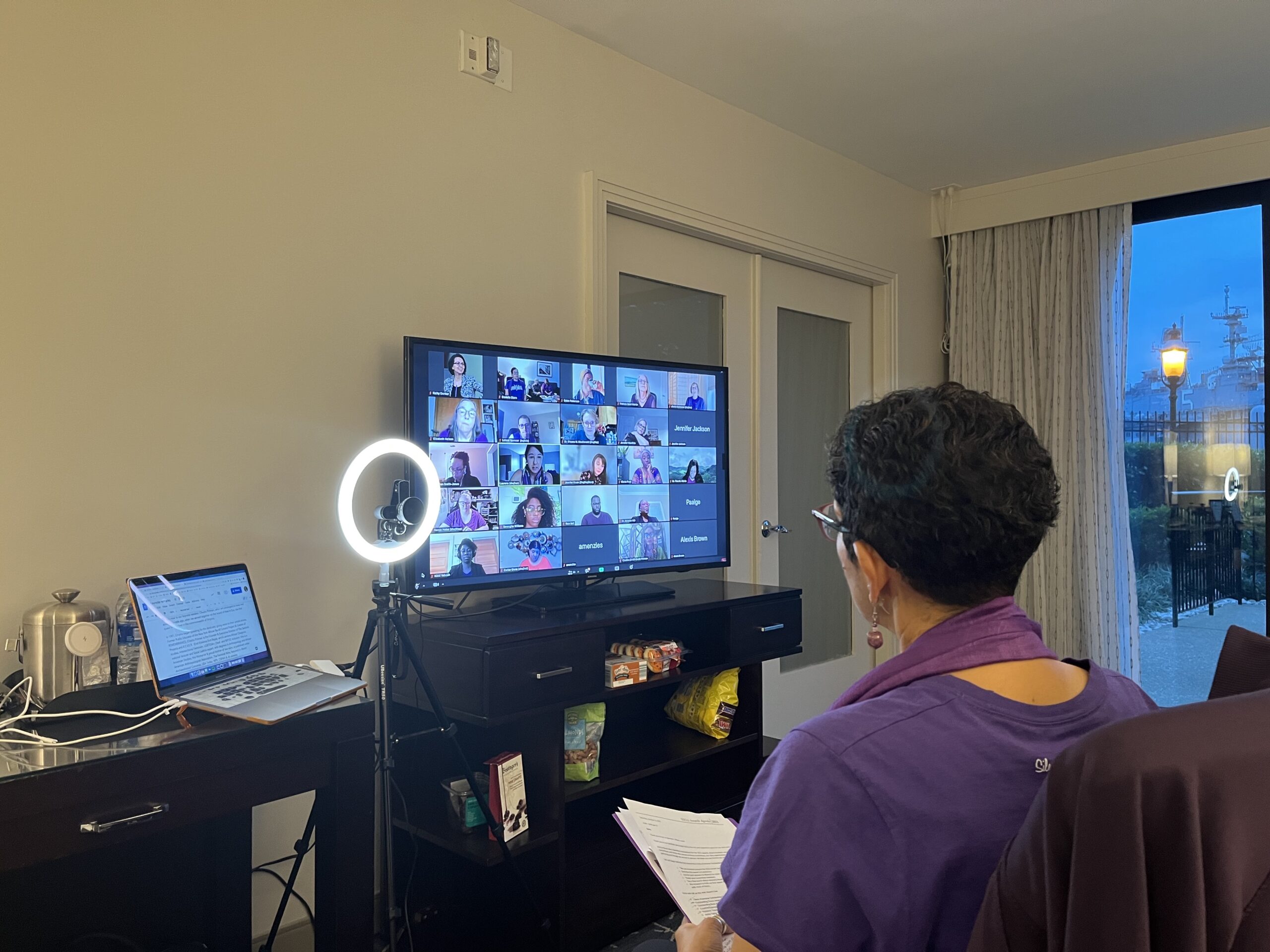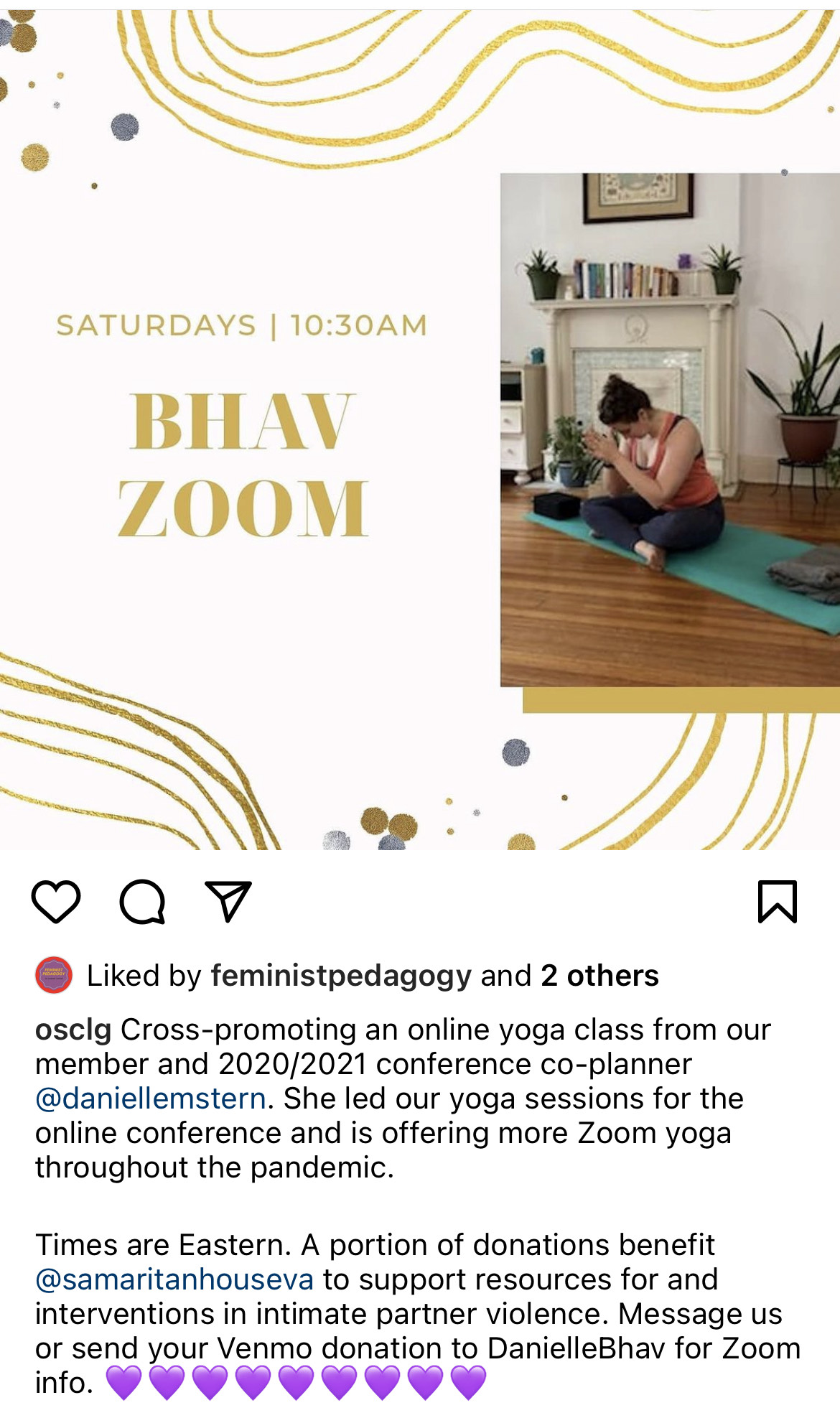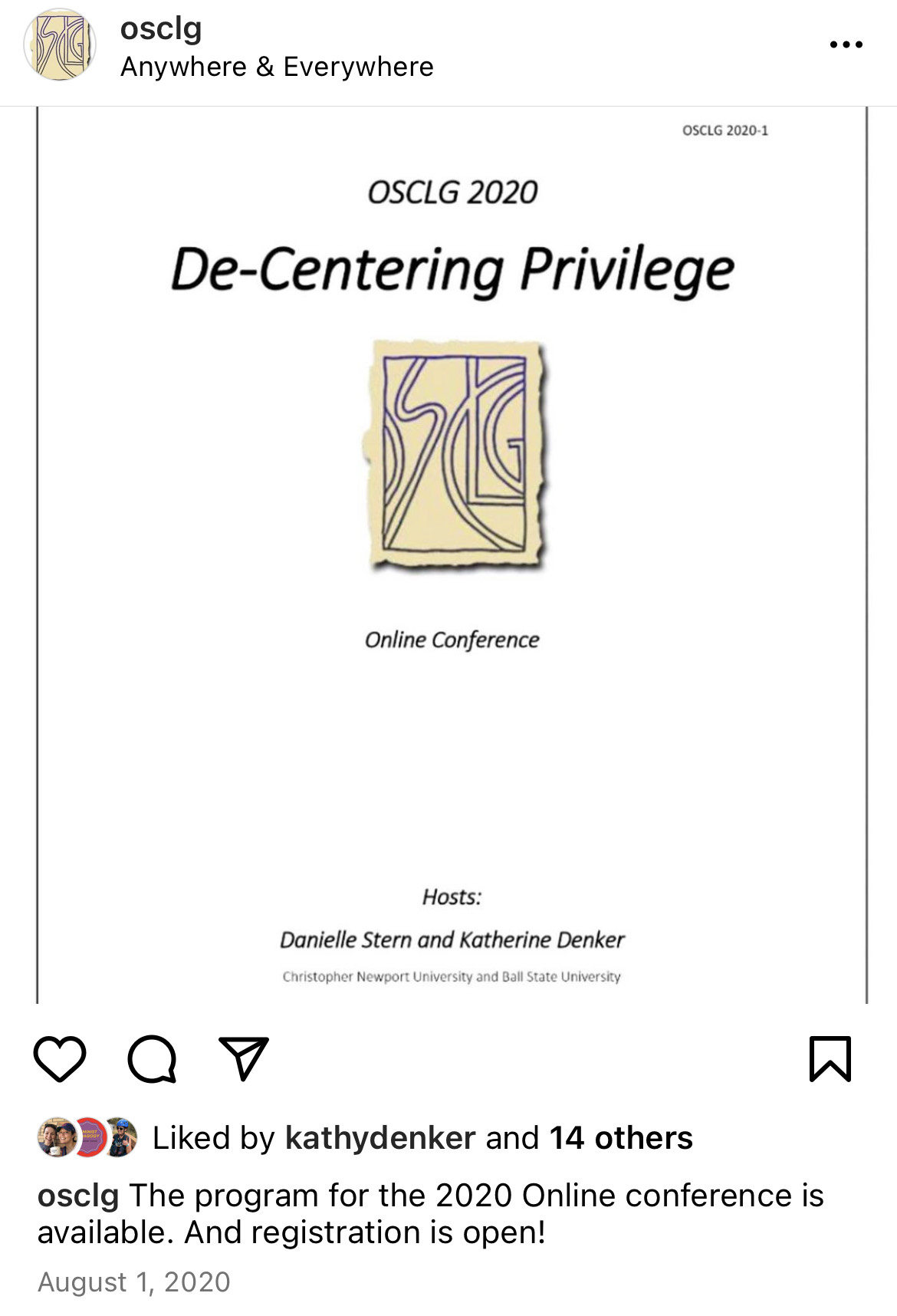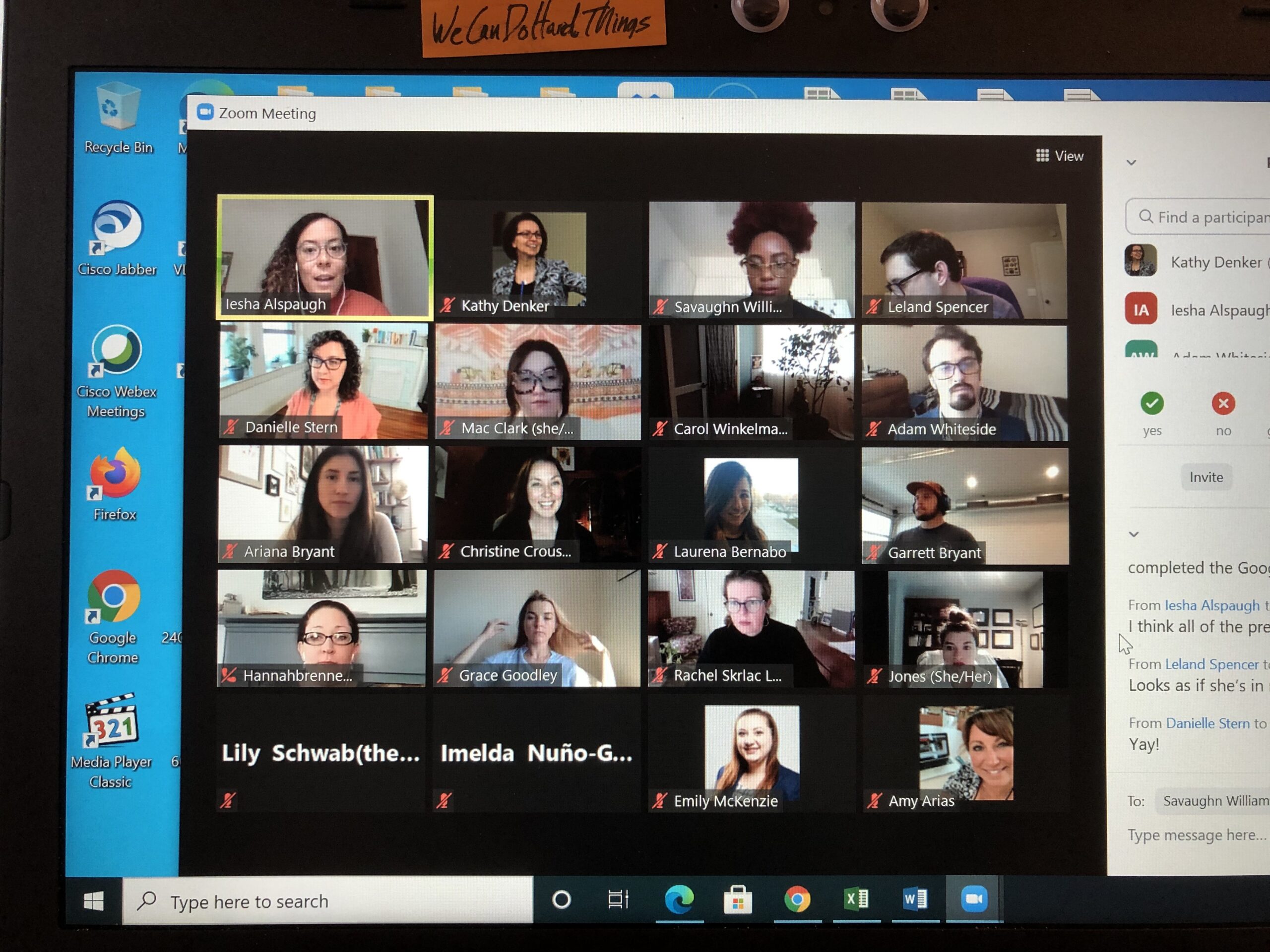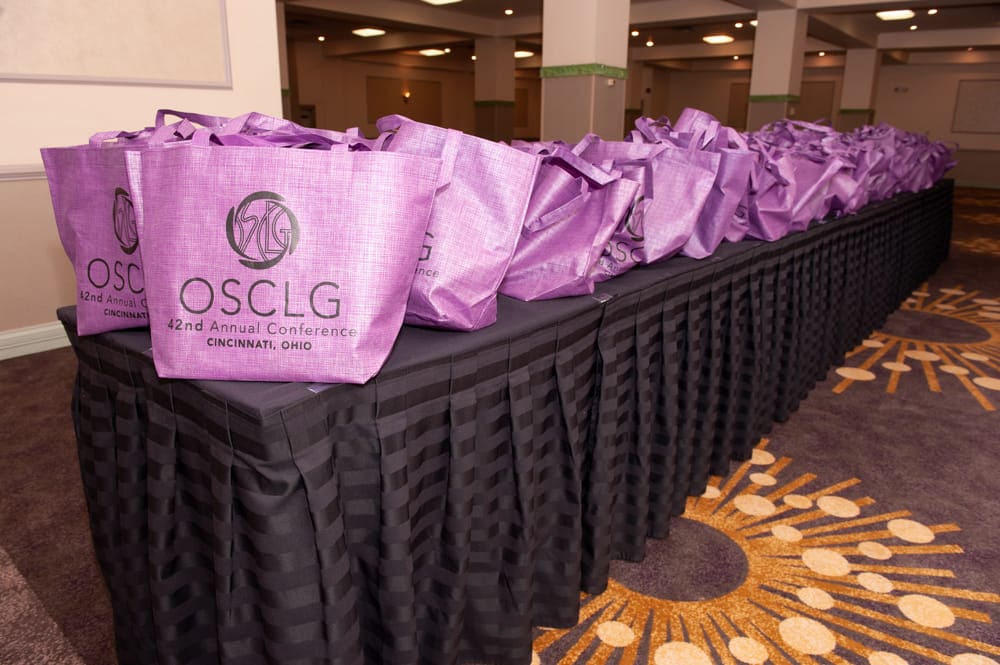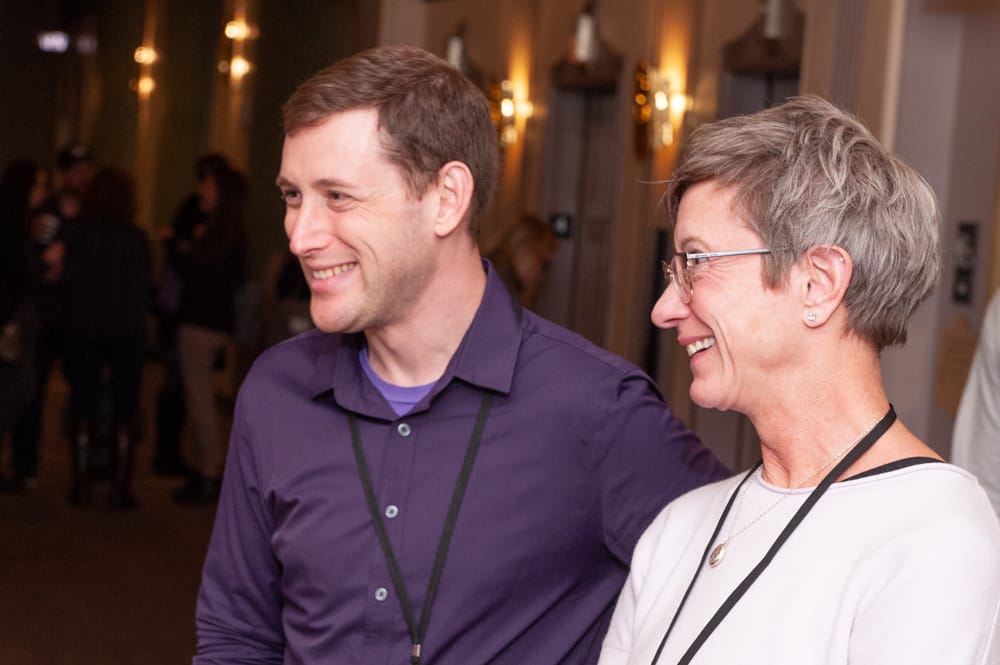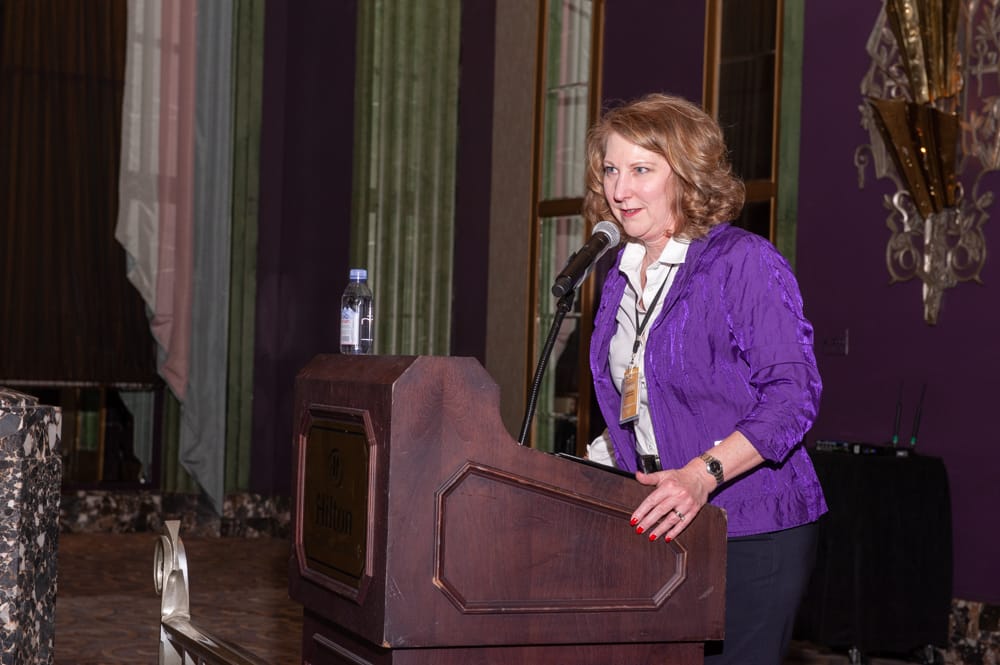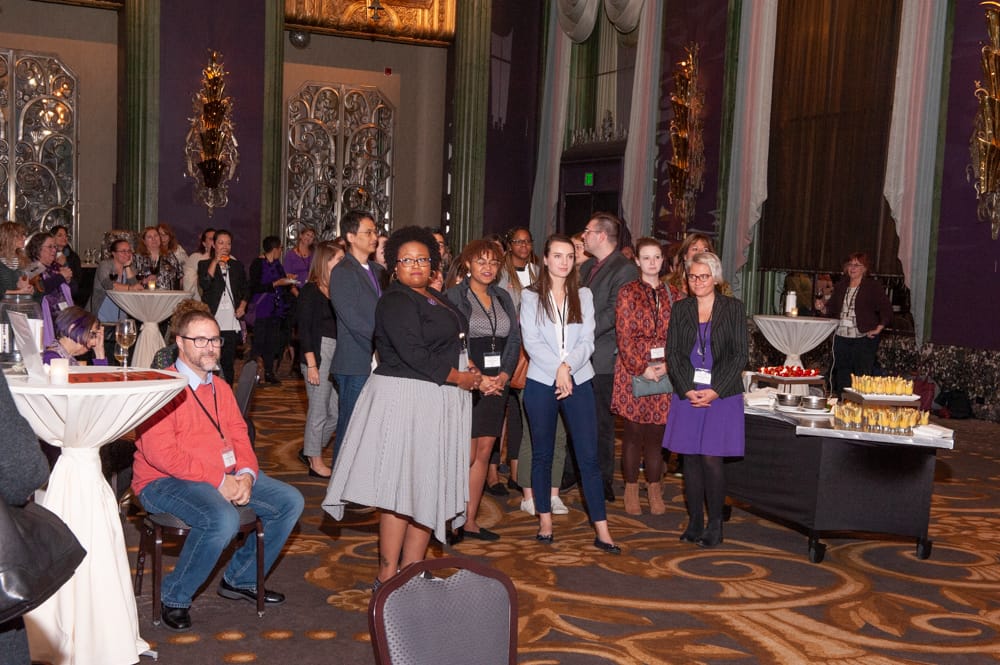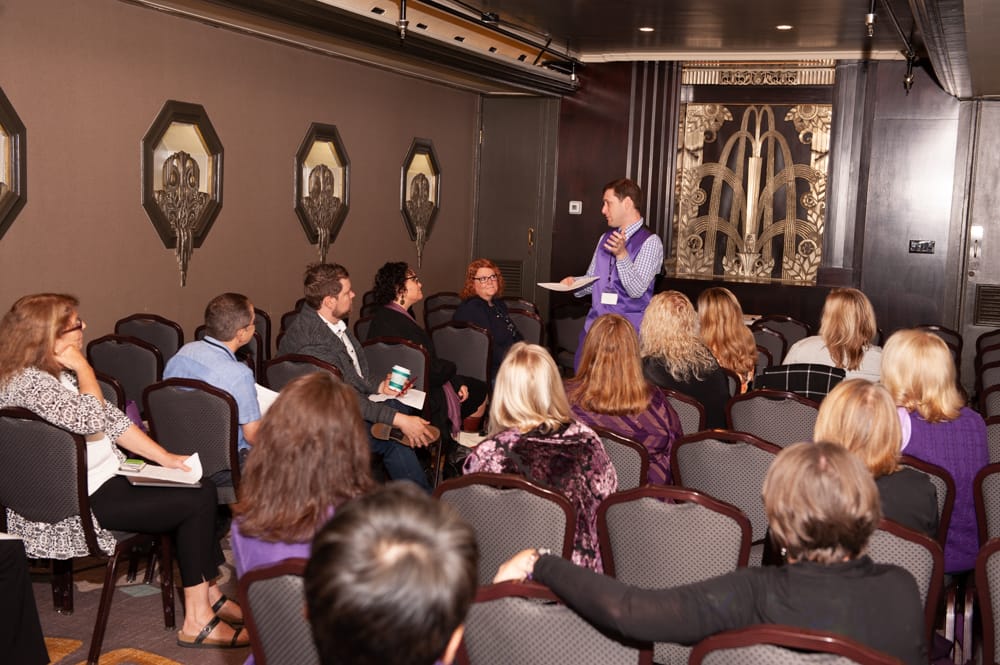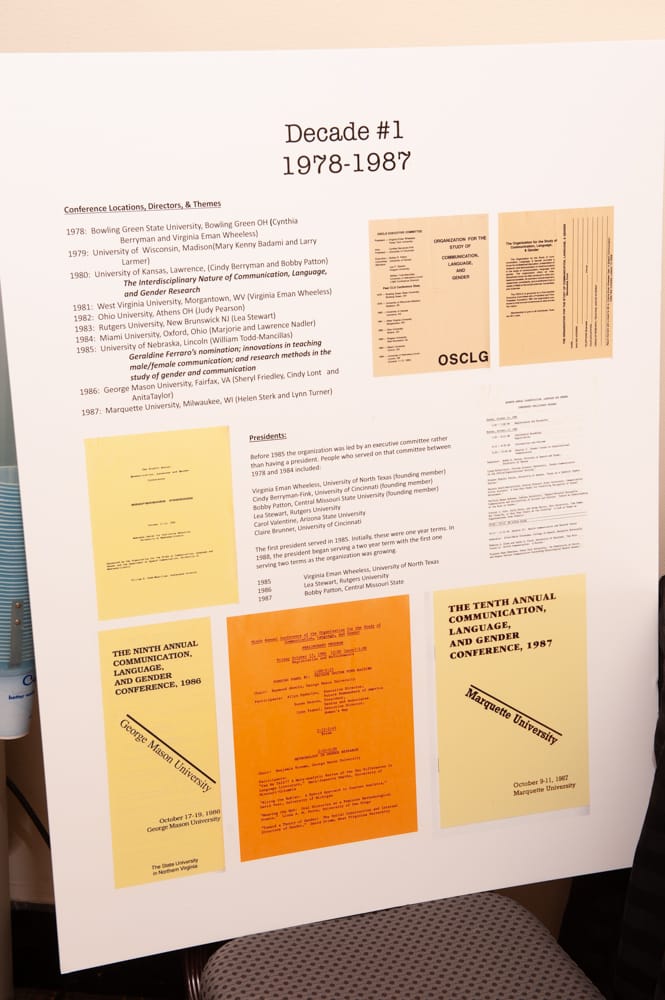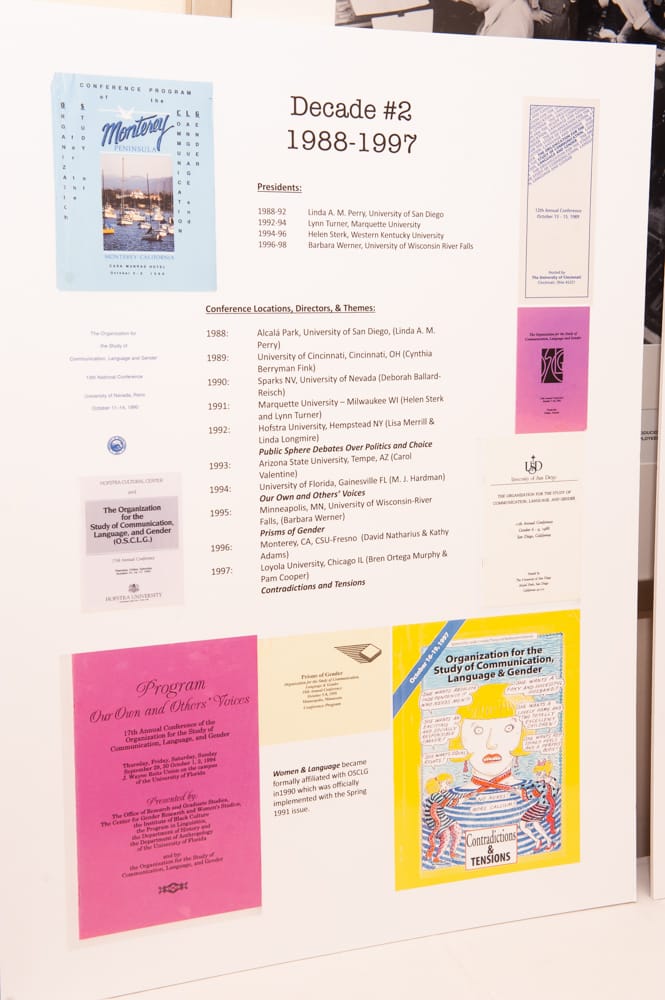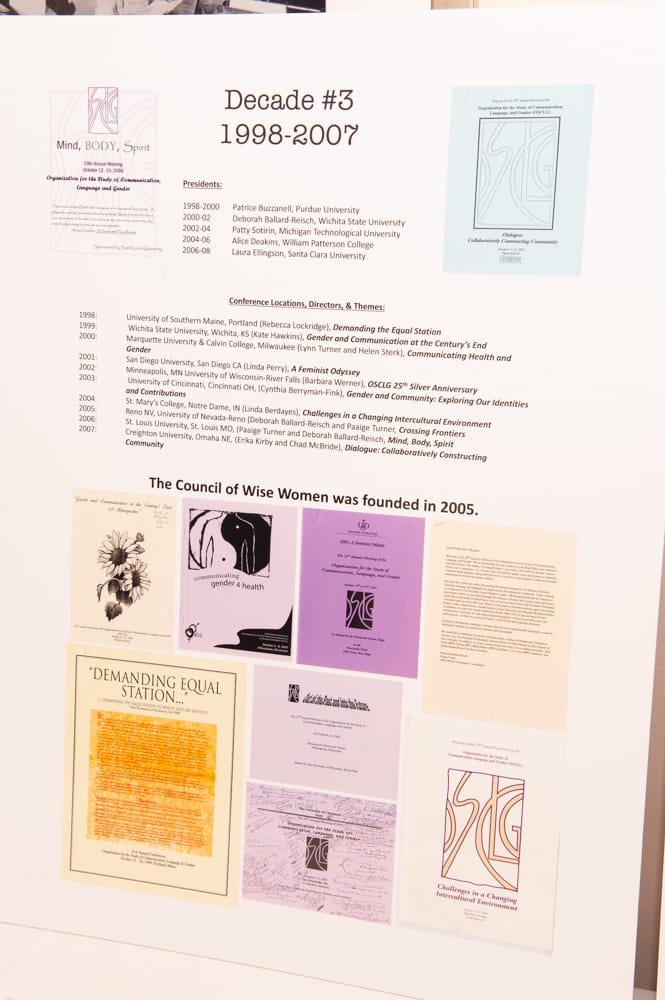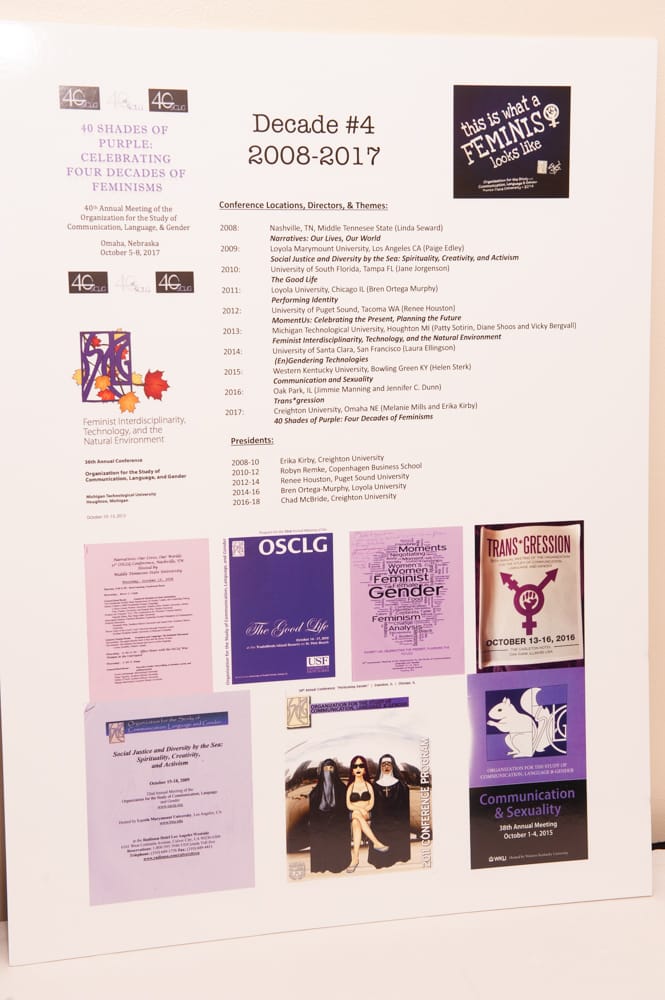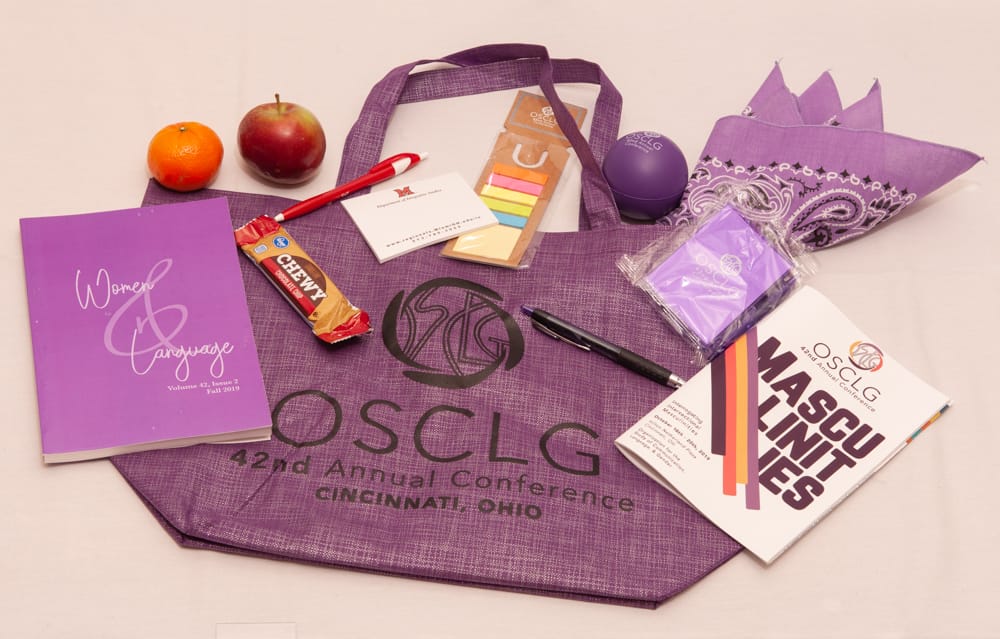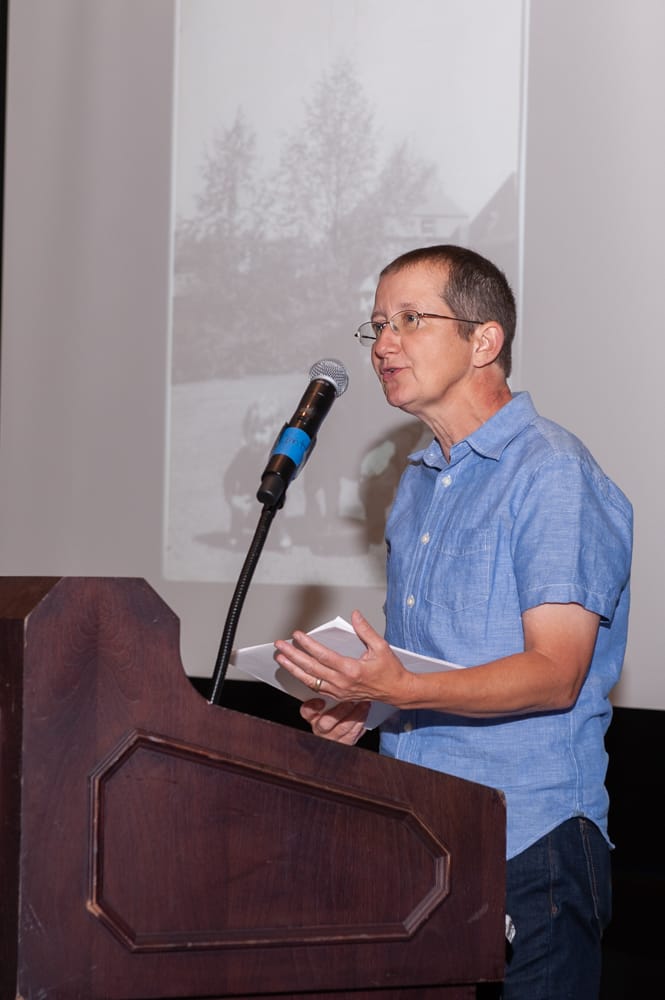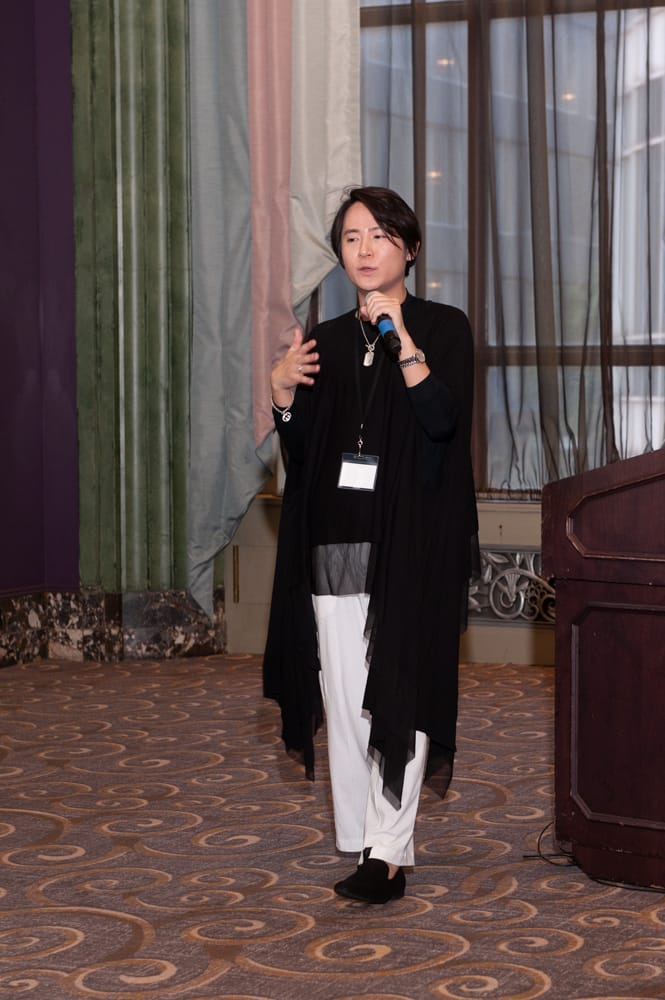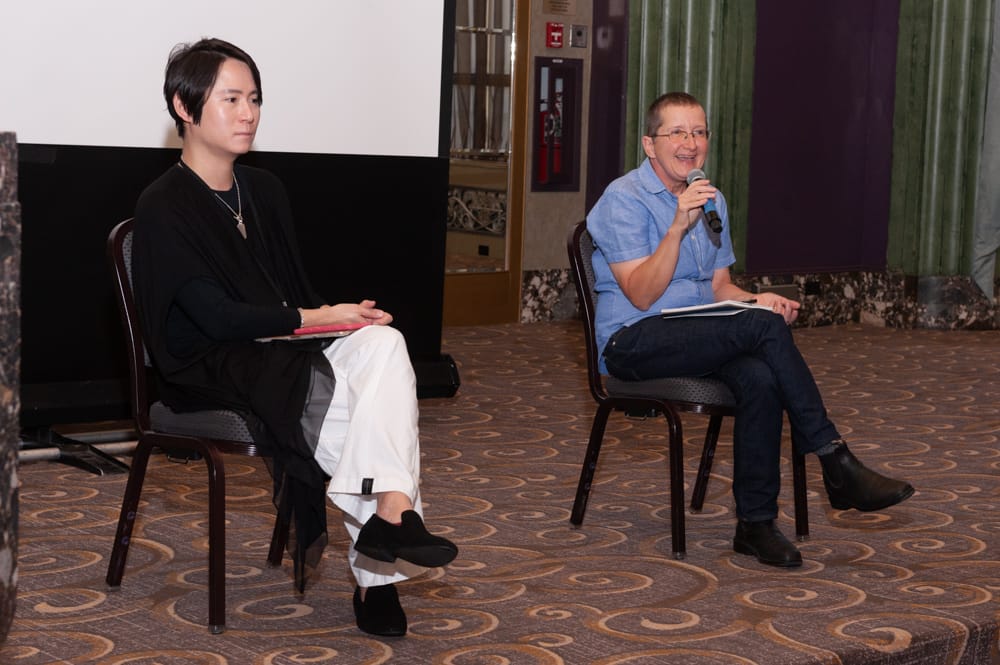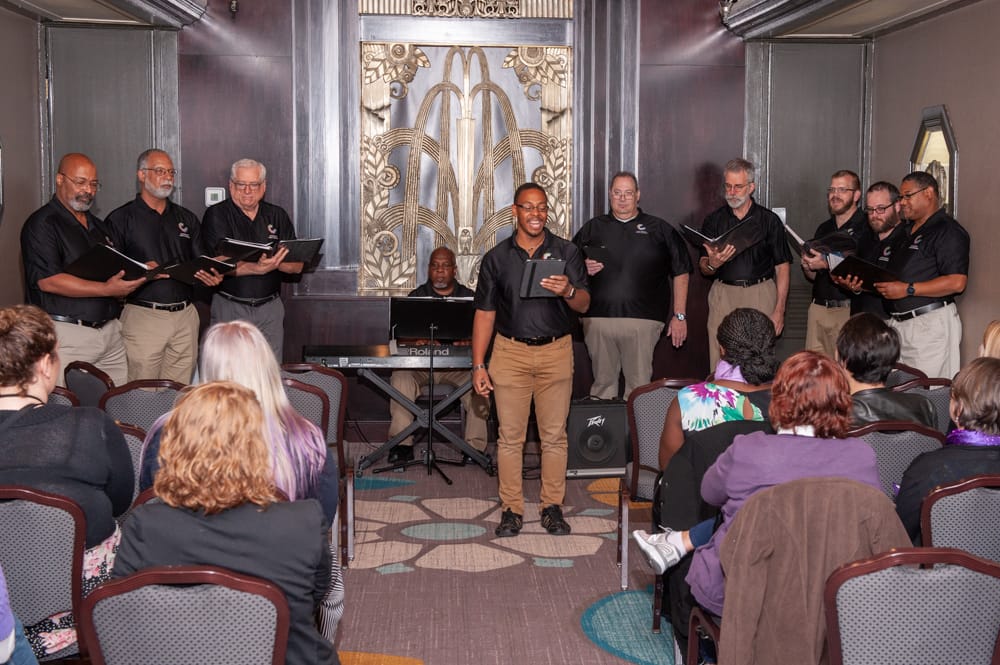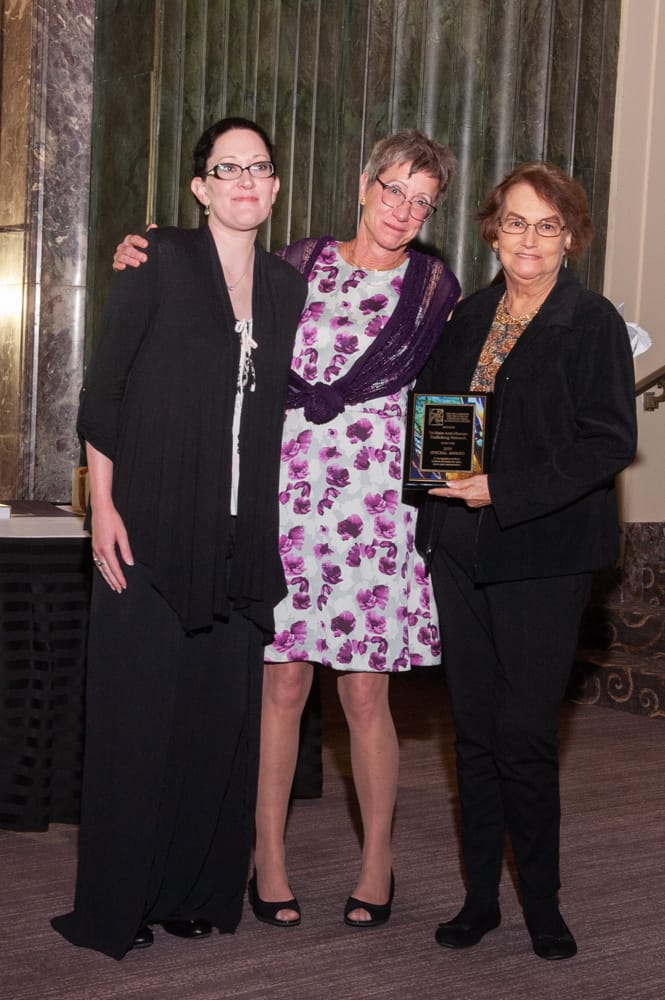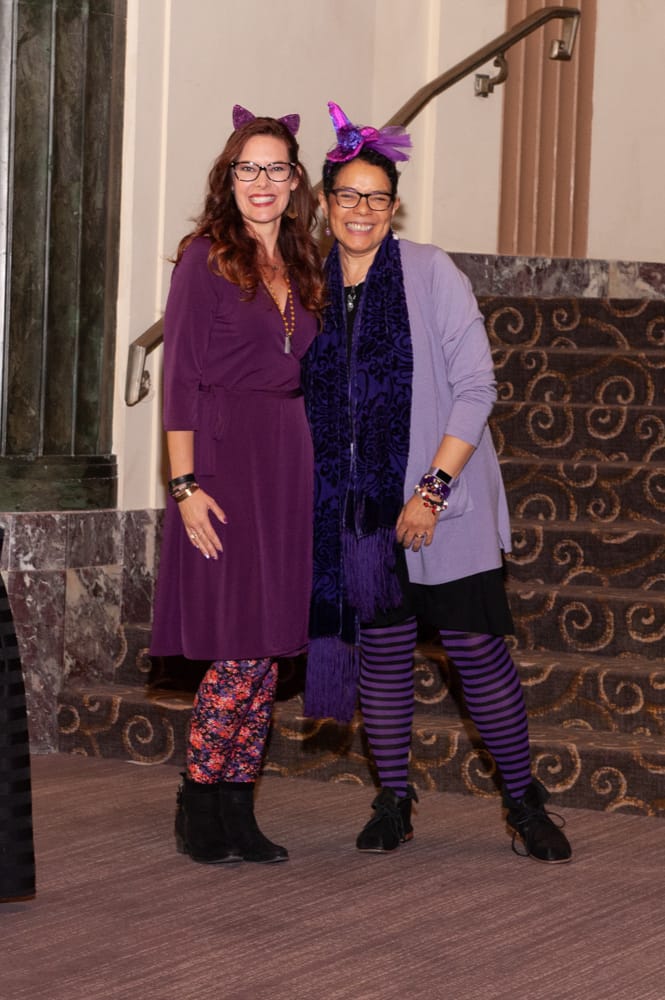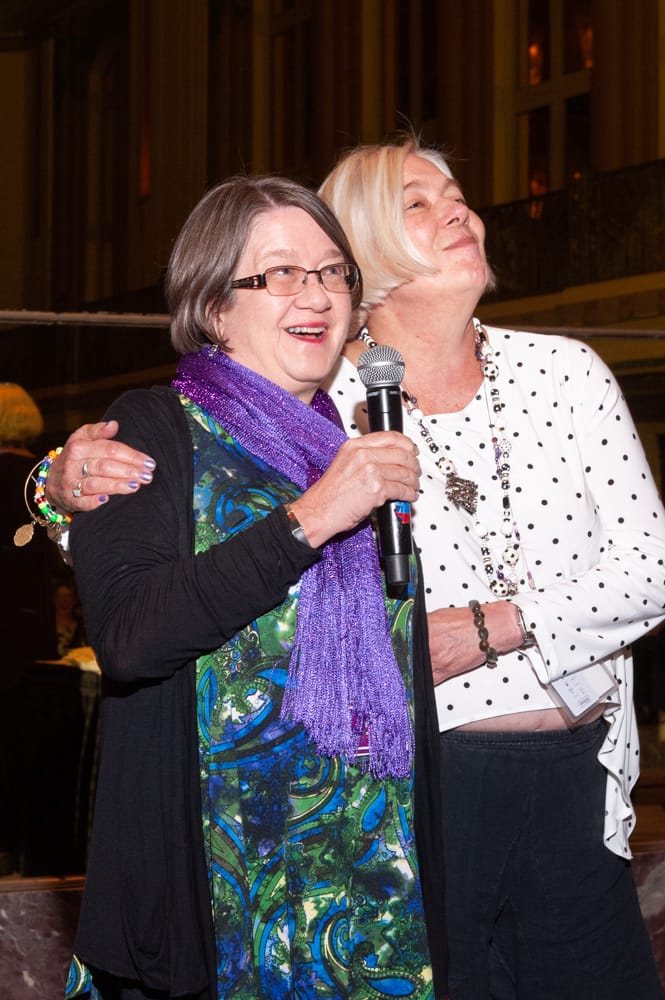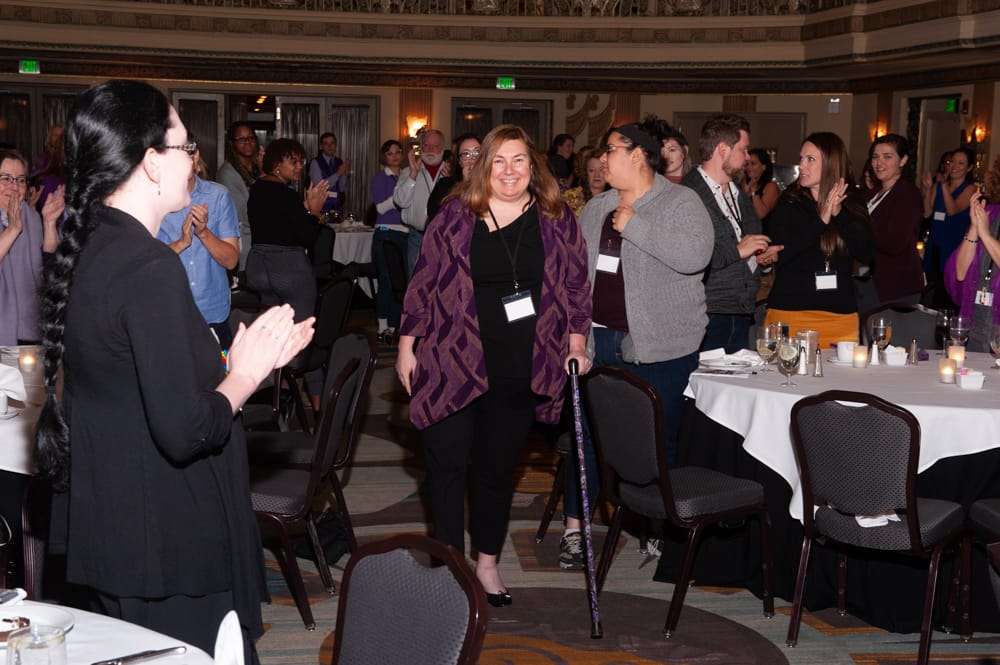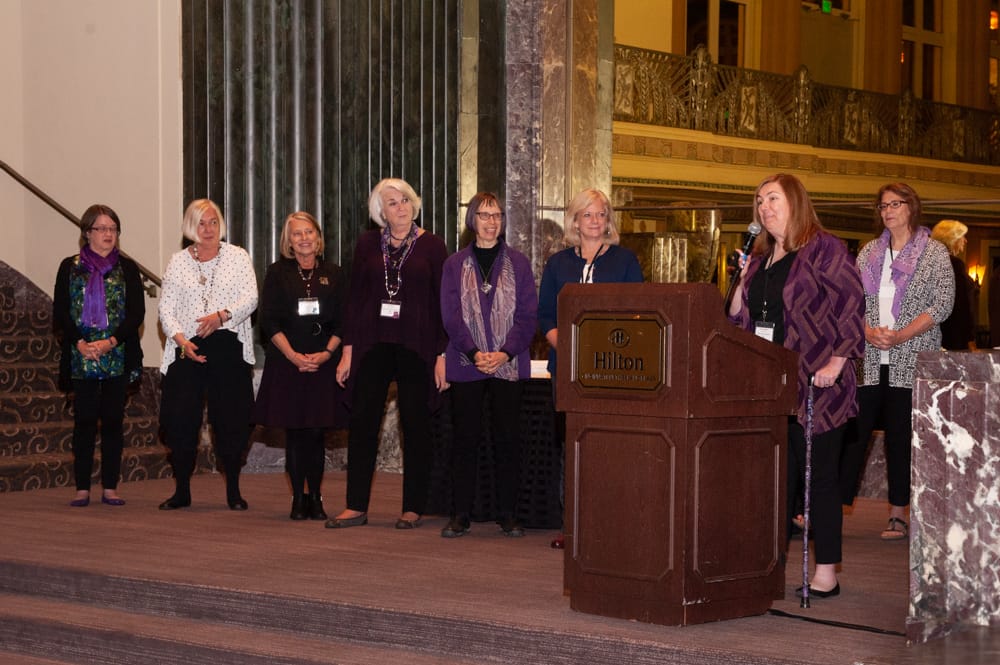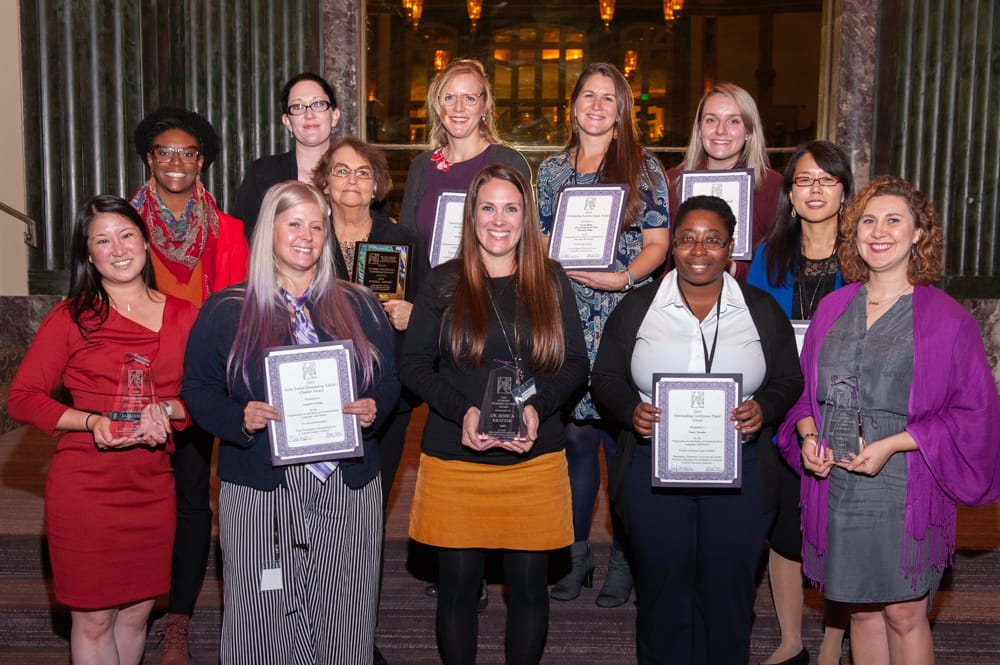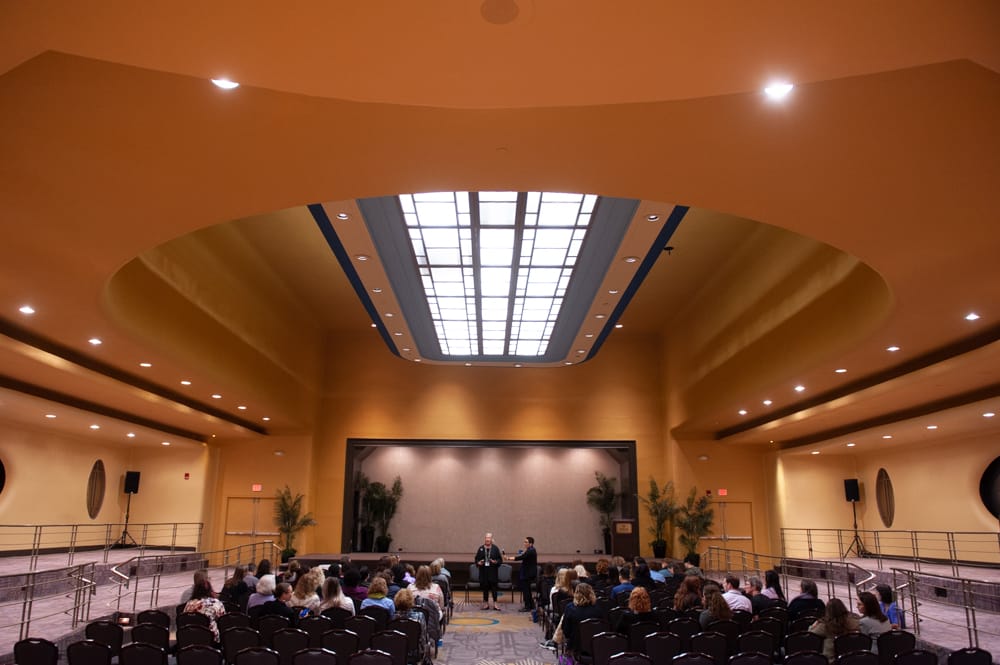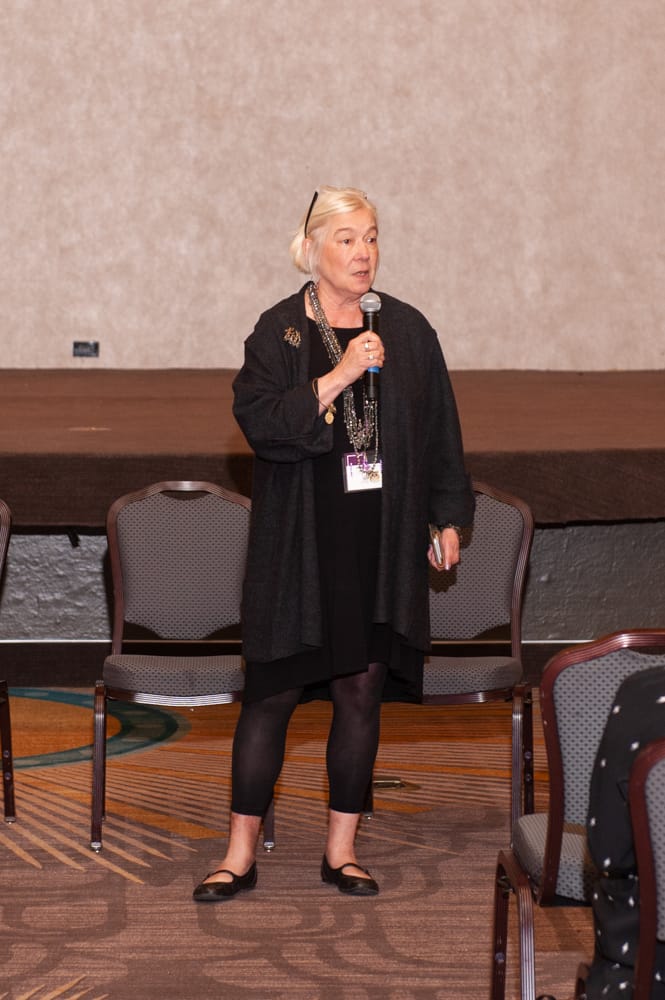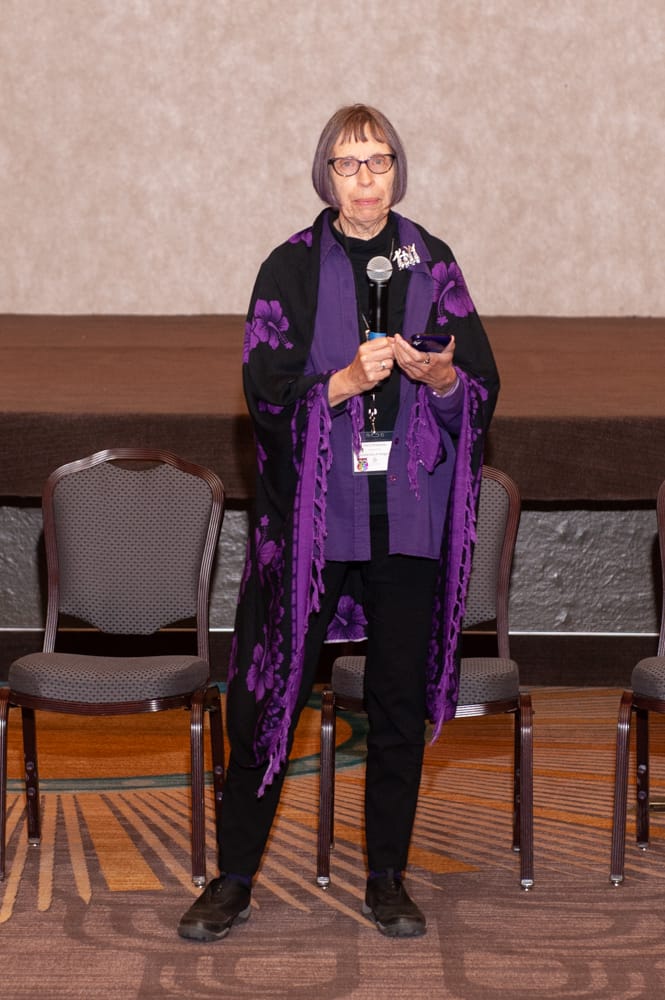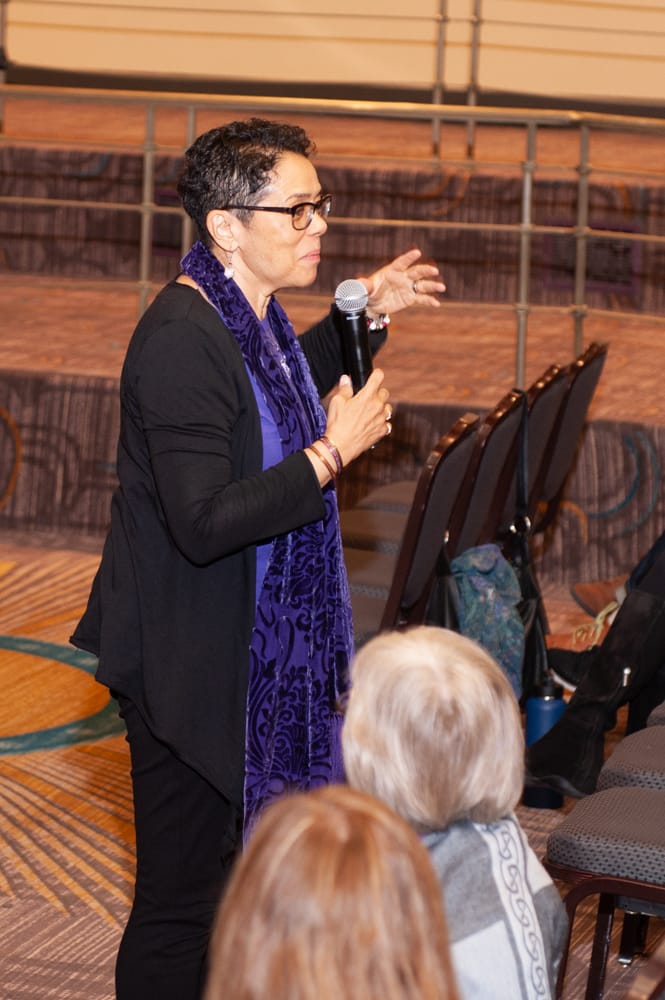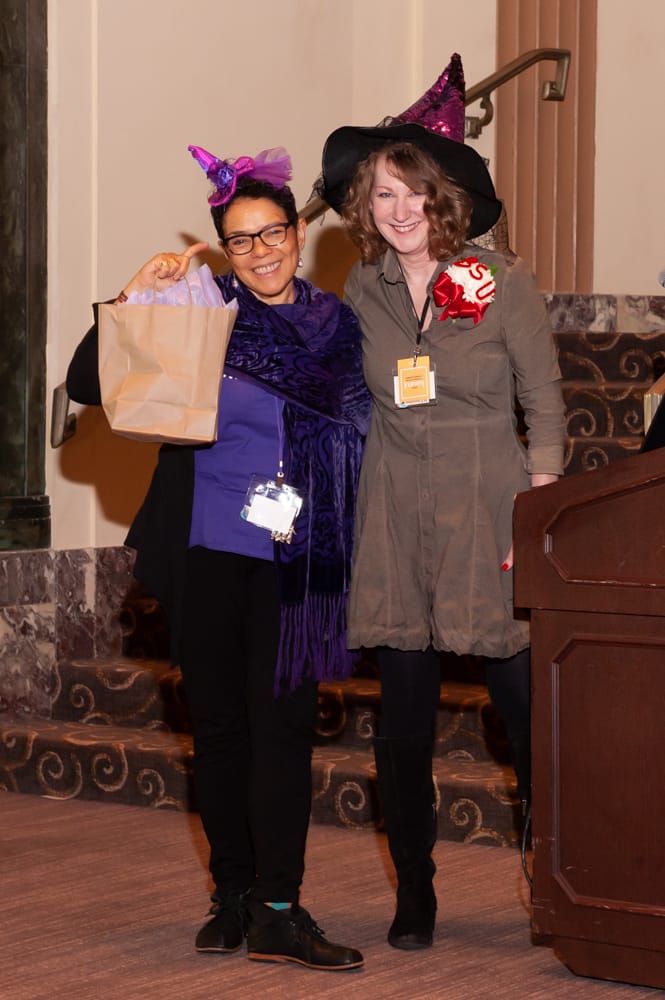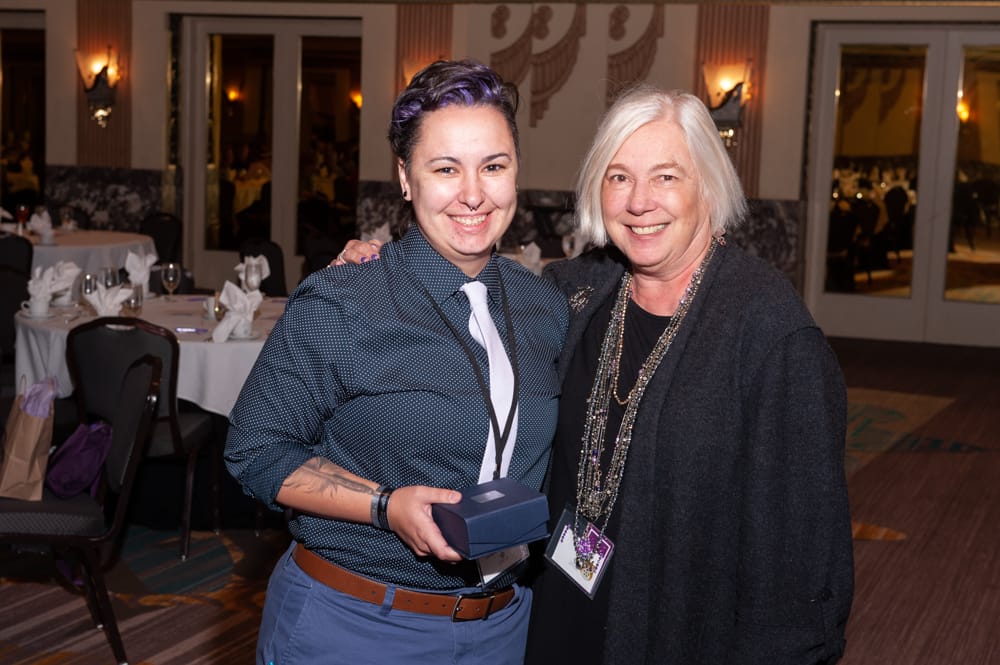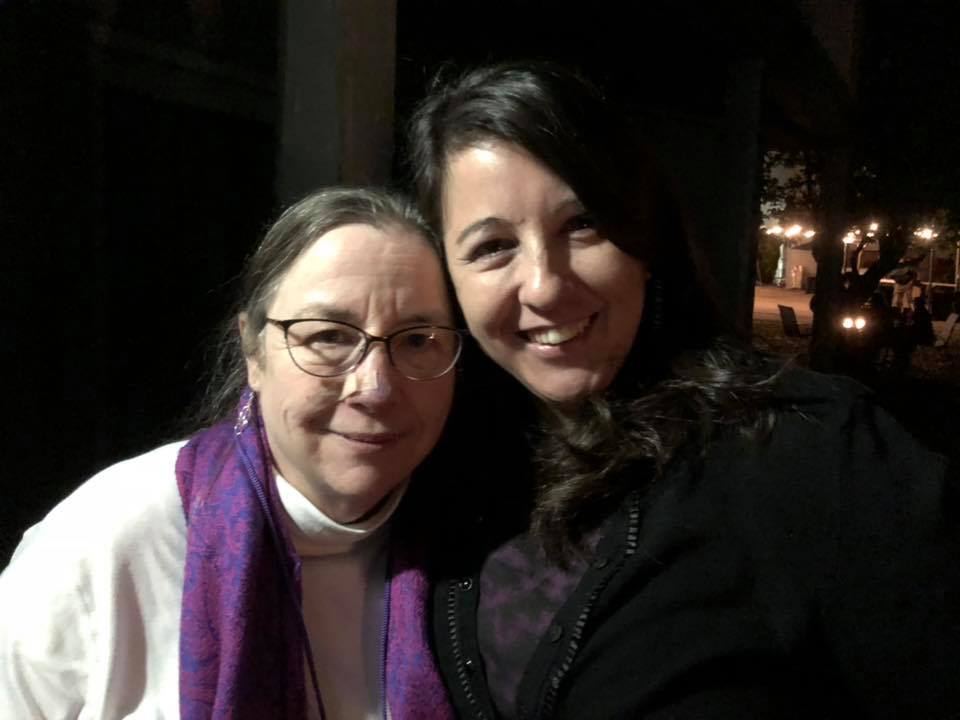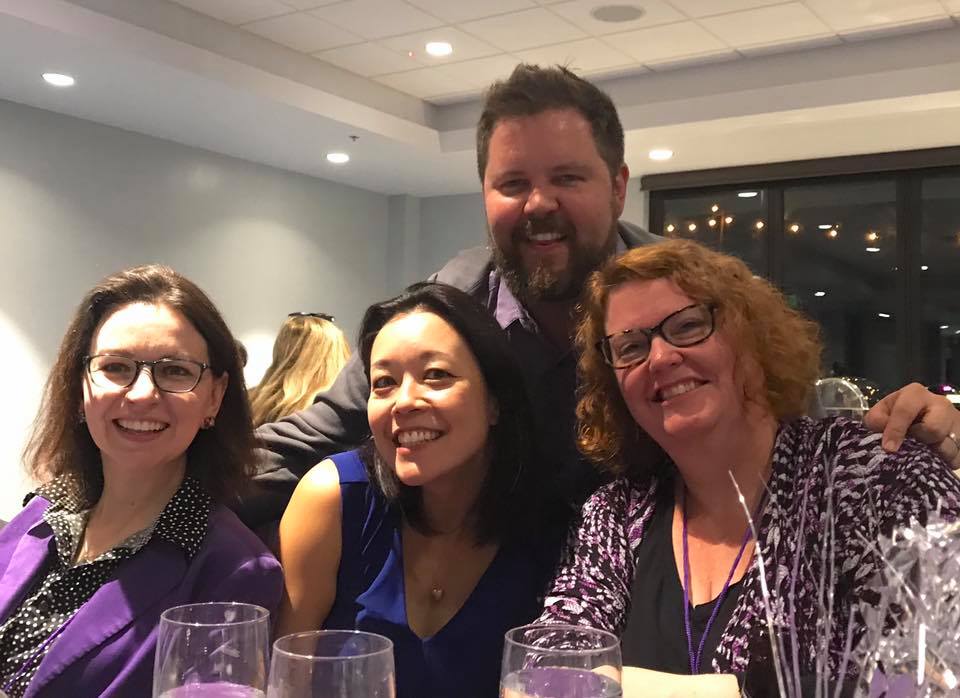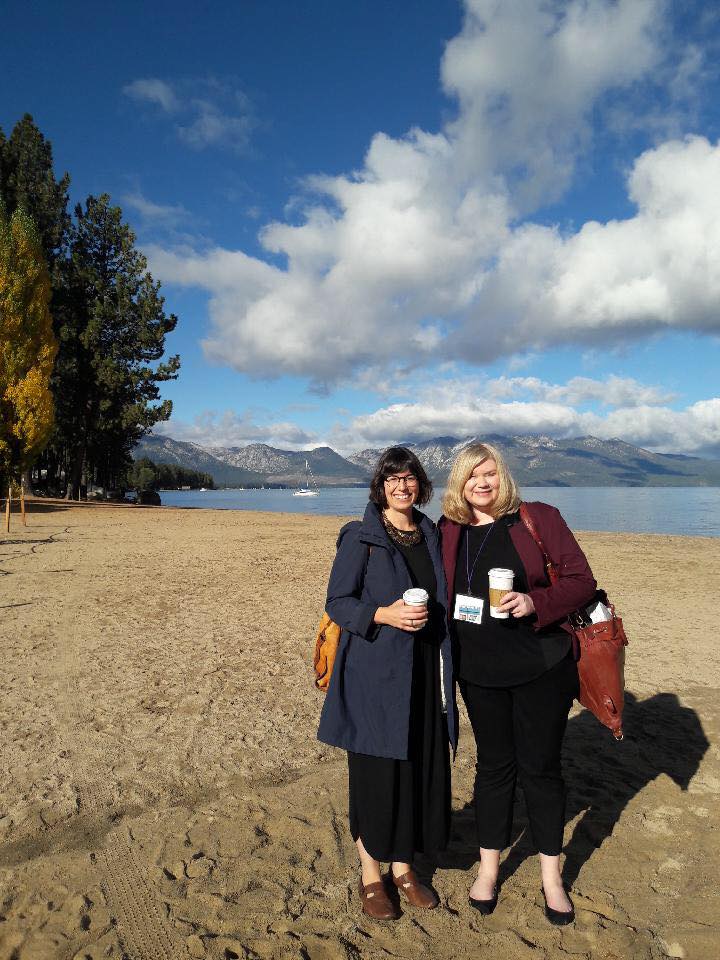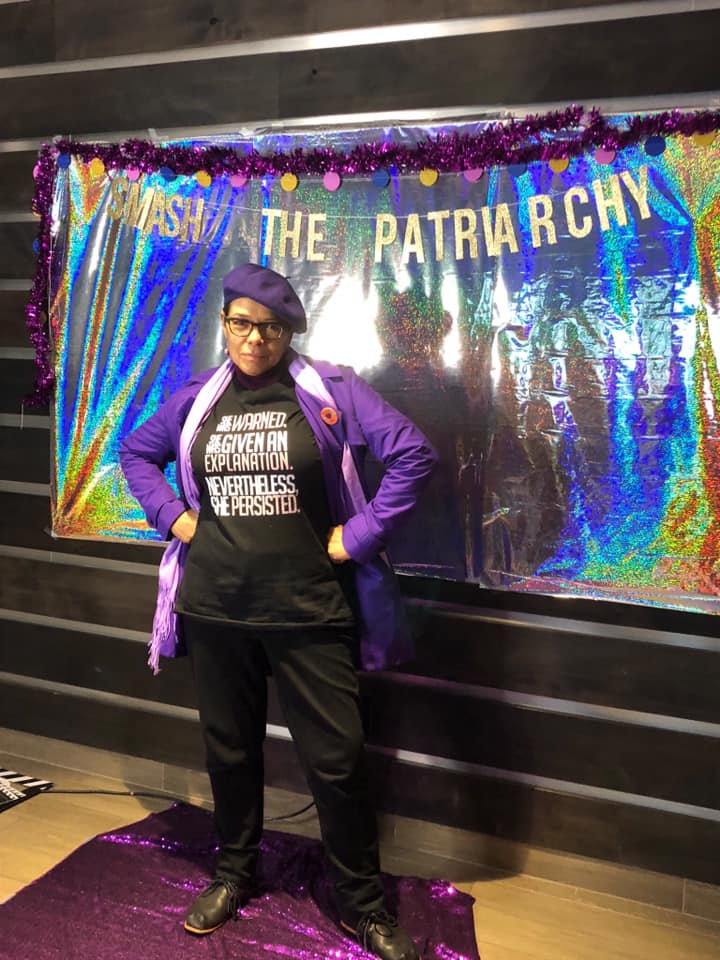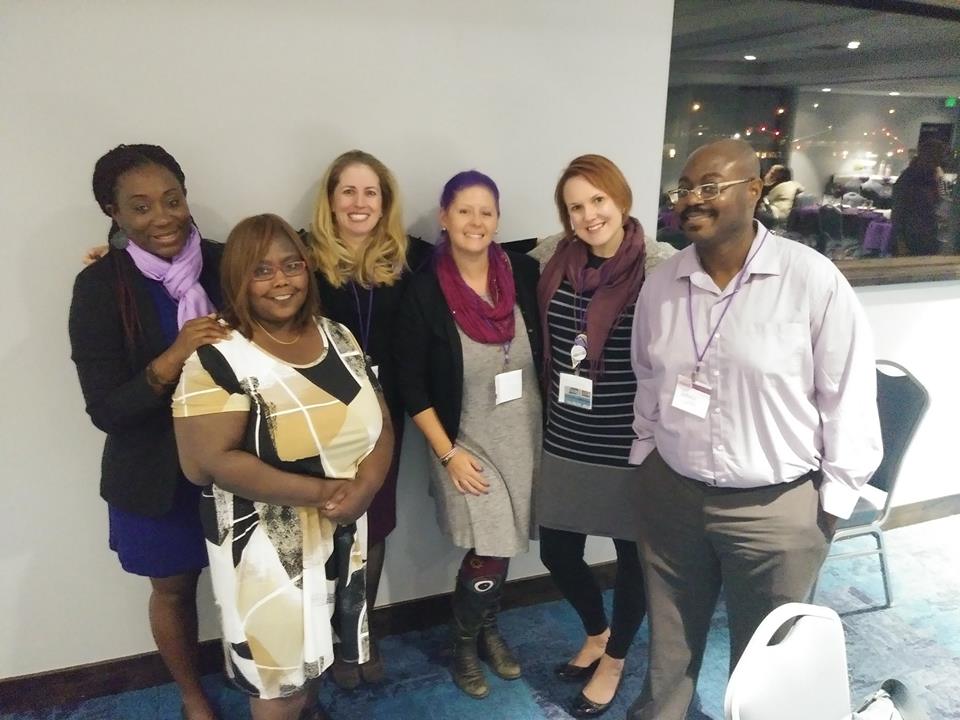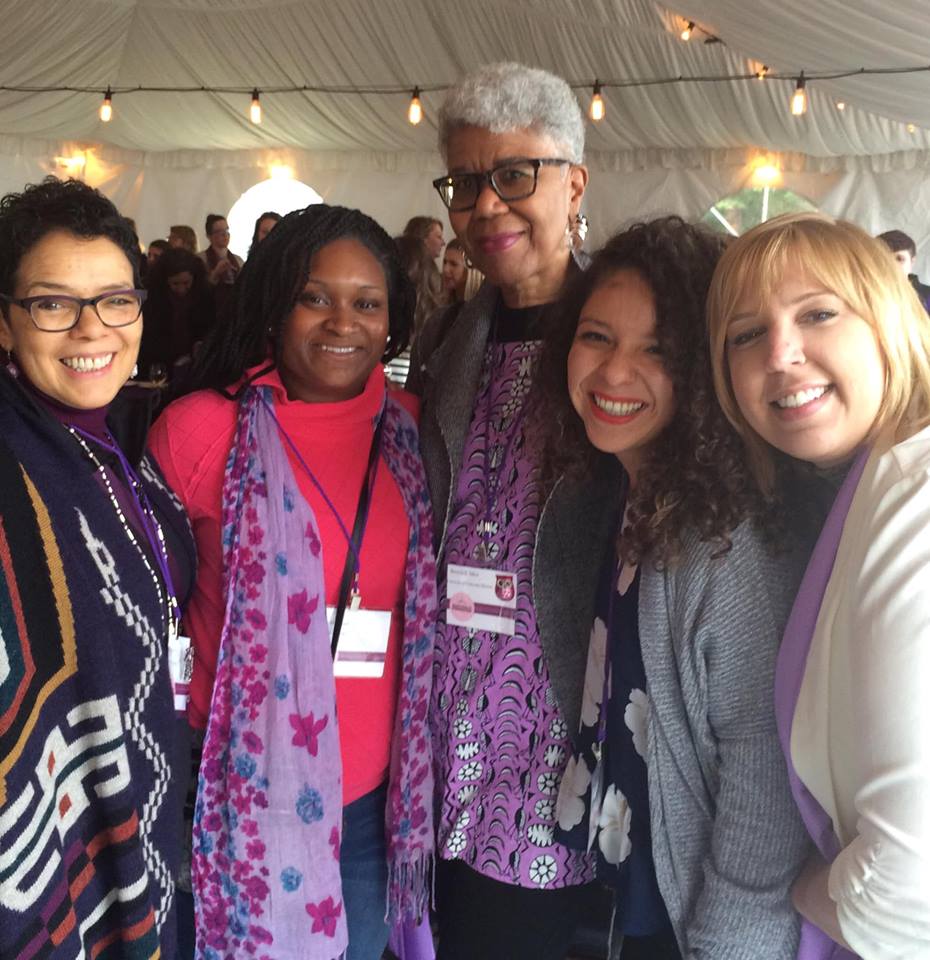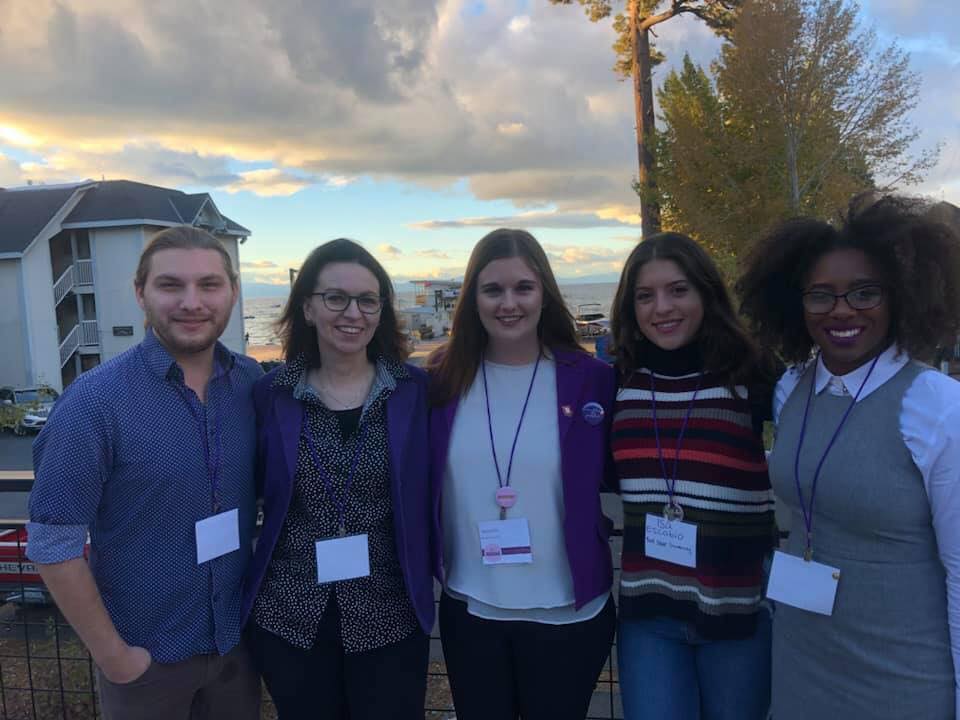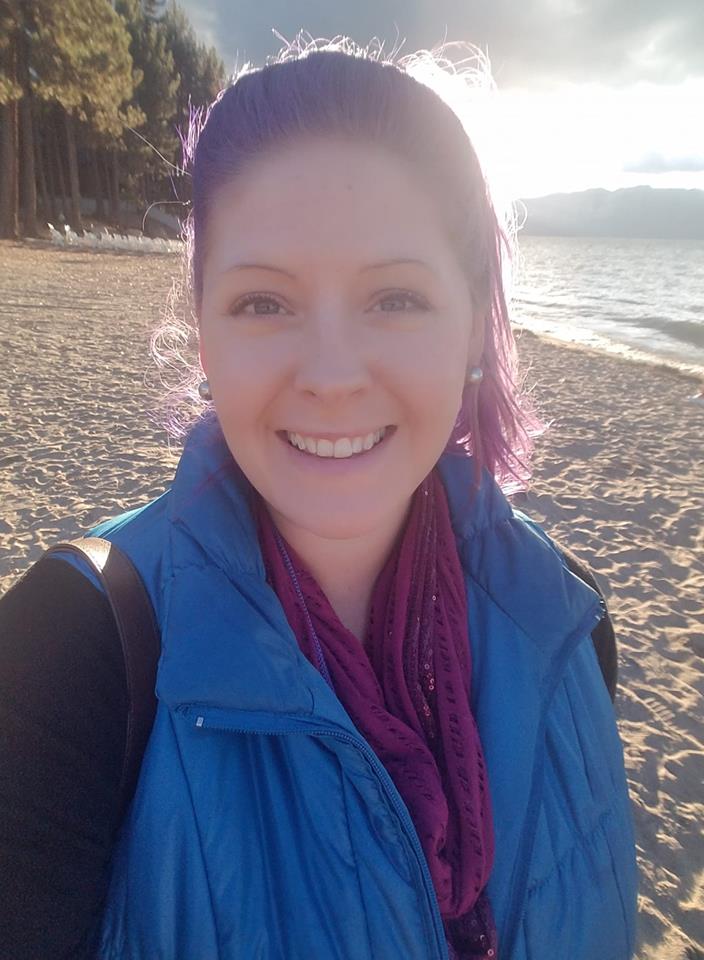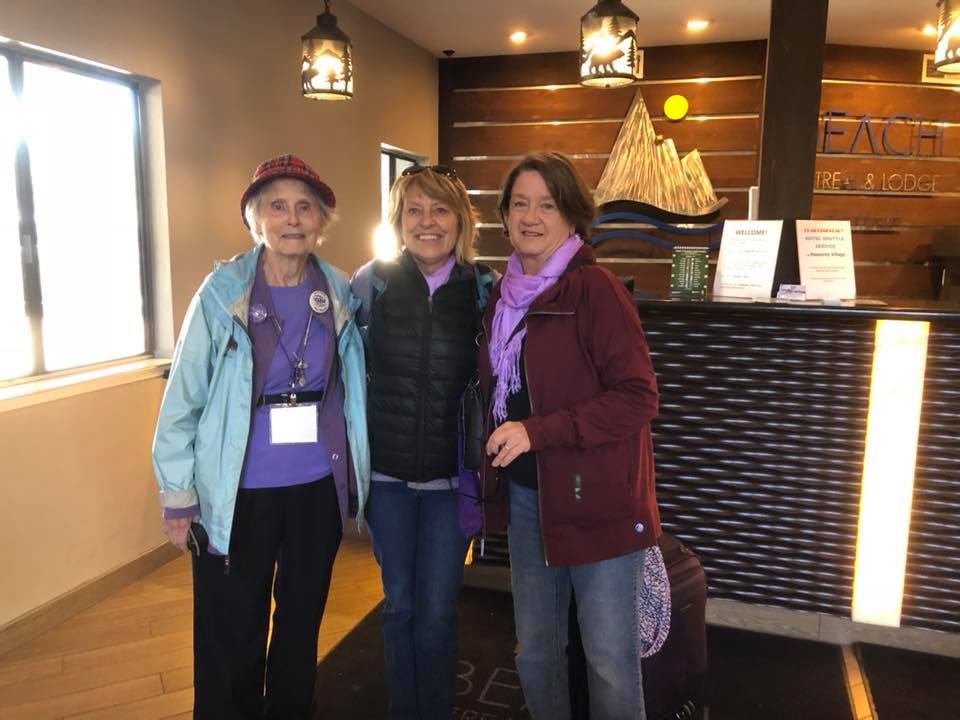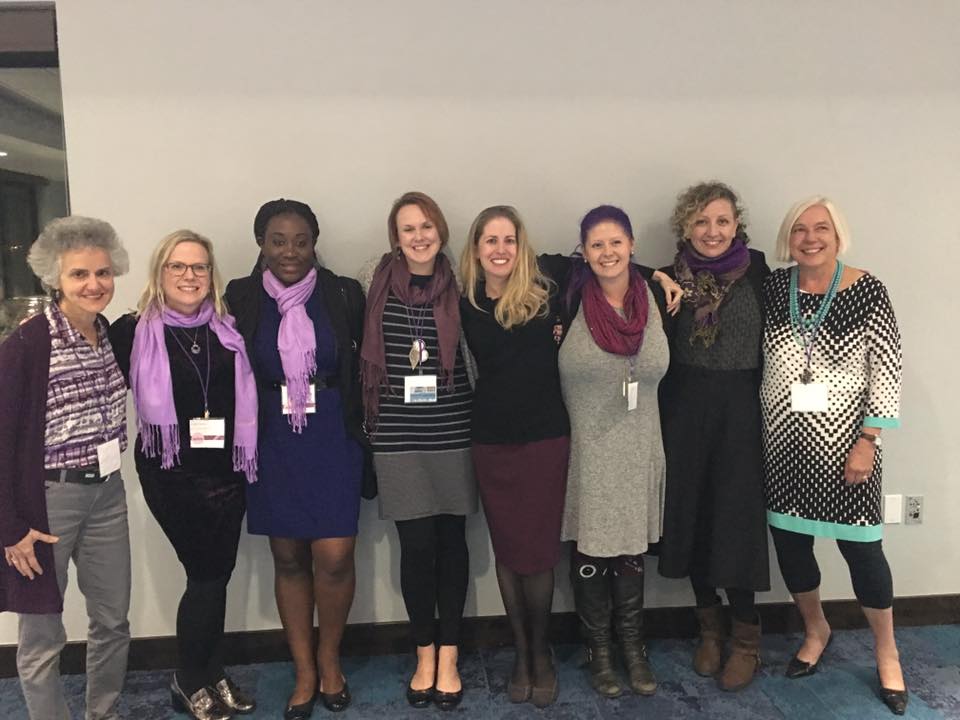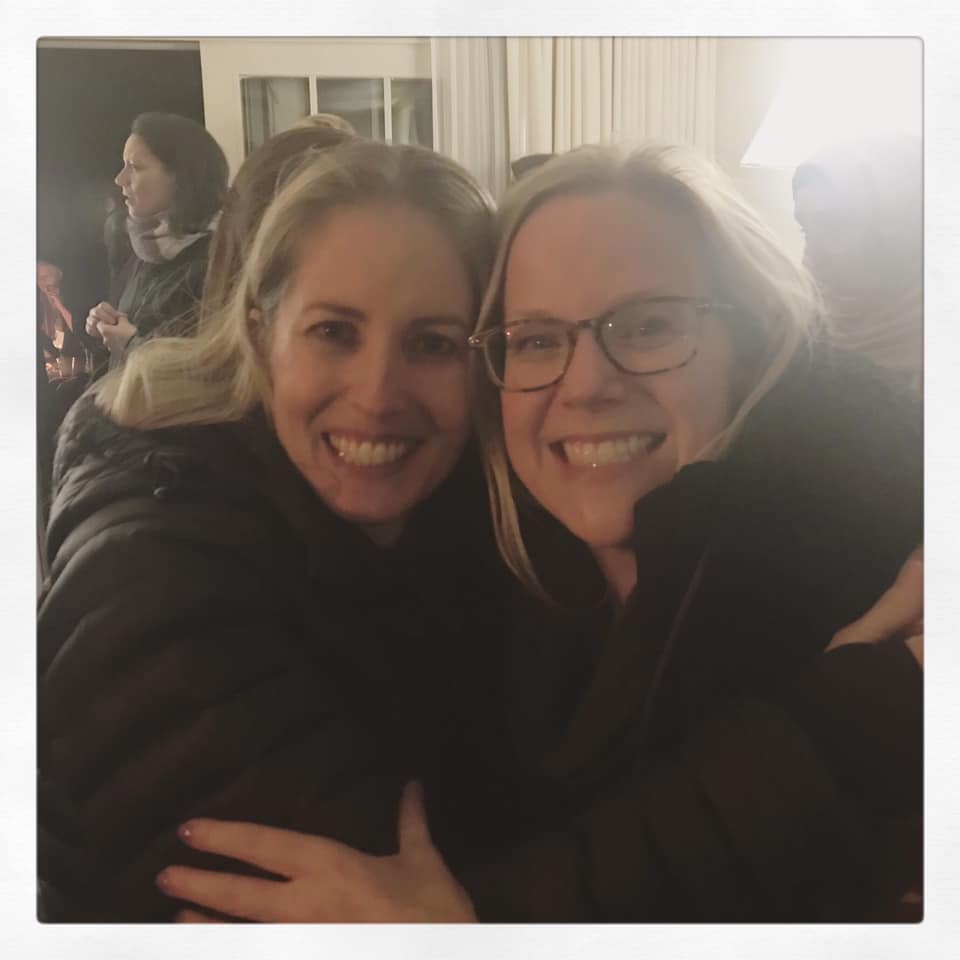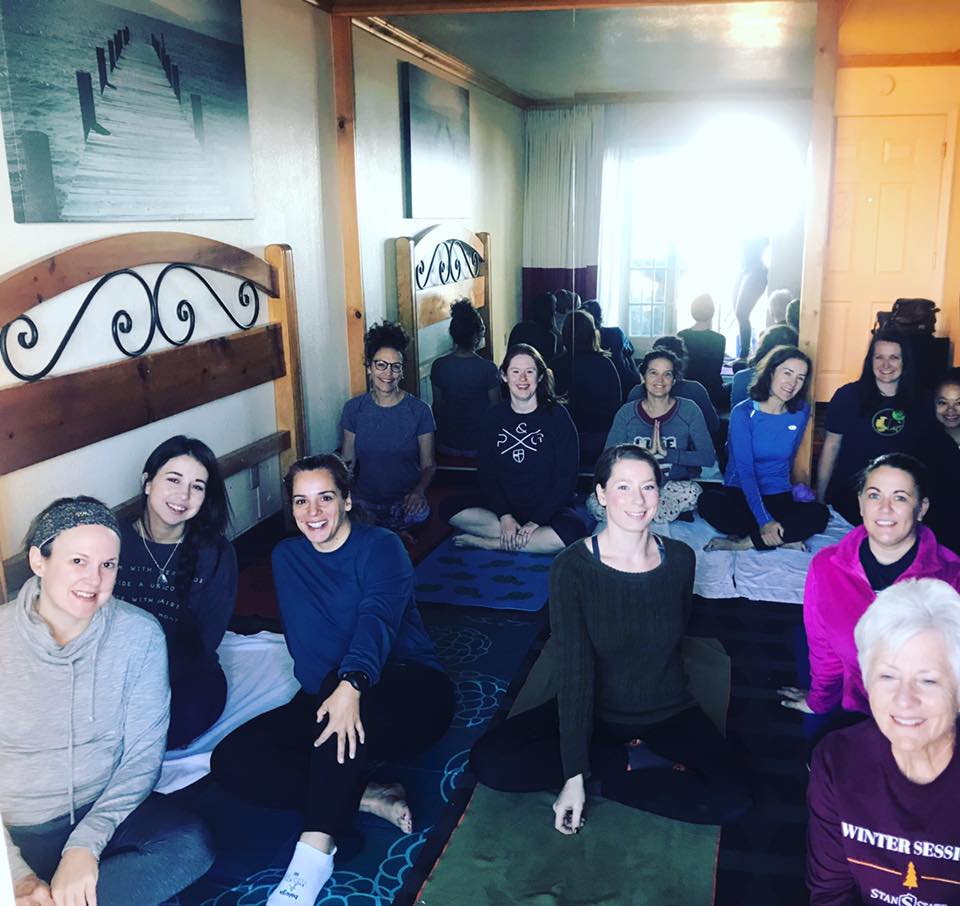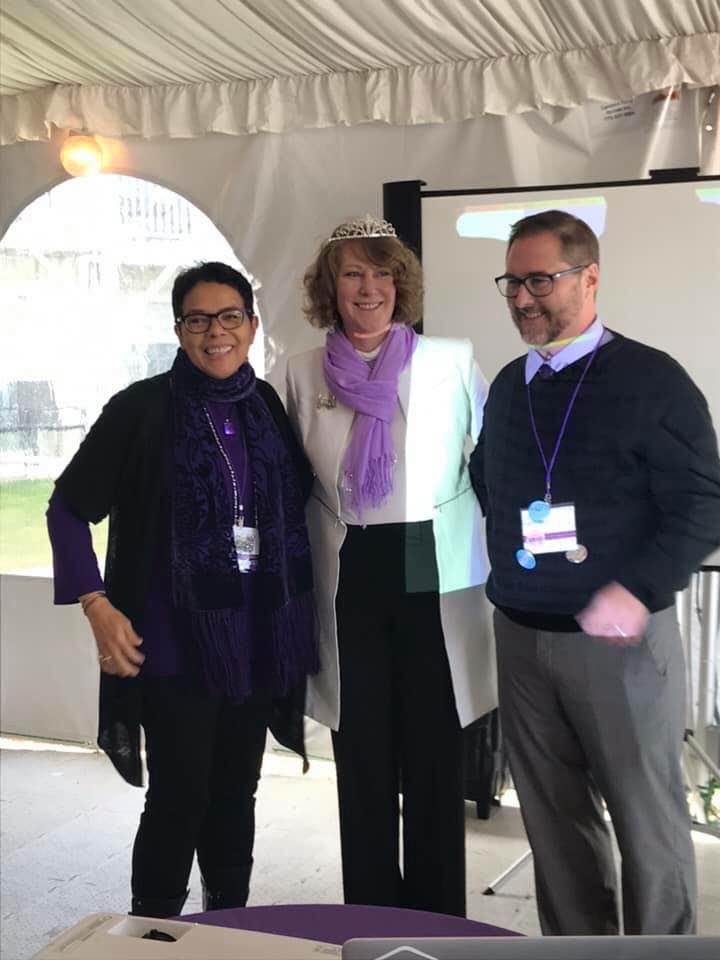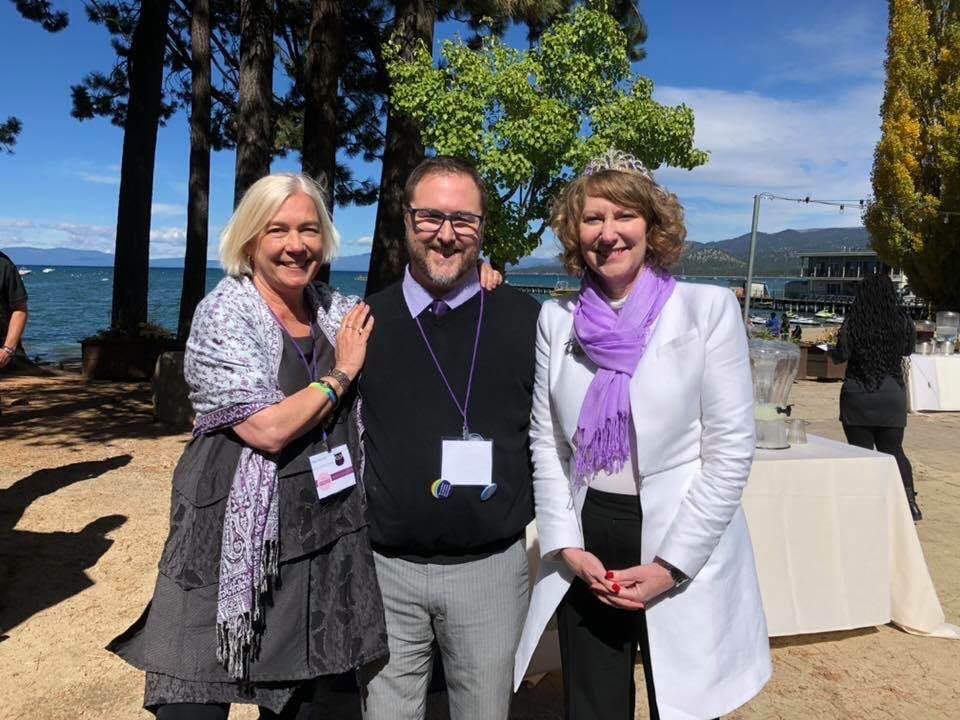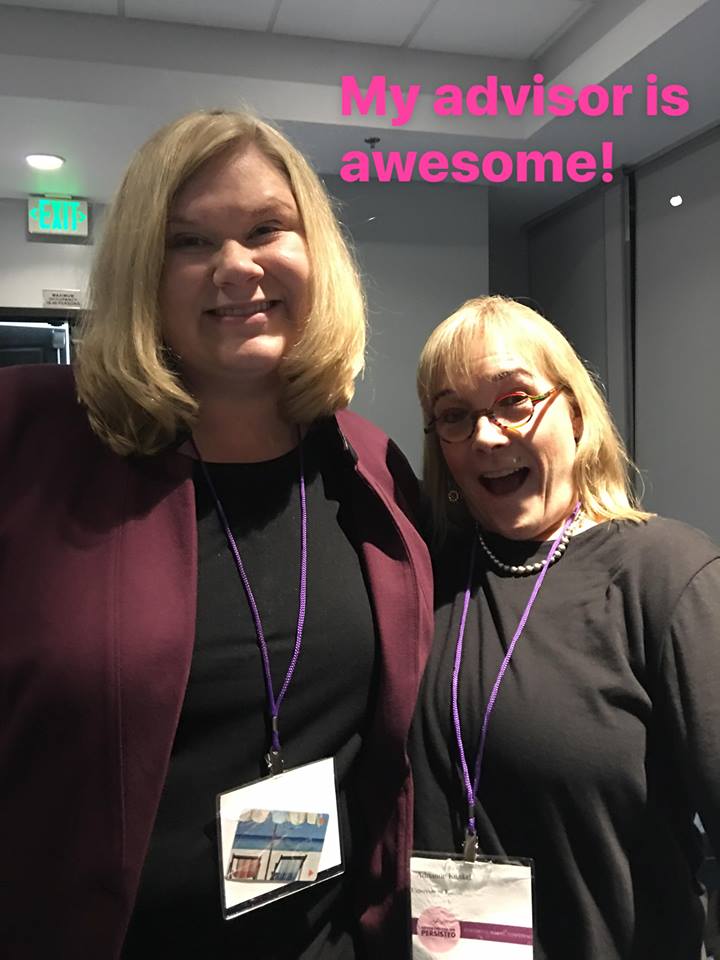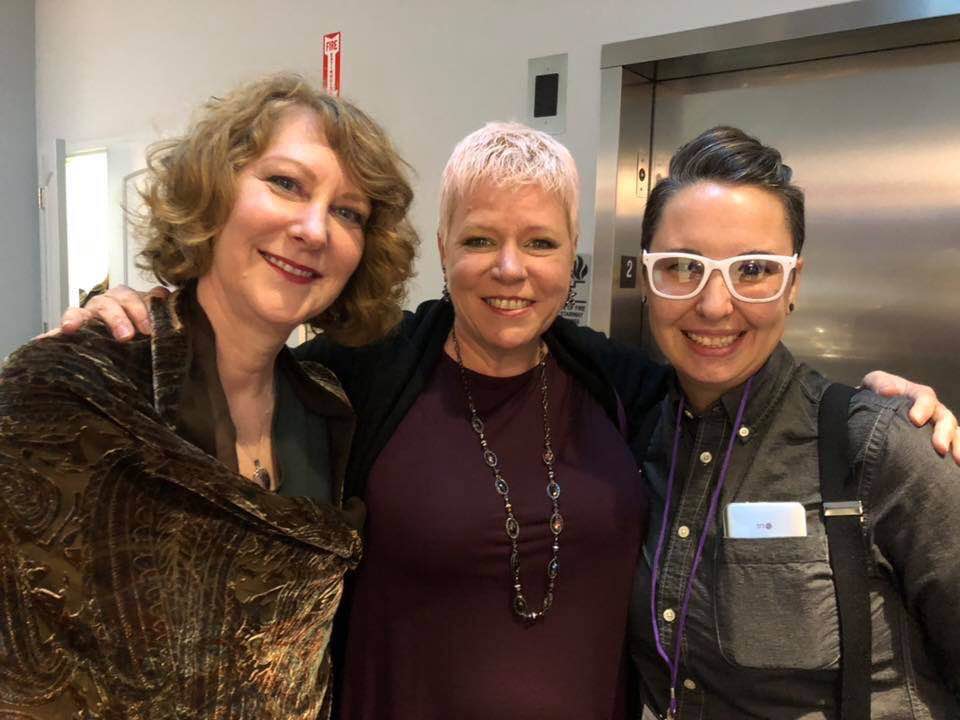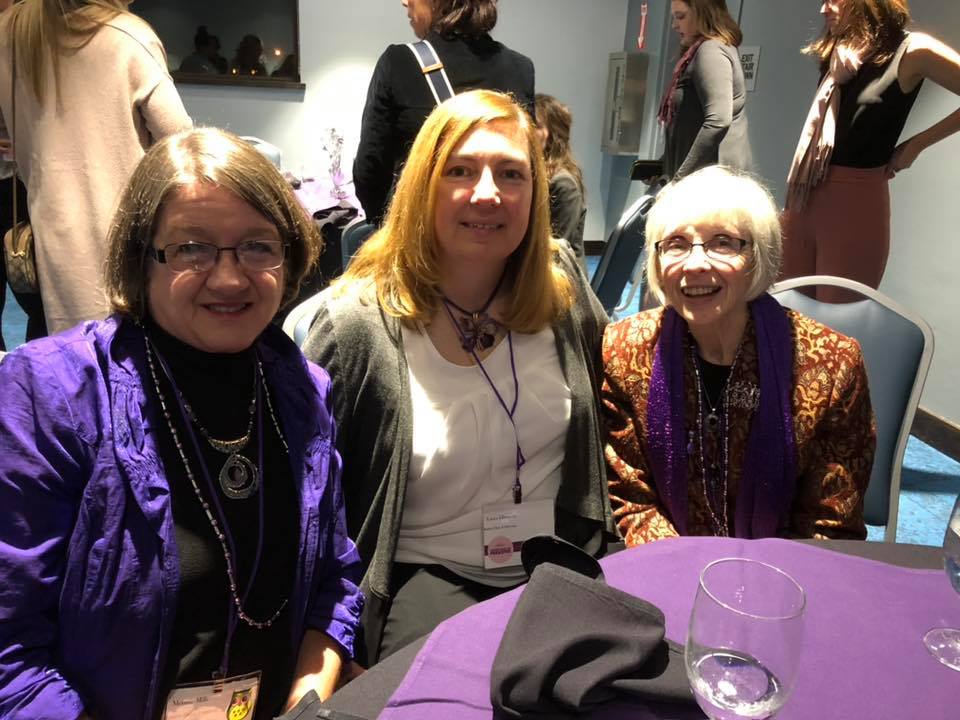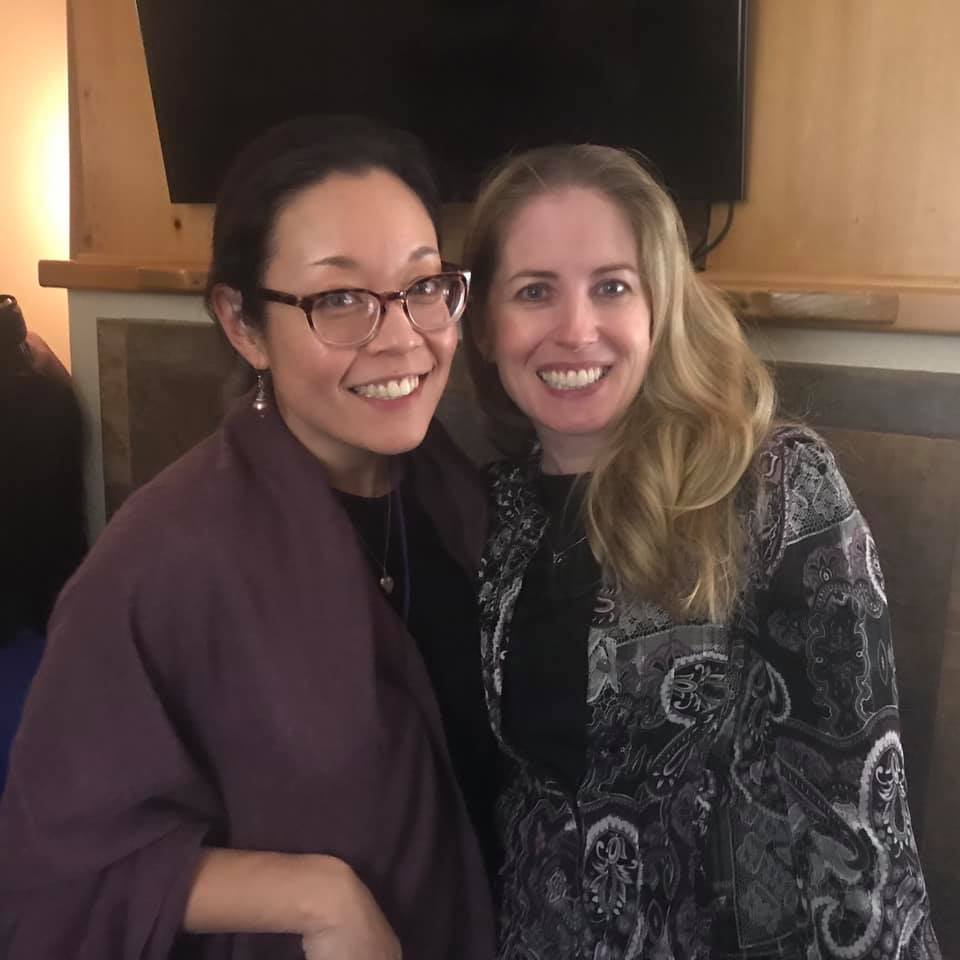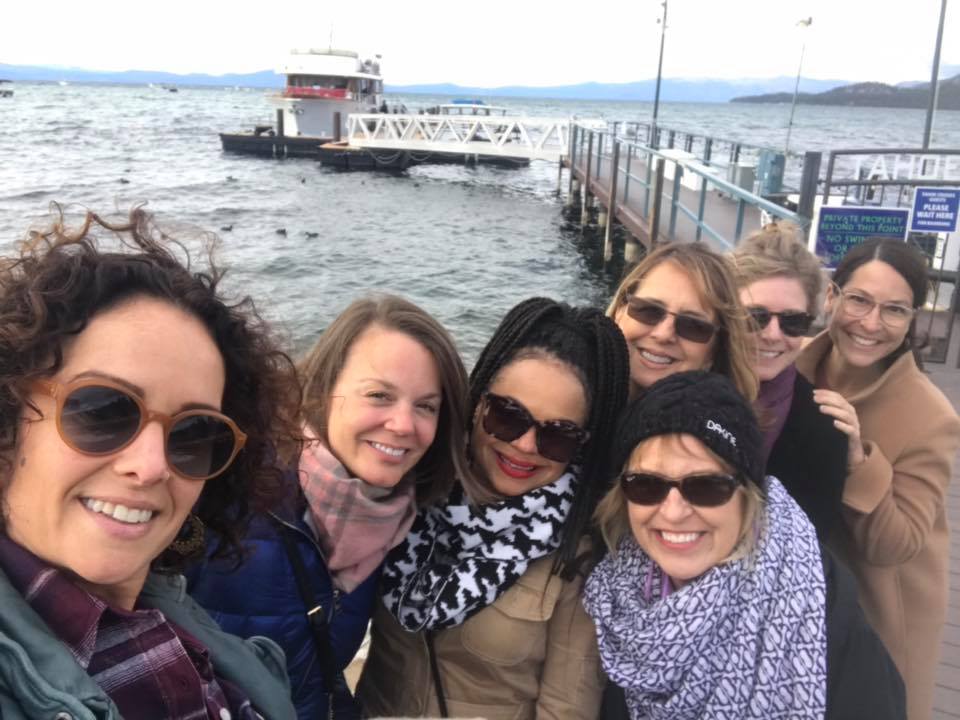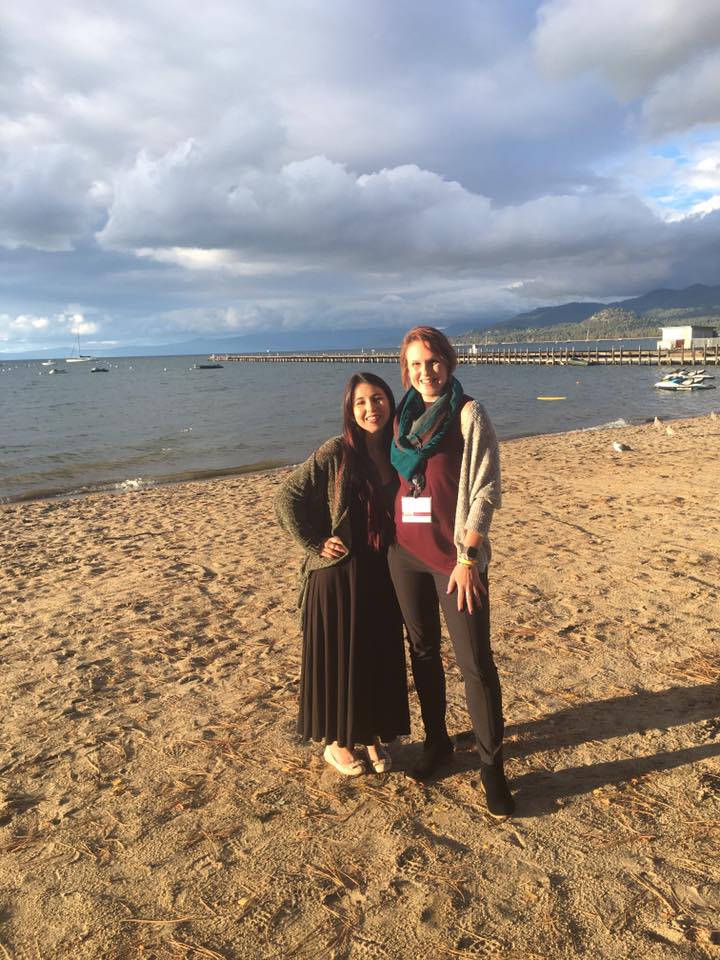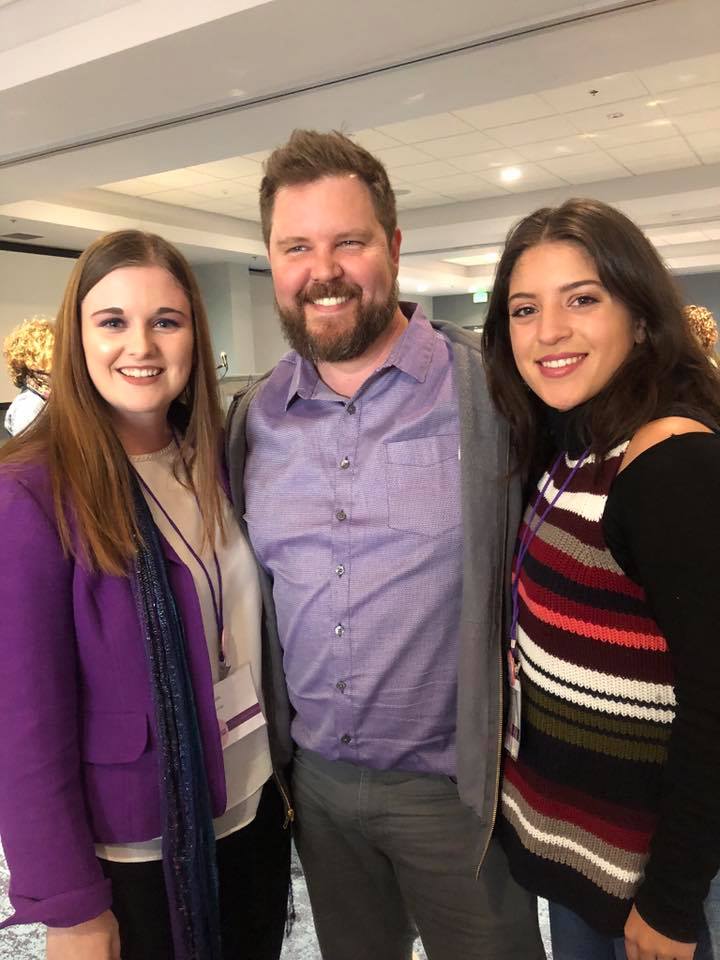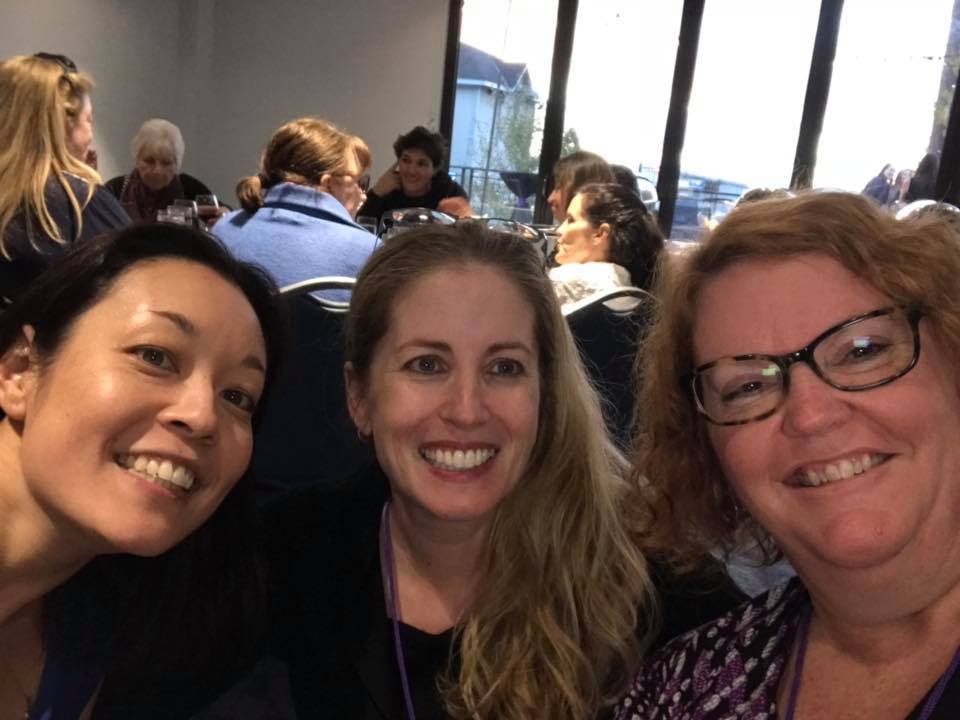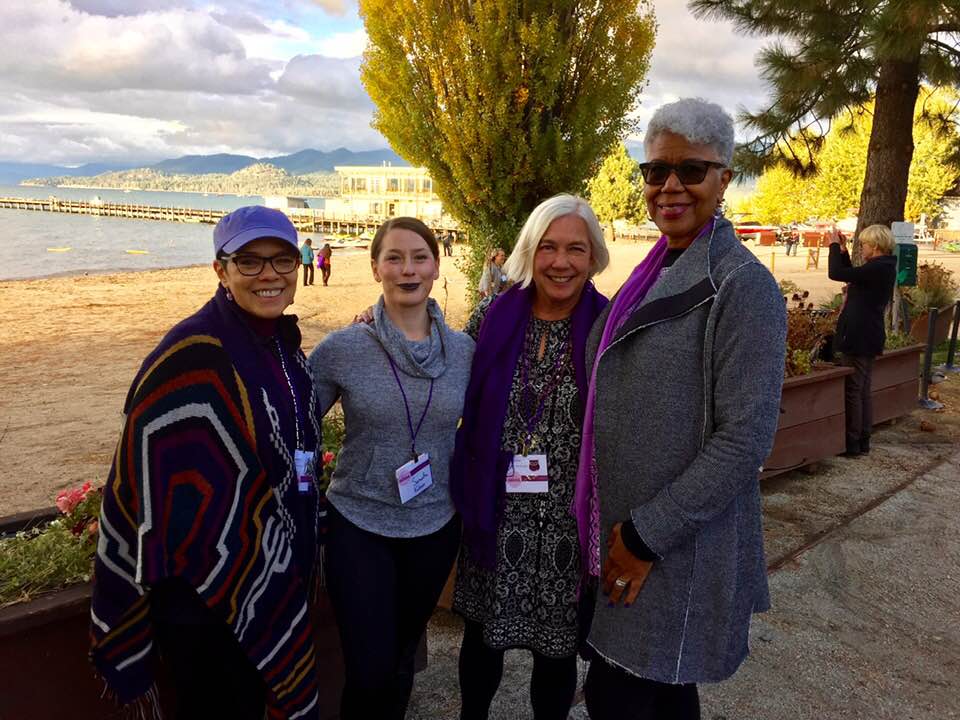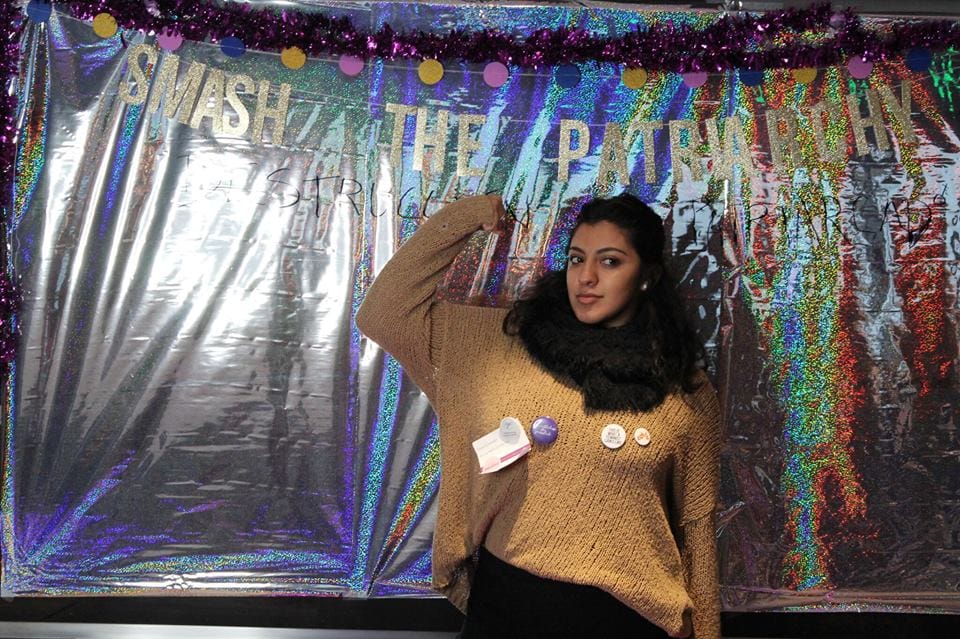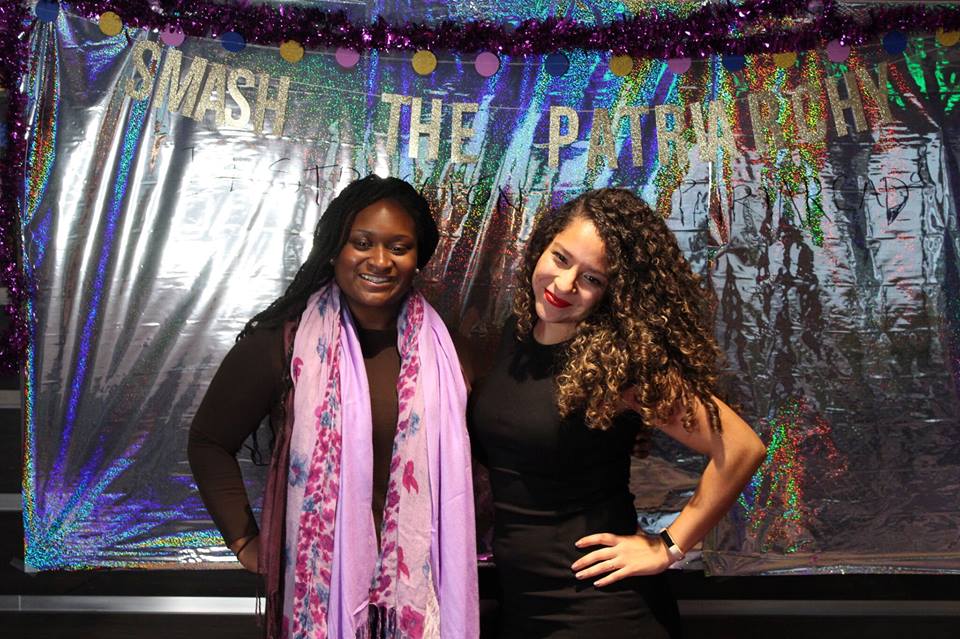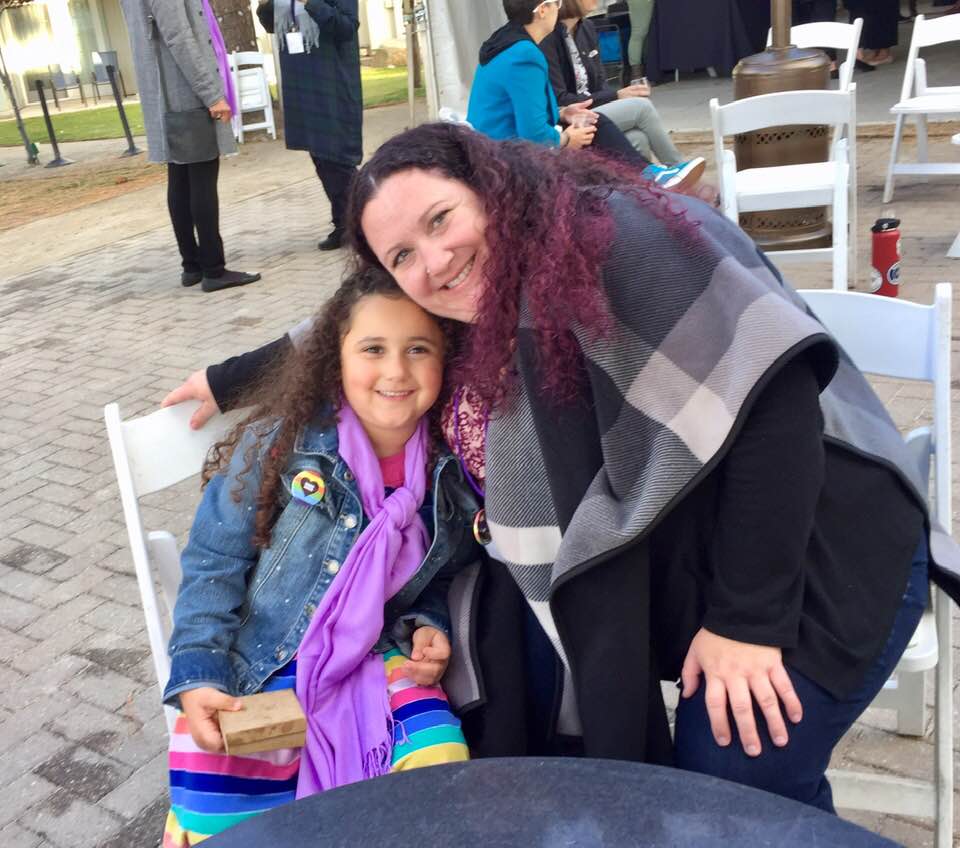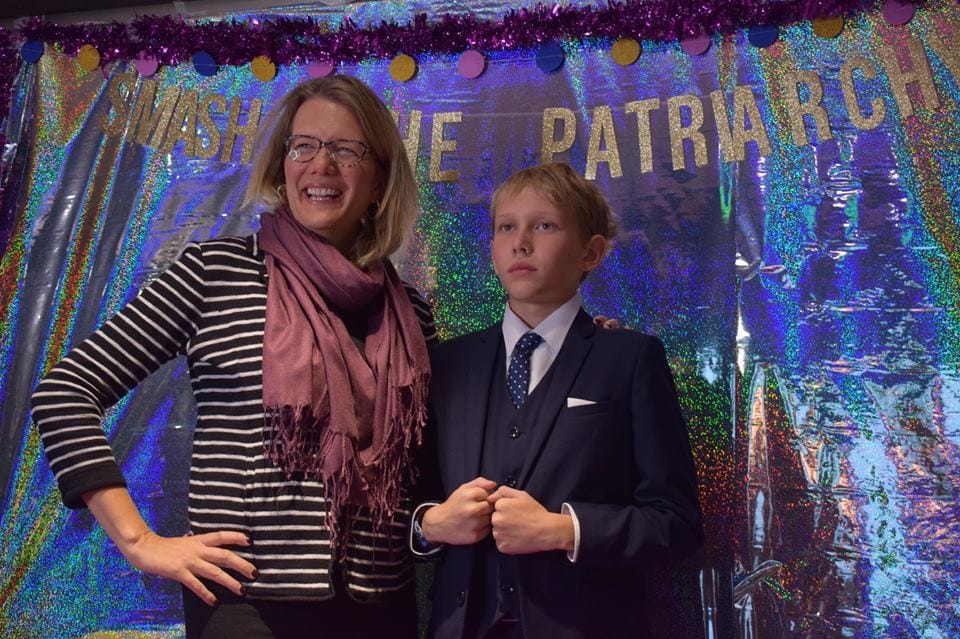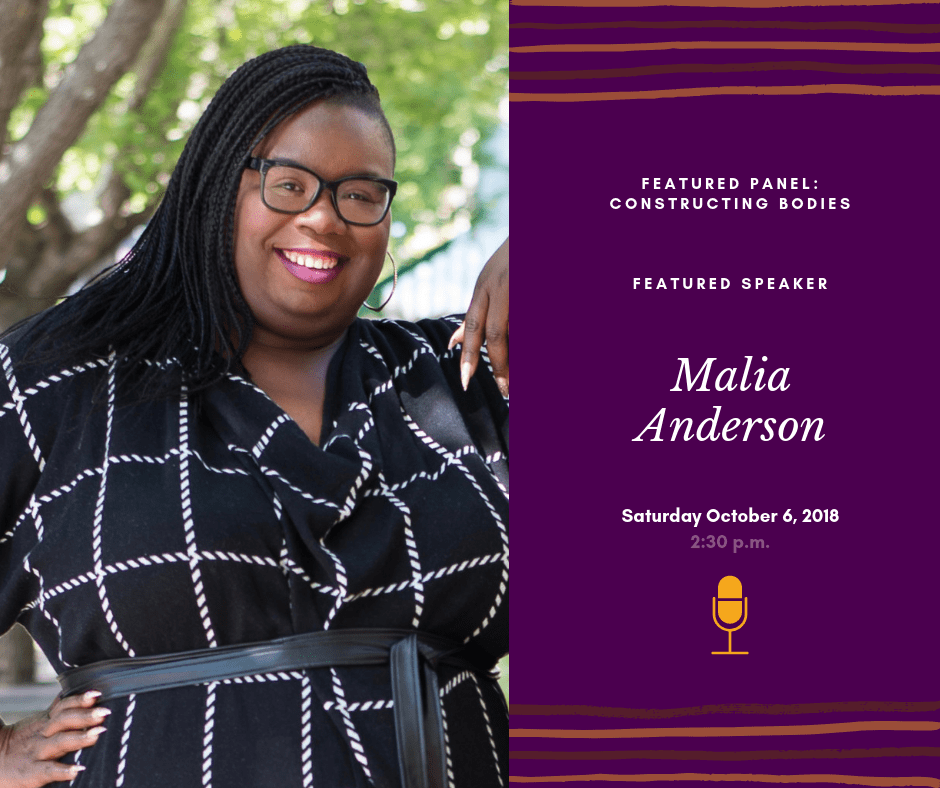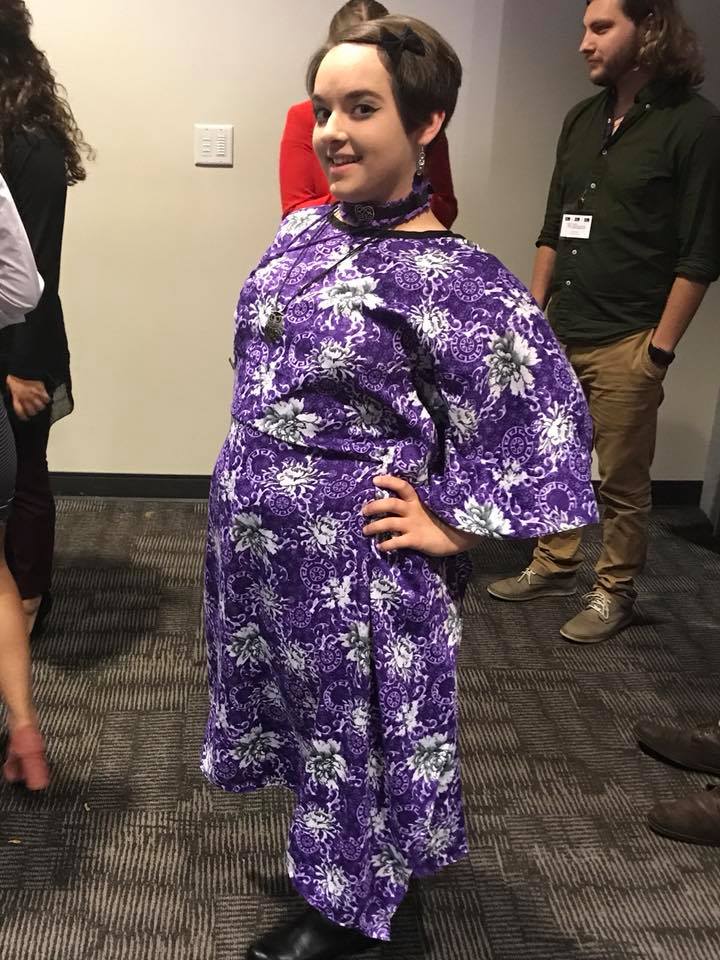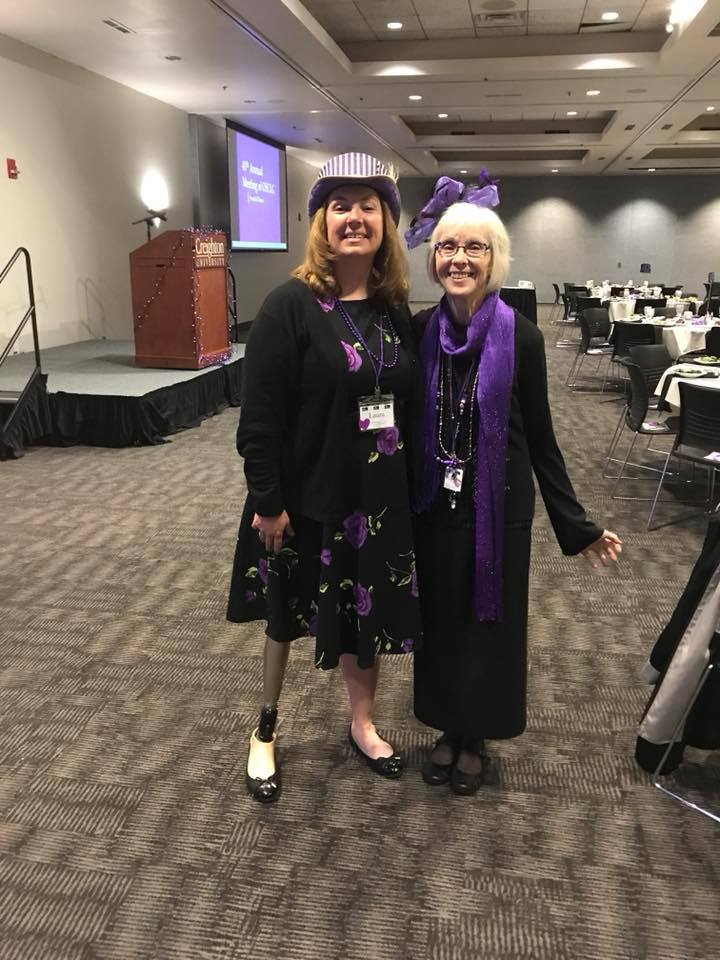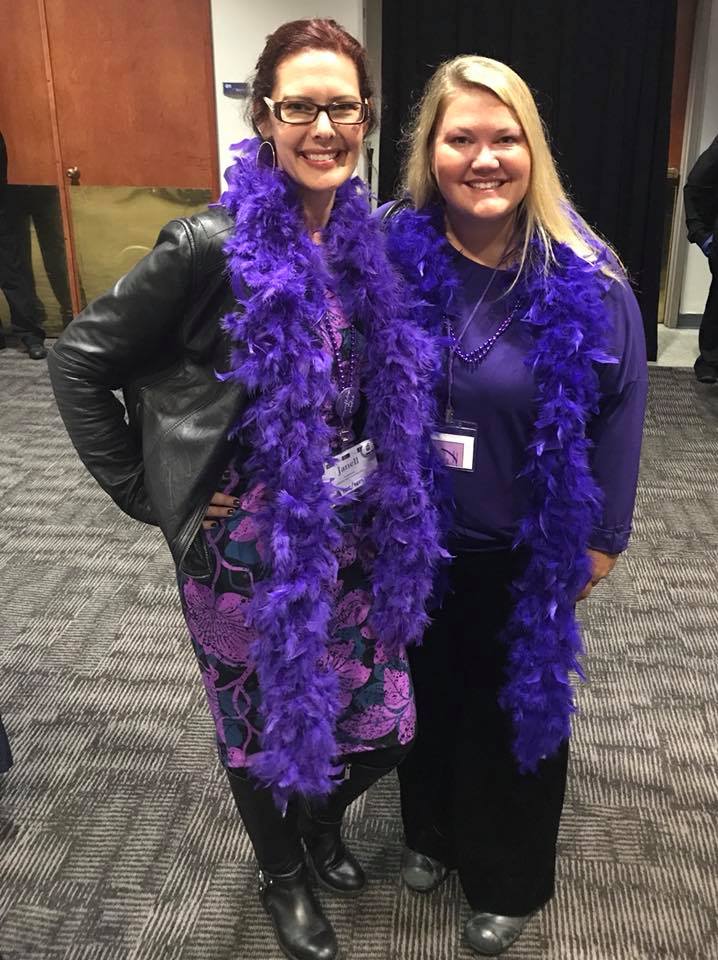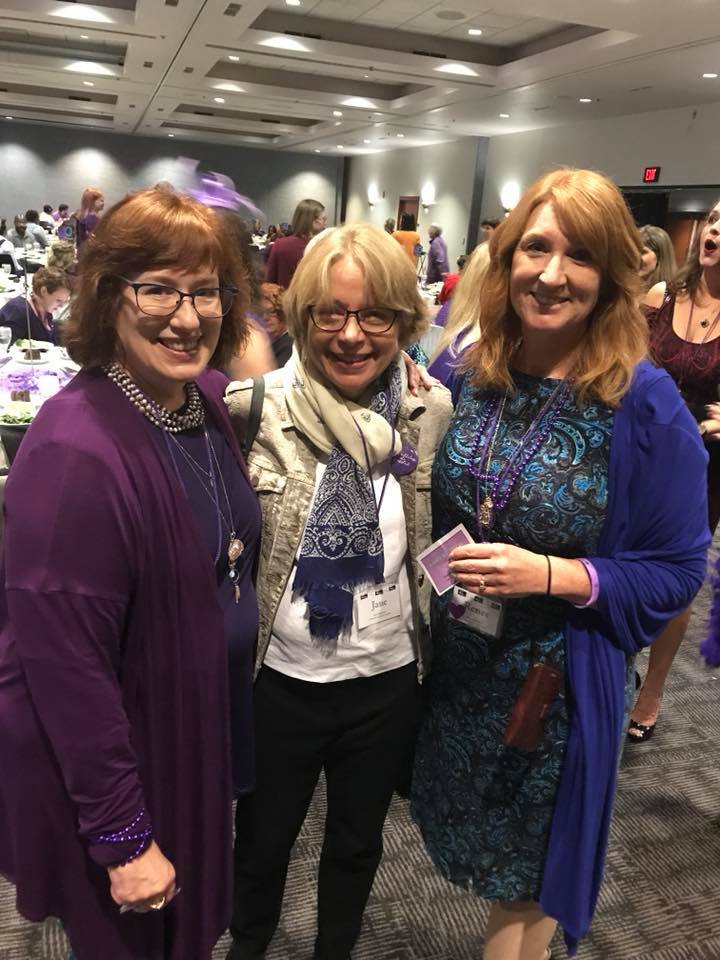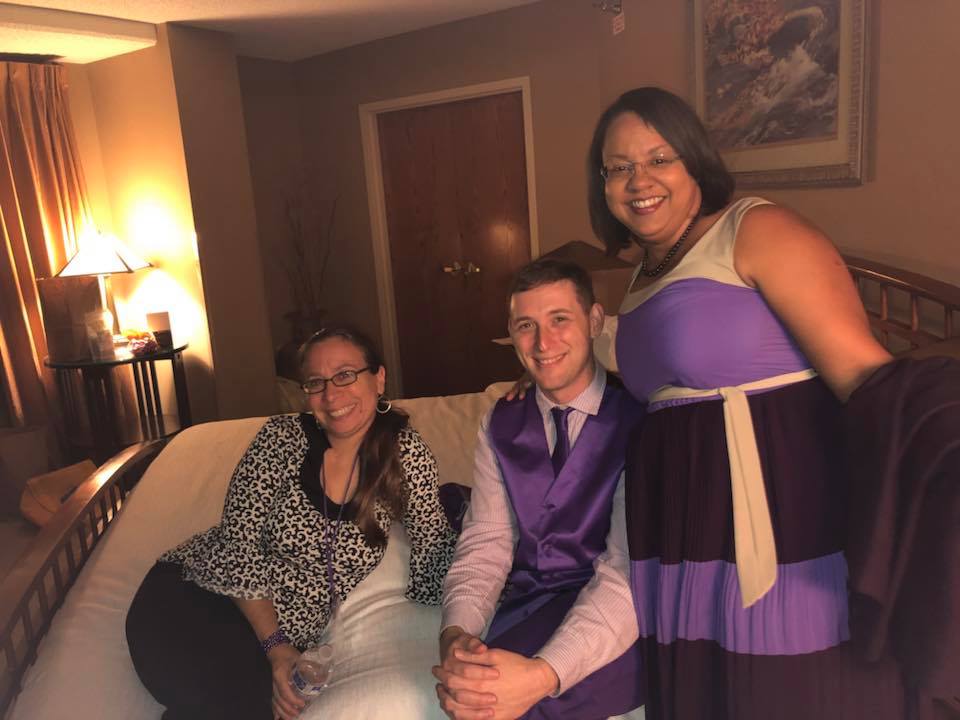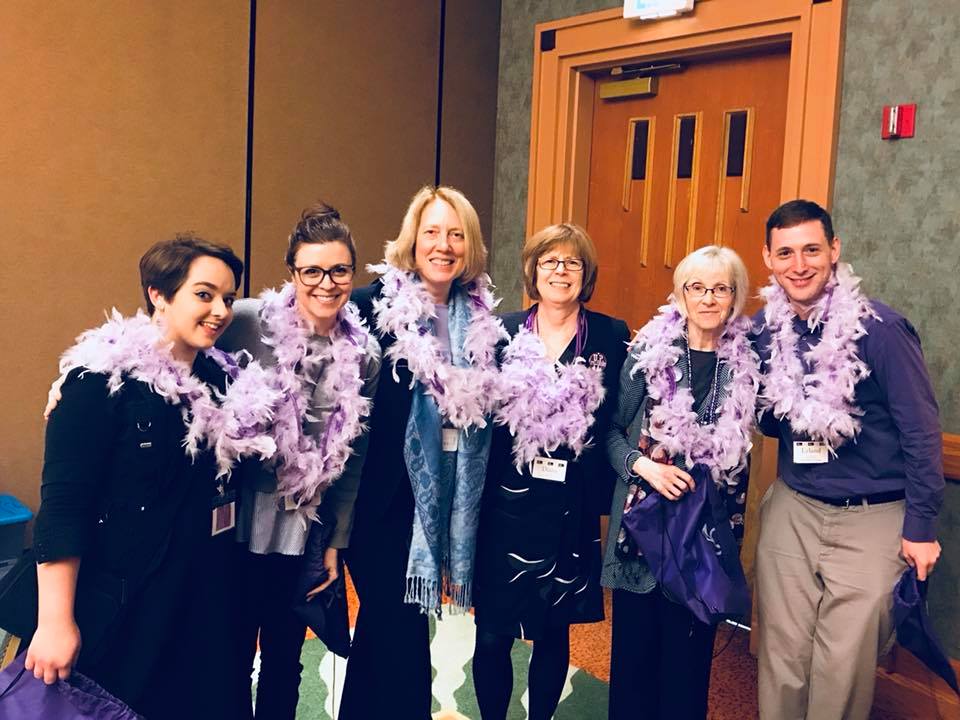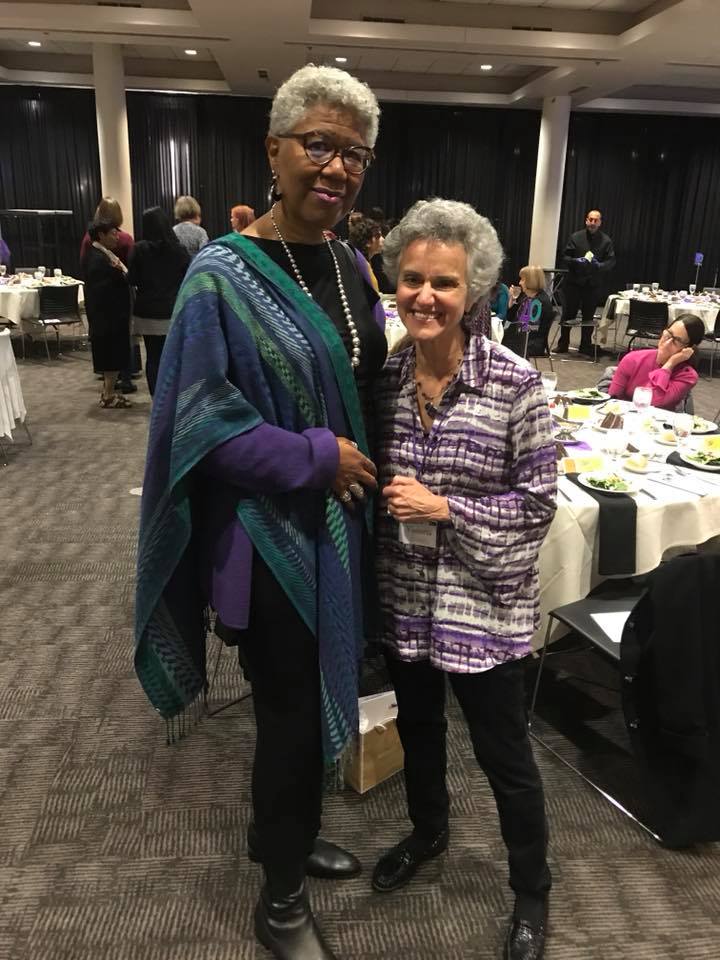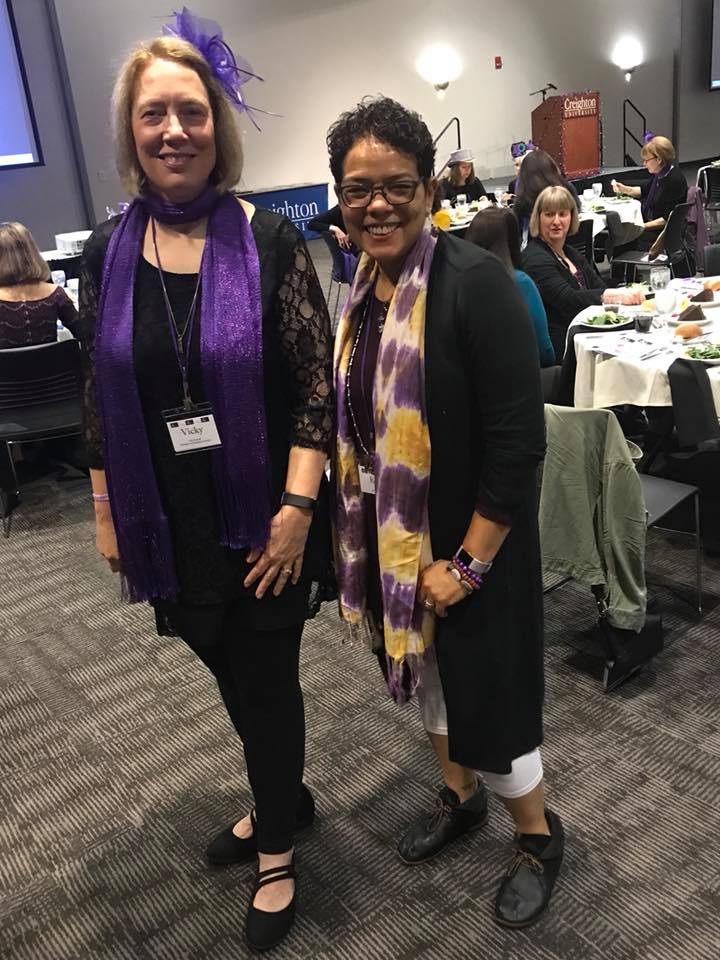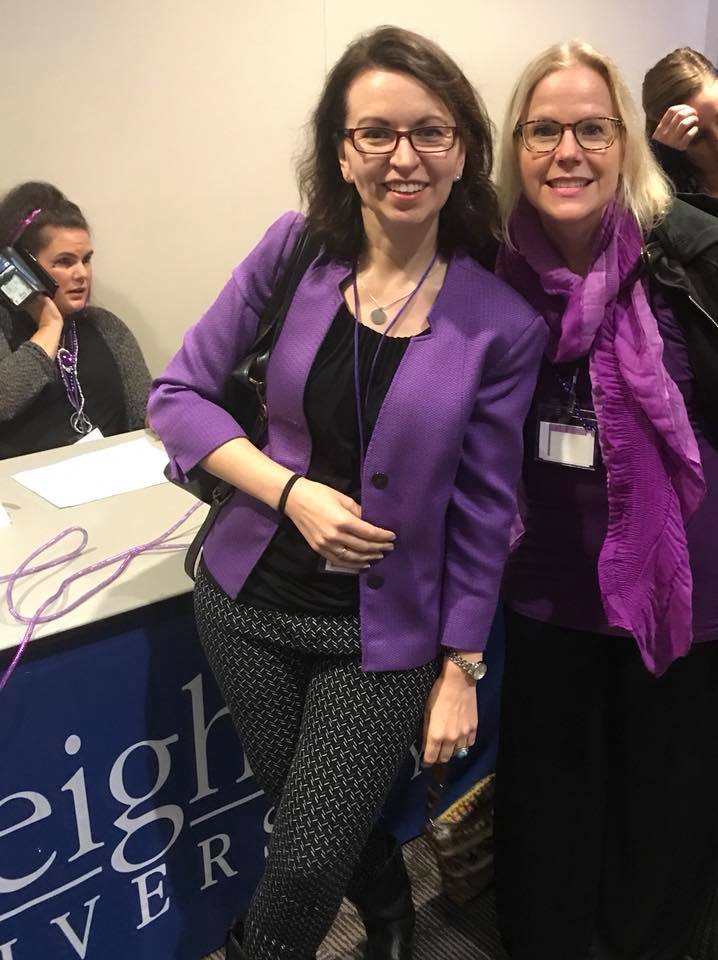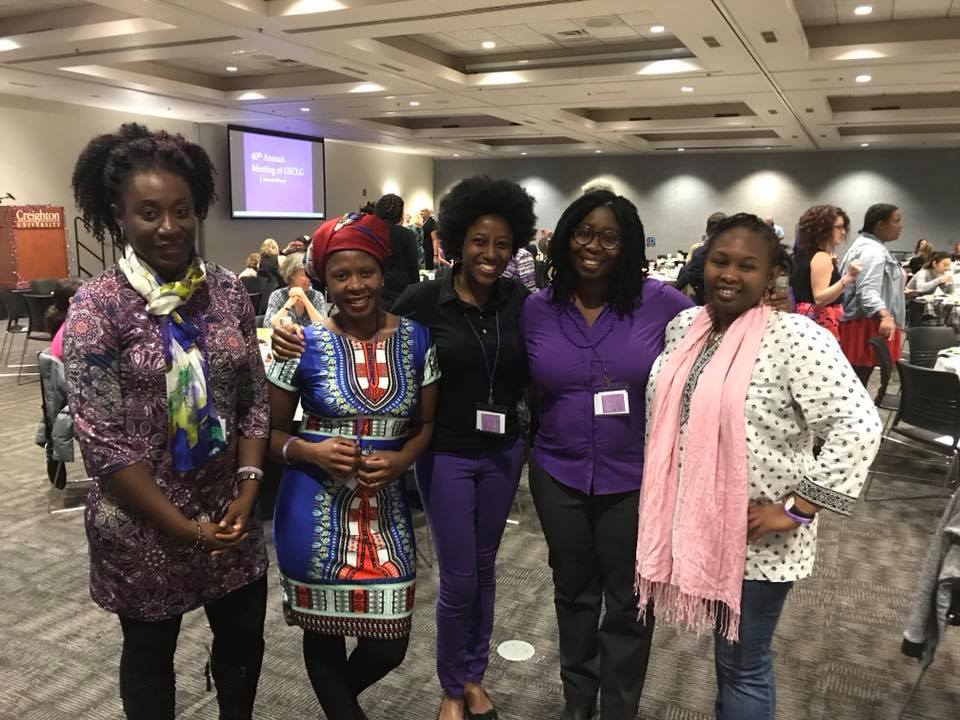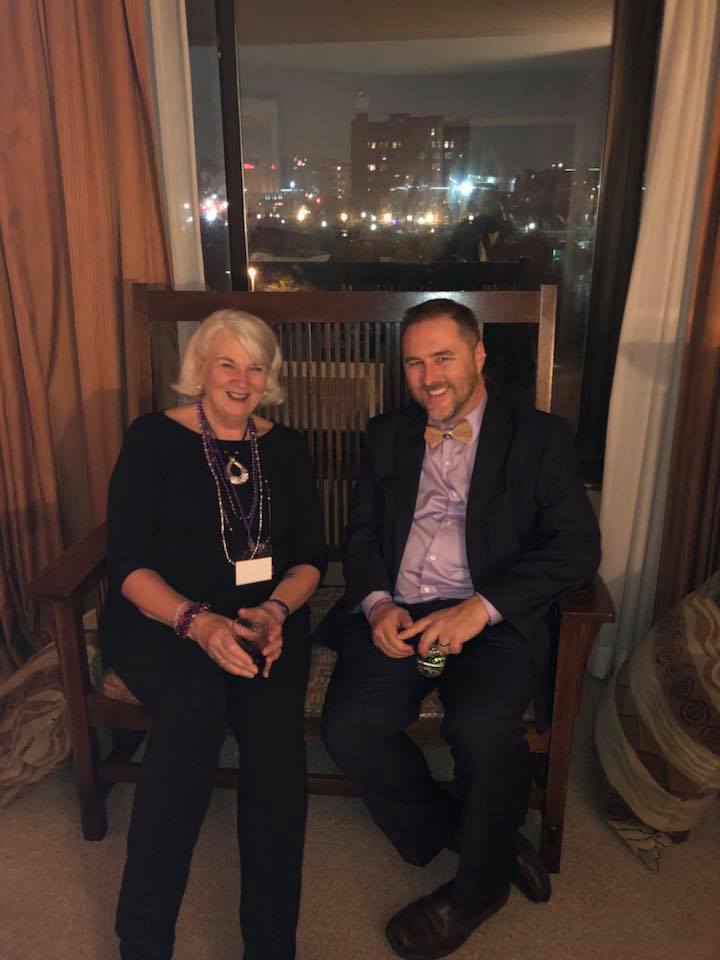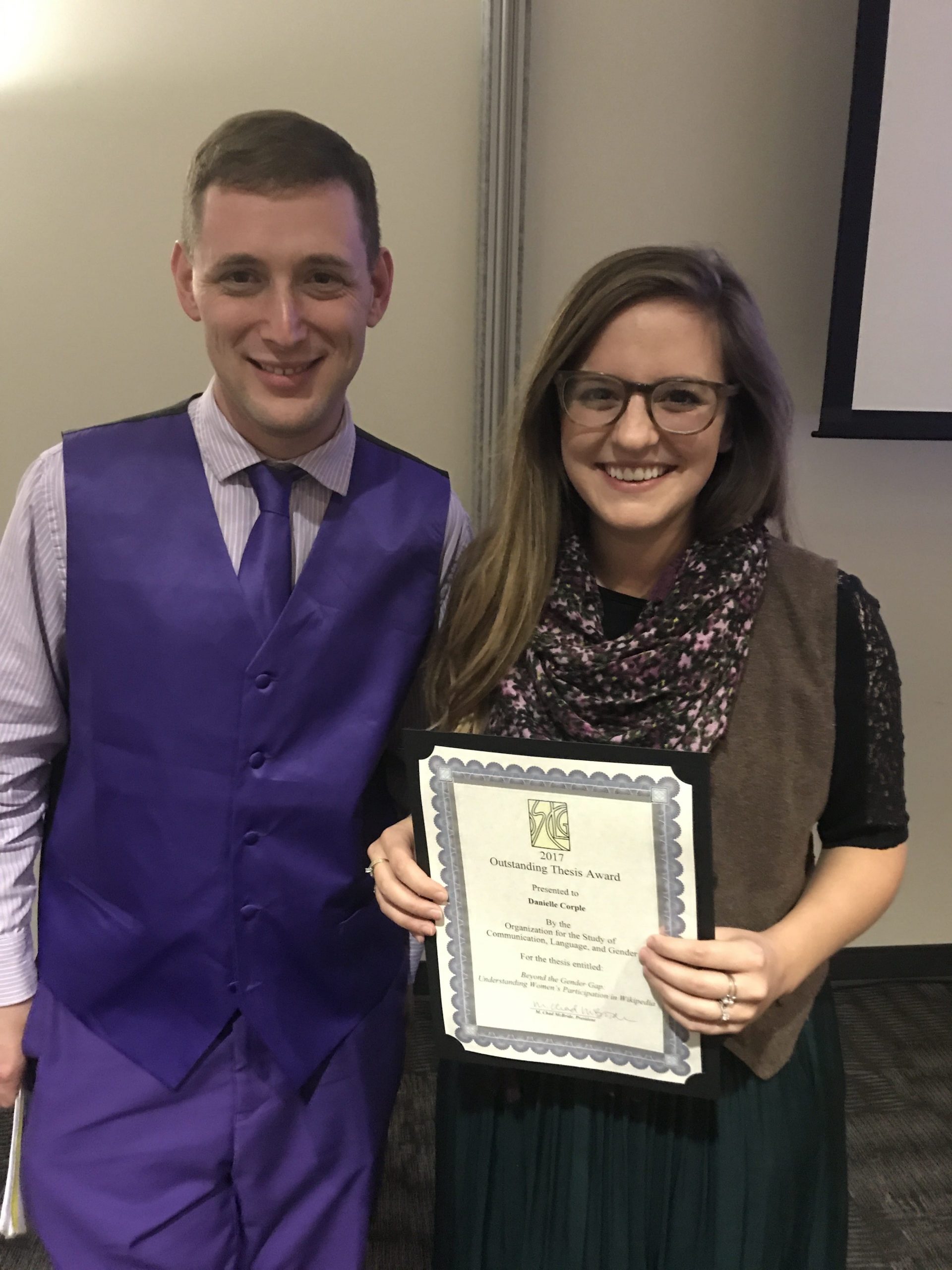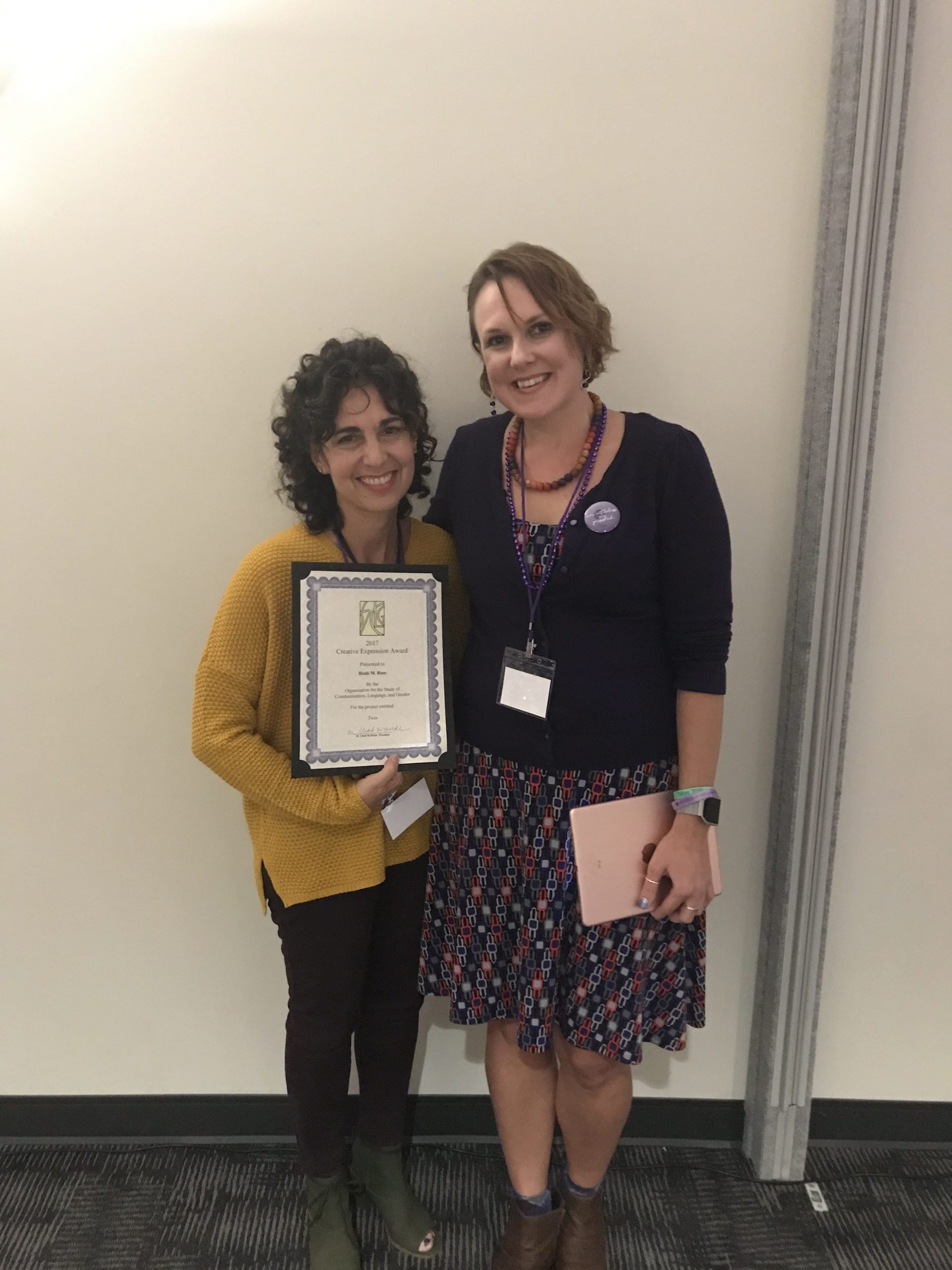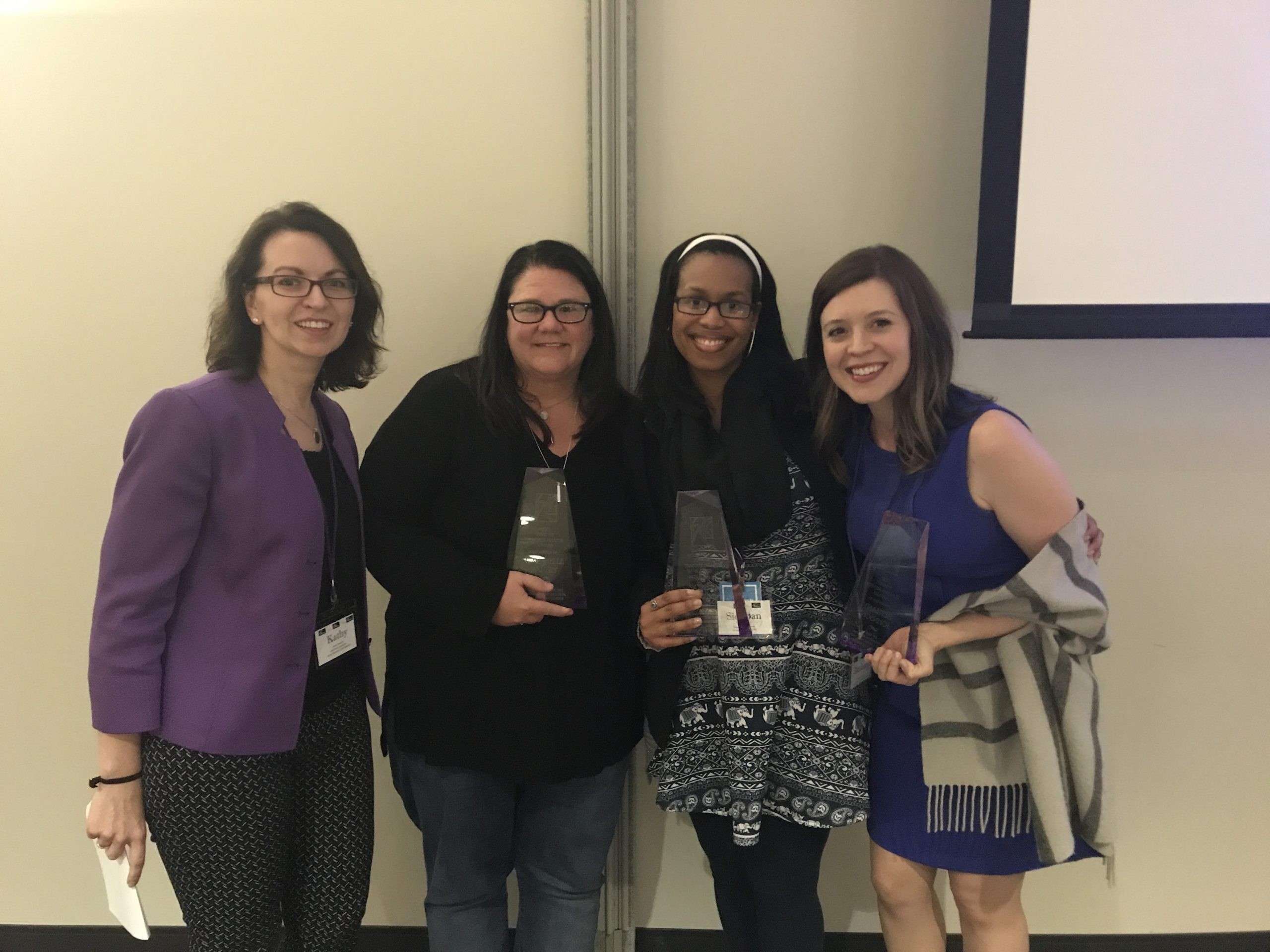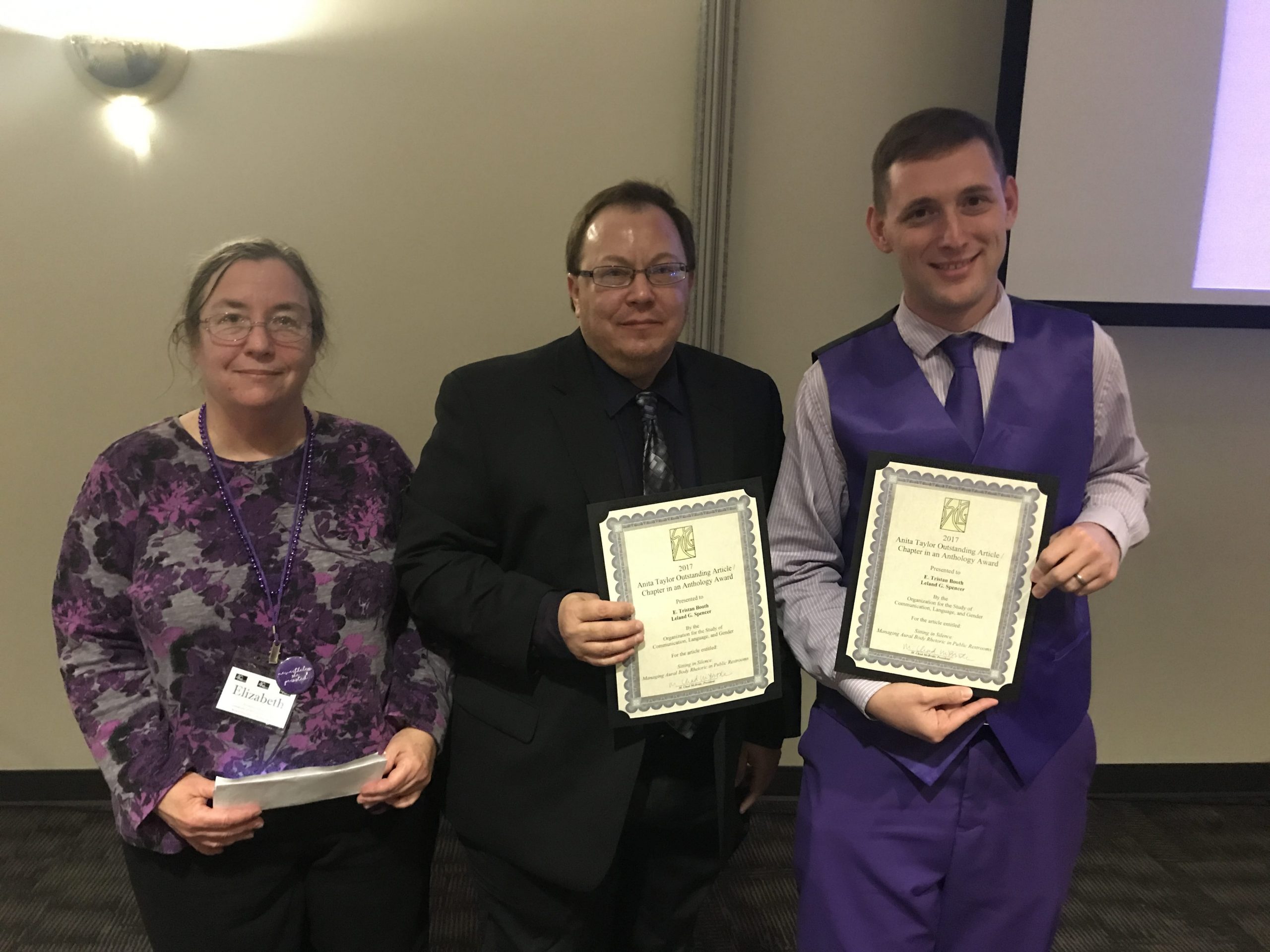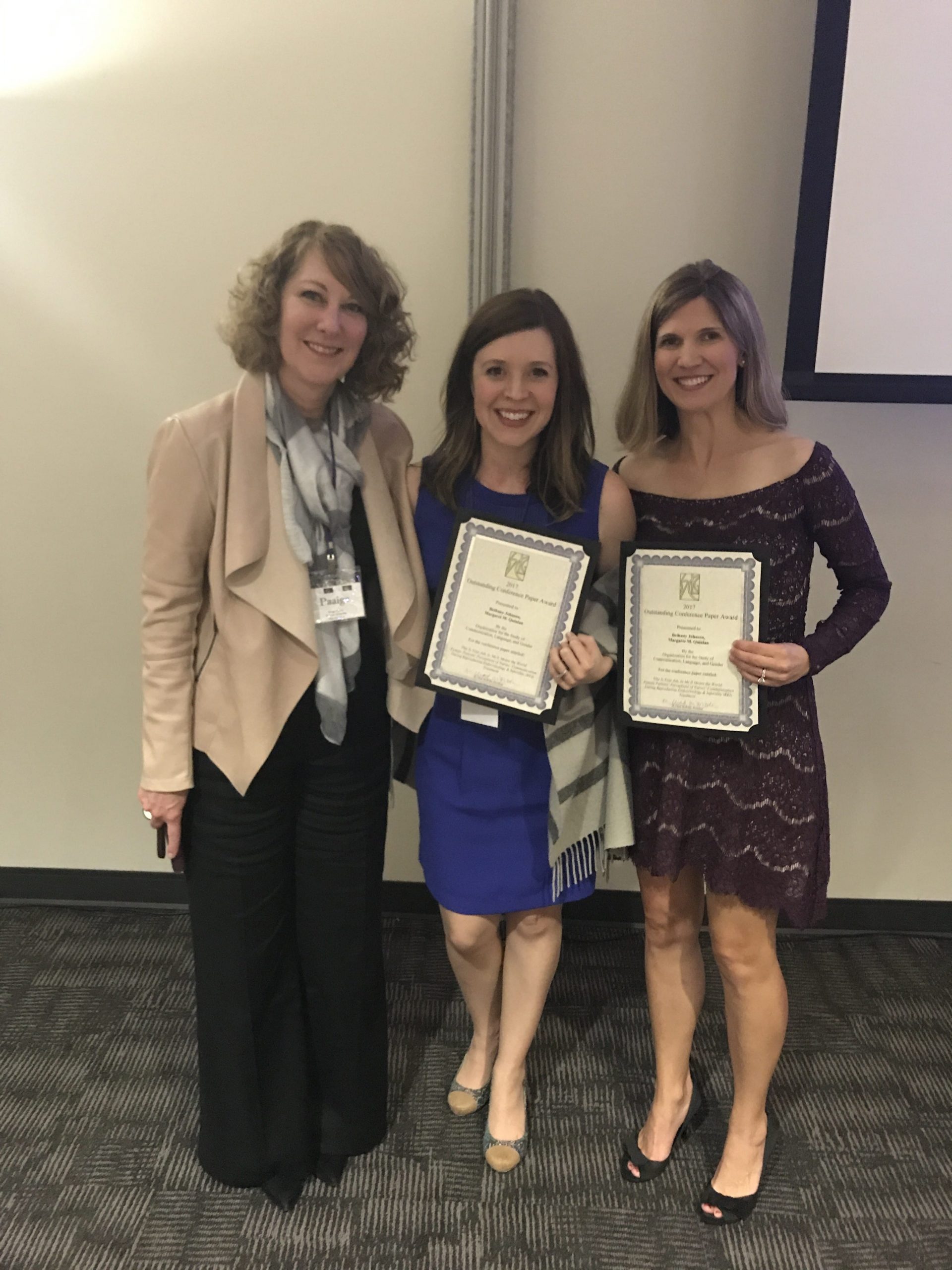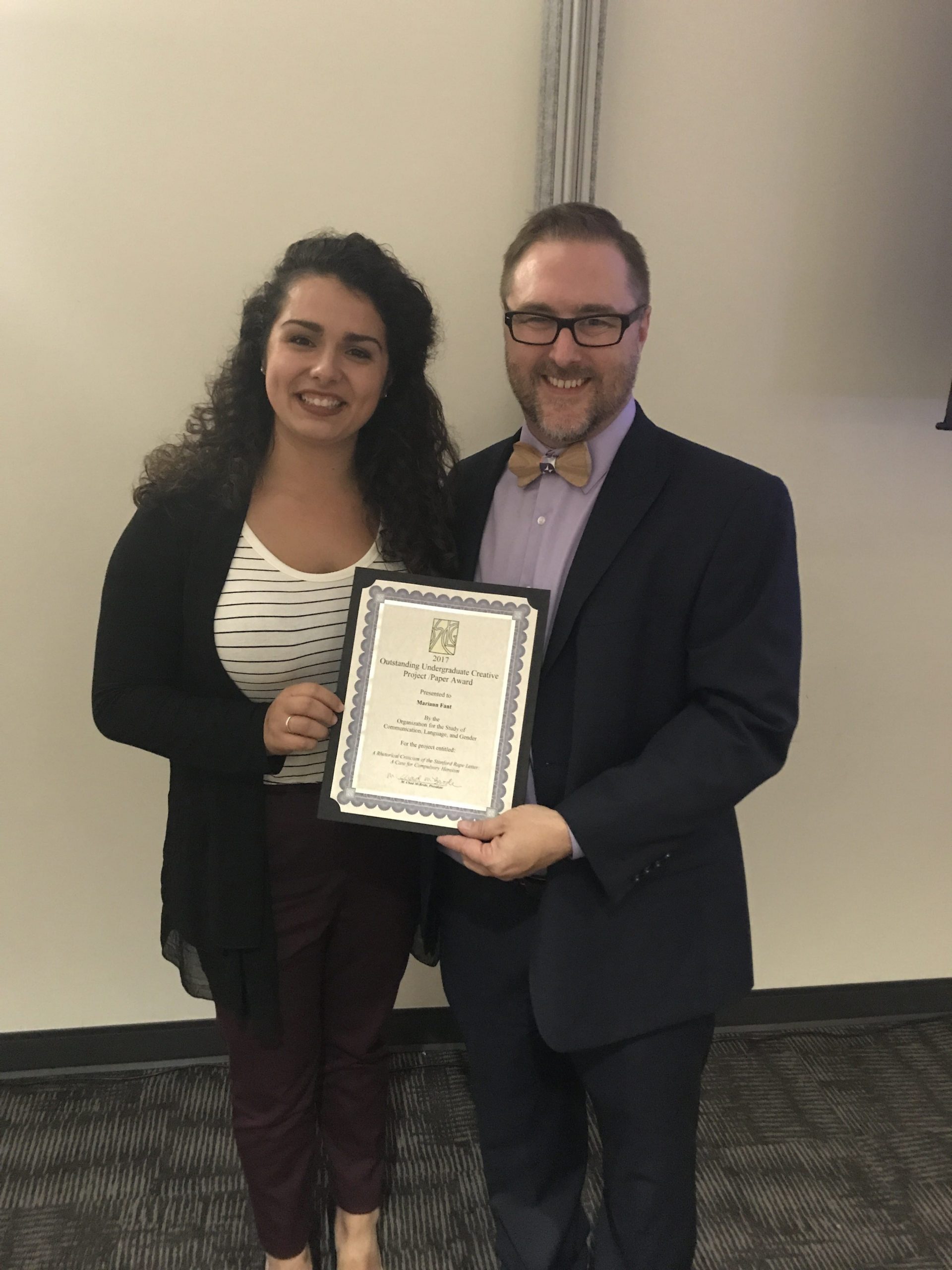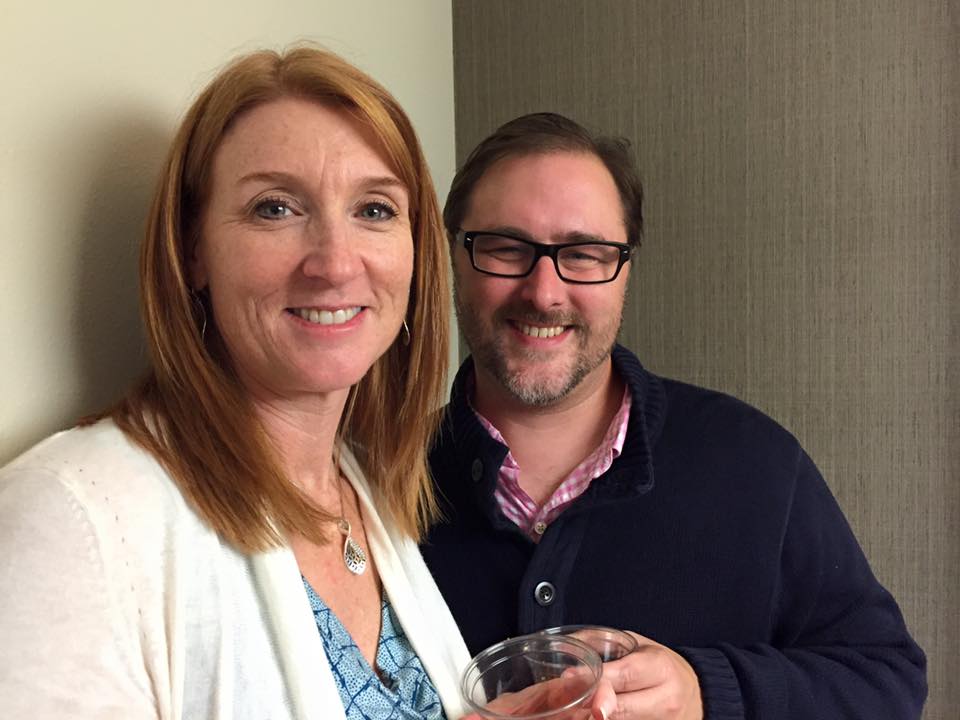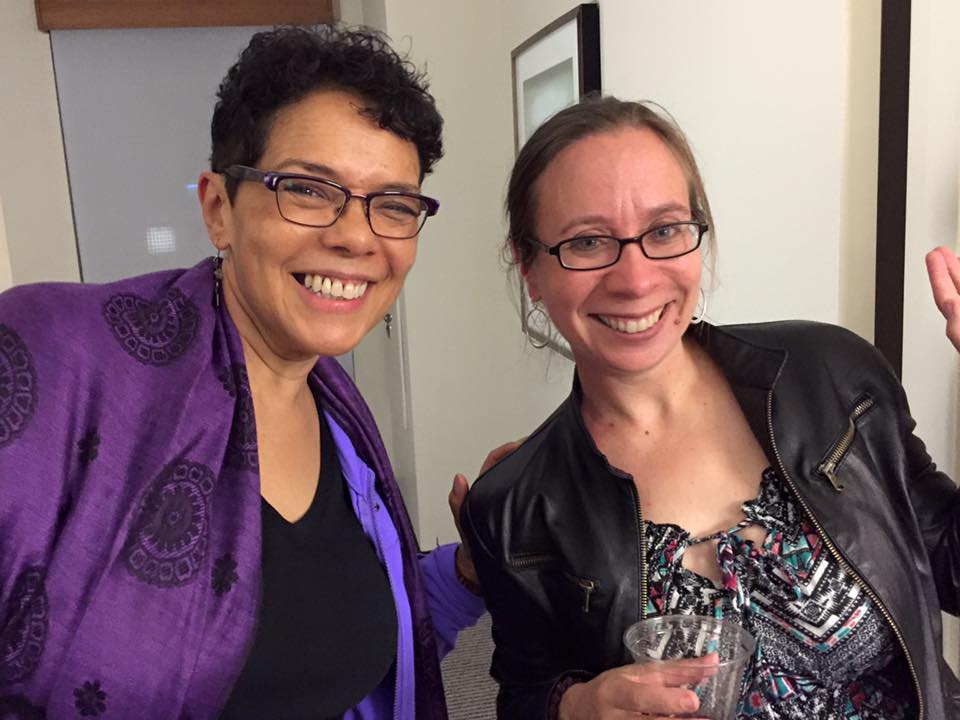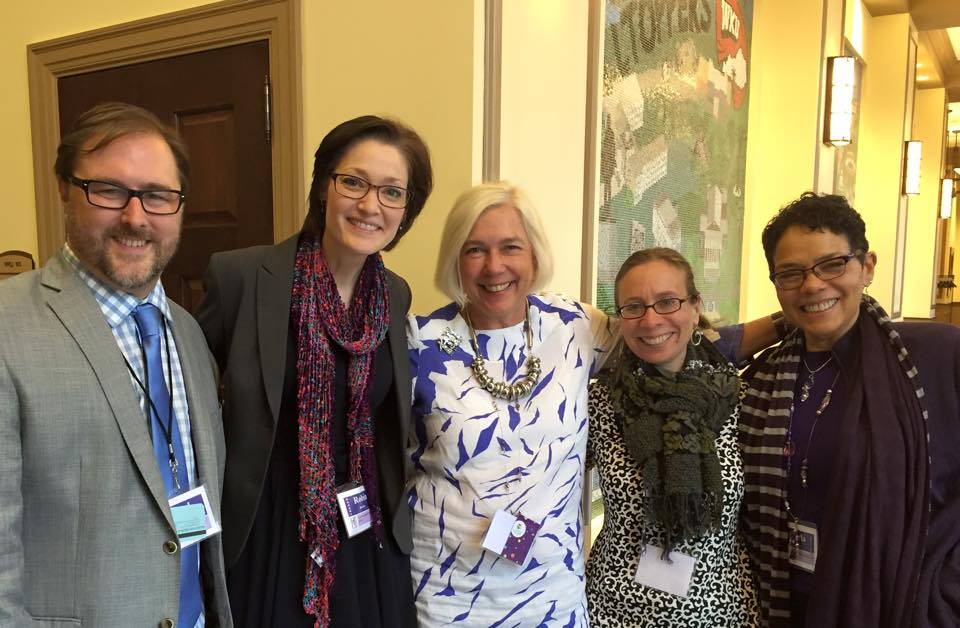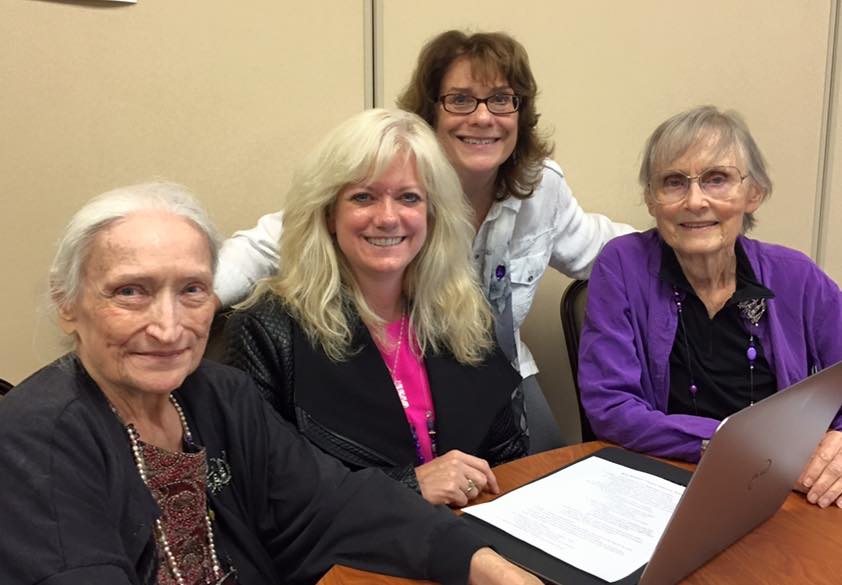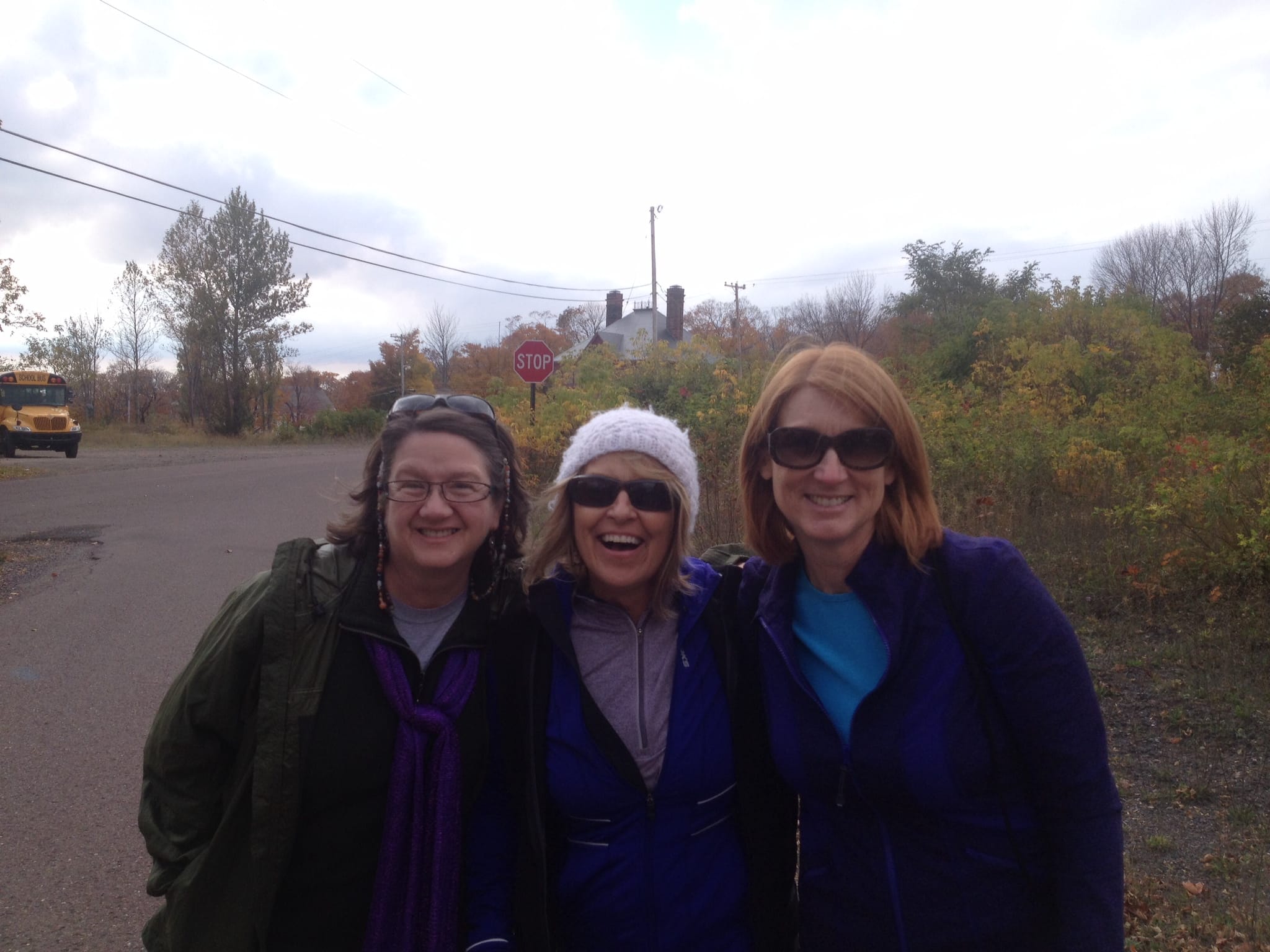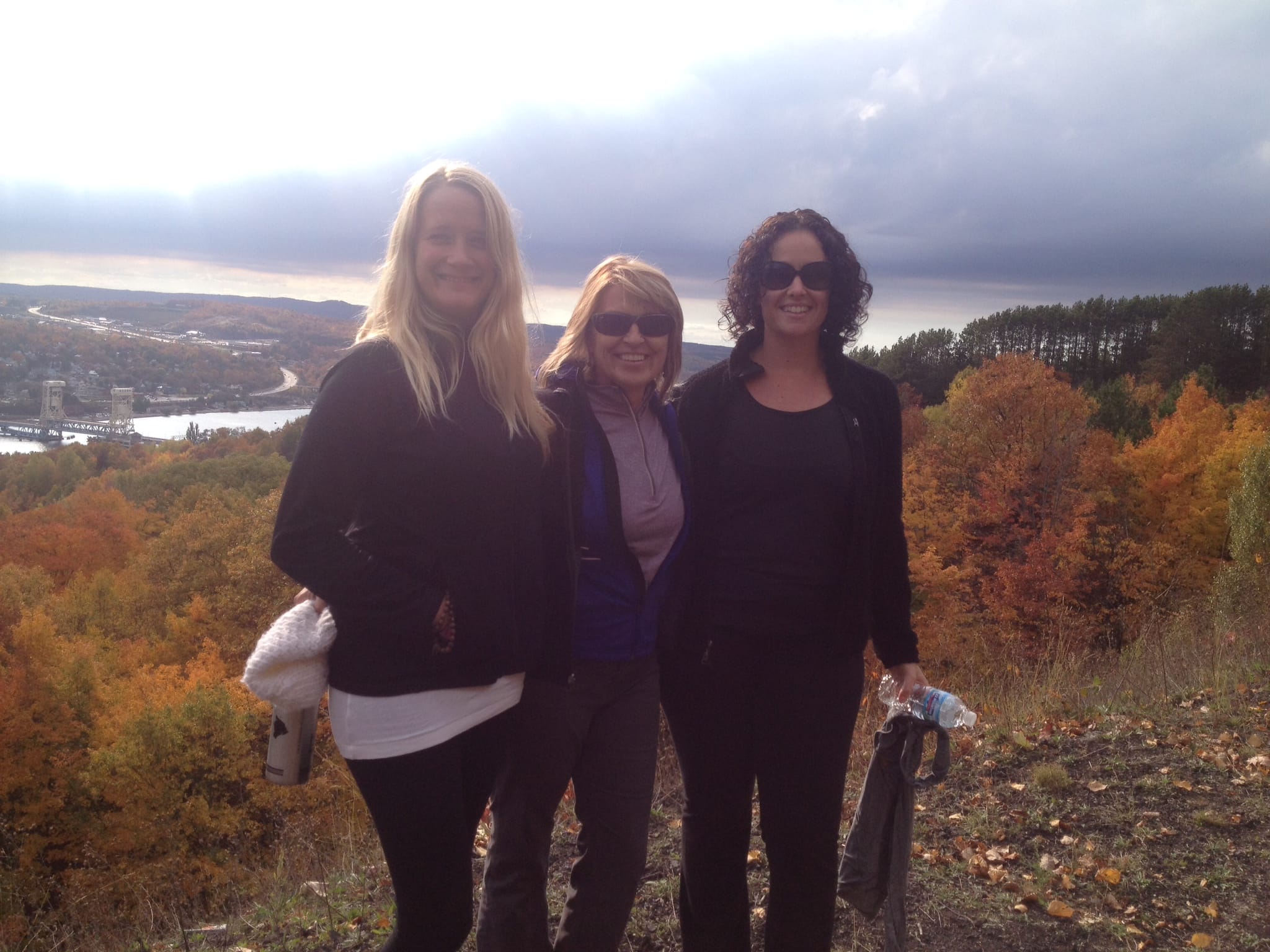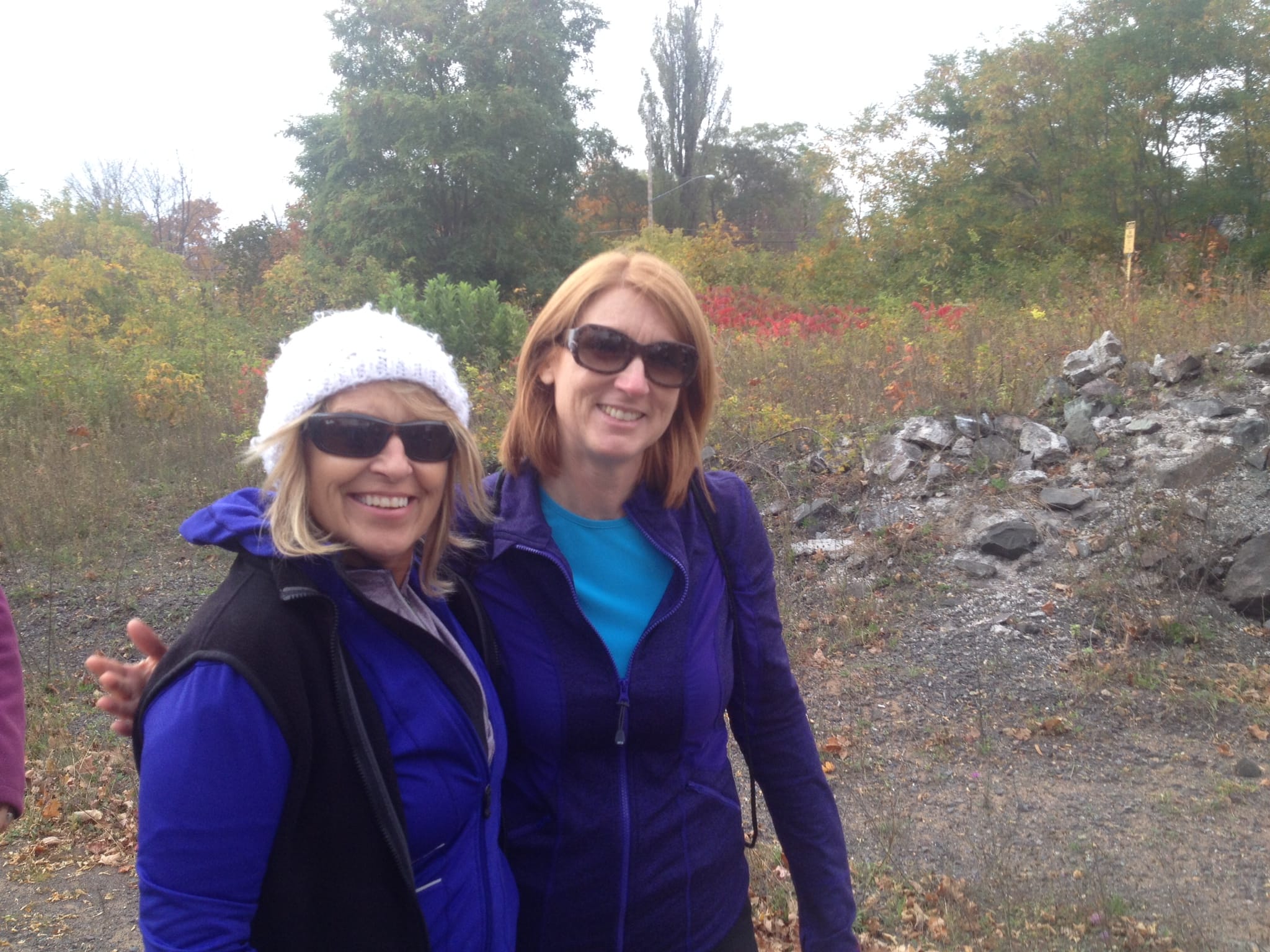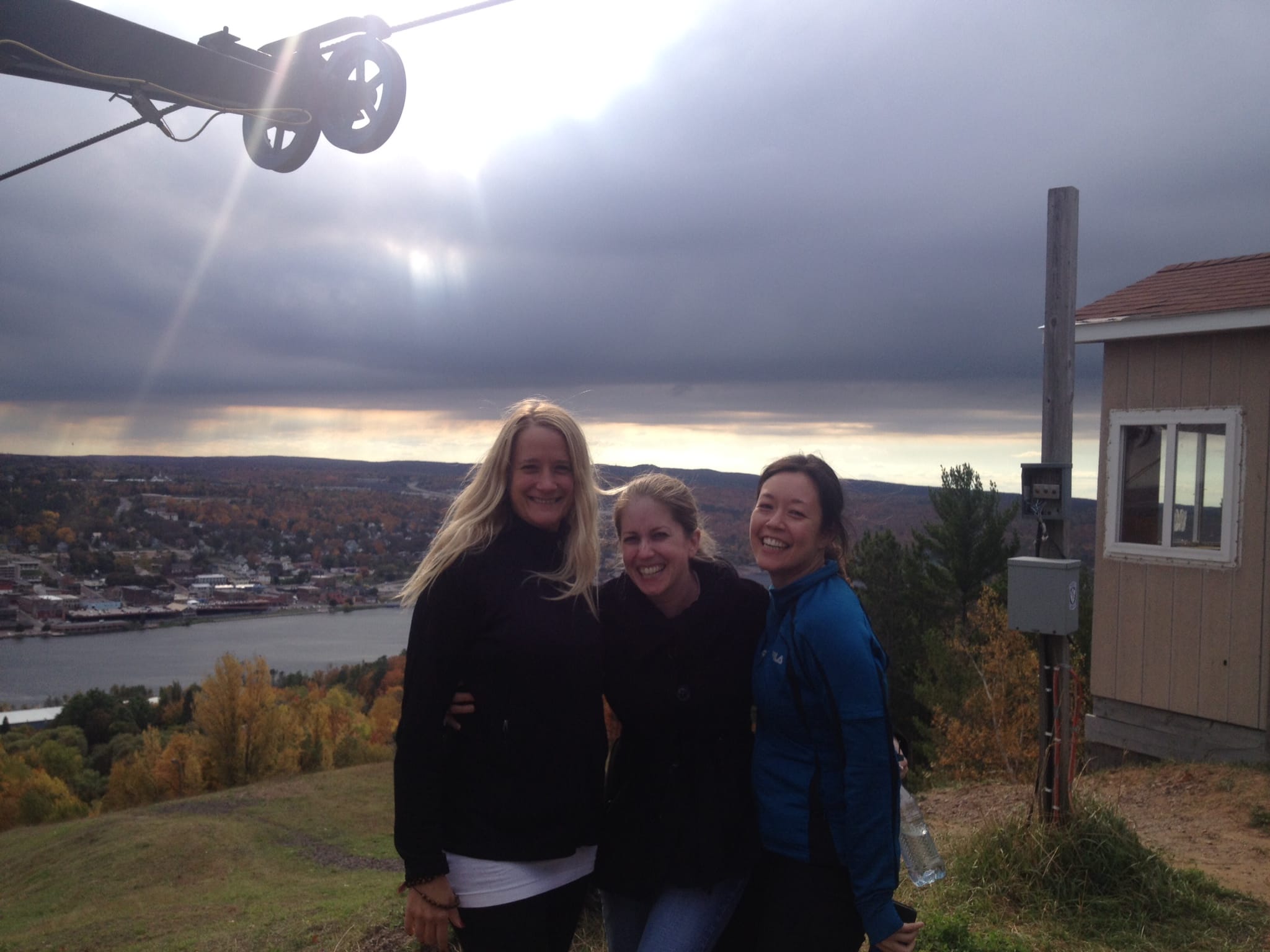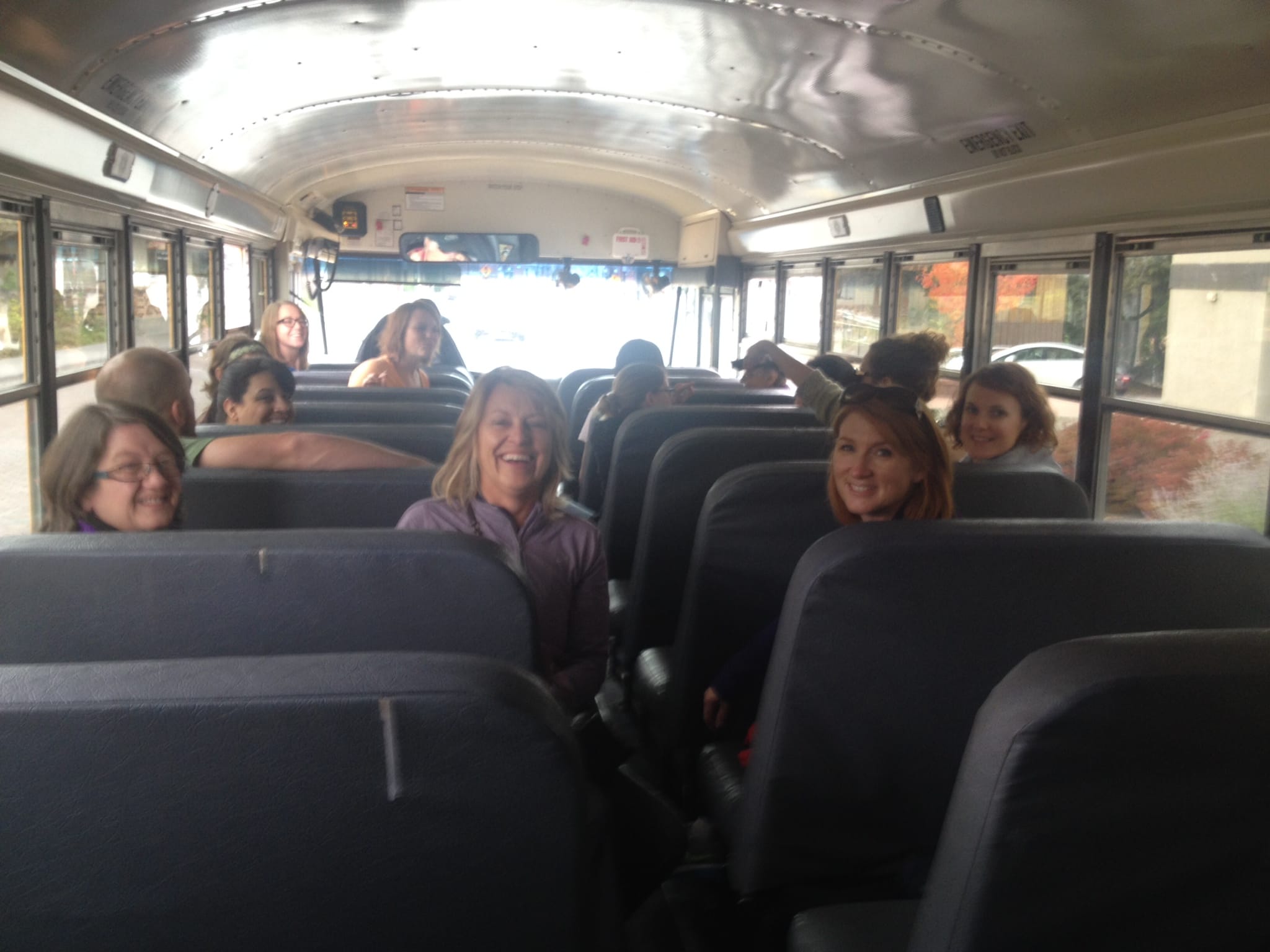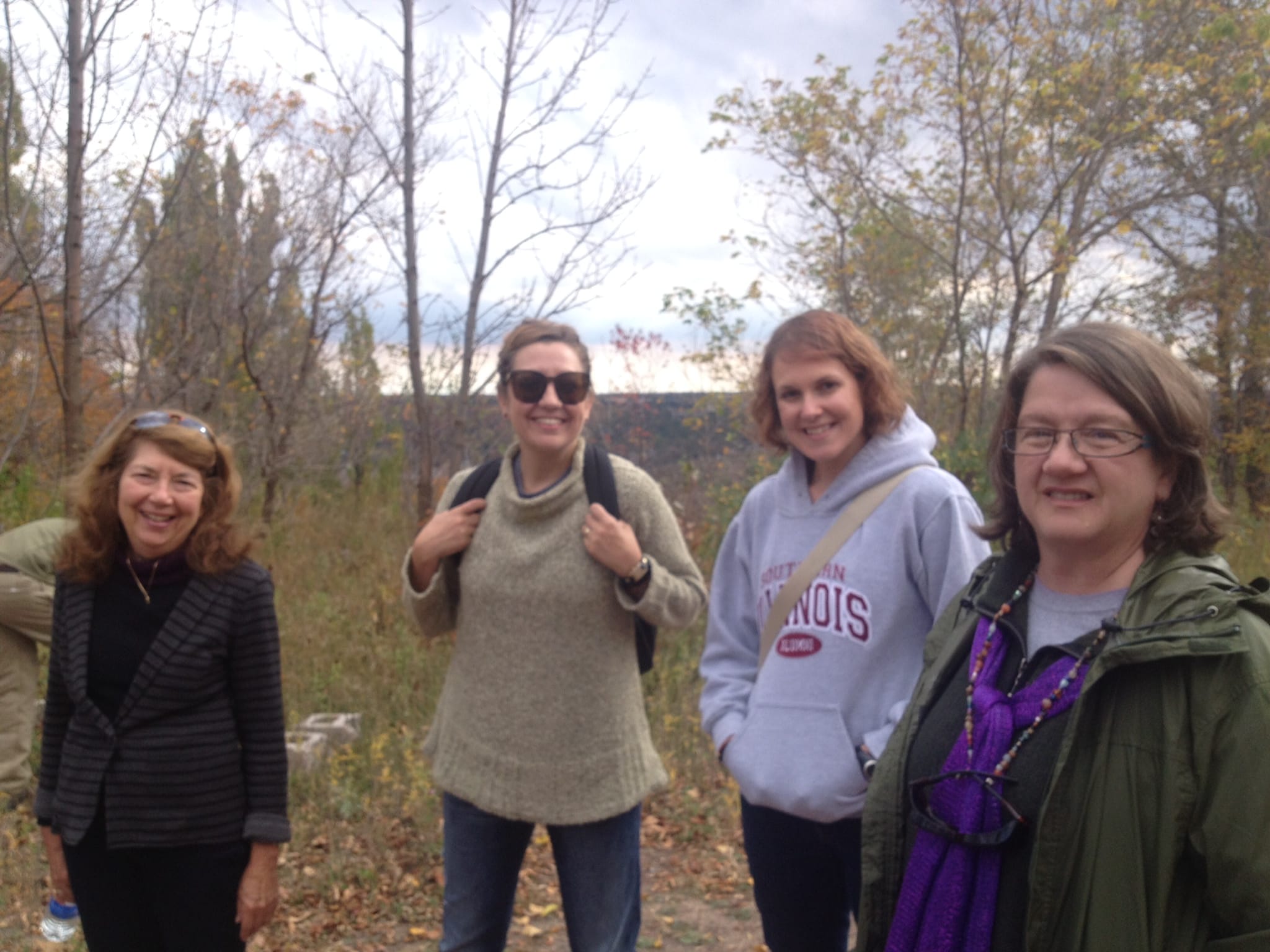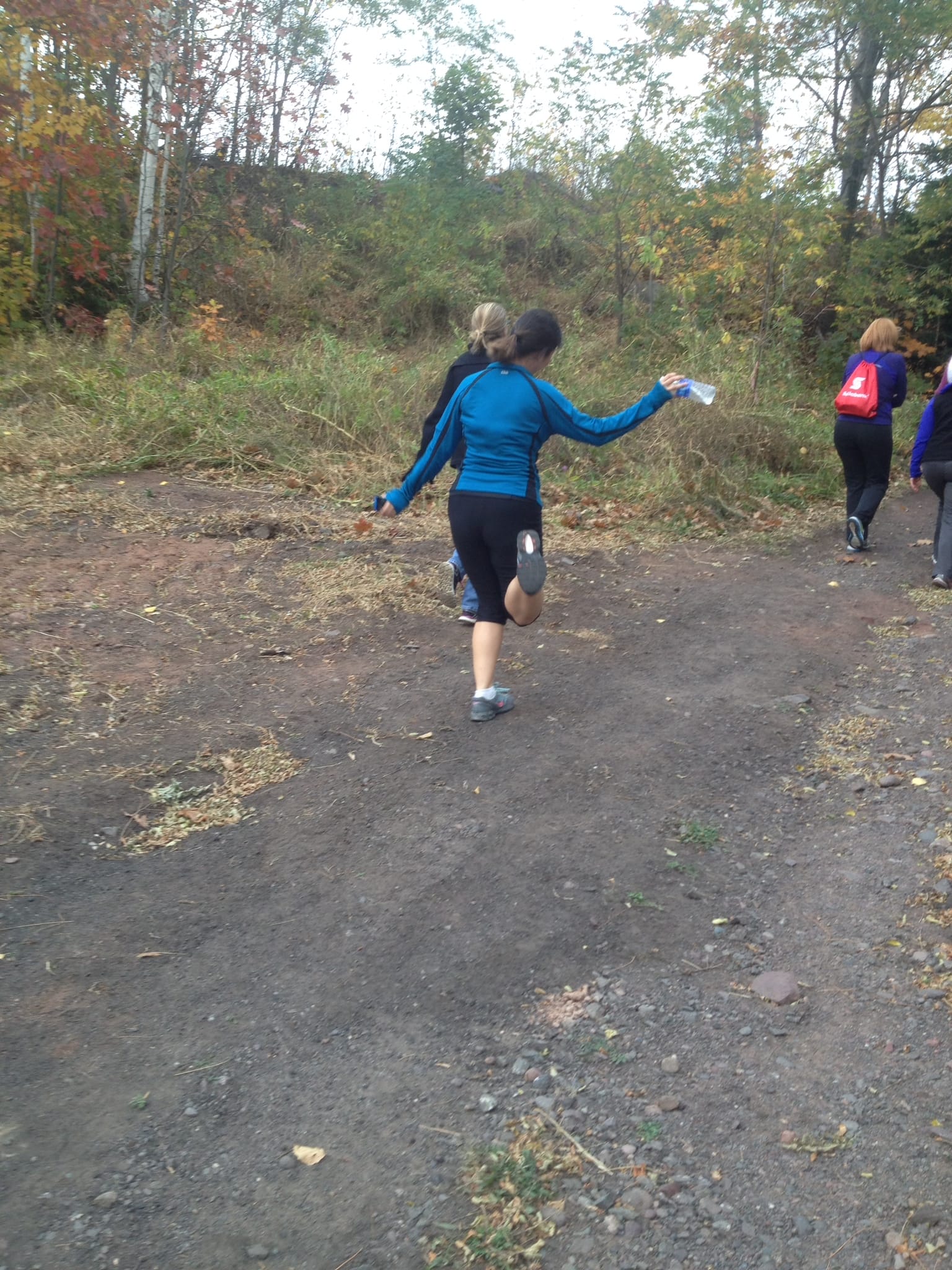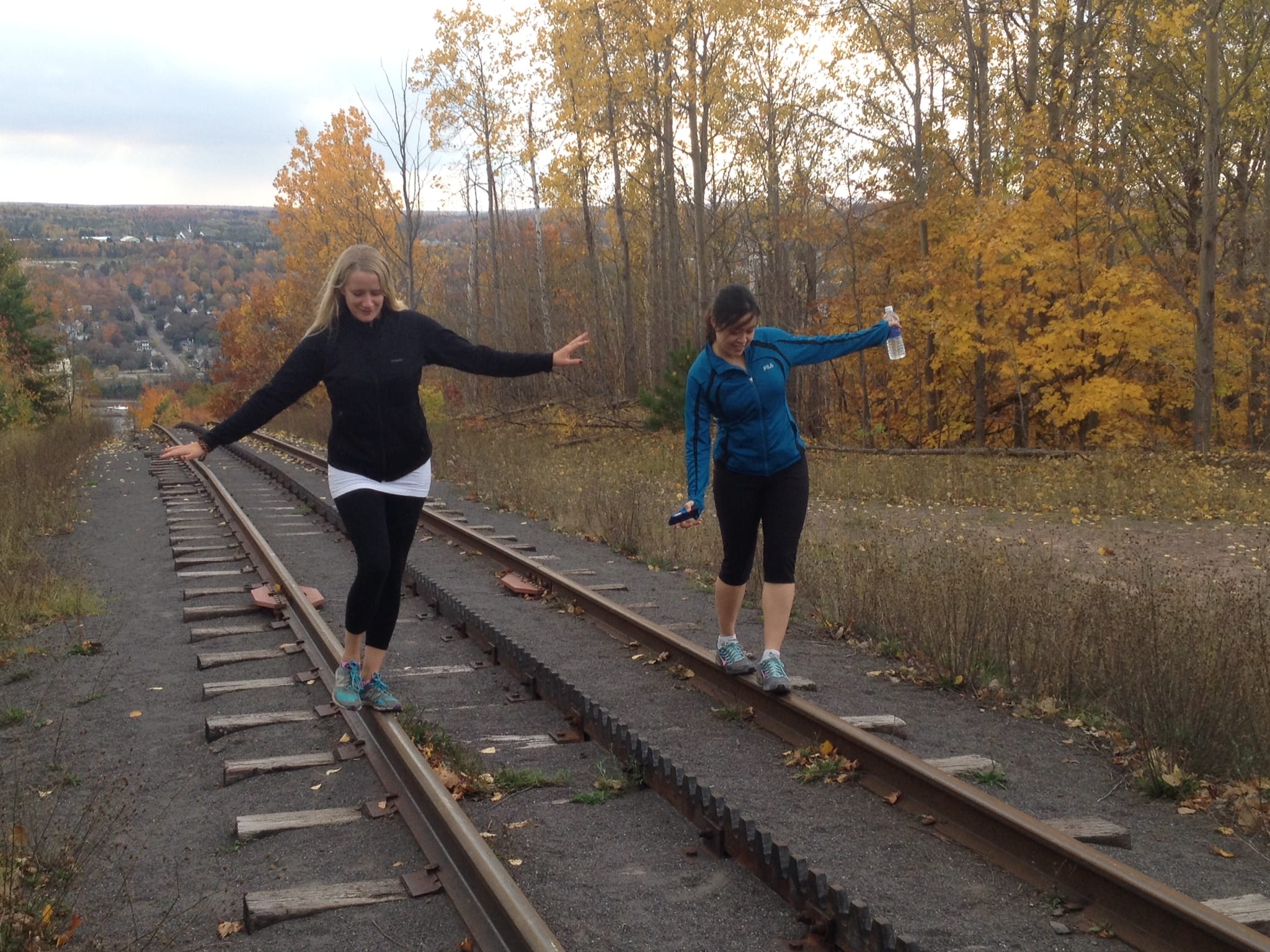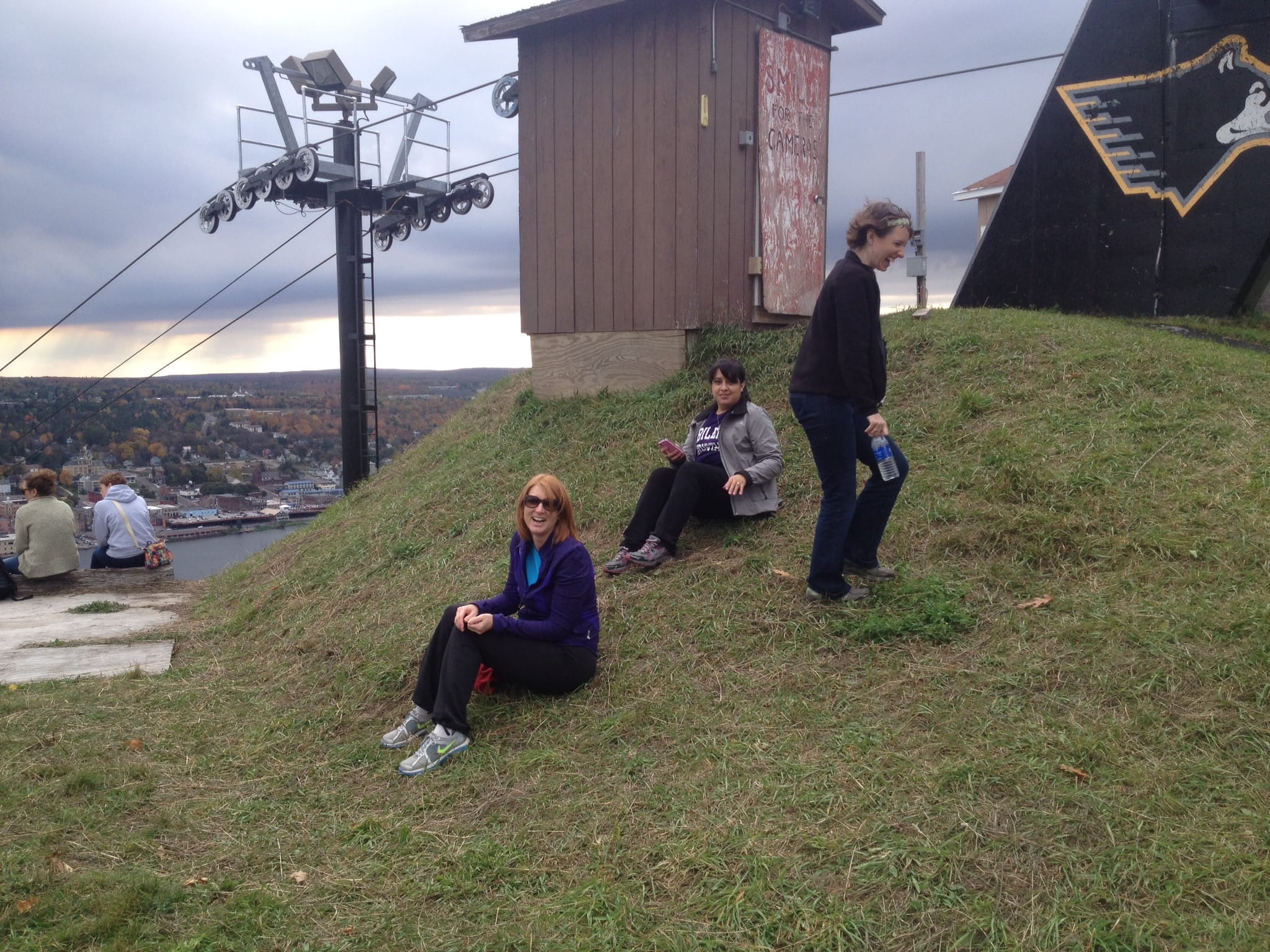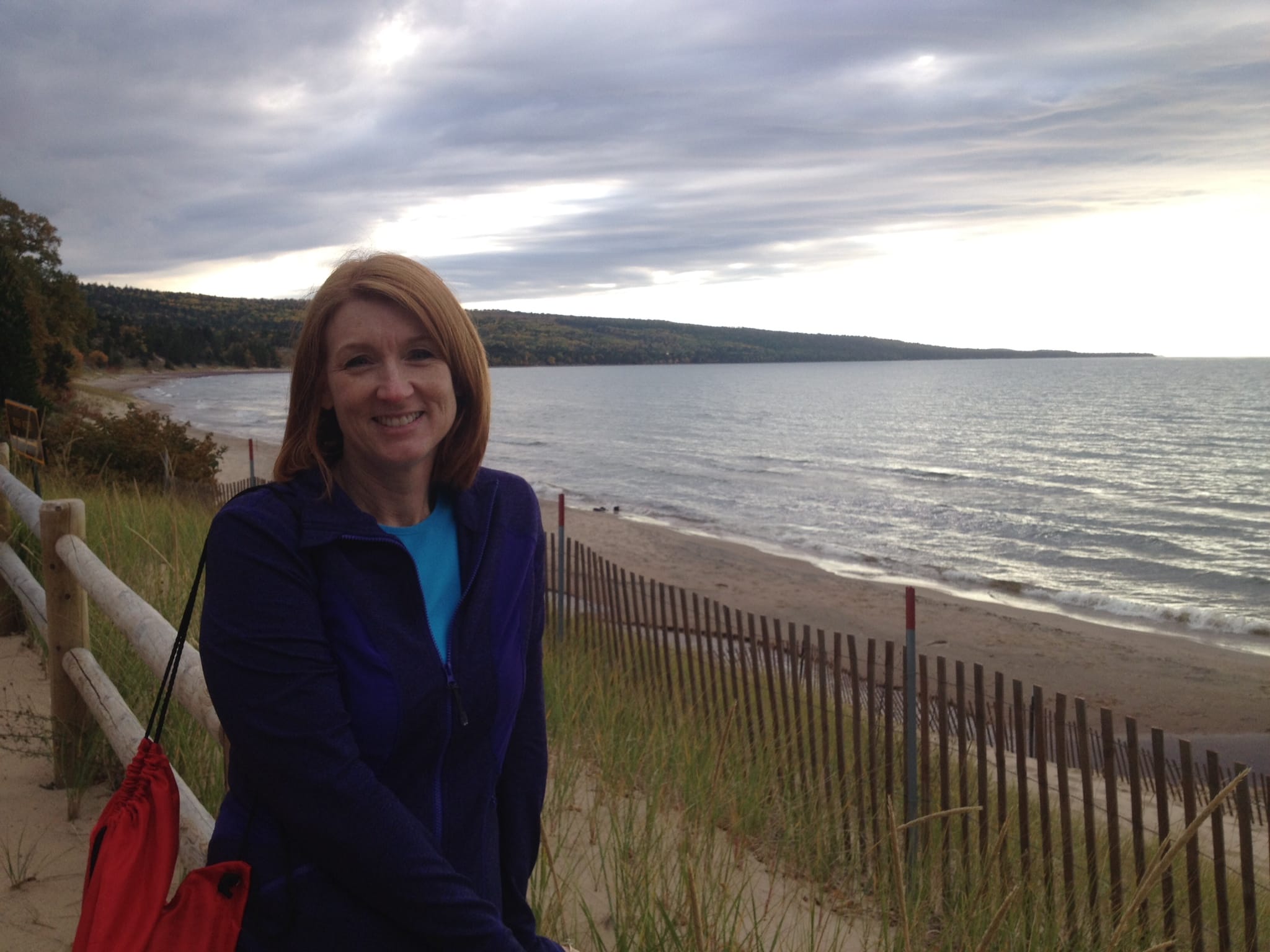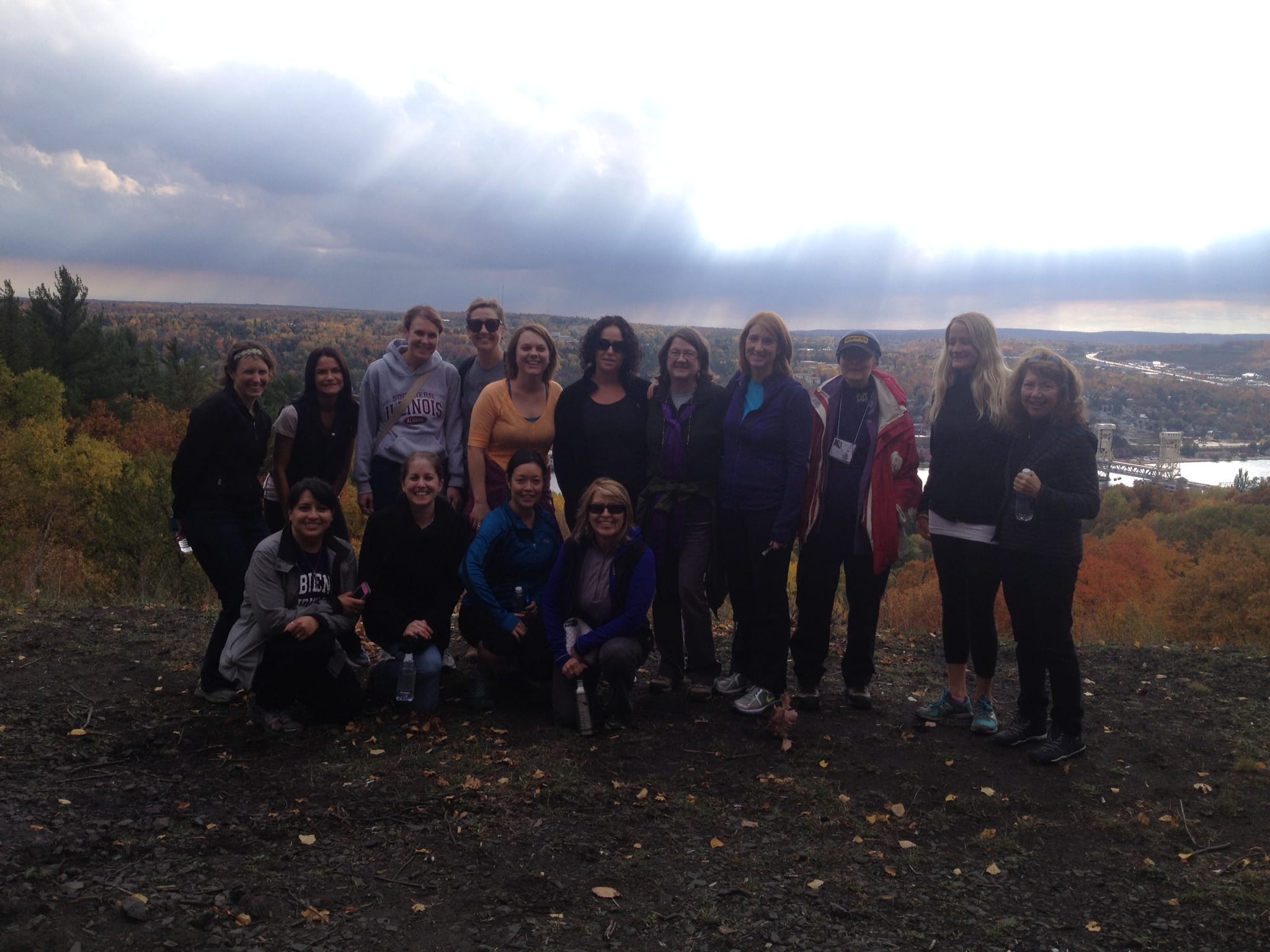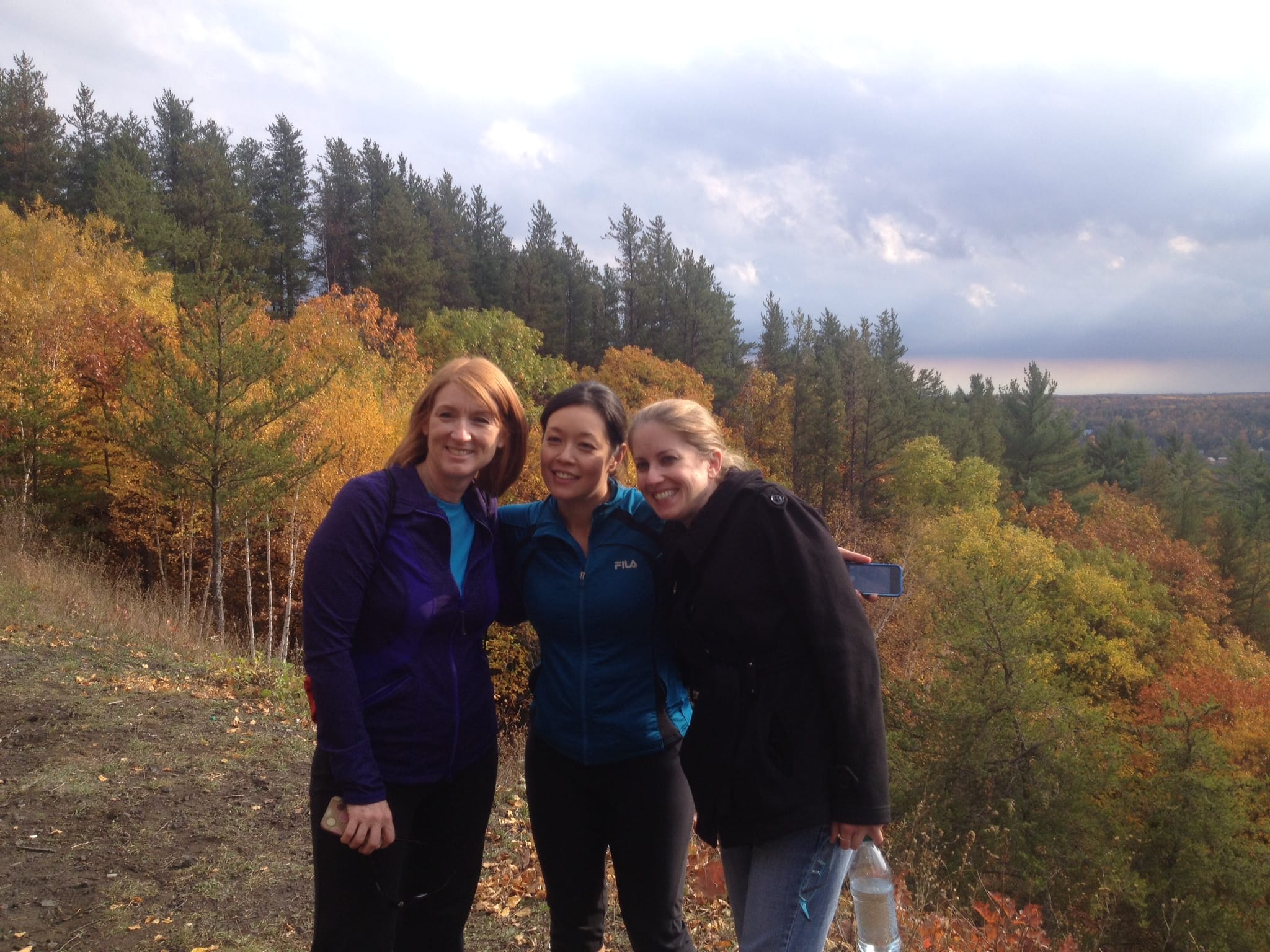Future Conferences

We’re always looking for new and exciting locations

Past Conferences
Join us at the 2025 OSCLG conference, which will convene at the Peabody Hotel in Memphis, TN. The conference will feature interdisciplinary scholarship, performances, and activism around the theme of Muddy Waters. Being a few blocks away from the Mississippi River, this theme reminds us that our feminist work is not easy. Our next steps forward are not always clear. But our conviction keeps us moving. So, we find a way through even still.
Leaving the reenergizing springs of the feminist frontier, we wade out into the deep. With every step, we see the ripples of our hard work flow into the waters of scholarship. Just like Farias and Chuang (2014), we know that “it is because those waters are changed through our actions that we must continue accepting new and challenging opportunities. In doing so, we accept the expectations that our changes open new and hopefully more just ways of moving through these complex social systems” (p. 77).
Through the theme of Muddy Waters, we will explore the messiness of scholarly inquiry, the ebbs and flows of engaging in social change, the murkiness of the current political climate on feminist scholarship, and more. We invite submissions of papers, extended abstracts, panel sessions, roundtable discussion, creative projects, and performances that address any aspect of communication, language, and gender, and especially those based in intersectionality, trans-inclusivity, transnational feminism, and advocacy. We ask that individuals not exceed being included on more than two submissions. All submissions are due June 15, 2025, with decisions about acceptance expected by the end of July.
Farias, S. K., & Chuang, H.-Y. (S.) (2014). Special issue introduction: Coming to terms in the muddy waters of qualitative inquiry in communication studies. Kaleidoscope: A Graduate Journal of Qualitative Communication Research, 13, Article 6. http://opensiuc.lib.siu.edu/kaleidoscope/vol13/iss1/6
Otterbein University Department of Communication, Rockhurst University College of Business and Technology, and Saint Louis University Department of Communication.
Join us at the 2024 OSCLG conference, which will convene at the Elms Hotel and Spa, just north of Kansas City, MO. The conference will feature interdisciplinary scholarship, performances, and activism around the theme of The Feminist Frontier: Reimagining and Reenergizing for the Future. As we pivot from Failure, we are faced with a feminist frontier that allows us to choose our next path towards the future for our scholarship and careers. This location is perfect for determining which path to take to reimagine the future of our scholarship, careers, and even with OSCLG while reenergizing our minds and bodies.
The 2024 OSCLG conference will explore reimagining and reenergizing and all the opportunities of the Feminist Frontier through various scholarly lenses. Topics may include but are not limited to reimagining and reenergizing discussions of gender, race, sexuality, ability, and the effects of pivoting from failure to exploring the future. Pivoting to the frontier ahead, topics emerge about how we can reemerge from the ashes of failure with opportunities to reflect on what does or does not still succeed in the ever-evolving landscape of feminist scholarship, feminist teachers, and feminists in life.
We invite you to reimagine and reenergize with us in Excelsior Springs, as we are faced with the choice of which path we will take into the new Feminist Frontier.
Towson University and Northern Kentucky University are co-sponsors in planning the 2023 OSCLG conference, which will convene at the Sheraton Norfolk Waterside Hotel. The conference will feature interdisciplinary scholarship, performances, and activism around the theme of Failure. As Berlant notes in her explanation of cruel optimism, our lives are shaped through attachments to ideas or objects that move us forward towards an imagined ideal life. As we grow up, these ideas and objects drive our goals or paralyze us with fear. They shape our everyday performances of self, and our expectations of others. Our paths are charted by the cruel optimism of possibility for a better life, a happier life, a richer life. These ideas and objects, though, are cruel because they don’t really exist, and ignore the implications of race, class, ability, sexuality, or gender in the hope of imagining a bright and shiny utopian futurity. We are doomed to never attain this ideal. We are doomed to fail. However, following Sedgewick, a reparative reading of failure recovers possibility within the cruelty. For OSCLG 2023, we invite submissions that explore failure and all the emergent reparative possibilities within it through various lenses. Topics may include but are not limited to the following: the failure of race/nation/hetero/homo/ability normativity, failure in communication at both macro and micro levels, ways in which the intersections of life create more opportunities for failure and/or for the witnessing of failure, the effects of our failure as scholars and teachers, the ways that our failures reshape our lived experiences, the vulnerability of failure, or an exploration of how we recover from failure. We invite you to embrace failure with us in Norfolk.
OSCLG Program 2023
Minnesota State University, Mankato and University of Southern Indiana are co-sponsors in planning the 2022 OSCLG conference, which will convene at the Marriott Minneapolis City Center September 28 – October 2. The conference will feature interdisciplinary scholarship, performances, and activism around the theme of Movement(s). Centering the ways communication theories and methodologies attend to human movement feels appropriate for our venue, as George Floyd’s murder in May 2020 by Minneapolis police officers fanned the flames of the growing Black Lives Matter movement and incited nationwide calls and protests for racial justice.
Topics may include but are not limited to social and environmental justice movements, movements of the body, refugee and migrant movements, communication trends, evolutions in communication technologies. Scholars could also consider how communication moves others, as well as how the intersectional nature of our work moves toward meaningful change in the populations we study.OSCLG Program
Christopher Newport University and Ball State University are co-sponsors in planning the 2021 OSCLG conference, which will convene at the Sheraton Norfolk Waterside Hotel Oct. 6-10. The conference will feature interdisciplinary scholarship, performances, and activism around the theme of Witnessing. Topics may include but are not limited to the following: how do communication theories and methodologies invite us to witness and observe humans and humanity; in what ways do intersectional ways of knowing bear witness to vulnerability; how does the interdisciplinary nature of our work move beyond witnessing trauma and suffering to intervene in oppression, and moreover to invite healing and reconciliation.
To navigate means to direct, aim, or plan a route. For almost half a decade, OSCLG has challenged gender scholars and the communication discipline to invite new, more fluid ways of knowing and being. For this year’s conference we are interested in how communication helps us navigate and challenge the intersections of vulnerability and privilege, of precarity and security, of pain and joy, of critique and celebration. We invite proposals that illuminate how marginalized communities navigate within spaces and places that privilege particular bodies more than others. How can we as an academic community that crosses disciplinary boundaries direct attention to the meaning of privilege? In what ways do language and communication provide opportunities for disrupting privilege? How do communication and language confine us within particular privileges of intersectional gender norms? What tools do communication and language provide to navigate the margins of privilege? What privileges have historically bound our discipline? How can scholarship, pedagogy, and mentorship provide safe pathways through precarious institutional terrains?
OSCLG is faced with a unique opportunity to showcase the rich scholarship and activism about gender and its intersections within the communication discipline, which is reckoning with its own systemic oppression that has historically privileged binaristic, masculine, Western ways of knowing (and working), heteronormativity, whiteness, and able-bodiedness, among other markers of privilege. We strongly encourage proposals rooted in citational politics that cross these normative boundaries. Academia is a privileged space, yet increasingly under threat. How do we channel this privilege in our scholarship? In our classrooms? Language about gender by public officials and others with privilege is overwhelmingly divisive and binary. How can we turn that privilege on its head to explore empowering possibilities that privilege affords? We look forward to navigating these topics with you in the seaport city of Norfolk, Virginia, in a place where navigation is central.
For more than four decades, OSCLG has brought together students, scholars, activists, artists, and practitioners interested in gender and language and committed to feminist principles. Masculinities have functioned, over that time, as a consistent object of critique, debate, conversation, and rumination–sometimes marked explicitly as such, but most of the time functioning in the background of analyses that center feminisms, women’s experiences, and critiques of femininities. OSCLG 2019 proposes bringing masculinities into sharp focus as the conference theme–not to displace scholarship about feminisms, women’s lives, and femininities, but to name and interrogate the operation of masculinities at work in the shadows of scholarship and activism around gender. From political candidates bragging about sexual assault to public figures facing accusations of sexual harassment, the problems of toxic and hegemonic masculinities have loomed large in the popular imaginary over the last few years. Moreover, toxic and hegemonic masculinities lie behind many of the problems commonly addressed in feminist scholarship: gender violence (a physical manifestation of toxic masculinity),reproductive justice (resisting masculinist efforts to control others’ bodies), homophobia and transphobia (expressions of cultural policing of “proper” masculinity), and intersectional critiques that articulate awareness of the interaction of masculinities with other systems of power that produce inequality for people, such as nationality, race, class, physical and mental (dis)ability, religion, size, or economic status.
In February of 2017, Senator Elizabeth Warren read the words of Coretta Scott King on the Senate floor to oppose the selection of Jeff Sessions as U.S. Attorney General. Senate majority leader Mitch McConnell stopped her from finishing the speech. Ultimately, the senate voted to force Warren to cease her dialogue of opposition to Sessions’ appointment. McConnell later remarked of the situation, “She was warned. She was given an explanation. Nevertheless, she persisted.”
Warren, like so many social justice advocates before her, was silenced. Nevertheless, she persisted.
The United States is in a period of widespread silencing. In just the last year, protests of unsafe drinking water have been met with tear gas; national park employees, environmentalists, and scientists have been ordered to stop communicating publically. Advocates for gun control are silenced even as mass shootings continue. Expressed dissent to political power is labeled as “fake news.” DREAMers, Muslims, Trans military members, women, black bodies, the LGBTQ+ community, Latina/o/x communities, rape survivors, and immigrants have all been systematically silenced.
During this difficult time and despite such restrictions, advocates and allies persist and resist. The Organization for the Study of Communication, Language, and Gender calls for scholars and practitioners across a variety of academic disciplines, artistic practices, and research approaches to contribute papers, roundtable discussions, creative presentations, and other forms of dialogue that take up a calling to resist inequality in its many forms. We seek projects that demonstrate the value of persisting to work for equality and equity and resisting violent, racist, homophobic, transphobic, xenophobic, and sexist language and action during this tension-filled political moment.
As scholars and activists, we also have encountered diverse and systemic silencing. Nevertheless, we persist.
The Organization for the Study of Communication, Language, and Gender (OSCLG) invites scholars, artists, teachers, consultants, and activists to celebrate 40 years of gathering to imagine a better world through feminist thinking and practices.
OSCLG has grown from a series of interdisciplinary conferences that began at Bowling Green State University in 1978 to become a well established interdisciplinary and international feminist organization that fosters the presentation of research, creative projects, and activism in the areas of communication, language, and gender and advances feminist values in the academy and our communities. This year we celebrate four decades of feminisms; forty years of valuing, conceptualizing, and practicing equality across differences.
“Forty” is thought to represent a time of renewal after a period of trial and tribulation, a season of regeneration. We call for scholars across academic disciplines, communities of practice, and research approaches to celebrate where we have been and imagine where we can go as feminists in our work, families, communities, and, indeed, the world. Let’s use our history to envision a better tomorrow across multiple contexts (social, political, economic, legal, and more). We encourage papers that explore multiple waves or decades of feminist history/practices, address how to use our his/her/hir-stories to improve our futures, and raise questions about conceptual foundations that need to be challenged to move forward in inclusive, collaborative, and productive ways.
The Organization for the Study of Communication, Language, and Gender invites scholars, artists, teachers, and activists to gather as a chorus of transgressive voices at the 2016 conference.
Despite decades of activism, resistance, and education, both feminists and gender outlaws continue to experience personal, political, institutional, and cultural resistance to rights, recognition, and respect. In the face of these inequalities and disparities, it is evident from recent critiques that the faith of academics and intellectuals to find answers about these problems via feminist, gender, and queer studies is waning. These skeptical attitudes, combined with publics that continue to defund higher education and question the worth of non-scientific research, indicate that a fight for survival might lie ahead. As part of this battle, transgression might be in order.
We call for scholars across a variety of academic disciplines, artistic practices, and research approaches to develop new paths of intellectual inquiry: What longstanding debates must be reshuffled? What conceptual formations have remained unchallenged too long? What taboo topics have we avoided? What contradictions in values have we ignored? Who has been left out of the conversation? And how do we make a difference beyond talking to each other in small rooms?
Let’s forget what we’re supposed to say and infuse our conversation with imaginative, provocative, and evocative ideas. Let’s inspire each other with bold cross-fertilizations of concepts, principles, and practices. Let’s forget disciplinary rules, aesthetic genres, and the same old tropes
Let’s transgress.
Western Kentucky University will be hosting OSCLG 2015 on campus in the beautiful, rolling hills of Bowling Green, Kentucky. We welcome submissions of papers, panels, performances, and workshops around the broad theme of communication, and sexuality. The theme includes a range of timely and relevant issues including healthy sexual communication, sexual assault on campus, gender and sexuality in the media, rape culture in education, workplace romance, abortion and birth control access and rights, sexual orientation and identity, and…
The Organization for the Study of Communication, Language, and Gender (OSCLG) provides a forum for professional discussion, presentation of research, and demonstration of creative projects in the areas of communication, language, and gender. OSCLG promotes recognition of those doing work in this area. Members of OSCLG believe that interaction across a wide spectrum of disciplines fosters more insightful discussion of the issues of language, gender, and communication.
Western Kentucky University is located one hour north of Nashville, TN atop a hill that once held a civil war fort (first occupied by the South, then the North), WKU’s campus features green spaces and sculptures among its historic red brick buildings. The conference hotel will be new and well-appointed, costing about $139 a night. The closest airport is Nashville, TN. Details of the conference schedule, location, accommodation, will be posted soon on the Hotel and Travel Information tab.
OSCLG’s 37th Annual Meeting was hosted by Santa Clara University in the vibrant technology center of Silicon Valley, situated in the beautiful San Francisco Bay Area. The theme of the conference was (En)gendering Technologies, including broad considerations of gender and intersectionality. Laura Ellingson was the conference planner and you can view the final conference program available
The Organization for the Study of Communication, Language, and Gender (OSCLG) invites submissions for the 36th Annual Conference. The conference theme brings together three richly productive feminist problematics: feminist interdisciplinarity, gender and technology, and feminist perspectives on the natural environment. We invite submissions that address issues of interdisciplinarity, develop interdisciplinary projects, or reflect on the nature of interdisciplinary feminist communities and concepts. In addition, we encourage submissions that examine issues of technology and/or the natural environment using interdisciplinary approaches or that lend themselves to dialogue with others from differing perspectives. This theme is inspired by the interdisciplinarities that characterize research and teaching at Michigan Technological University, a research university emphasizing the sciences yet with a strong humanities and arts presence.
Submissions are invited for presentations in oral or multimodal formats including papers, posters, panels, and performances that address all aspects of communication, language, and gender.
The Organization for the Study of Communication, Language and Gender [OSCLG] provides an interdisciplinary forum for discussion, presentation of research, and demonstration of creative projects in the areas of communication, language and gender. OSCLG promotes recognition of those doing work in this area and seeks to attract new scholars whose research may contribute to the development of language, communication and gender studies.
This conference explores all the dimensions of gender as performance, ranging from the obvious elements of stage and mass media to everyday life. As the home of some of the nation’s best regional theatre, the birthplace of improv, the site of passionate street action, a touchstone for performance studies and one of the most diverse metropolitan areas in the world , the Chicago area is a perfect place to discuss the central question: How is gender performed? Papers, panels, round table discussions and, of course, performances using theoretical, critical, cultural and performative perspectives are welcomed.
The Organization for the Study of Communication, Language, and Gender (OSCLG) provides an interdisciplinary forum for discussion, presentation of research, and demonstration of creative projects in the areas of communication, language, and gender. OSCLG promotes recognition of those doing work in this area and seeks to attract new scholars whose research may contribute to the development of language, communication and gender studies.
Our conference theme engages one of the oldest questions in philosophy: What is the best life for a human being? At this year’s conference, we hope to provide a forum for discussion about how one finds and maintains the good life both within and outside of the academy. We invite submissions that explore the intersections of language, gender, and conceptions of the good life, particularly in the context of contemporary concerns about economic recession, work-life issues and stress arising from time scarcity, the rise of consumer culture (including the commodification of health and wellness), environmentalism, and the shift toward a “greener” society. Presentations that make use of critical, cultural, and other theoretical perspectives in order to question normative assumptions about what constitutes a good life are also encouraged.
Individuals can contribute to the conference in several ways. First, we invite individual proposals or papers related to the conference theme of The Good Life. Secondly, we encourage submissions related to the OSCLG mission and to various content areas of communication, language and gender. In addition to single-authored and co-authored papers, we also welcome proposals for panels, for creative presentations, and round table discussions featuring discussion and interaction among conference participants. Proposals for children’s programming, for example child/adult discussions of gender, parenting and adolescence are also invited.
The Organization for the Study of Communication, Language, and Gender (OSCLG) provides a forum for professional discussion, presentation of research, and demonstration of creative projects in the areas of communication, language, and gender. OSCLG promotes recognition of those doing work in this area. Members of OSCLG believe that interaction across a wide spectrum of disciplines fosters more insightful discussion of the issues of language, gender, and communication. OSCLG seeks contributions from teachers, consultants and practitioners as well as researchers.
The theme for the 2009 conference is Social Justice and Diversity by the Sea: Spirituality, Creativity, and Activism. Loyola Marymount University, a Jesuit institution espousing a commitment to the education of the whole person, the service of faith, and the promotion of justice, is hosting the event. Hence, the conference theme resonates with both LMU’s values and those embodied and enacted in the theoretical and political underpinnings of OSCLG. The purpose of the conference is to create a space for social justice and diversity through discourses of spirituality, service, activism and creativity. Los Angeles is a center of cultural diversity and grassroots activism—a hot spot for social justice and change initiatives, as well as home to social activist groups such as Code Pink and Power up, labor organizations, such as the United Farm Workers and Unite Here, and the nonprofit organizations focusing on “back to work” alternatives to gang violence, such as Home Boy and Home Girl Industries, just to name a few.
Stay Connected
Joining the OSCLG list-serve is a way to receive updates about OSCLG events, research opportunities, job postings, and more. To join OSCLG list-serve, email Patty Sotirin at pjsotiri@mtu.edu. This is an opt-in list-serve, meaning that you must subscribe to it individually (you will not be automatically added when you join OSCLG). Also, if your email changes, please be sure to update it with Patty. If you would like to post to the list-serve, you can just send an email to osclg-l@mtu.edu.

